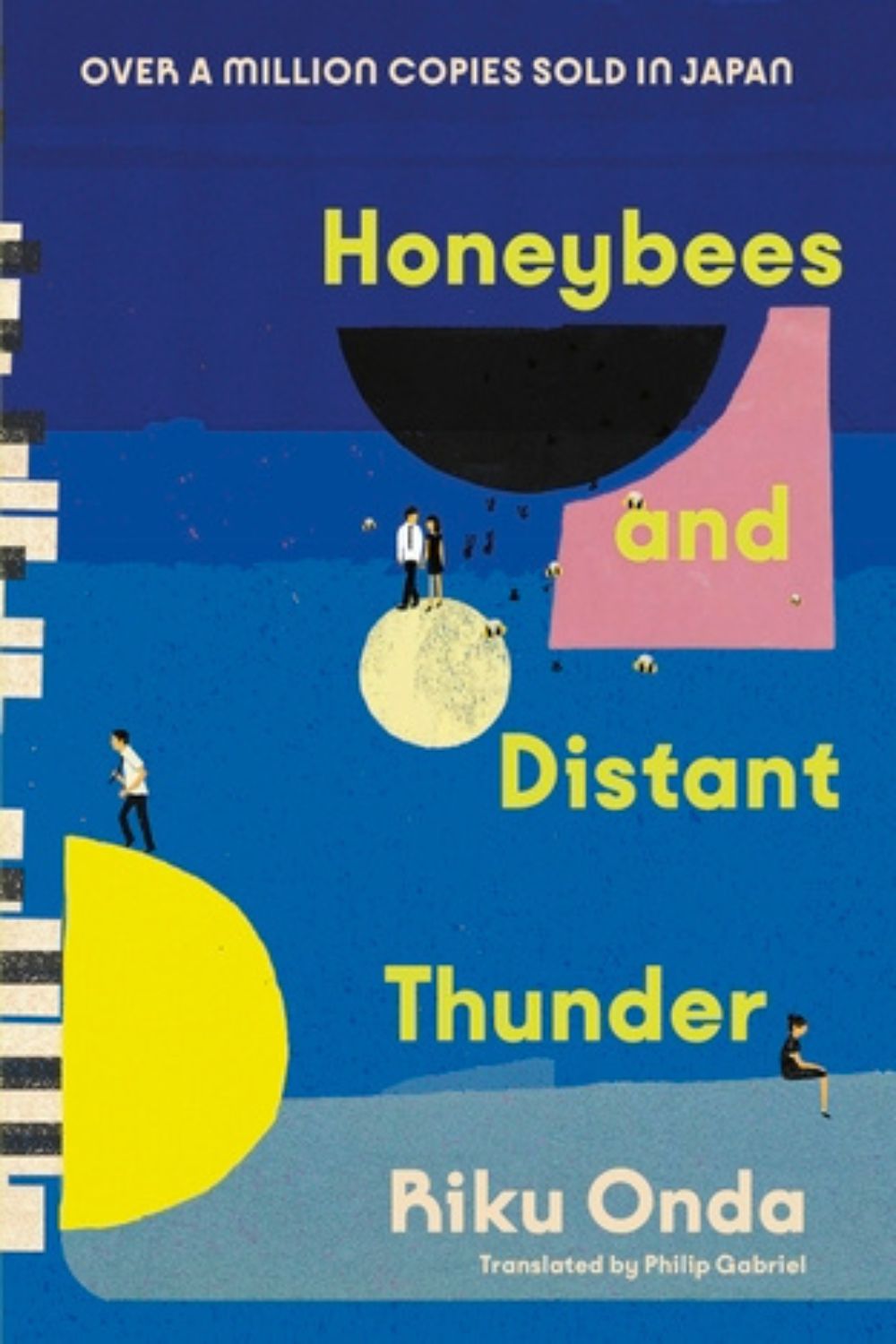Best books of 2023: The Marie Claire reading list of the must-reads and page-turners
Chosen by a book-obsessed writer

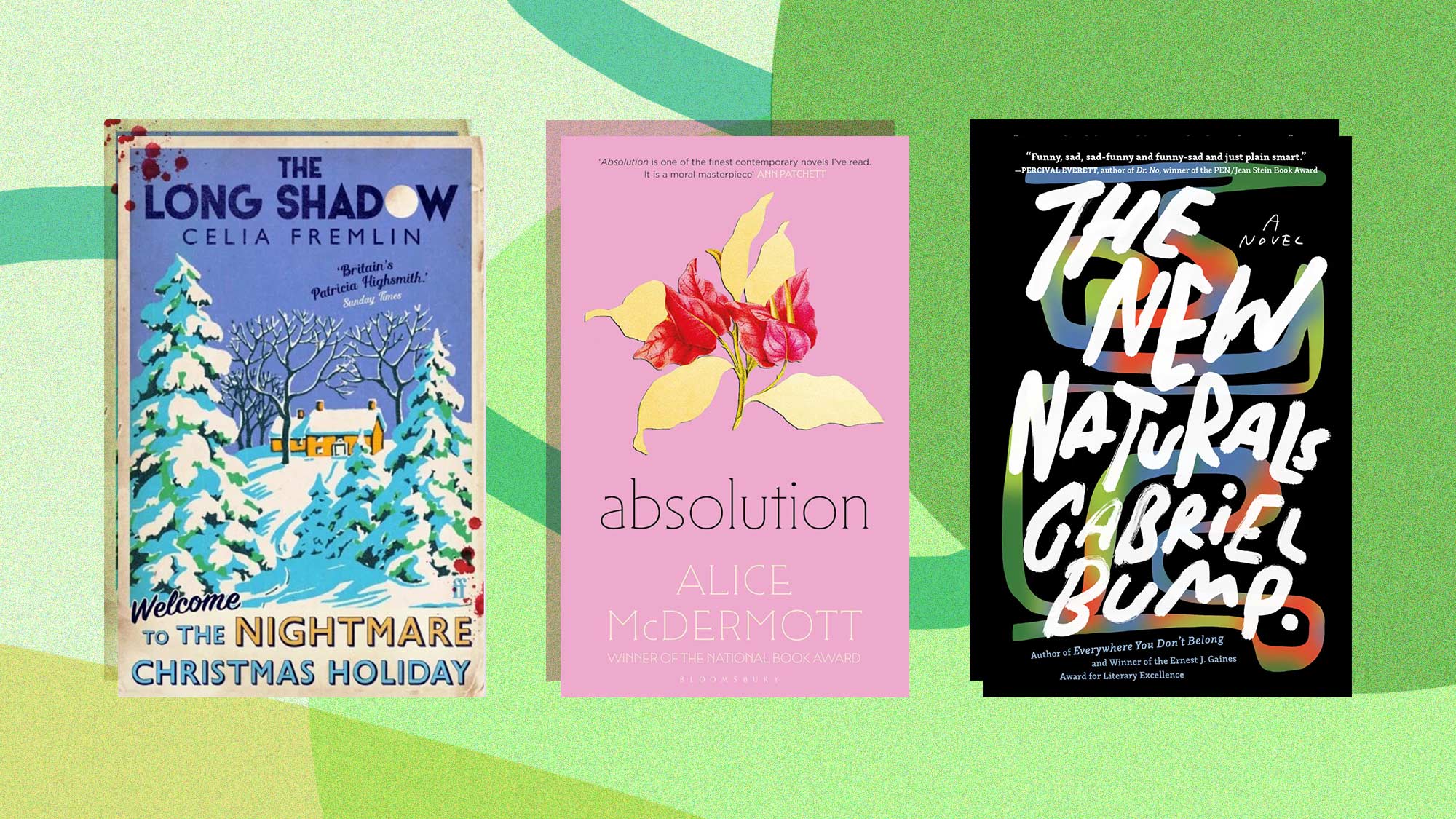
Kindles at the ready, Readers, when it comes to books –our round-up of new releases and recommended favourites for 2023 is designed to give you a TBR—to be read—list to treasure this year.
The best books to read in December
Yes, it’s that time of year. We know – you must be exhausted. Time to step away from the tinsel and curl up with a good book and some brandy butter-soaked mince pies for some literary me-time – and we have a sprinkling of festive-themed gems (old and new) in with this month’s featured new releases to assist with precisely that.
With fewer new releases in December, we’ve taken the opportunity to use the latter part of this month’s round-up to include a handful of 2023 titles we missed first time round that have since gone on to pick up some starry accolades (Booker and Goldsmiths Prize-winners among them). Enjoy – and see you next year!
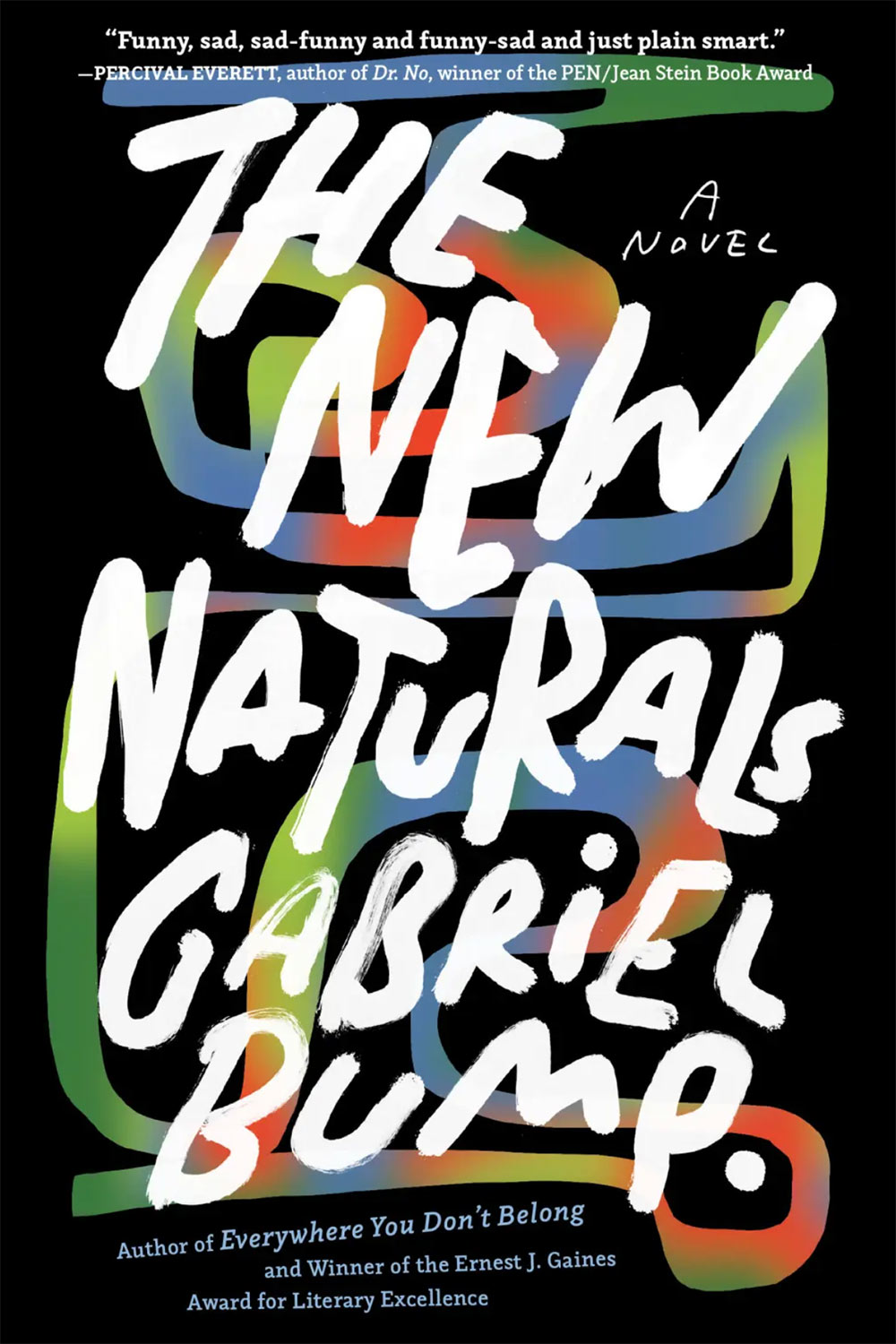
Rio and Gibraltar are brilliant young academics who leave Boston in search of a better life for their unborn daughter. When a misdiagnosed illness leads to tragedy, they move again – this time to an underground mountain hideaway, set up and paid for by an eccentric billionaire benefactor who’s heard about their plan to found an equal, honest and harmonious community away from 21st-century pressures – and decides to take a punt on it. And so the New Naturals are born.
As news of this hidden utopia grows, we meet other characters drawn together by disenchantment and disenfranchisement. They, in turn, slowly yet inevitably move towards the promise of a new future, even as life underground begins to sour. Bump’s writing jumps off the page, full of wit and a clear love for his characters. Despite its weighty themes, The New Naturals is a joyous – and ultimately hopeful – read.
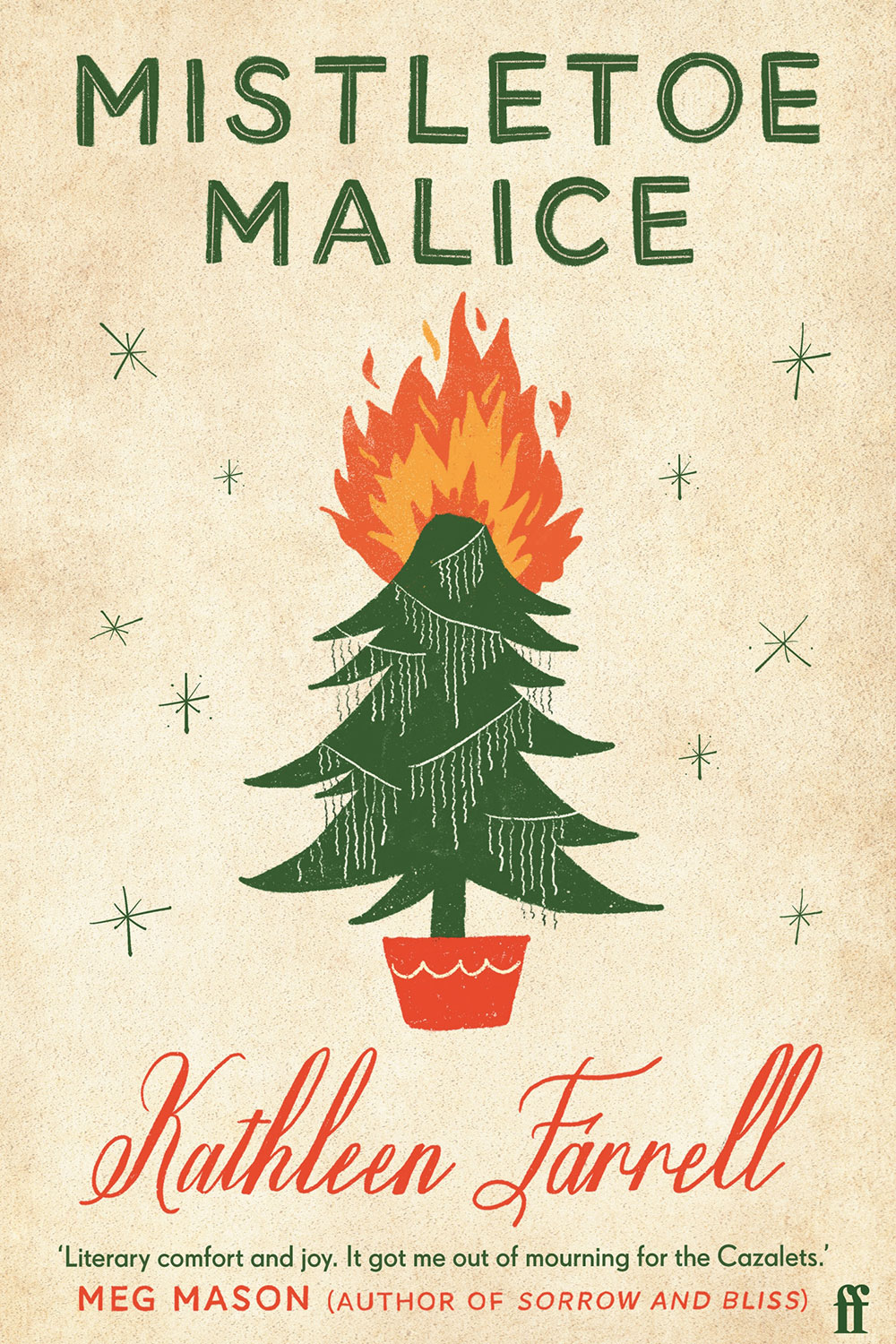
We’re in post-war Britain and family matriarch Rachel has gathered her unsettled brood together at her seaside cottage for Christmas. Over four days, past slights and historic resentments build with increasing acrimony to a giddy climax. If you think your family struggles through the so-called ‘most wonderful day of the year’, then this reissue from long-lost literary gem Farrell will have you feeling positively content with your lot.
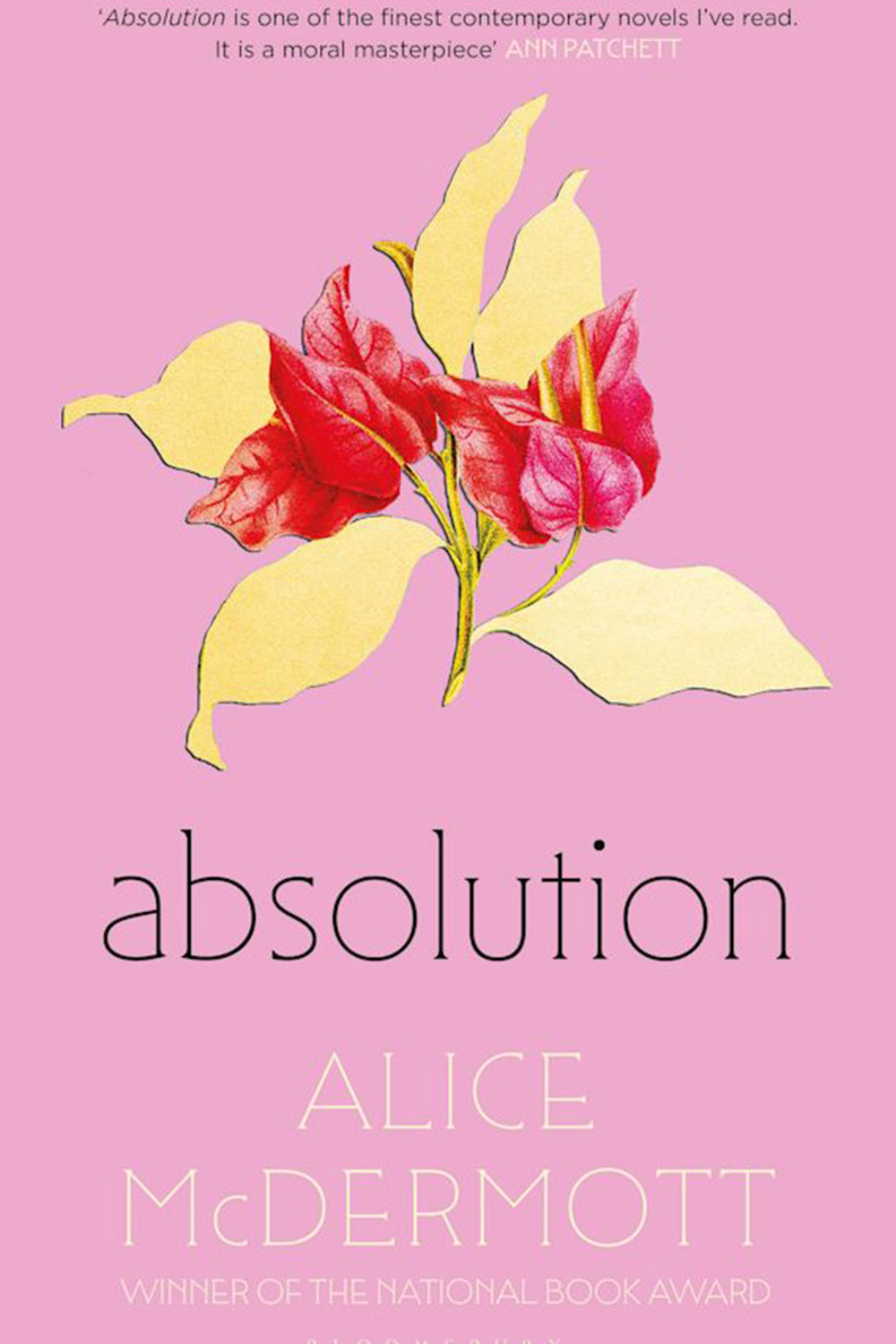
McDermott’s literary craftsmanship is on full display in this meticulously wrought tale of American wives in 1960s Saigon set against the backdrop of the Vietnam war. Naive young newlywed Patricia meets the complex, charismatic Charlene at one of the many cocktail parties and soirees around which expat life spins. Patricia agrees to help Charlene fundraise by selling ‘Saigon Barbies’ (everyone’s favourite doll dressed in a traditional Vietnamese ao dai), and as Patricia is pulled deeper into Charlene’s orbit so she is taken further out of her own comfort zone.
The awakening Patricia goes on to experience is only fully reckoned with decades later, after Charlene’s daughter Rainey – who Patricia first met as a child in those Saigon days – reconnects with her. As the pair correspond, everything Patricia experienced – from the social dynamics of the time to Charlene’s fierce ‘white saviour’ behaviour and her own desperate longing to be a mother – is refracted and reframed through the long lens of memory and history. Just superb.
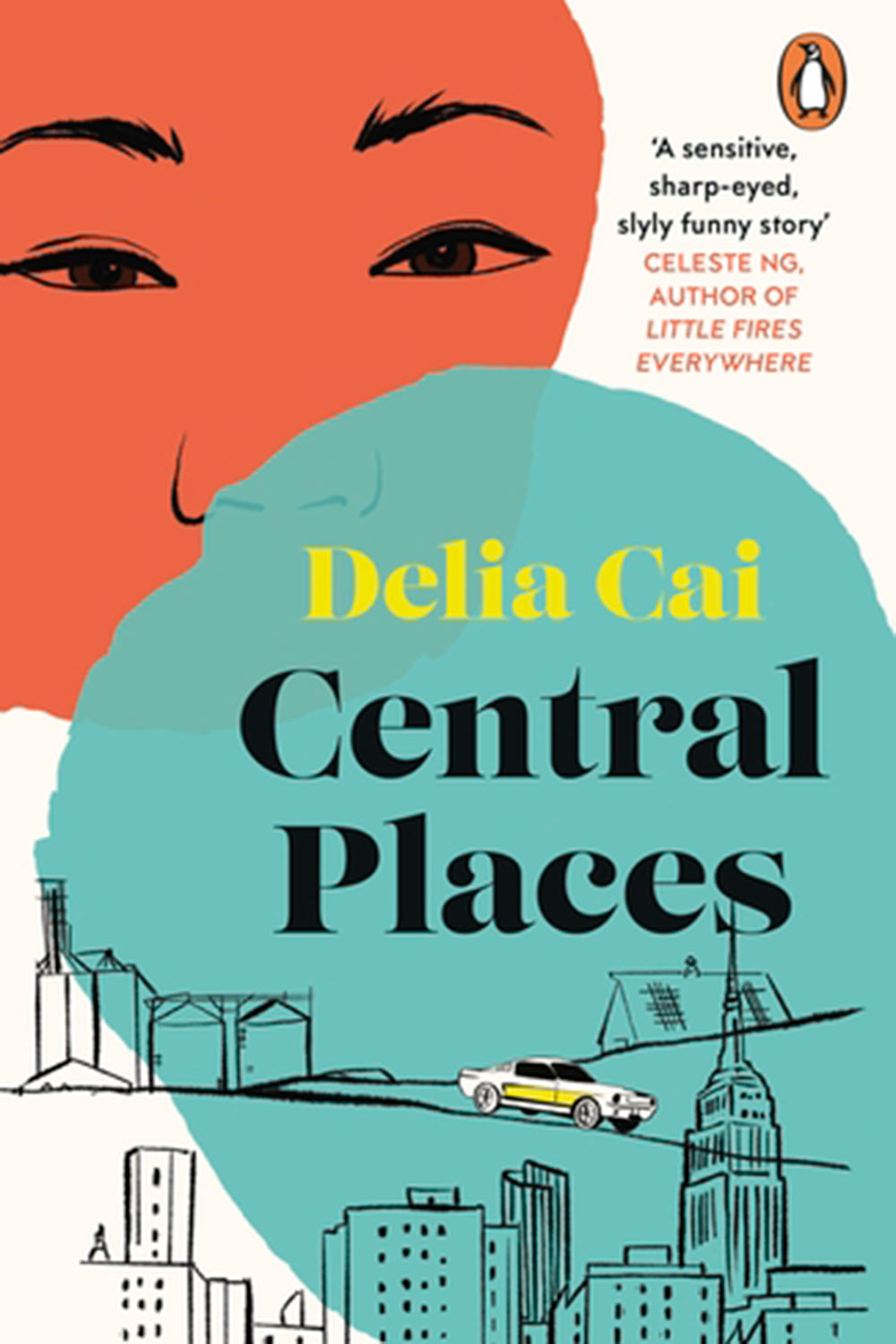
Having stayed away from her Midwestern home town since leaving for college and heading on to New York eight years ago, Chinese-American Audrey bows to pressure and agrees to return for the holidays to introduce fiance Ben (a freelance photographer from a wealthy, picture-perfect WASP family) to her parents.
In the time-honoured way of such narratives, Audrey’s perceptions of her reinvented self are quickly challenged as she reconnects with lost friends – including the object of her unrequited teenage affection – and things very quickly begin to go wrong. Cai elevates her plot with an incisive and sympathetic look at the complications and cultural dissonances – both inside and outside the family home – of growing up in a Chinese household in small-town America. For all Audrey’s navel-gazing self-involvement, you’ll be rooting for her by the end.
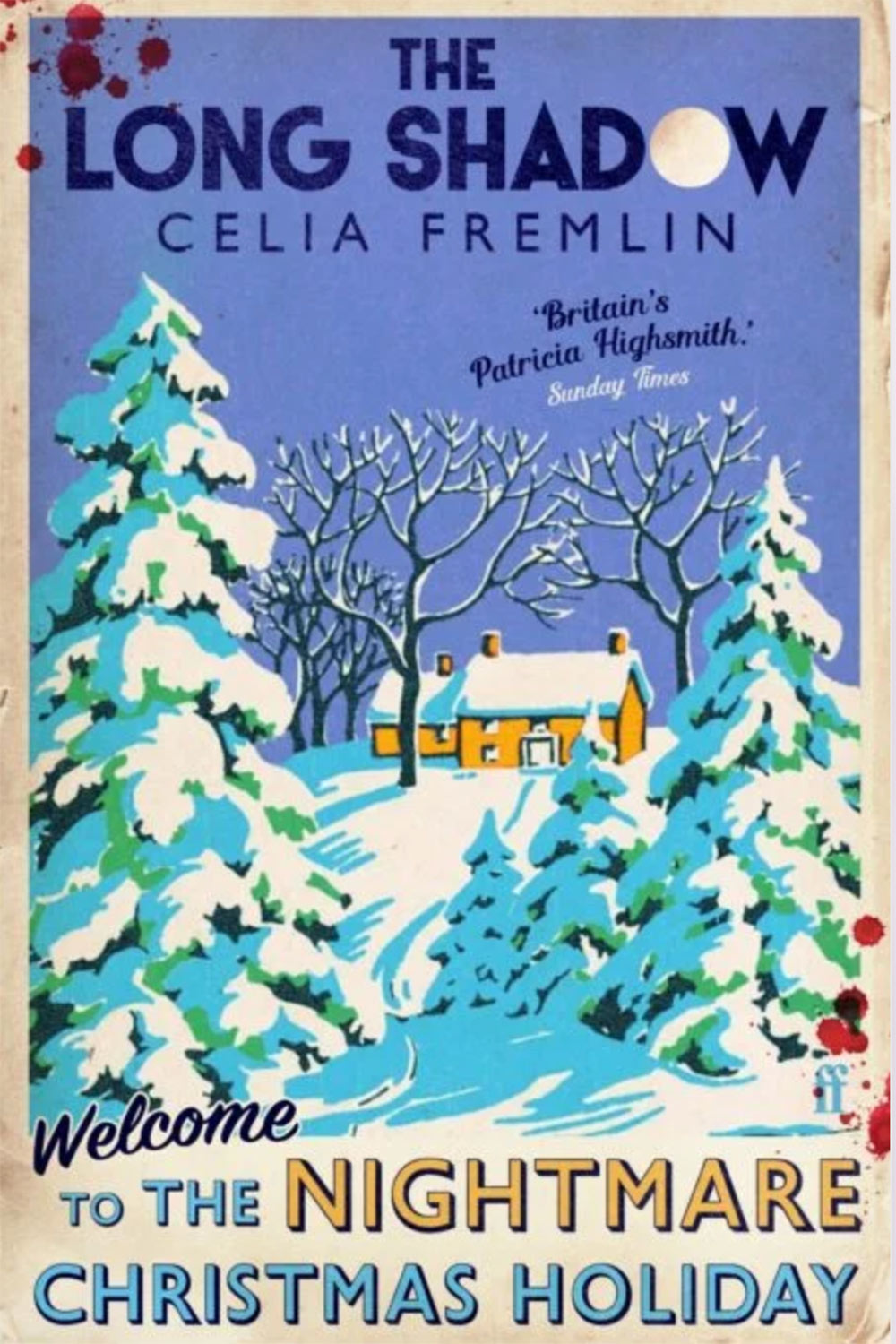
Another dig into the back catalogue brings us this mid-century festive-themed thriller from the writer who has been coined the ‘British Patricia Highsmith’. Newly widowed Imogen is woken by a phone call in the middle of the night and accused of murdering her husband, Ivor.
Thrown into a tailspin, she pulls herself together but the cracks in what she claims to have been her perfect marriage begin to show. With Christmas just days away and assorted friends and relatives descending, Imogen’s paranoia grows as the phone calls – and a host of other intrusions – continue. Can she really trust those who are with her in the house? Is Ivor even really dead? A witty mystery of manners.
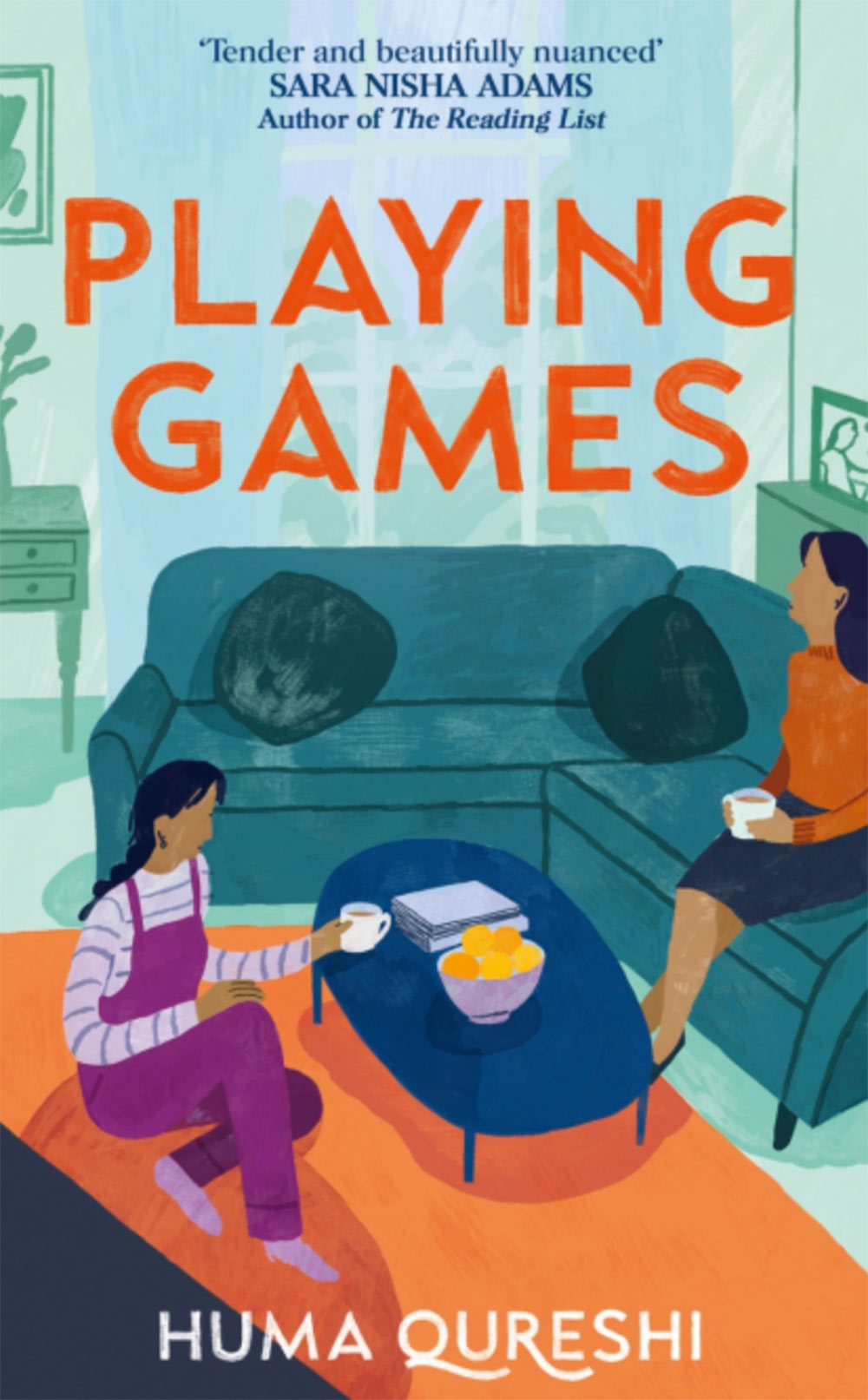
Mira has set herself a task of writing a play to submit to a prestigious competition, but the one she’s currently working on is going nowhere. When an overheard fight between her married sister and her husband gives Mira the germ of an idea she can’t shake, she has to decide whether it’s ever okay to draw from real-life in pursuit of her craft and if so, how much and how far?
In between Mira’s creative dilemma is a carefully drawn portrait of two sisters at a personal and familial crossroads, both of them struggling with historic grief following the death of their mother 11 years ago as they grapple with the trappings, responsibilities and challenges of relationships and careers.
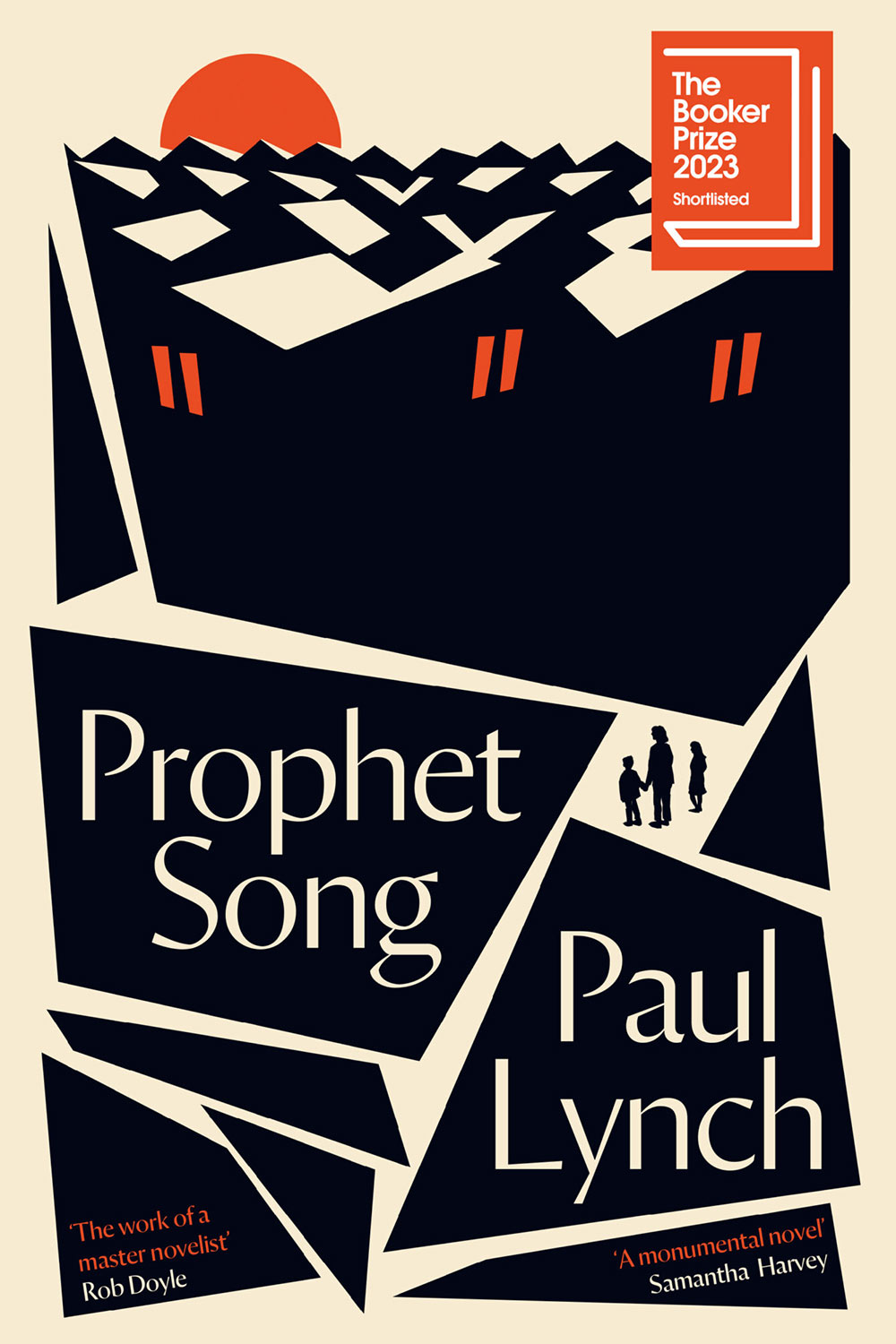
Our money may have been on one of the other Pauls on this year’s Booker shortlist (as in Murray, author of The Bee Sting), but Lynch’s speculative novel is a timely, tightly-written political novel that easily earns its crown. Set in a dystopian Ireland that is descending into a totalitarian state, scientist and mother of four Eilish opens the door of her Dublin house one night to find two secret police officers asking questions about her trade-unionist husband, Larry, in what is merely the first hint of the trouble to follow. With Larry disappeared and his whereabouts – and future – unknown, it’s up to Eilish to do whatever she has to do to protect her family.
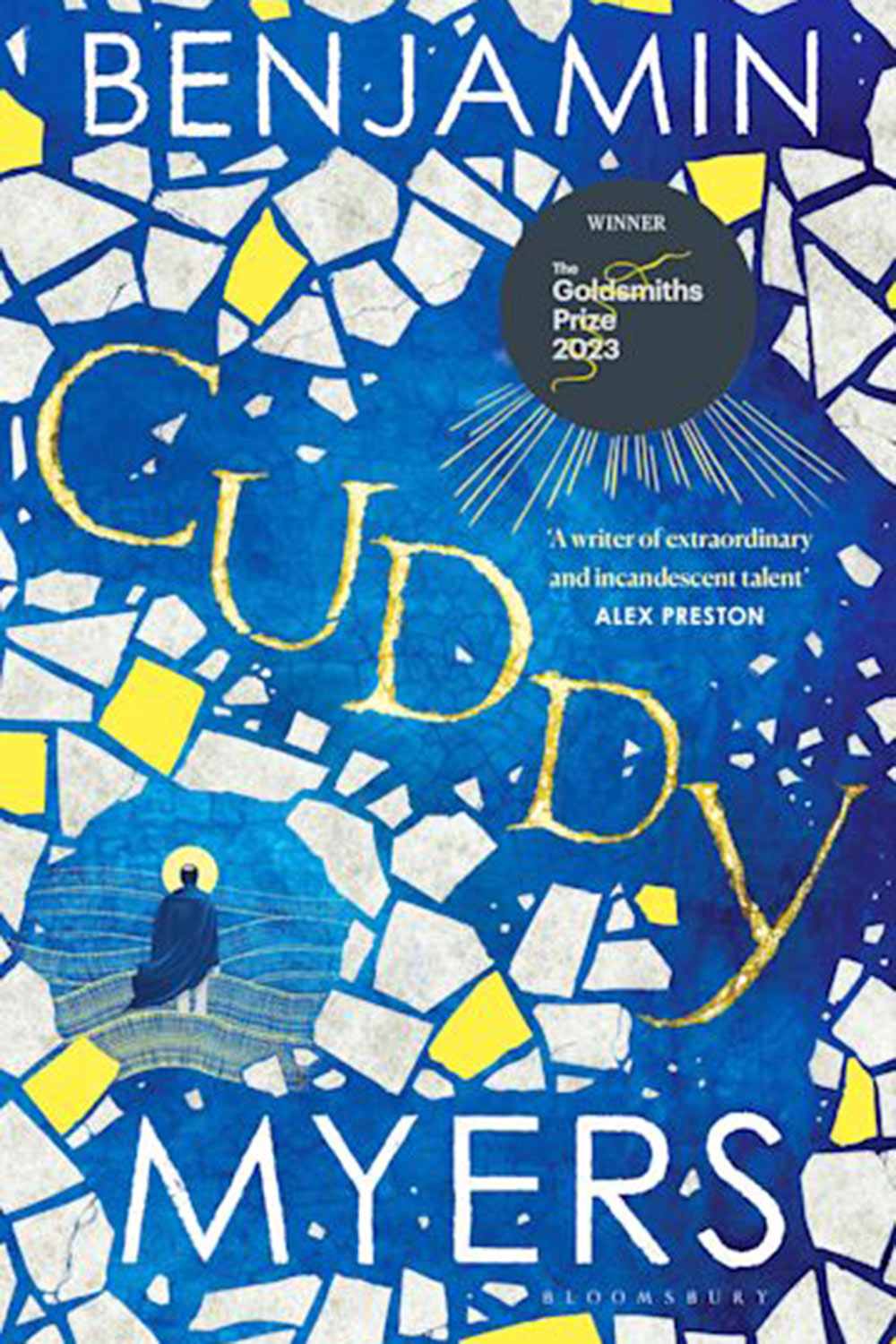
Myers’ playful, form- and genre-bending tale about St Cuthbert of Lindisfarne (the Cuddy of the title, who lived out the last of his life on the tiny island off the coast of Northumbria) tells the story of the medieval religious hermit in four parts and across centuries. The author is known for his grasp of language and elegiac take on history and the natural world – all of which are put to excellent use in a novel that spans poetry, prose, historical accounts and more. A worthy winner of this year’s Goldsmiths Prize, which rewards ‘fiction at its most novel’.
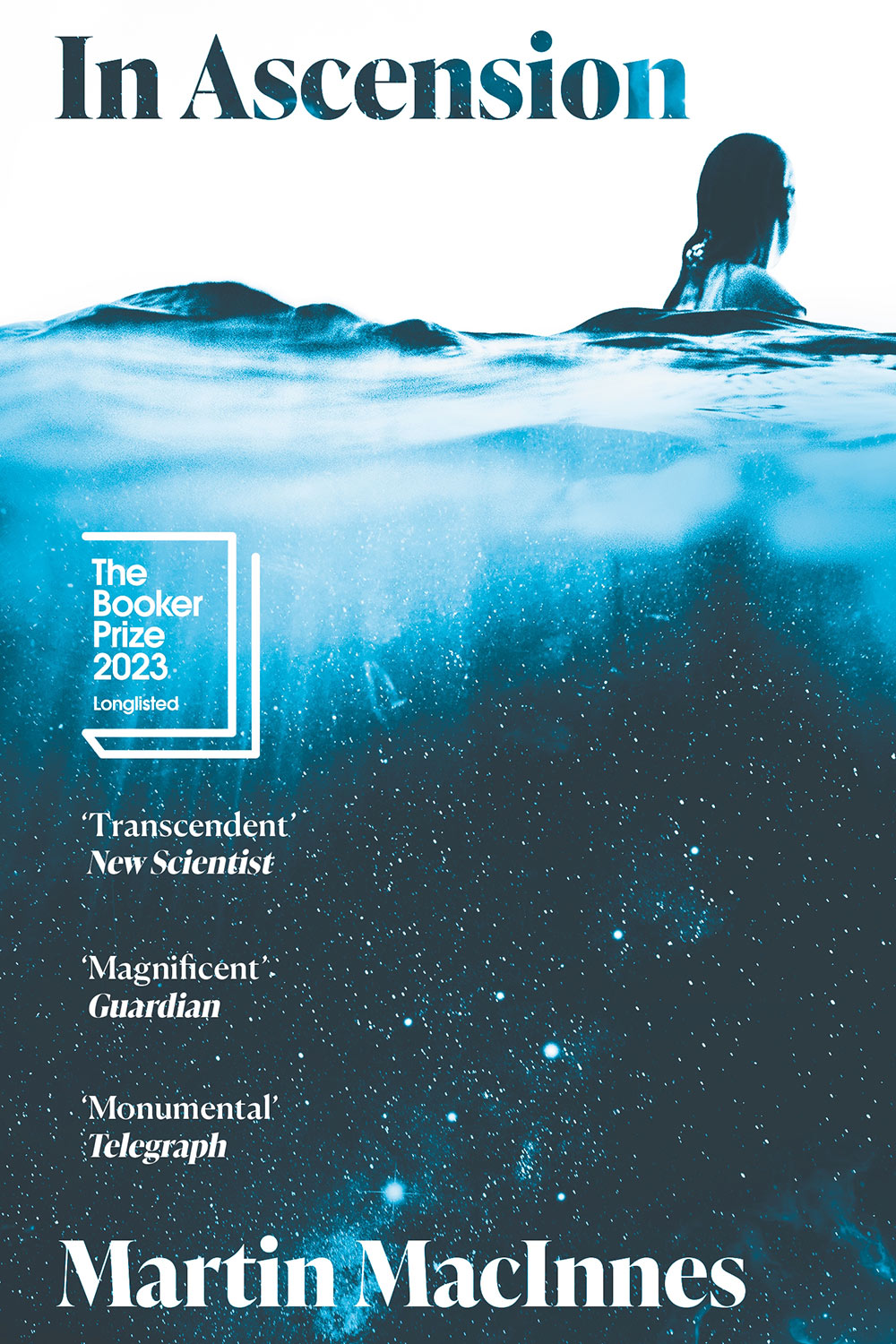
Long-listed for the Booker Prize and now named Blackwell’s Book of the Year, MacInnes’ third novel takes us deep, deep, deep underwater as marine biologist Leigh joins the exploration team to a newly discovered opening on the floor of the Atlantic Ocean thought to be three times deeper than the Mariana Trench within which they hope to learn answers to the very origin of life itself. Meanwhile, a breakthrough in space exploration could see humans travel to the edge of the solar system for the first time. For all the speculation in its set-up, In Ascension is a deeply emotive, human story of belonging and home. Quietly stunning.
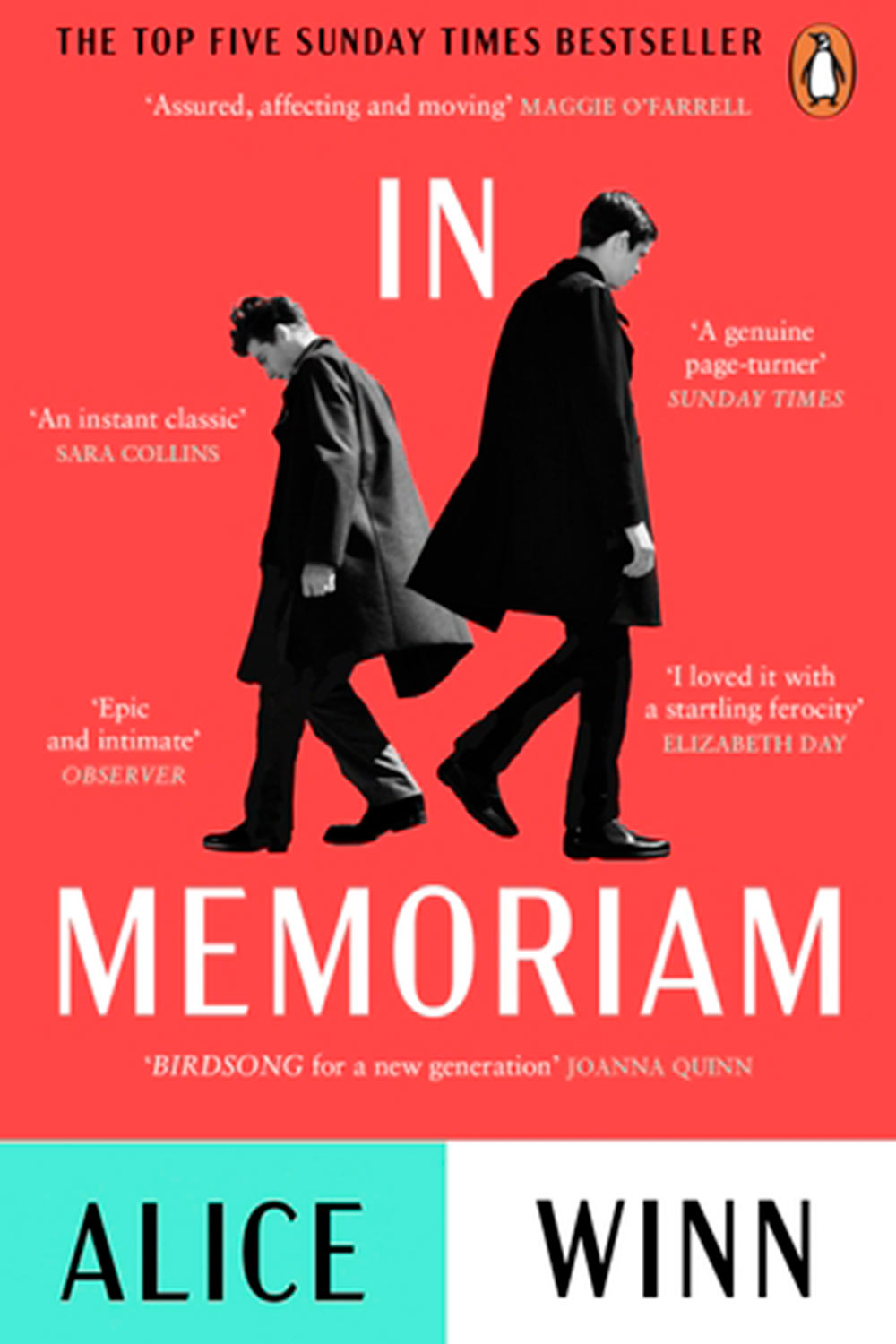
Winn scooped Waterstones’ Debut Fiction Prize and Novel of the Year awards for this affecting tale of two friends and lovers whose lives and fates are forever changed by the Great War. Elwood and Gaunt first meet as seniors at elite English boarding school Preshute College, where the notion of going off to fight for one’s country is presented as the most thrilling of adventures. The reality, as the pair enlist separately and meet again in the trenches of the WWI, proves to be very different. A moving portrait of the tolls of war.
The best books to read in November
If the drawing in of November nights has your world feeling a little smaller, this month’s selection of new releases does the opposite, leading your imagination to destinations as far flung and unknown as the International Space Station and into worlds past, present and future, with a sprinkling of funny-sad romance and high gothic in between.
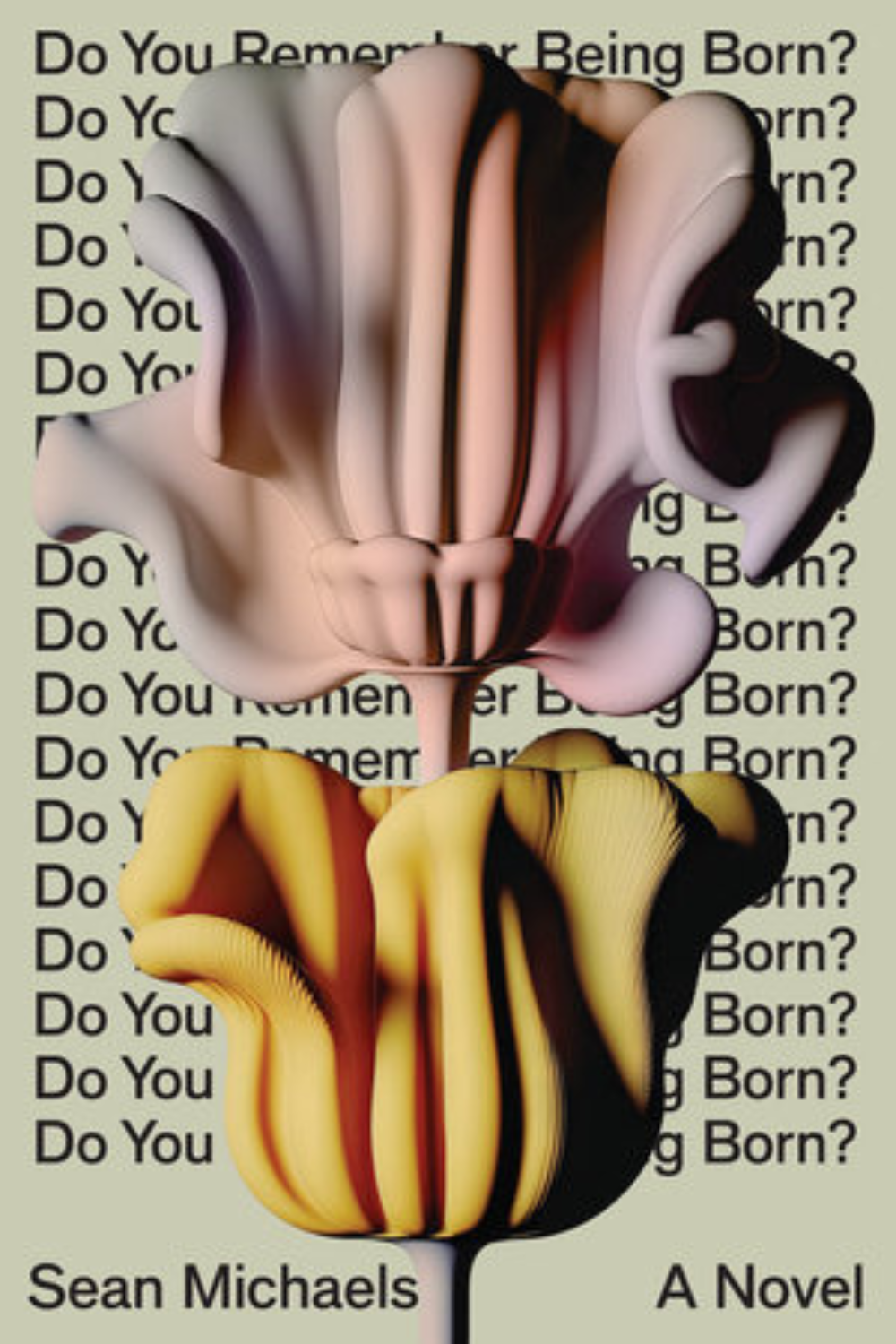
In the year since ChapGTP sent the world into a tailspin, all sorts of claims and counterclaims have been made about what the future of AI might mean for the future of all of us. So this novel about Marian Ffarmer, a septuagenarian poet – inspired by real-life American poet Marianne Moore – who is invited to collaborate on ‘an historic partnership between human and machine’, could not be more timely. Even more so because it was partly assisted by AI, including a poetry generation model custom designed for this task. (It is worth noting, however, that all machine-generated text featured in the work – shaded in grey throughout – was edited by the author).
Such gimmickry, while intriguing, is in many ways the least interesting thing about the novel as a whole, which – as Marian is forced to confront and analyse what she has lost in the pursuit of her lifelong belief that to create her art she has had to close herself off to everything and everyone – questions the value of all artistic collaboration, human or otherwise. An absorbing and fascinating read.
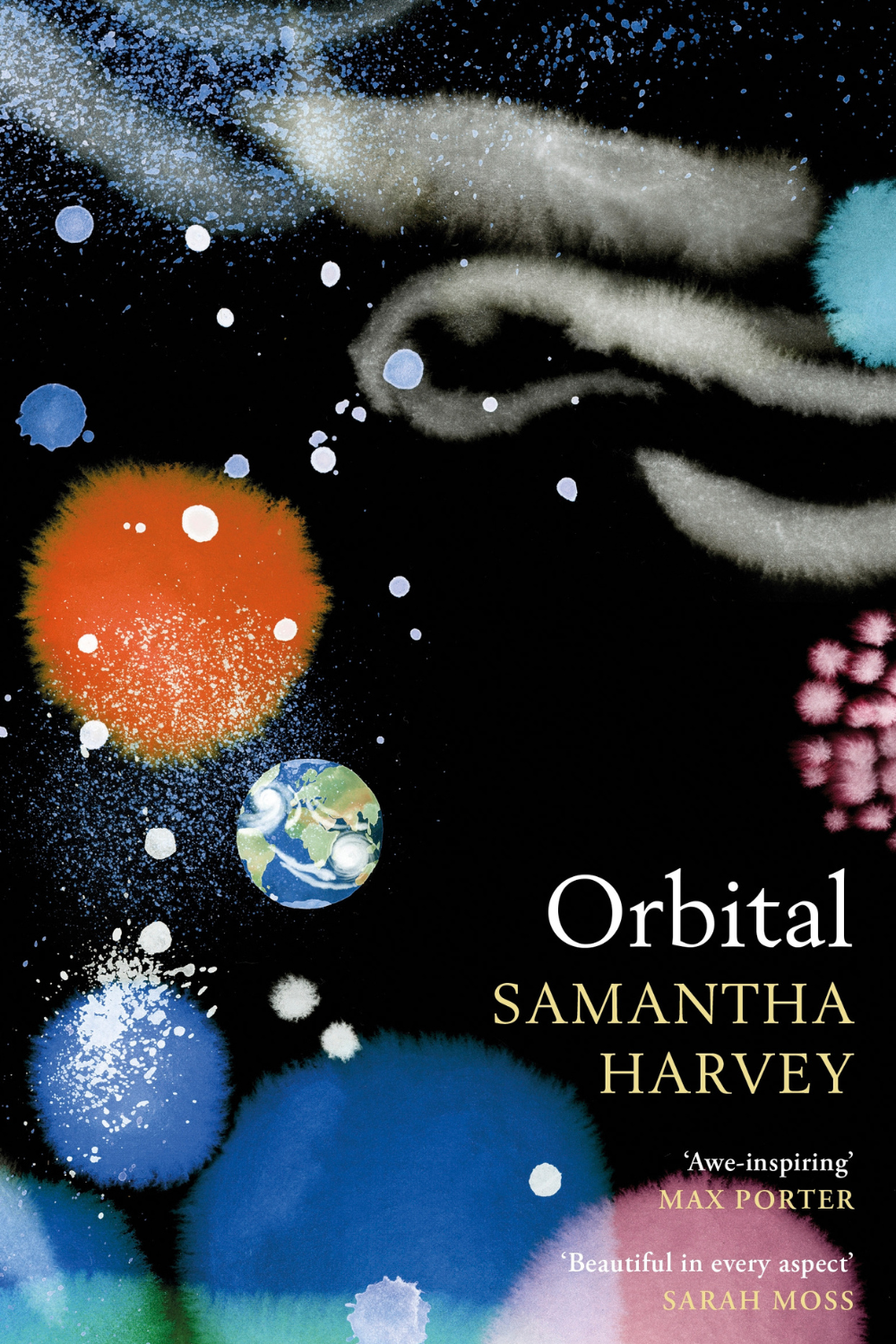
This month marks the 25-year anniversary of the launch of the International Space Station and Harvey’s new novel is a fitting addendum to debates around a vessel that has been both hailed as playing a crucial part of the humans-in-space programme and criticised as a waste of the £120b it has so far cost to build and maintain. We follow six fictional astronauts and cosmonauts across 24 hours – and 16 full orbits of Earth – as they go about their day, bearing witness to the account of the wonder, strangeness and downright tedium of life aboard the ISS: the endless tasks that keep them safe from the death that is just ‘four inches of titanium’ away. But in between all the busyness of life inside, the real story lies in what’s outside. Harvey does a wonderful job in capturing the fragile, wondrous beauty of our blue planet as seen through the eyes of this handful of men and women as so very few of us will ever – in this lifetime – likely do. Ironically for a work so founded in technology, it is one of the most compelling pieces of nature writing you’re likely to read this year. Part celebration, part rallying cry and part mourning rite, it should be compulsory reading for us all.
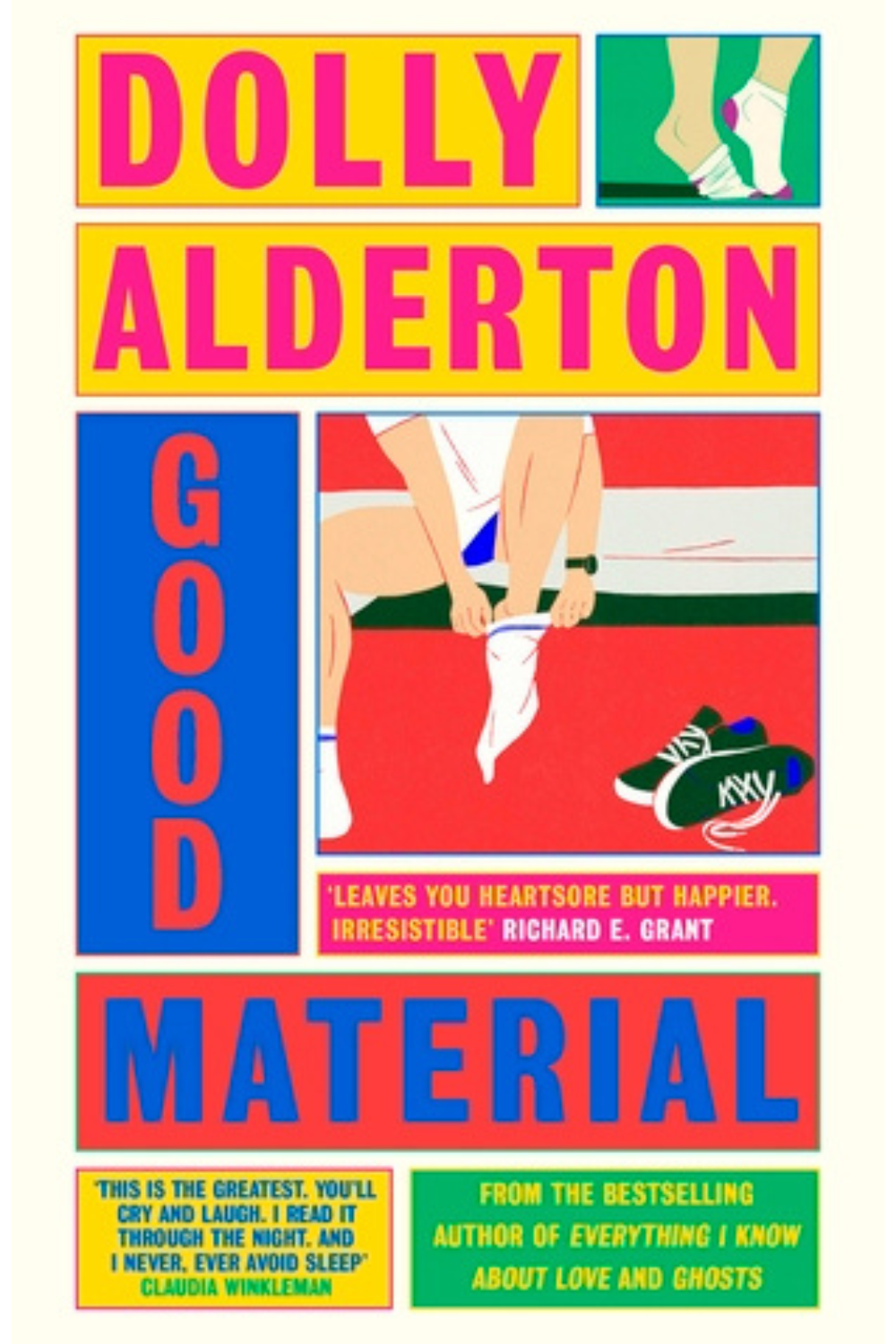
Alderton needs no introduction and as such it would have been easy for the Everything I Know About Love author to follow up her bestselling fiction debut, Ghosts, with another tale of a woman in search of romance. Instead, she switches narrative perspective entirely to focus on the male half of a couple (stand-up comedian Andy) in the wake of the breakdown of his four-year relationship with Jen. Alderton’s prose is relatable, funny and sad as Andy struggles through – and with – his feelings across wallowing days and drunken nights, ably assisted a warm cast of supporting characters, not the least of whom is Jen, who has a version of their story to tell of her own. Together they help lead Andy along his rocky road to emotional enlightenment. Lovely.
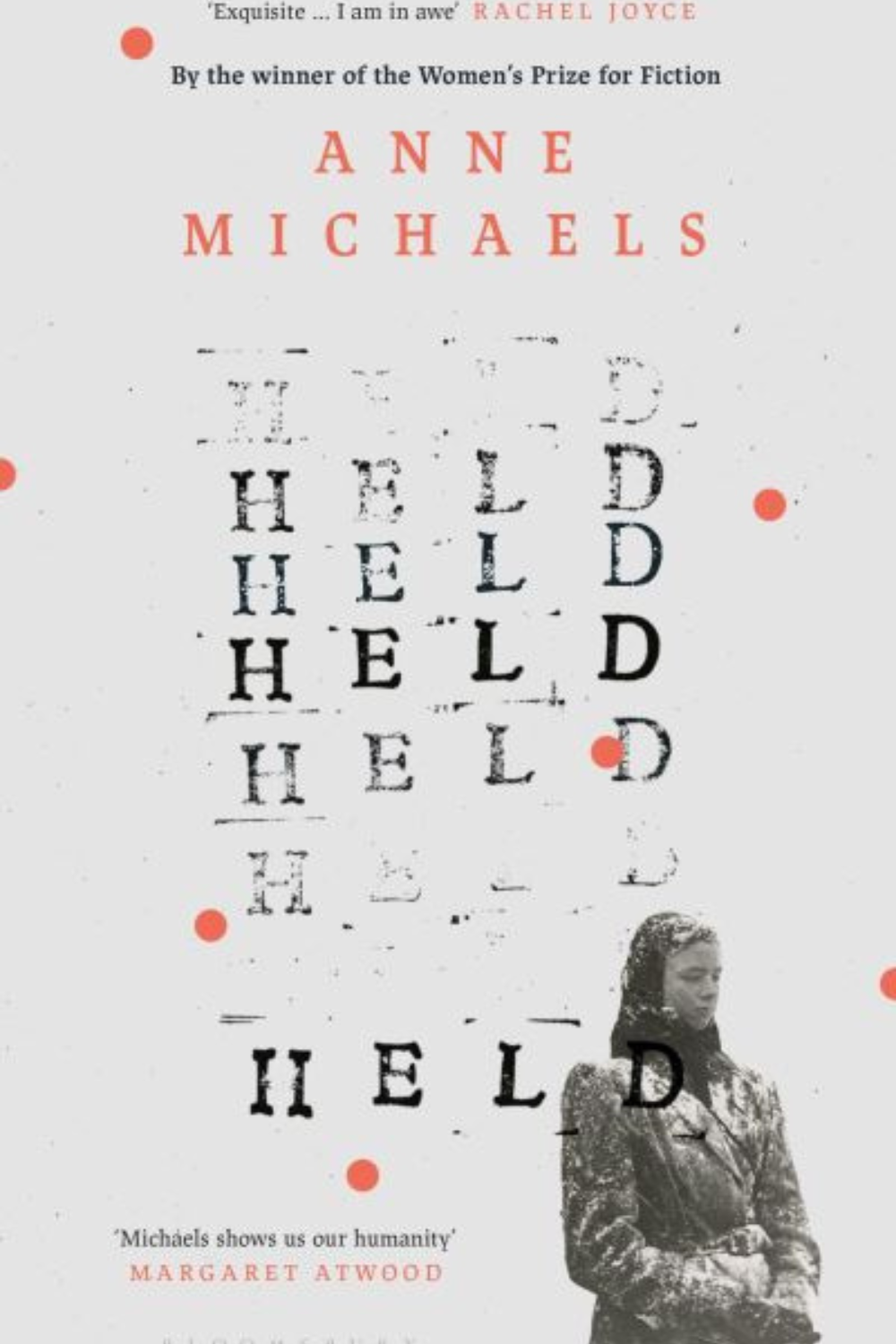
This looping, time-jumping narrative opens with an injured soldier lying on a WWI battlefield and pushes forward to that soldier’s return to England and his wife, Helena. As the pair try to bridge the gap of his post-war trauma, John reopens his photography business and is stunned to discover the faces of the dead swim up through the developing chemicals to appear beside his sitters. And so Michaels sets the tone for her carefully woven tale of love, loss and memory in a century-spanning tale that crosses landscapes and lives over four generations in which the ‘ghosts’ of the past are both ever-present and evanescent. For all the sparsity of its prose, Held it is filled with big ideas – Marie Curie’s Nobel Prize-winning discoveries; Darwin’s theory of evolution – lightly told and traced with a poet’s eye for language and detail. A mesmerisingly powerful tale of love, hope and the ties that bind.
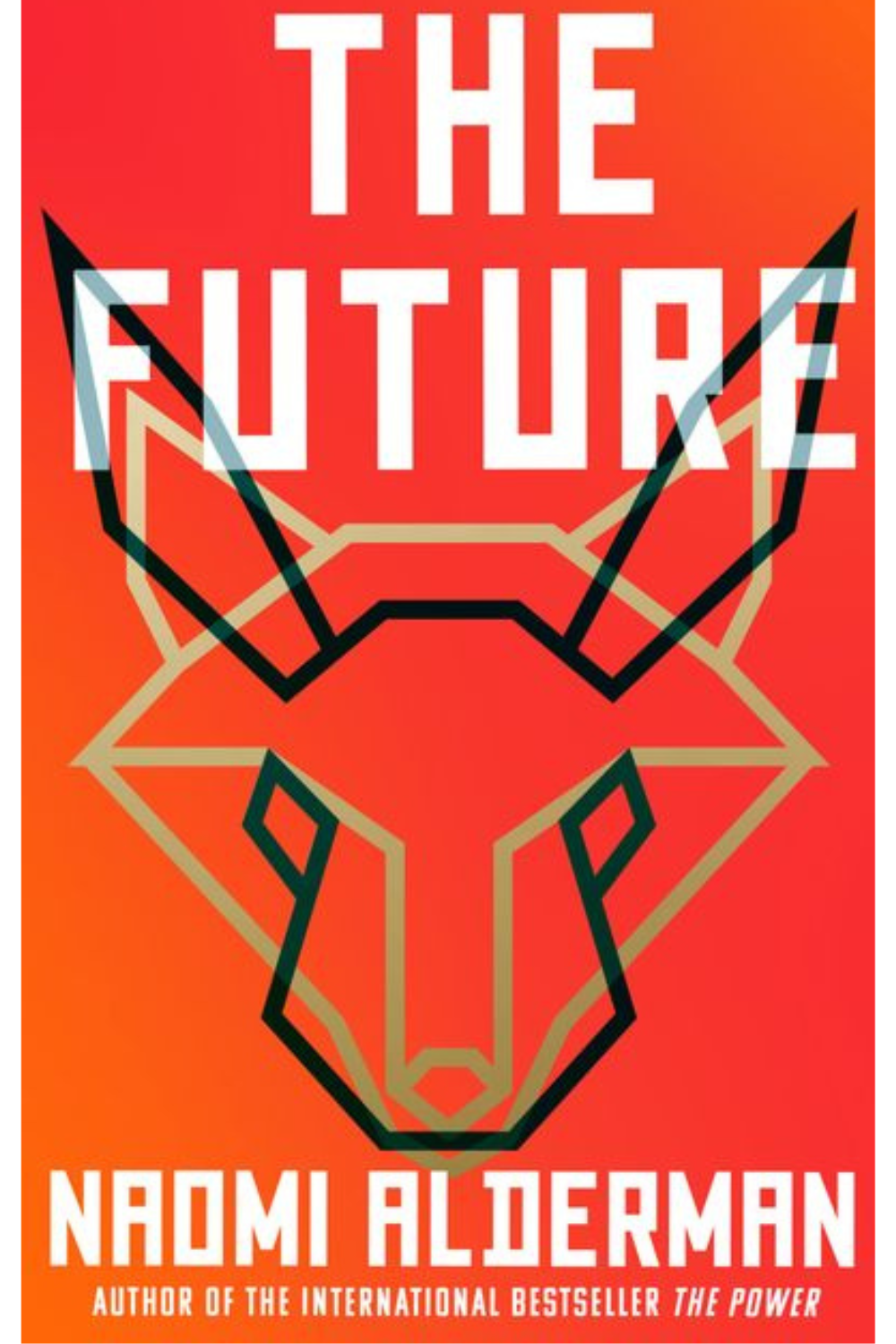
Alderman follows up The Power – her award-winning speculative novel about what happens when women are suddenly able to deliver electric shocks with a single touch – with another sweepingly ambitious speculative tale that is bound to deliver similar success. With the world perilously close to destruction, we follow a handful of tech billionaires (who are both amusingly and terrifyingly recognisable as archetypes of some of the leading tech bros of our day) as they plan to sit out the apocalypse in their various doomsday bunkers. Enter a handful of rogue players who envision another path, the leading players of which, in narrative terms, are former cult member-turned-tech powerhouse Martha Einkorn and her erstwhile lover, survivalist Lia Zhen. Pacey, thrilling and with a superb twist, Alderman chooses not – as so many novels of this type do – dwell in the dystopia, but offers a genuine vision of a new, Earth-positive future. Fun.
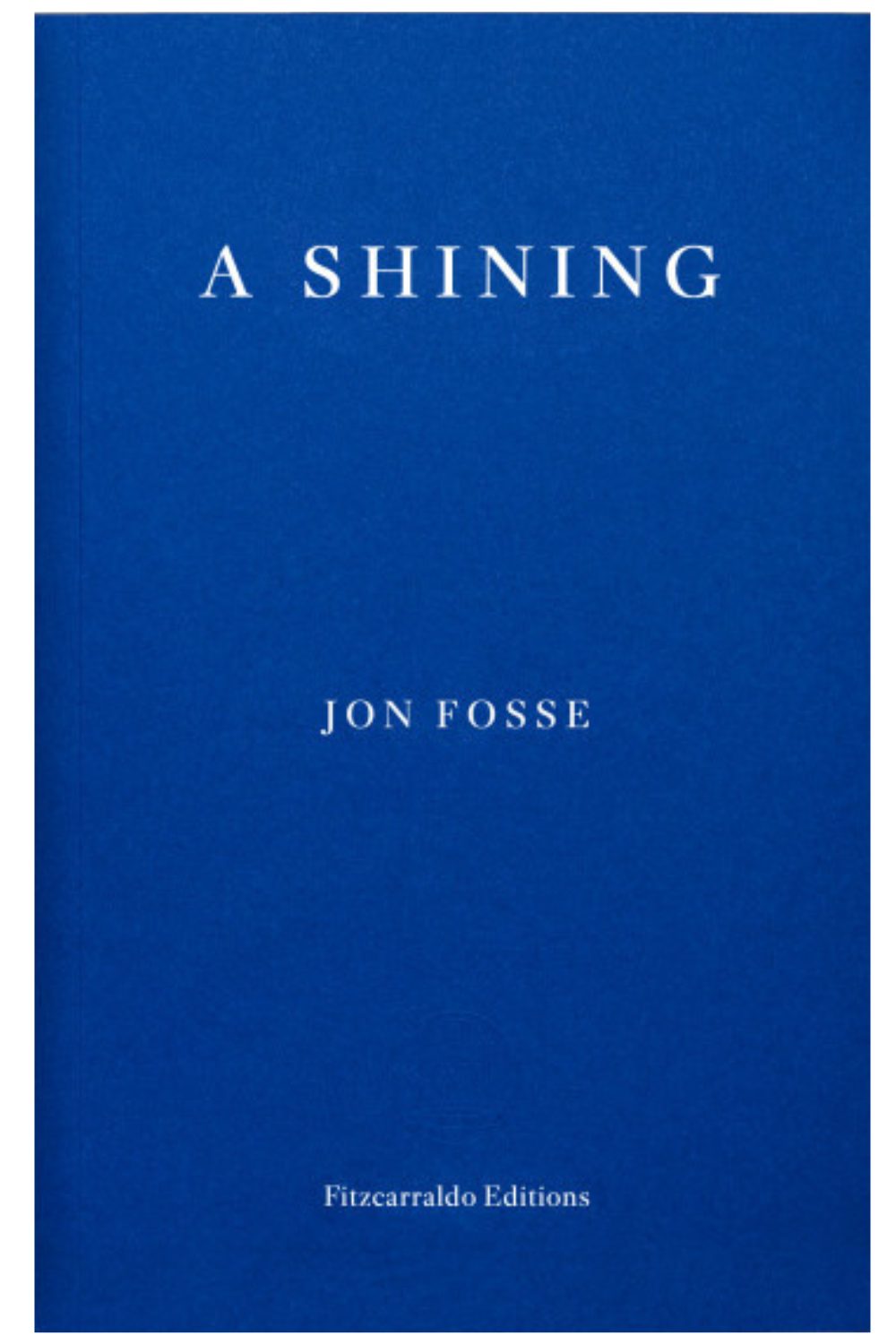
2023 has proved itself to be a bumper year for novellas and short-form fiction and this latest translation from the winner of this year’s Nobel Prize for literature is a worthy jewel in that crown. Riffing on Dante’s Divine Comedy, Fosse’s tale of a man lost in dark and snowy forest who comes across a shining presence and two mysterious figures there to guide him ‘home’ –deftly translated by Damien Searle (who learnt Norwegian specifically to translate Fosse’s work) – is delivered in shimmering prose that touches on existentialism, destiny and the great beyond over 48 meticulous pages. ‘It’s beautiful,’ our unnamed narrator says of the canopy of stars and honeyed moon above him. ‘There’s no better word for it, no, not that I can think of anyway.’ We’ll second that.
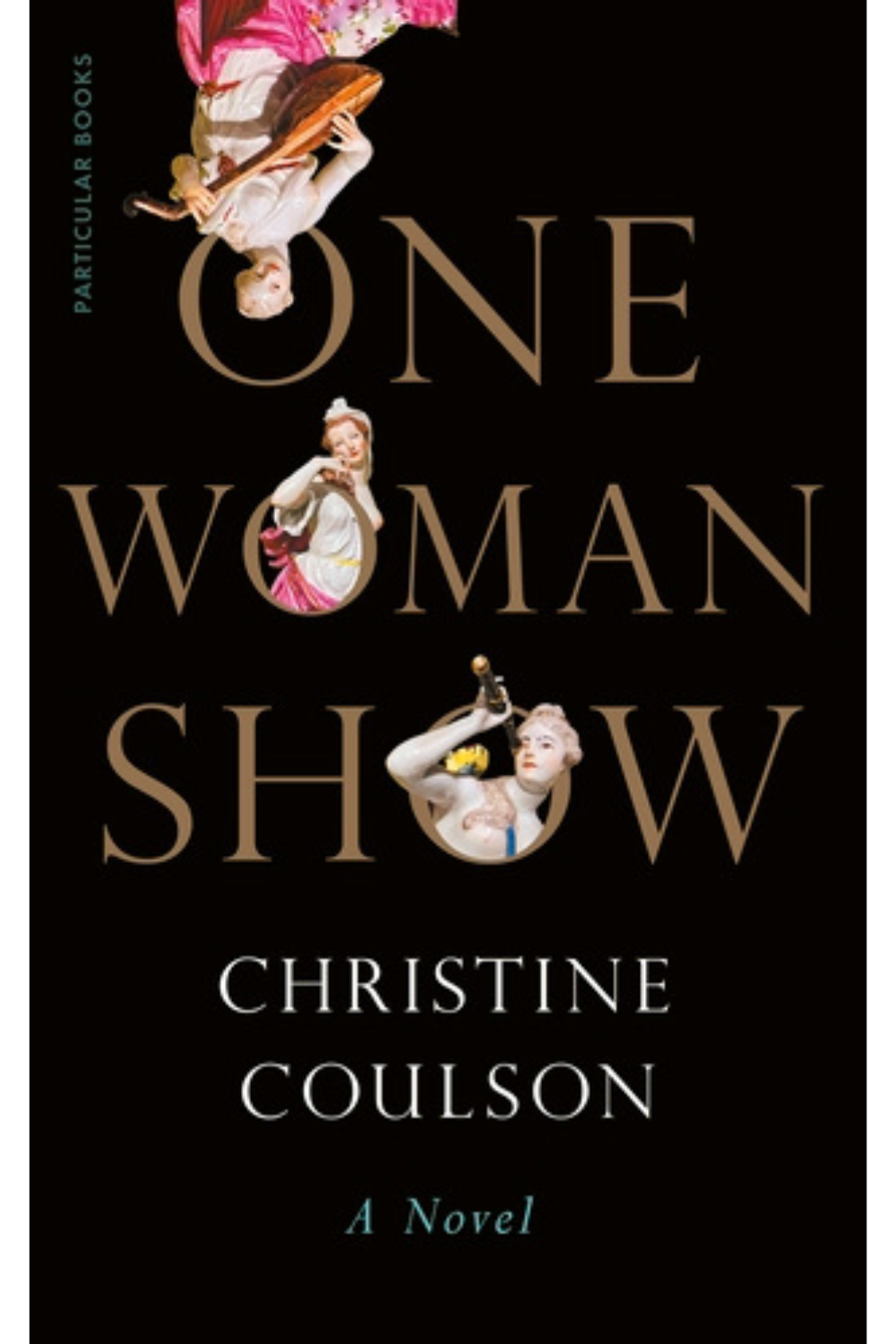
A 25-year career spent working for New York’s Metropolitan Museum of Art inspired Coulson’s newest novel, which tells the story of one Kitty Walker across her century-spanning life almost entirely through the medium of the kind of descriptive labels that adorn art gallery walls. The author has fun with building a deliberate link between a woman of Kitty’s social position in the 20th-century milieu she inhabits and the value, possession and display of art (‘Post-war Kitty maintains her neoclassical form through a regimen of cigarettes, coffee, and grapefruit,’ reads the plaque for her as ‘Widow, Aged 39, 1946’). While that means the narrative can’t help being a little sketchily outlined by its nature, the writing is clever, witty and deftly – and at times poignantly – executed, and that more than earns One Woman Show its coveted red dot (aka sales sticker) from us.
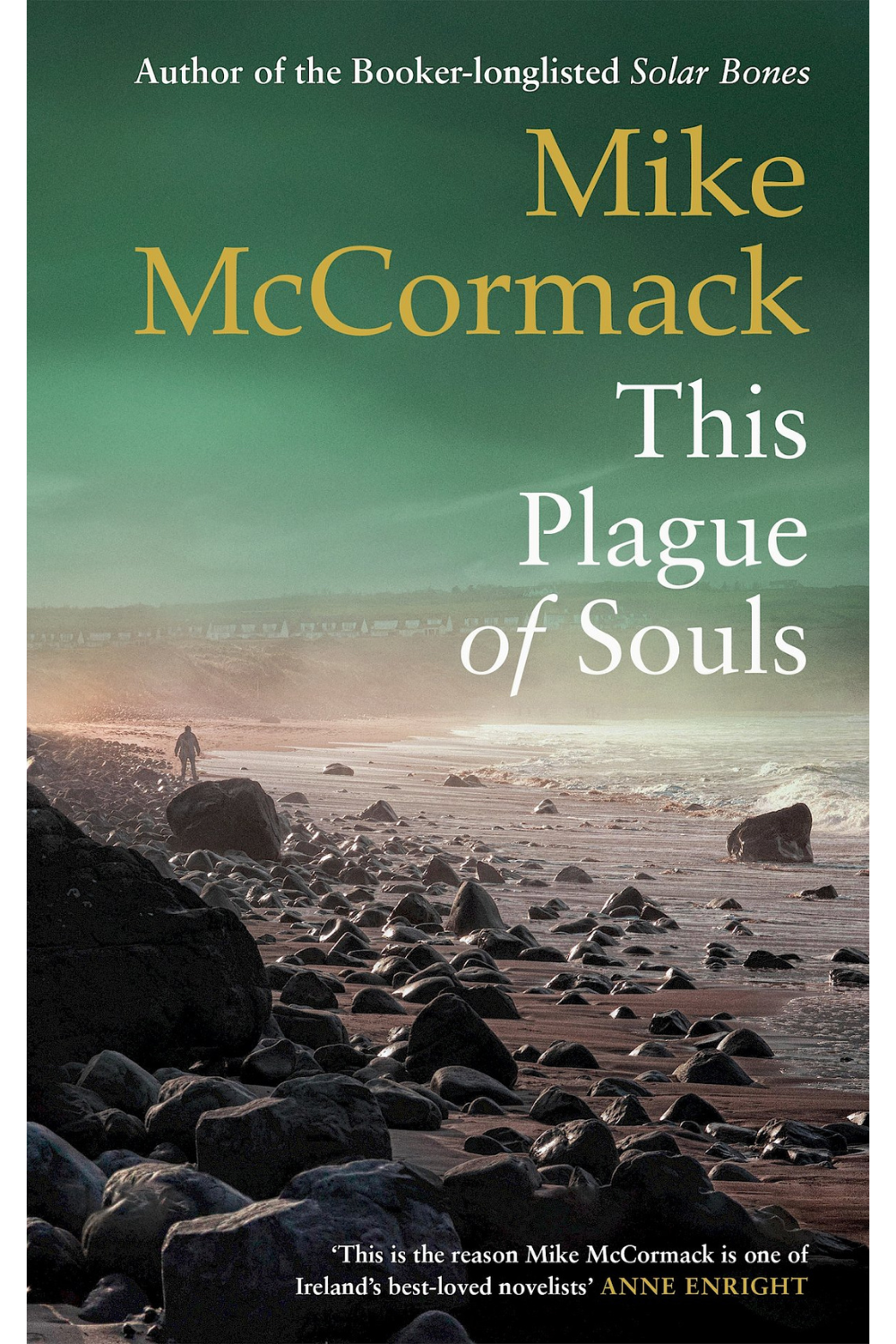
There is a lot going on in this slim, elliptical novel. It opens as newly released prisoner Nealon answers the phone to an unknown caller at the exact moment he returns to his home in the Irish countryside to find his wife and child missing, and culminates in a meeting with said caller in a distant city hotel as a nationwide terrorist incident unfolds on TV screens around them. In between we learn some of Nealon’s backstory (all unpicked and retold with new light shed at the meeting that later takes place) and his (unconfirmed) involvement in a worldwide insurance scam that delivered good deeds on a near-biblical scale. As fascinating as it remains mysterious – settle back and just enjoy the ride.
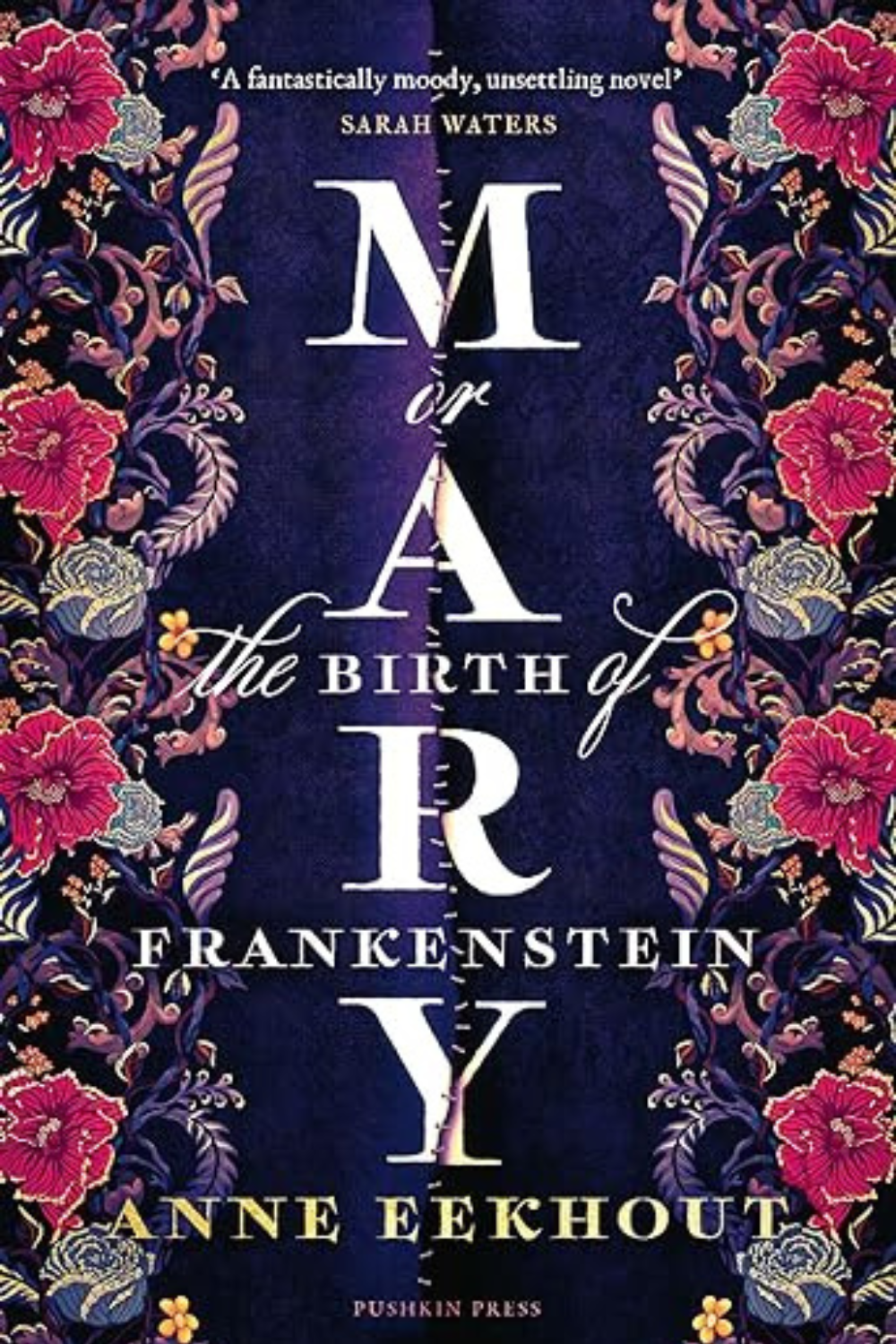
Mary Shelley and her husband Percy (the romantic poet) are holed up in a villa near Lake Geneva with Lord Byron and various other companions over a weather-blighted summer. Across a series of laudanum-laced nights, the friends take it upon themselves to first tell – then compose their own – ghost stories. As the title suggests, Dutch author Eekhout’s novel creates an origin story not only for Mary Shelley’s famous literary creation but for the writer herself, drawing on Shelley’s history and more than a soupcon of poetic license to bring both stories to life. Suitably gothic and atmospheric in tale and tone.
The best books to read in October
In the month that celebrates both Black History and the annual fright-fest that is Halloween, our offering of new literary releases serves up plenty of both – sometimes (as in Jordan Peele’s anthology of new Black horror writing) in one book. Jump scares not your preferred form of entertainment? Never fear – there is plenty to entertain and enlighten you too, including a surreal hike into the Mojave Desert, a handful of brilliant new short story collections, and a delicately drawn tale in which a young woman with no memory of her past journeys deep into her own secret history.
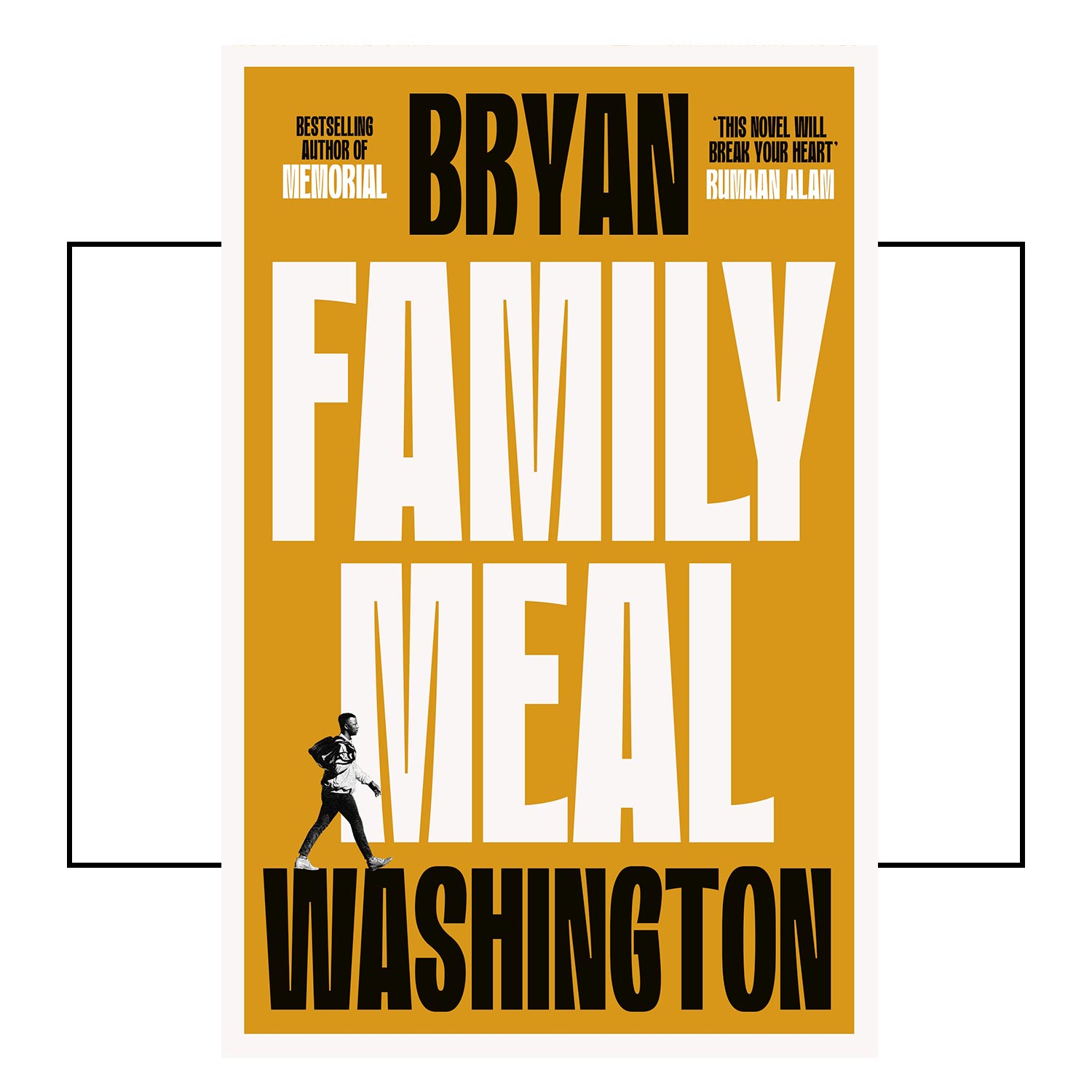
Fans of Washington’s debut novel, Memorial, will immediately recognise the author’s familiar touchpoints of love, grief, friendship, estrangement (both cultural and familial) and food – lots and lots of food. Cam has returned to Houston from LA following the death of his boyfriend Kai. Grief-stricken, Cam’s days are a blur of casual encounters and self-sabotaging behaviour that is exacerbated by his ghostly ‘visions’ of Kai. When old friend TJ turns up at the bar where Cam works, Cam is resistant to reconnecting. In time, he returns to the bakery – run by TJ’s grandmother – where he spent his teenage years. As they settle into the familiar, familial rhythms and routines of the business, the estranged friends take a long slow circle back through their shared history until, step by step, meal by meal, Cam is finally able to begin the painful process of confronting his loss. Food as a metaphor is rarely so expertly wielded. A treat.
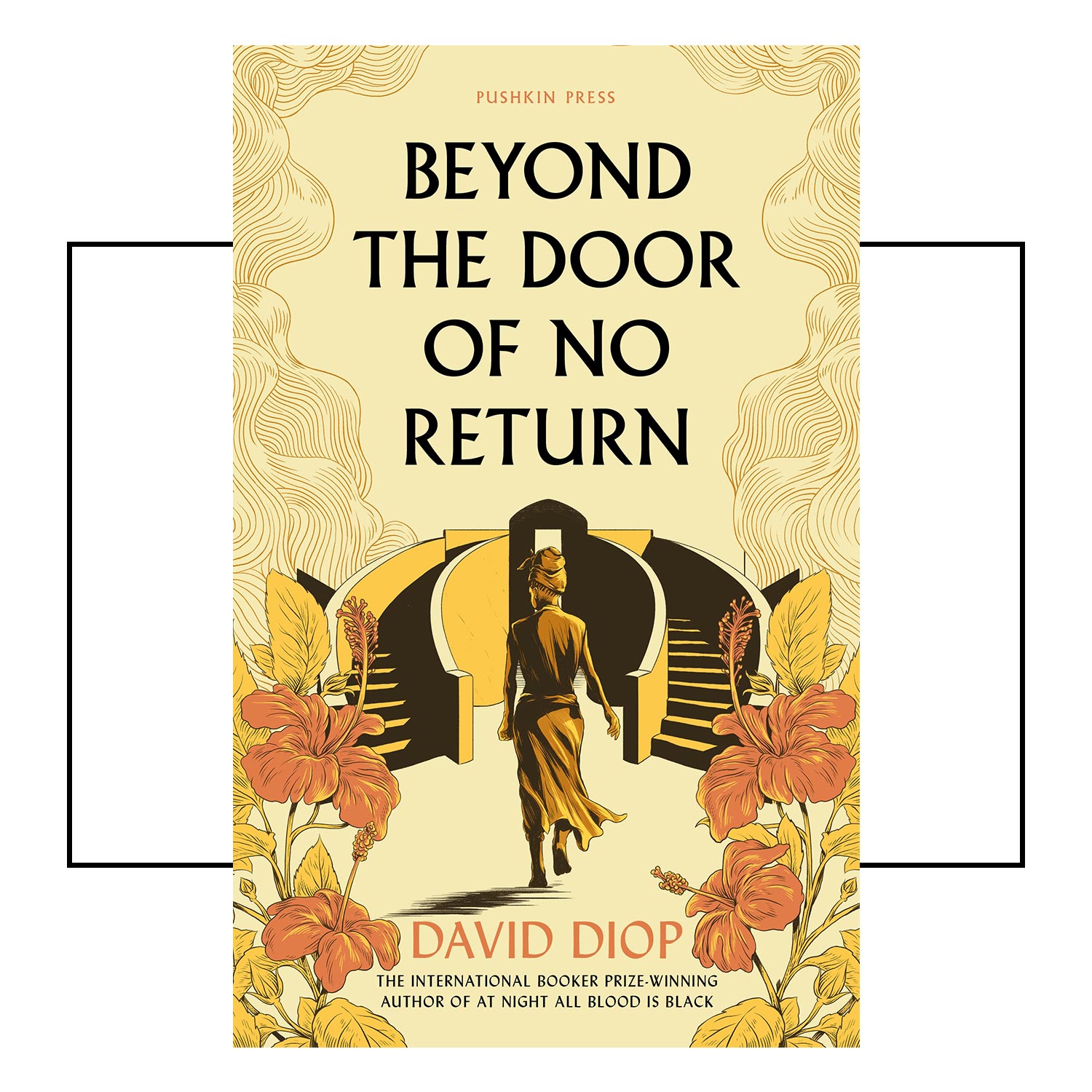
We meet Michel Adanson at the end of his life in Paris, in 1806. The French botanist is a man with a secret, one that he leaves clues for his daughter, Aglaé, to find. When she does, it reveals a father she never knew, during the years in which he travelled to French-colonial Senegal, when the trans-Atlantic slave trade was at its height. Adanson immerses himself in this new world, learning the local language and winning the trust, he believes, of its people.
When he hears of a young woman, Maram, who is rumoured to have somehow escaped the route into slavery following her abduction, he is determined to find her and hear her story, only for it to shed a horrifying new light on the cruelties and vanities of men on both sides. Diop – who picked up the International Booker Prize for his previous novel, At Night All Blood is Black – does a masterful job of showing up the racist brutalities of the slave trade and its associated cruelties and hypocrisies, something Adanson, however well-intentioned he might consider himself to be, cannot entirely avoid, and wraps it all up in a gripping, galloping narrative that challenges perceptions to the very last page.
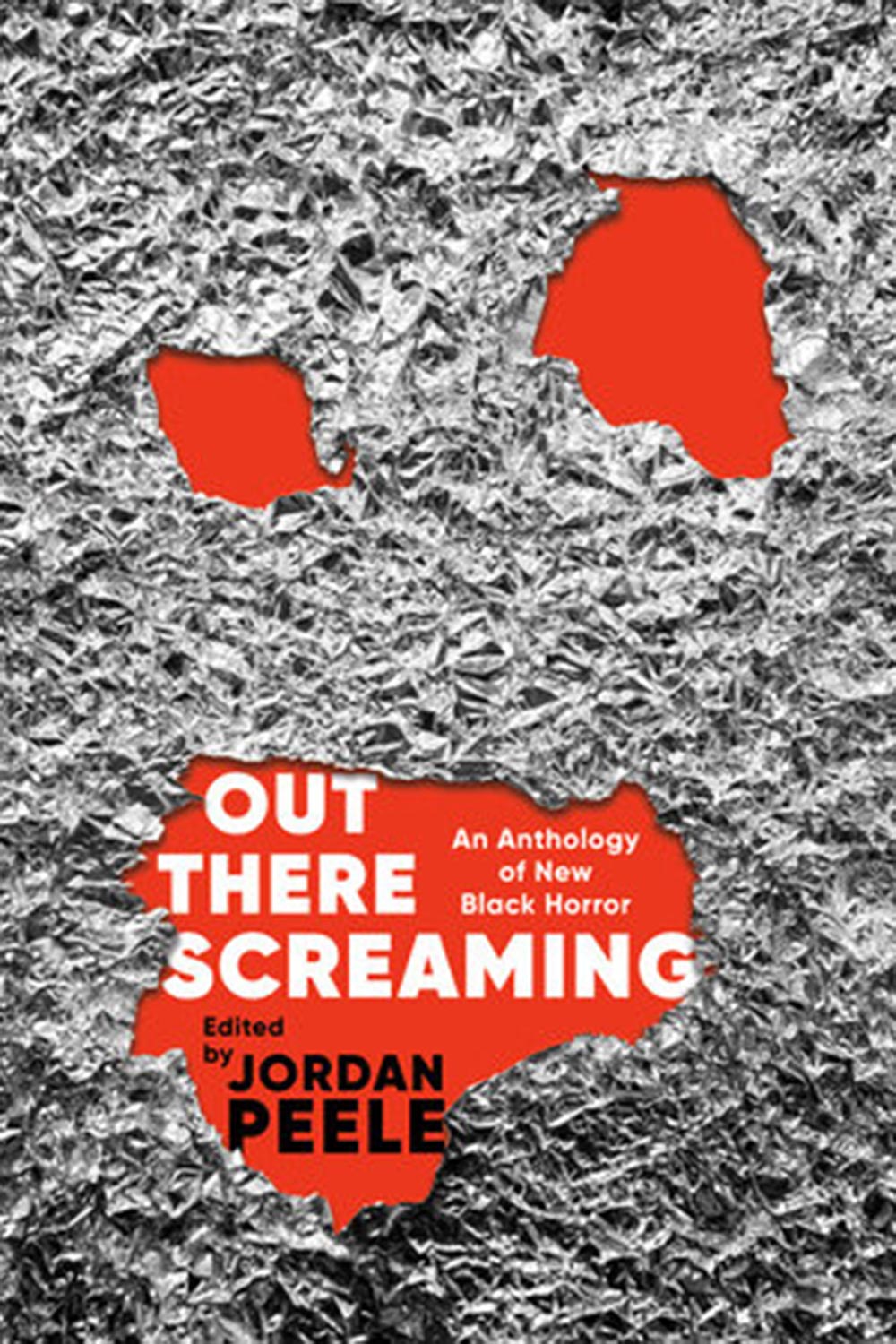
The Oscar-winning horror director introduces this anthology with a foreword that reveals an early inspiration for the Sunken Place in his debut feature, Get Out. What he created, he writes, was the psychological equivalent of the medieval torture dungeons known as oubliettes – a place where you are ‘stripped of all agency and left alone with your struggle’. It’s a compelling driver for horror – and there is some pretty compelling horror within these pages. Featuring 19 new stories by a roster of highly-acclaimed Black writers working in and around the genre, NK Jemisin’s opening story, ‘Reckless Eyeballing’, kicks things off with a tale of a bent cop that sets the pace and tone (suitably creepy, should you need to ask) for the roster of all things horror – from witches and demons to the monsters that lie within – that follows.
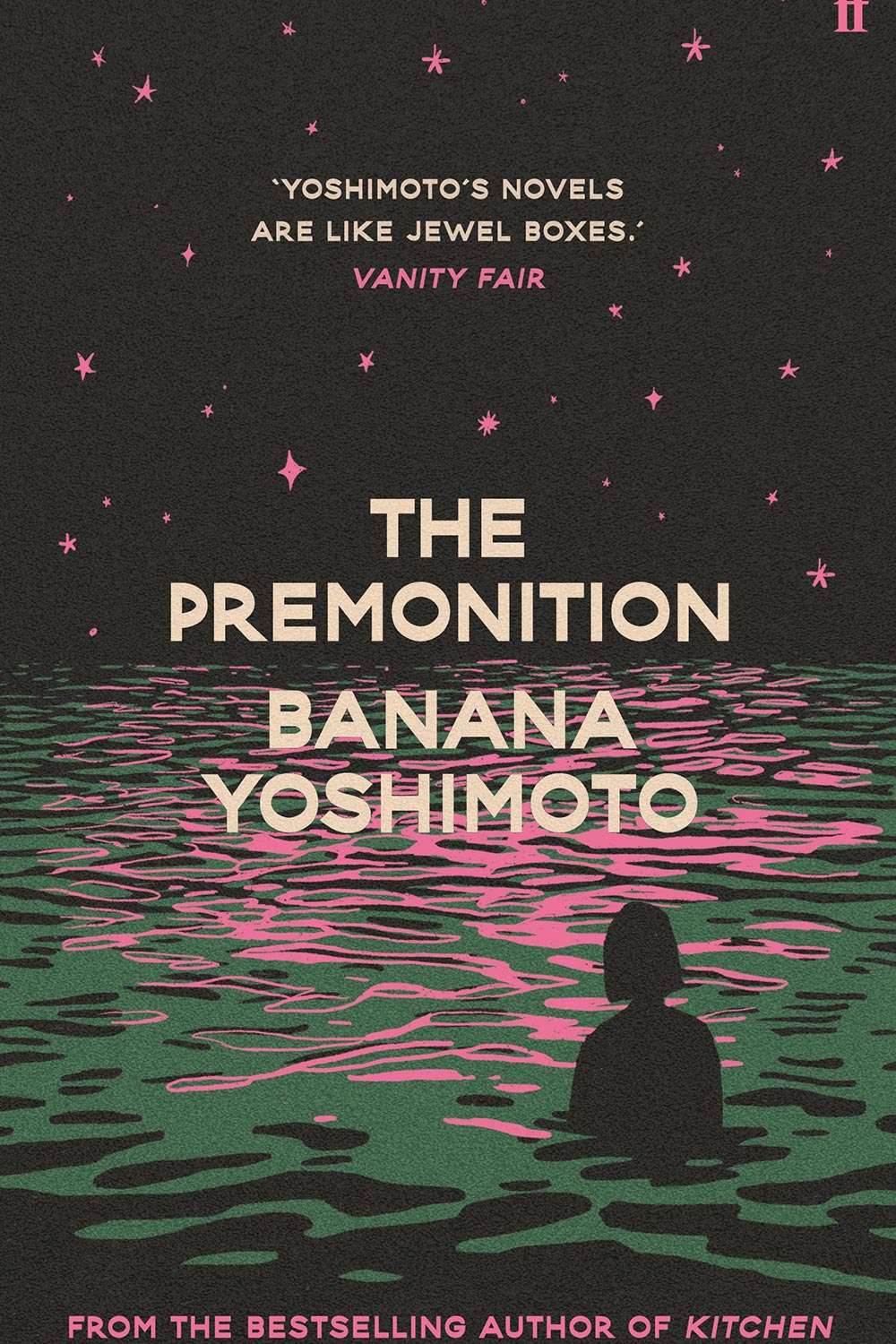
At just over 130 pages, this delicate, precisely drawn novella packs a lot into its slender spine. The story opens as 19-year-old Yayoi arrives to stay with her mysterious young aunt, whose chaotic lifestyle and surroundings are at odds with her natural self-containment. Yayoi has previously left home for periods of several days when she needs space to work unspecified things out, yet: ‘There’s no coming back to what I have, not this time’, she understands, even as she prepares to leave. Sure enough, the nagging doubt that has begun to form at the centre of the mystery of her forgotten childhood is revealed – and with it, everything Yayoi thought she knew becomes forever changed. Exquisite.
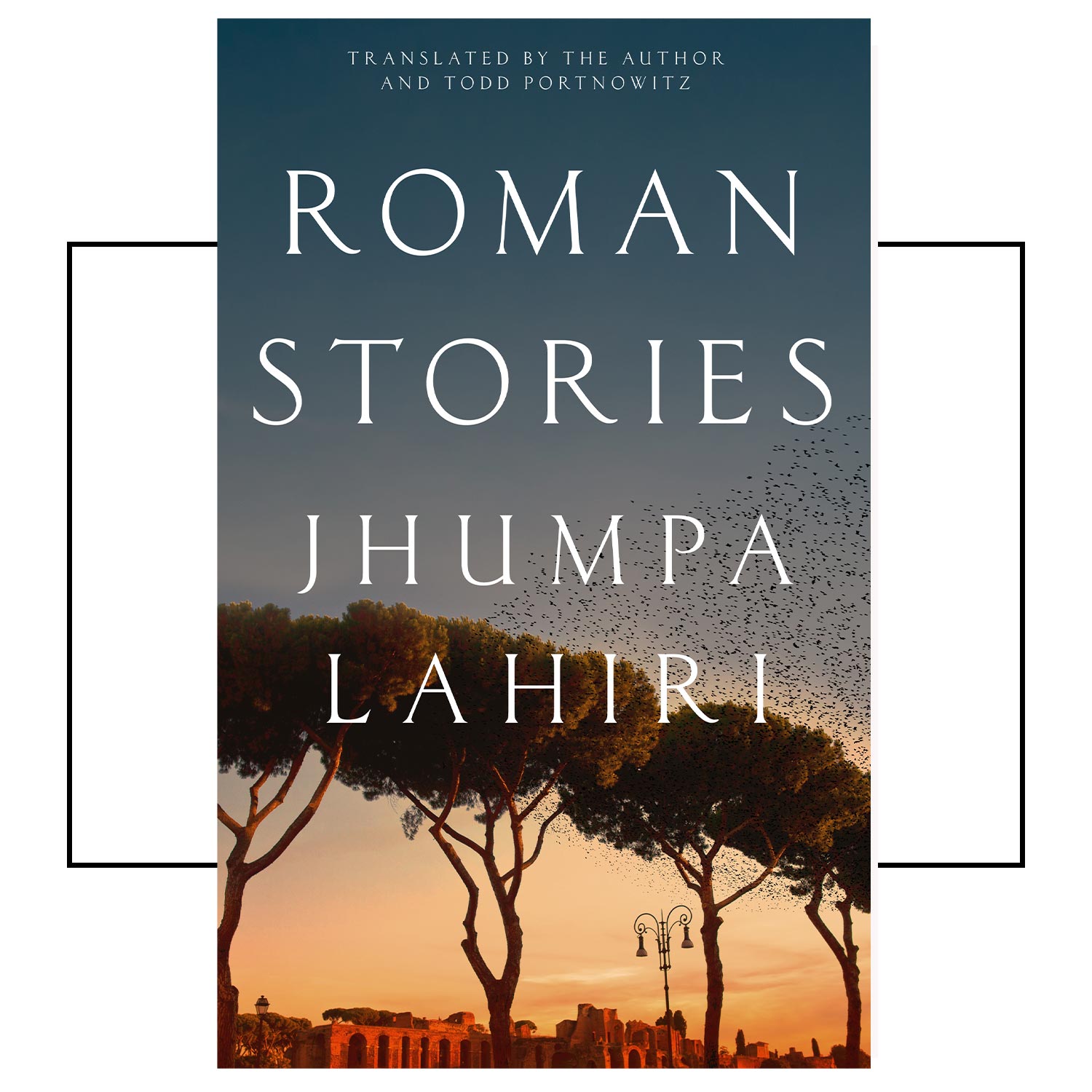
There are (to paraphrase the classic American TV series) four million stories in the Eternal City, and Lahiri’s latest collection takes a peek into the fictional lives of a cross-section of some of them: the girl who looks after the holiday cottage in her mother’s absence, allowing us to gradually see the differences and crossovers in each family’s lives; the refugee whose family’s delighted at being granted a permanent residence in a suburb ‘with sky to spare’ only to run up against their neighbours’ bigotry and racism, forcing them out. In Part II, a set of stairs serves as the backdrop to snapshots of five very different individuals, an anxious ‘ex-pat’s wife’, two grieving brothers and a screenwriter among them. Lahiri knows of what she writes – the Pulitzer Prize-winning author and translator splits her time between Rome and New York – and her insider’s outsider view on the city permeates every page. Masterful.
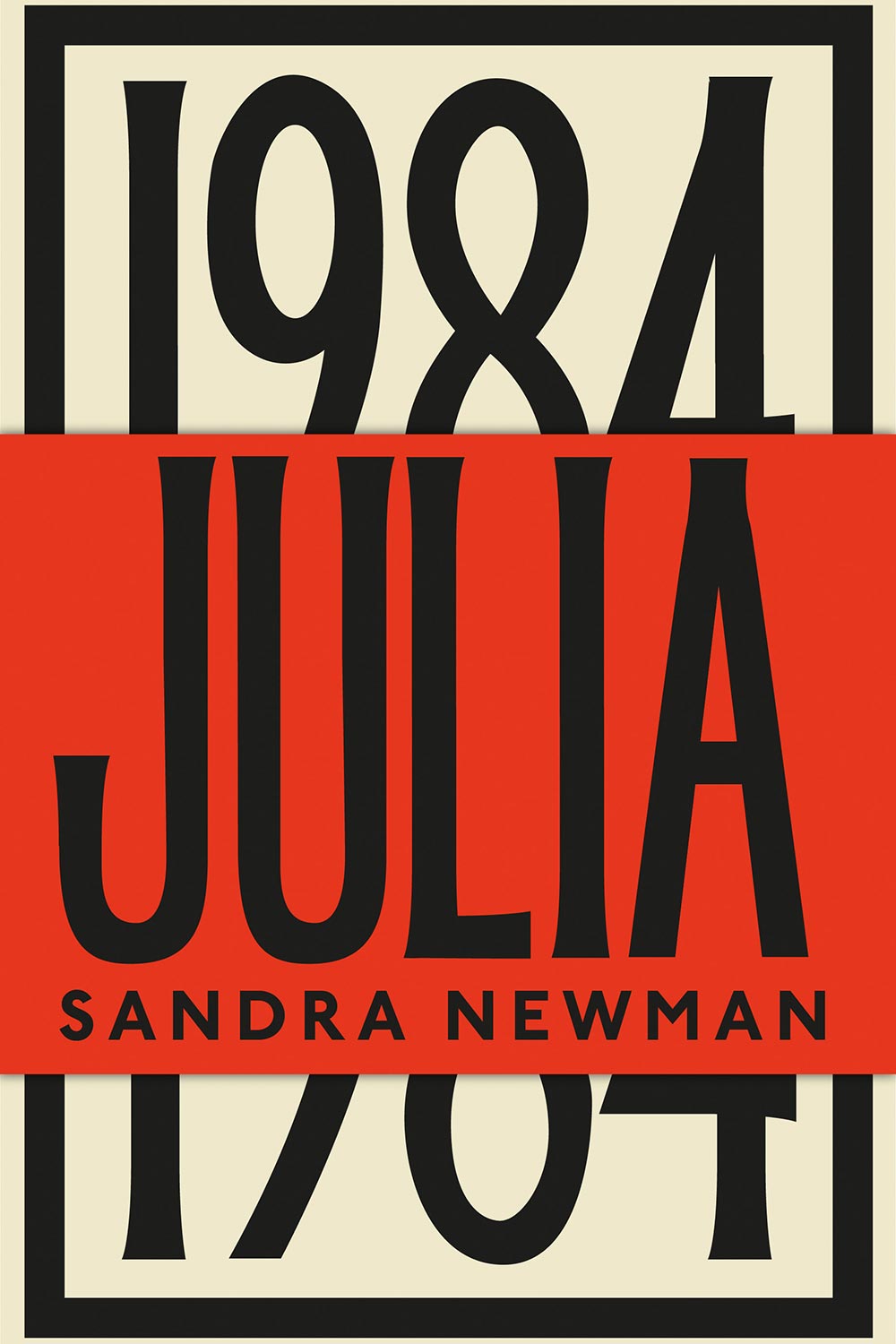
Do we really need a ‘retelling’ of Orwell’s classic novel? Its themes are so pervasive, most people who haven’t read the original are surely aware of them – the notion that ‘Big Brother is watching you’ famously inspired the ‘big daddy’ of TV reality games of the same name. In Newman’s hands, however, the answer is yes. She turns the spotlight away from Winston Smith to focus on his lover, Julia, and in doing so pulls out the story, Handmaid’s Tale-style, to bring attention to the impact of the regime on women’s bodily autonomy, among other things. While in these ‘fake news’ times, those clear parallels with how misinformation and hate speak can bend and contort any so-called truth ensures 1984’s core message remains chillingly timely.
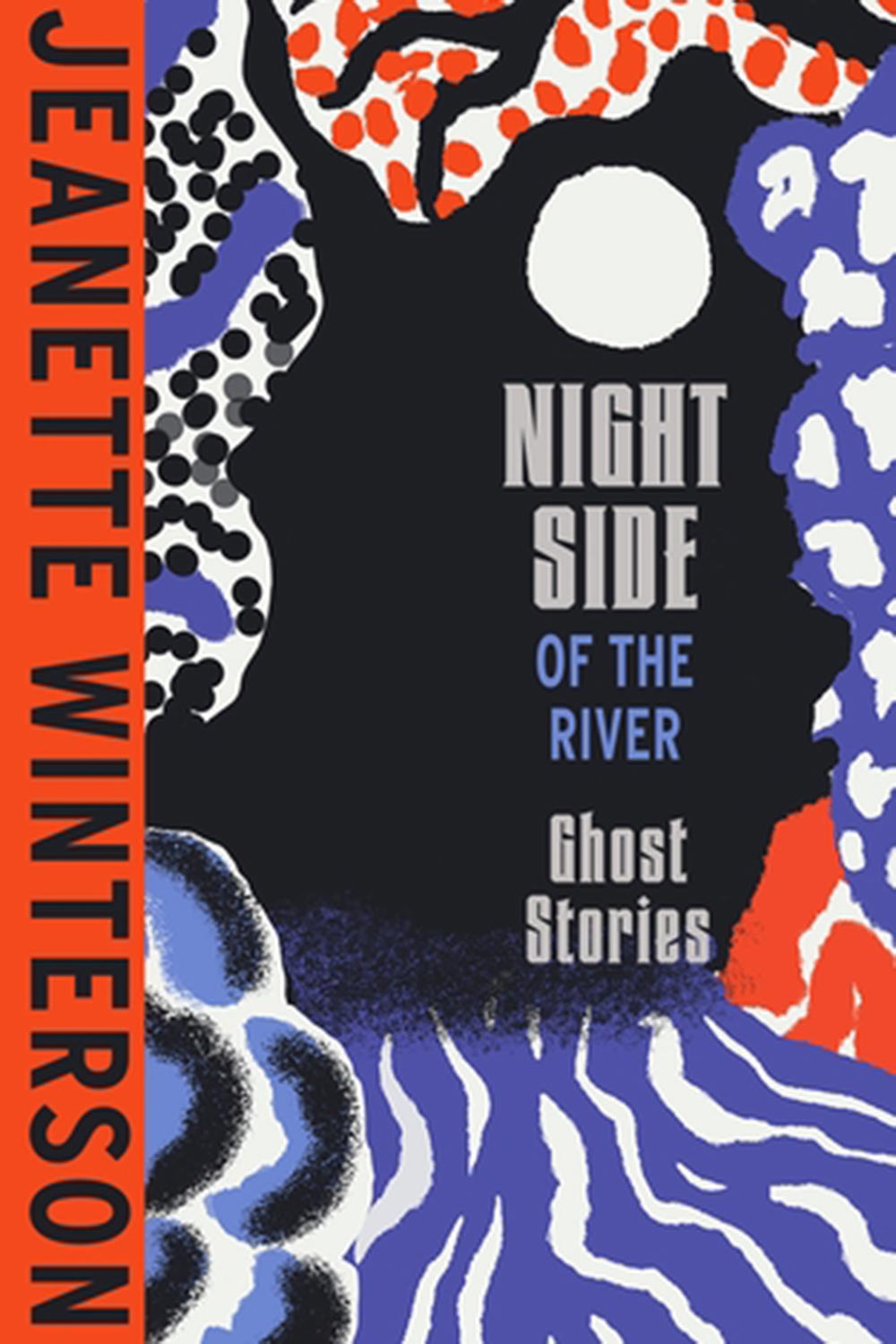
As first witnessed in her fairy tale-inflected debut, Oranges Are Not the Only Fruit, Winterson has long been fascinated with other realms and spaces; this new collection is an opportunity for her to explore all of them. The stories feature ghosts both classic (the kind that haunt people and old buildings) and modern (those inside machines), and range from the humorous – the AI ‘upgraded’ husband who proves to be as much of a cad in the metaverse as he was IRL – to the genuinely chilling. Most moving of all are the ‘ghosts’ of grief, beautifully encapsulated in companion tales ‘No Ghost Ghost Story’ and ‘The Undiscovered Country’, which explore bereavement from both sides. In between, Winterson intersperses her own experiences of things going bump in the night, including at her home in London’s Spitalfields. A warm, wise and surprisingly thought-provoking addition to the spooky-season canon.
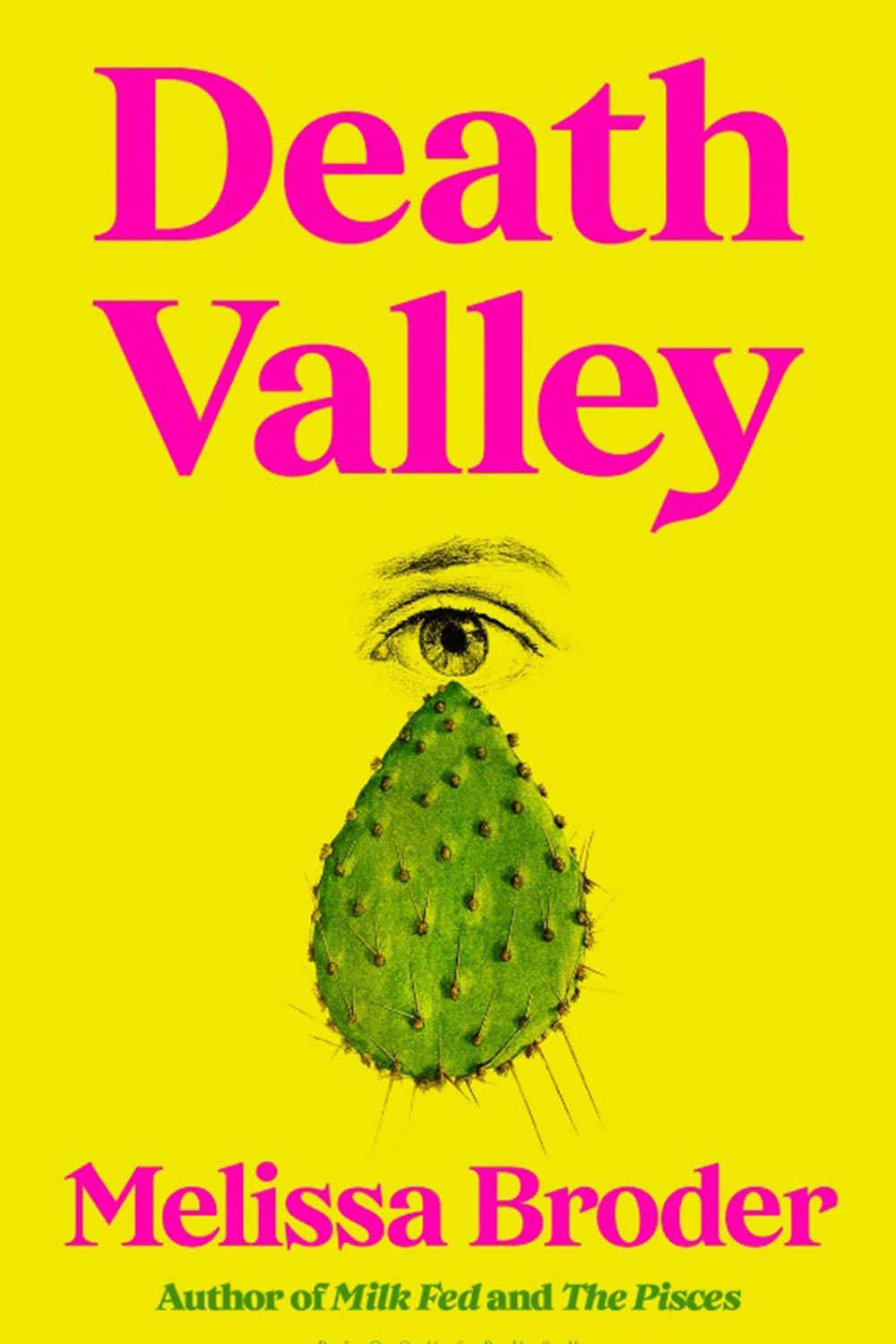
The Milk Fed and The Pisces author is back with a surreal autofiction-style novel in which an unnamed protagonist searches for both escape and the meaning of (her) life while hiding out at a Best Western on the edge of the Mojave Desert. Ostensibly there to finish writing her new novel, our ‘cosmically needy’ writer is in part escaping the pain of her dying father and the realities of life with her chronically unwell husband back home. Unable to settle down to her task, she heads into the desert and encounters a magical cactus. Things go very wrong, however, when she goes back for an impromptu, underprepared hike and gets lost. Is what follows just a sun- and dehydration-induced hallucination or a true hands-and-heart meeting with the divine? A cerebral, darkly funny take on grief, self-expression and the mystical, healing power of nature.
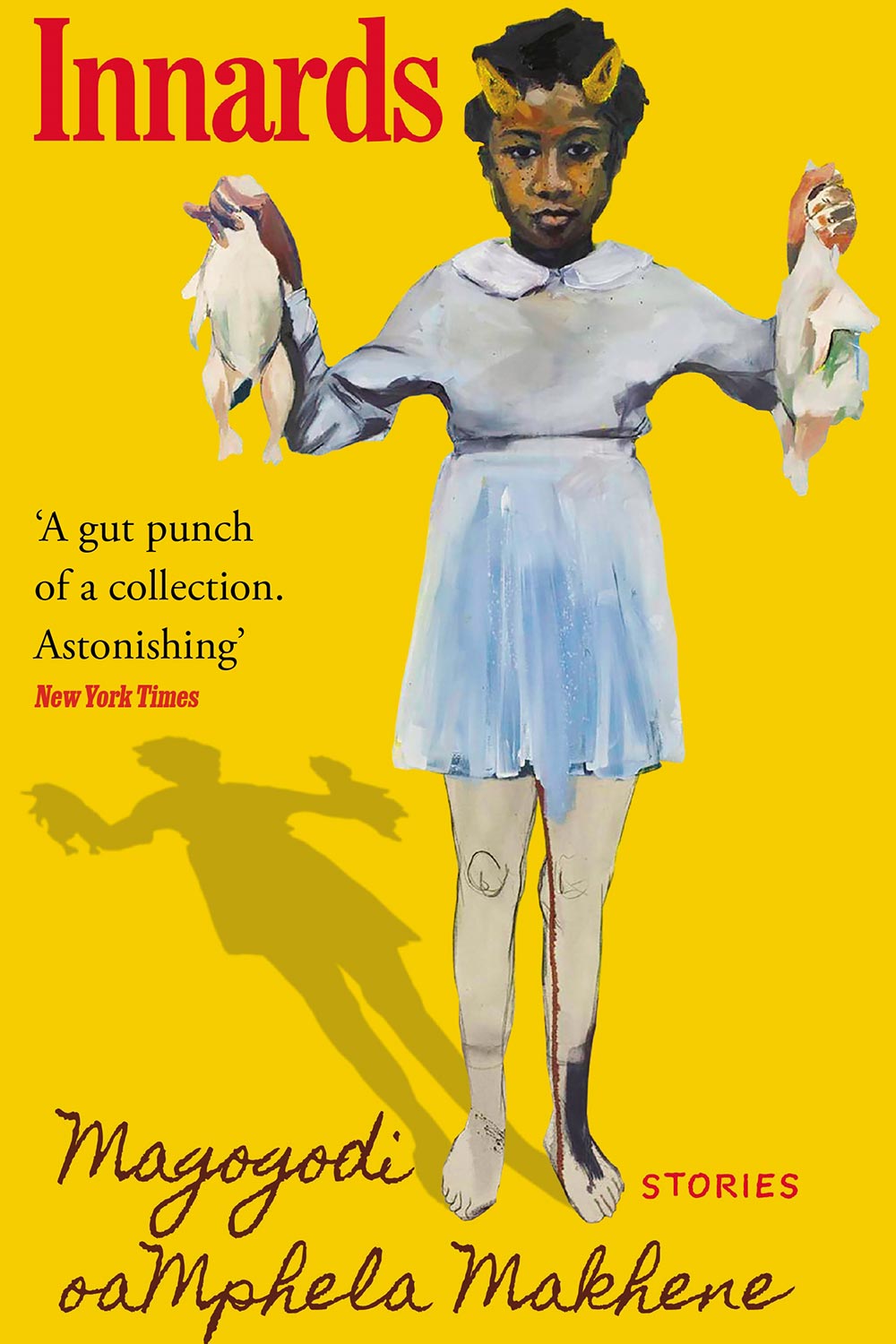
Set in and around Soweto and covering the period from the establishment of apartheid through its dissolution and into the present day, Makhene’s quietly furious debut – a collection of interlinked short stories – is both challenging and enlightening about the daily struggles and cruel realities imposed by that deeply divisive political movement on the lives, traditions and culture of the township’s inhabitants. Which is not to say it isn’t also at times exquisitely tender. Makhene’s sentences shimmer and turn, bringing insight and delicacy to even the most visceral subjects. A searing debut.
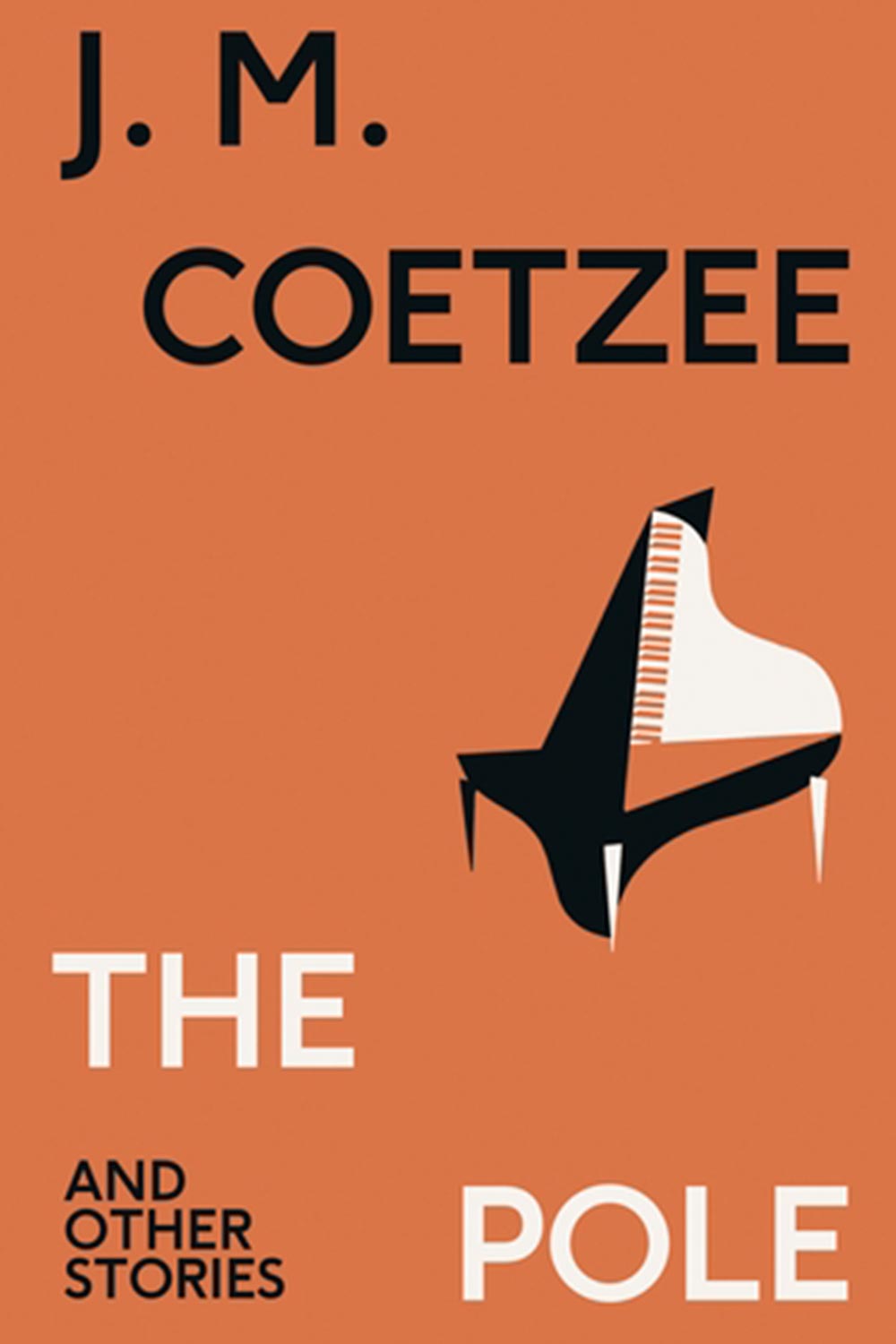
The celebrated South African-Australian author is back, and the eponymous novella that leads this publication is its star. The tale of a 72-year-old Polish concert pianist, Witold, and the fortysomething woman (Beatriz) tasked with guiding him through an invitation to play in Barcelona, we are quickly in familiar territory with regard to male-female sexual dynamics. Yet Coetzee handles Witold’s sexual pestering with Beatriz’s response to it, subverting an otherwise clear-cut tale. Intriguing.
The best books to read in September
Just as you’re likely to be hitting the refresh button on your wardrobe, September is the perfect month to bring some new-season energy to your reading list. From sensual near-future dystopias and the Manhattan Project physicist who predicted the distinct existential threat posed by AI, to genre-defying historical releases and a darkly funny gothic feminist fairy tale – consider it the ultimate ‘capsule wardrobe’ for your autumn bookshelf.
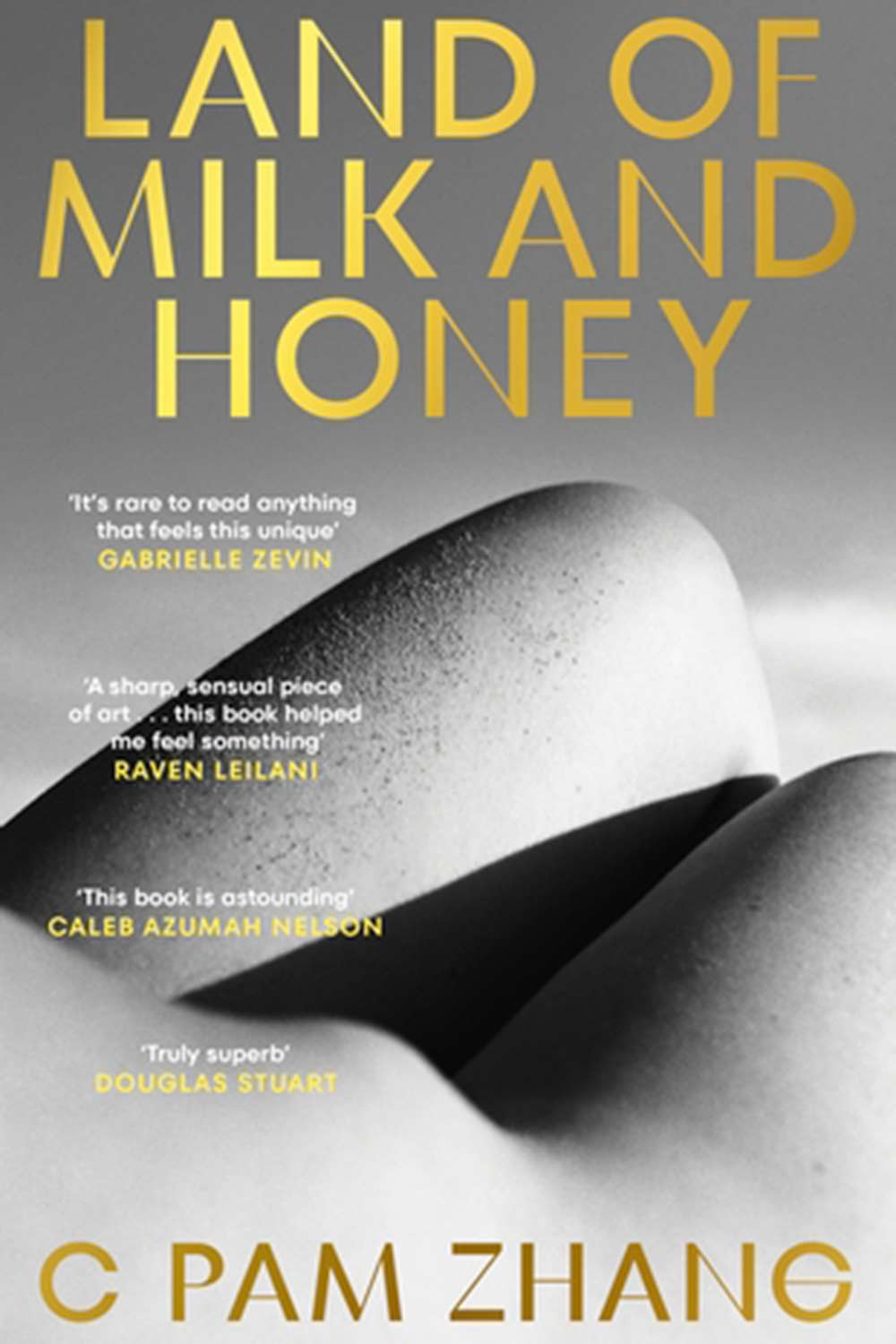
Zhang’s follow-up to her award-winning 2020 debut, How Much Of These Hills Is Gold, is a deeply sensuous ode to pleasure, appetite and desire. Set in an all too plausible near-future in which an unidentifiable smog has strangulated food production, biodiversity and is slowly but steadily rendering the world inhabitable, a young chef accepts a job on a remote Italian mountain top where a father and daughter run an ‘elite research community’ funded entirely by private investors – the 1% of the 1%. Tasked with creating lavish meals for its residents as a way to encourage them to invest more fully in the project, she willingly sacrifices her autonomy for the abundance of Miele’s larder. But as she grows closer to the brilliant, beautiful, wilful Aida, the stakes – and the costs – grow ever higher. A brilliant exploration of greed, loss and power.
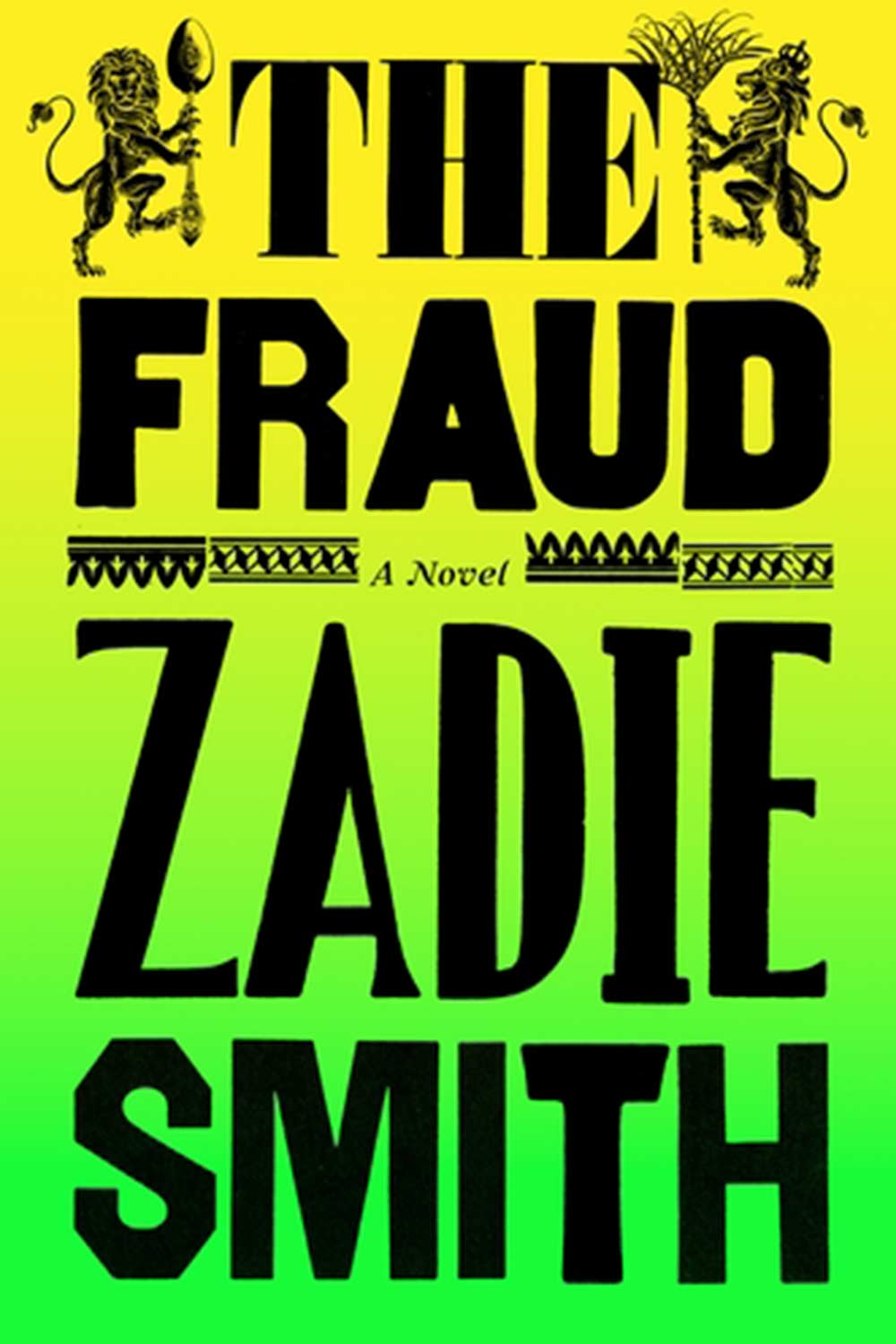
Novelist, essayist, playwright: Smith’s versatility has never been in any doubt. What she claims she had never particularly wanted to do, however, was write a historical novel. And yet here we are, with exactly that – one that sits firmly in the sprawling, Victorian traditions of the likes of Dickens and Thackery, but which retains Smith’s modern literary fingerprint. The narrative is built around real events and focuses on the famous Tichborne Trials, in which a poor Australian immigrant claimed to be the missing heir to the wealthy Tichborne family’s estate. Into this, Smith weaves ideas around sexual freedom, literary stardom, populism and colonialism, courtesy of a sharp, insightful look into the slave trade from the trial’s star witness, an ex-slave who was raised on a sugar plantation in Jamacia.
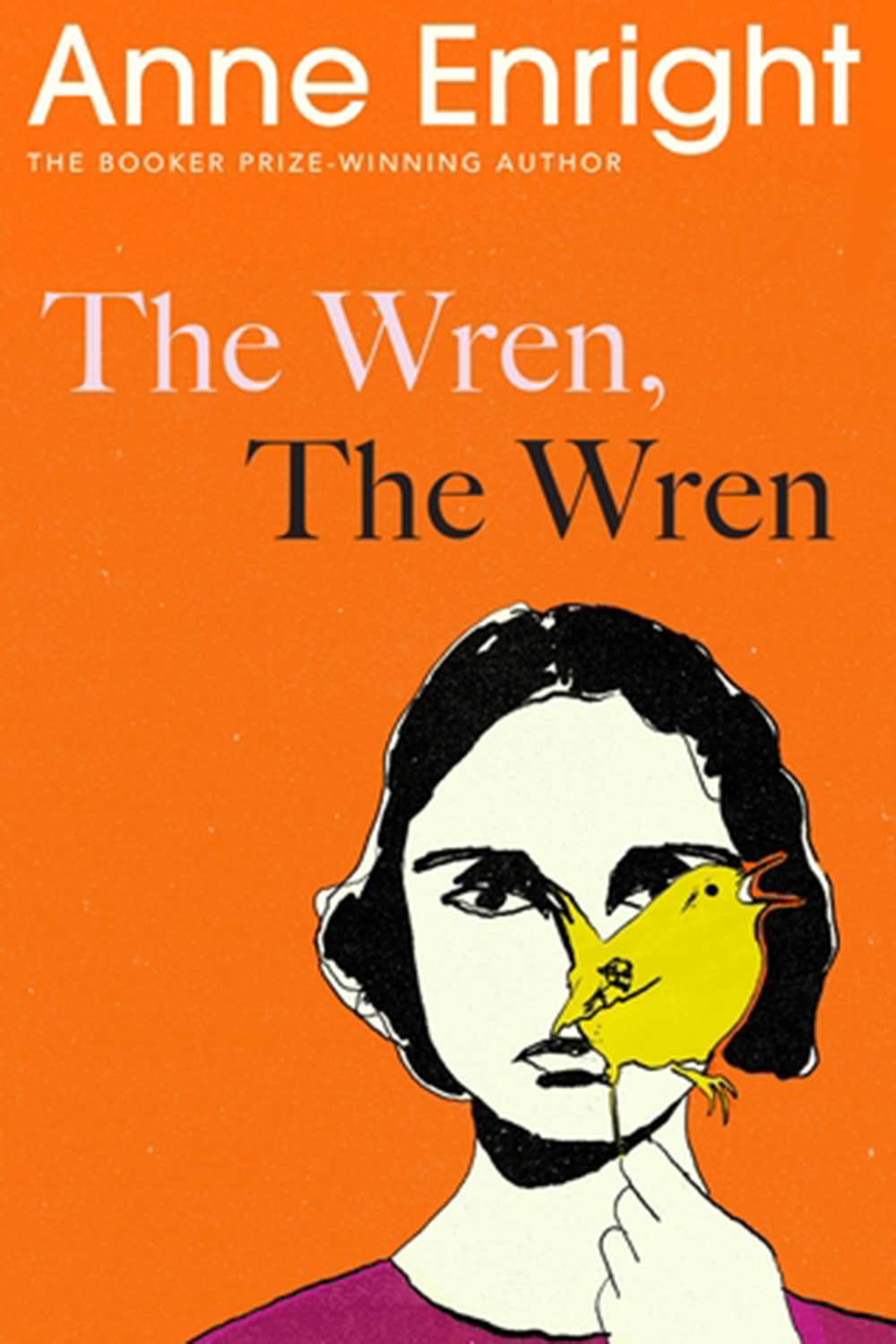
Astutely told and beautifully written, the award-winning author of The Gathering and The Green Road is back with another sharp-eyed look at family dynamics and generational misunderstanding. Here, mother and daughter Carmel and Nell navigate the semi-dysfunctional intensity of their relationship against the emotional and literary legacy of Carmel’s father, a long-deceased Irish poet whose mistreatment of his wife and daughters was brushed aside in the name of his ‘art’. While Carmel has long since vowed to commit herself to no one but her daughter, Nell is repeating the patterns of the past with an abusive first relationship of her own. As Nell goes out into the world, both women have the time and space to consider the legacies of their pasts and how to redraw them for the betterment of their futures.
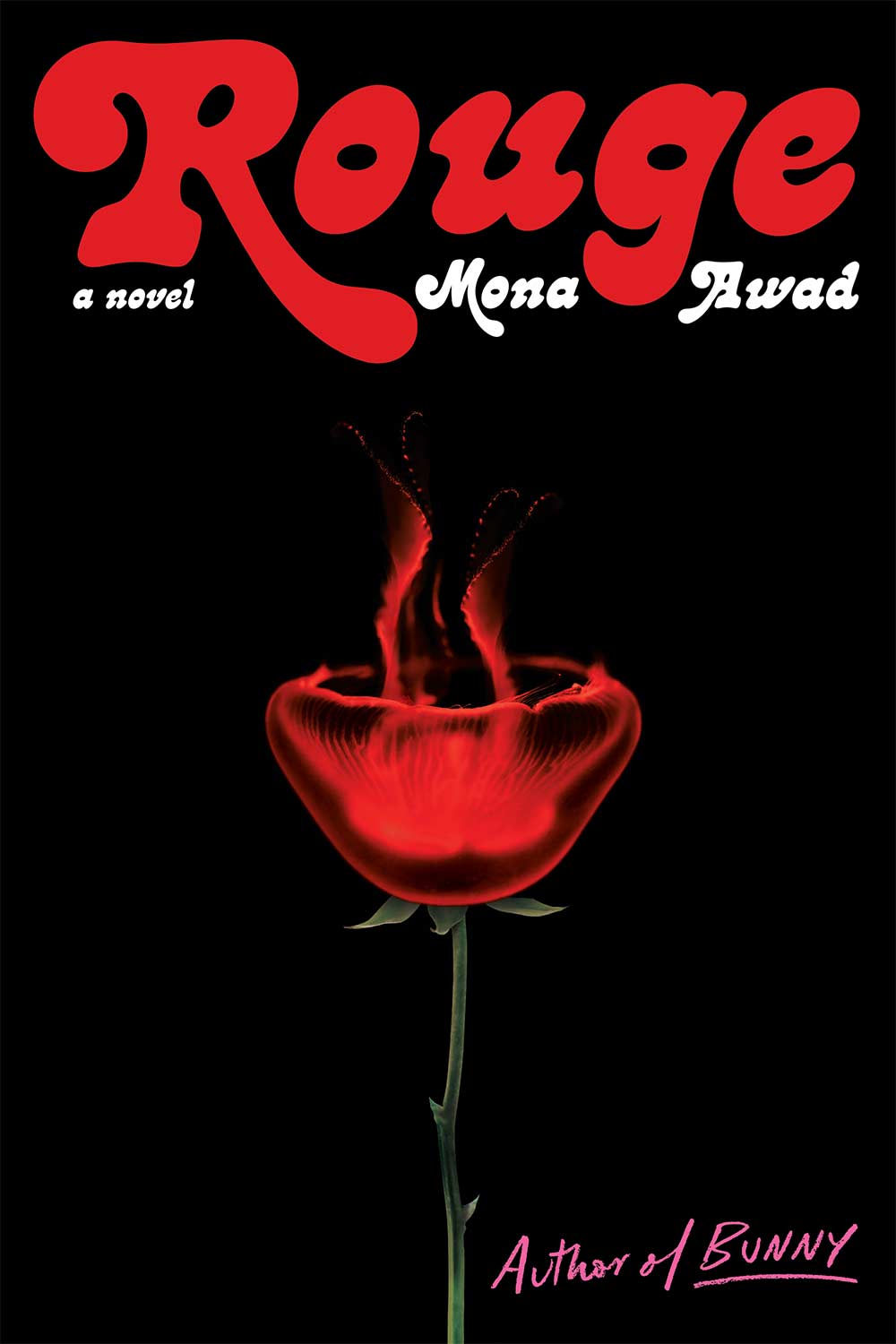
If you liked Awad’s campus novel-skewering Bunny, you’ll love this. Described by her publishers as a ‘horror-tinted gothic fairy tale’, it leans heavily and knowingly into its tropes, from who’s-the-fairest haunted mirrors and autonomous red shoes to a wry spin on the handsome ‘prince’. The story opens as skincare obsessive Belle flies in from Canada to attend her mother’s funeral in sunny California, where every mirror is cracked and a mysterious woman in red sets Belle on the path to an equally mysterious elite spa where, as a Perfect Candidate for their programme, she is fast-racked through its treatments. But at what cost? Darkly funny and incisive, Awad holds a mirror up to so-called feminine ideals and the infinitely complex mother-daughter relationship. Lots and lots of fun.
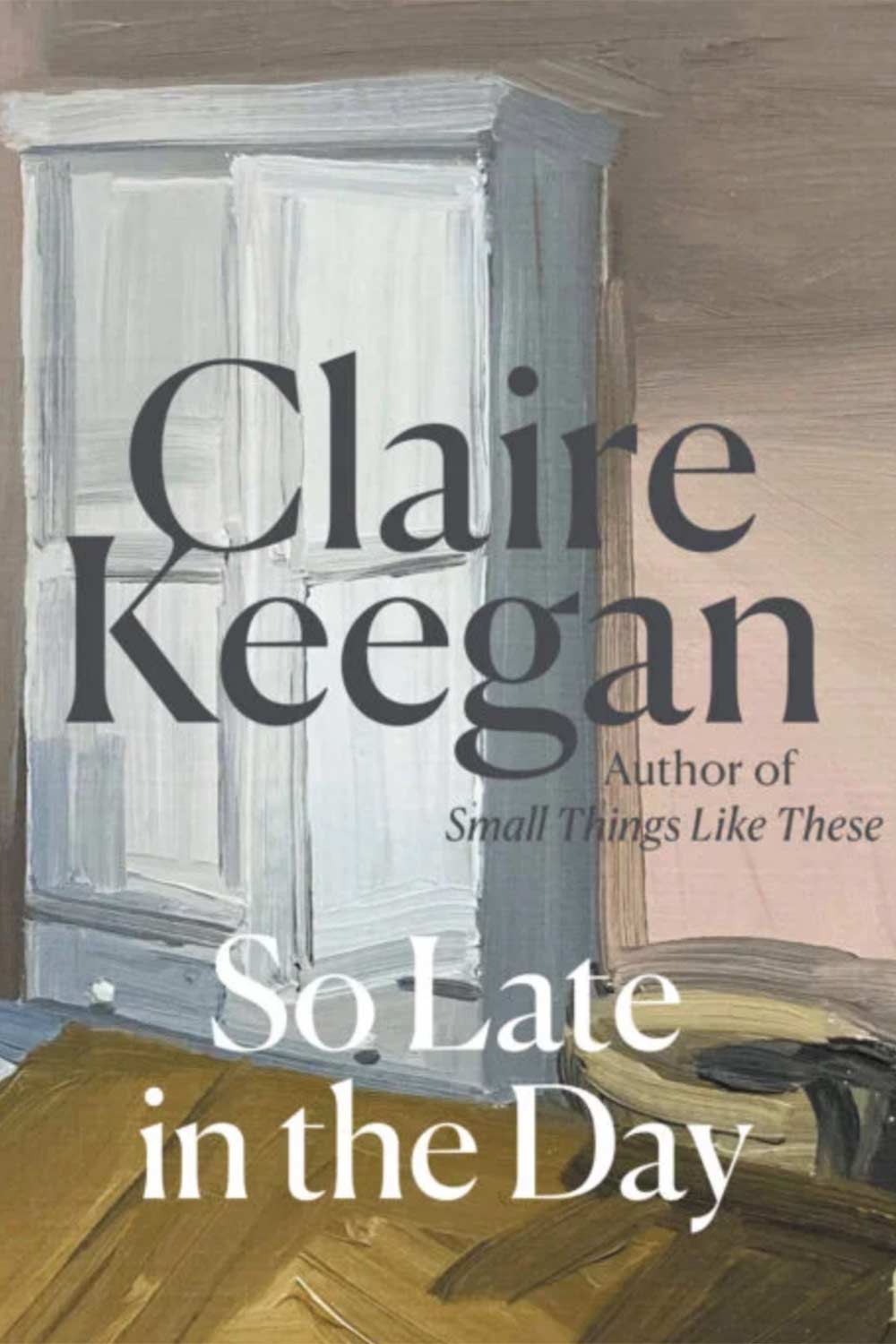
Keegan is almost as well known for the slenderness of her longform fiction as she is for the quality of her prose (at just 116 pages, 2021’s Small Things Like These is the shortest novel to ever feature on the Booker shortlist). That novel’s success has led to the publication of this beautifully presented standalone short story, which compresses what many a novelist would be happy to be able to portray in a work four or more times its size into just 60 pages. Set over a single day it captures the year-long relationship between Cathal and Sabine from the former’s perspective, building a complex and fully-formed portrait of love found and lost, contemporary Irish masculinity (and misogyny), female independence and much more. Stunning.
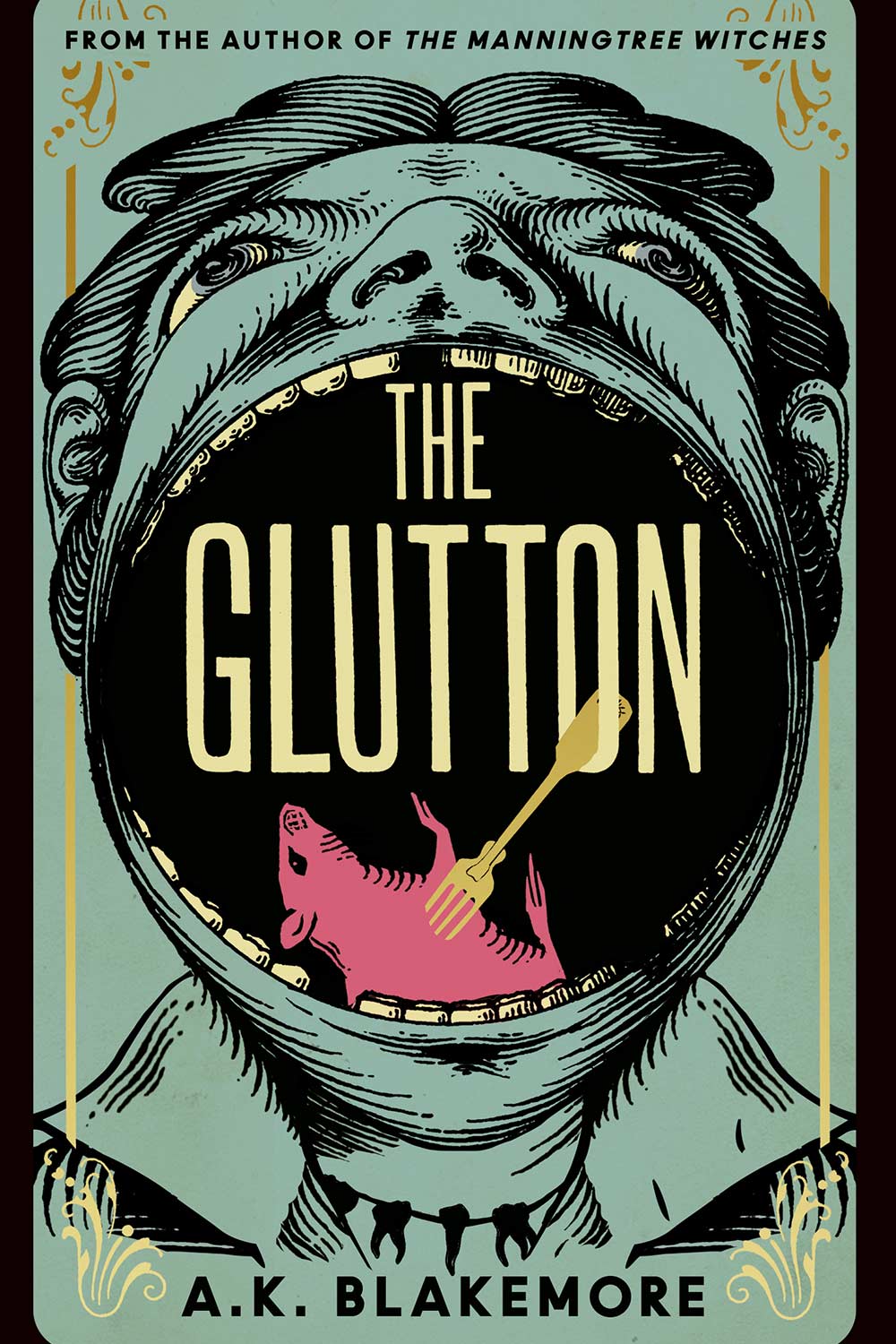
We’re in 18th-century France, and while King Louis XVI frolics in his golden palace at Versailles, the nation at large is close to starving. Our focus, however, is on a village outside Lyon where Tarare is born to an unwed mother and grows up poor, humble and kind until a violent incident triggers a vast, insatiable hunger that brings him infamy and worse. (‘Perhaps he is empty metaphor. Perhaps,’ notes Blakemore of Tarare’s dubious ‘skills’.) Fast-forward to the last days of his life and Tarare the Terrible, as he is now known, lies shackled to a bed having been suspected of an unspeakable act where he reveals his life story to the nun tasked with watching over him. Blakemore’s debut novel, The Manningtree Tree Witches, won the Desmond Eliot prize in 2021. This arrestingly visceral follow-up is surely set to bring her similar acclaim.
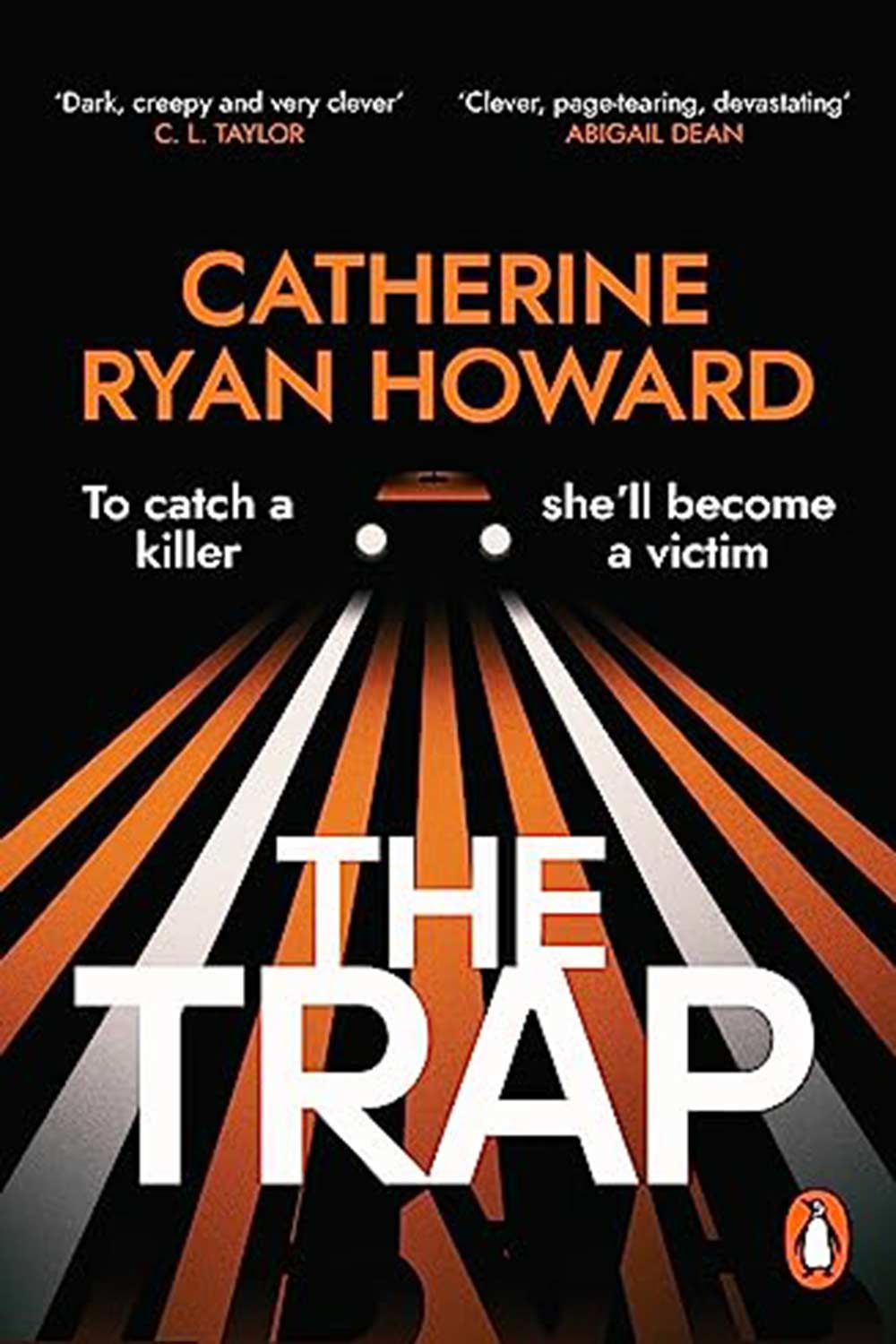
In this twisty thriller, a young woman puts herself out as bait for the serial killer she believes holds the secret to her sister’s disappearance more than a year before. Told from multiple points of view – including that of the man who claims to be the killer and a trainee police officer brought in to help on the case – Ryan Howard ratchets up the tension in a clever game of who’s who that will keep you guessing to the very last pages.
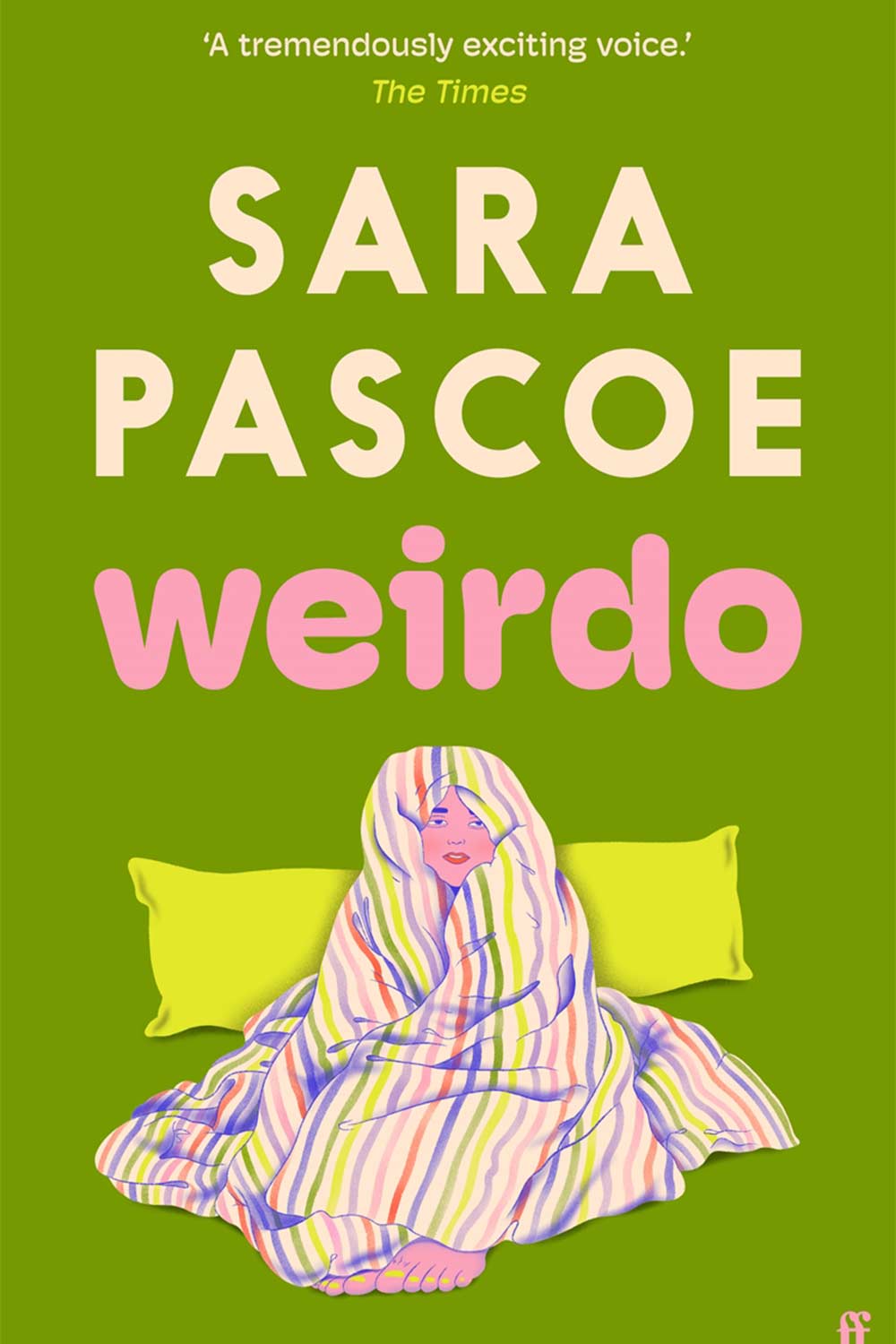
Sophie’s life is a mess. Her sister is marrying her ex, her relationship with her mother is troubled and her current boyfriend, Ian, is definitely not The One. When Chris – her long-time crush from their days together ‘on the buses’ – wanders into the Essex pub Sophie now works in, it’s her chance to set everything right. As funny-sad as it is funny-funny, comedian Sarah Pascoe does an excellent job of revealing Sophie’s past mistakes and vulnerabilities, imbuing her character with the same singular voice and impeccable comic timing of her stand-up.
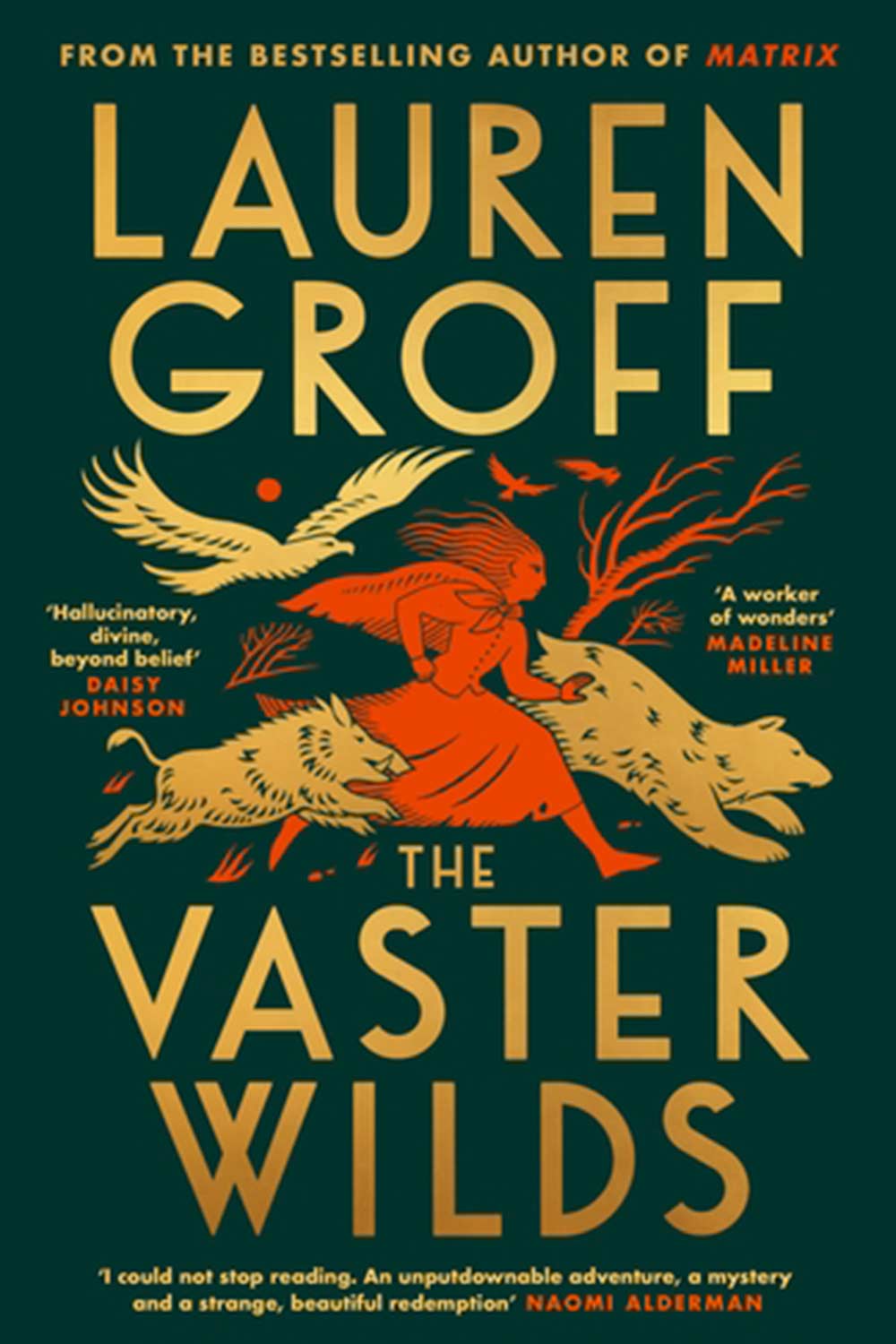
Groff stays firmly in the past in this follow-up to her acclaimed 2021 historical novel, Matrix, which follows a young servant girl in 17th-century America as she tries to survive in the wild having fled the colony in which she has lived and worked her whole life. As her mind and body are pushed to the limit, Groff doesn’t let up, with lucid prose in a fable-like search for autonomy and freedom that doesn’t shy away from the visceral horrors of the girl’s present or her past.
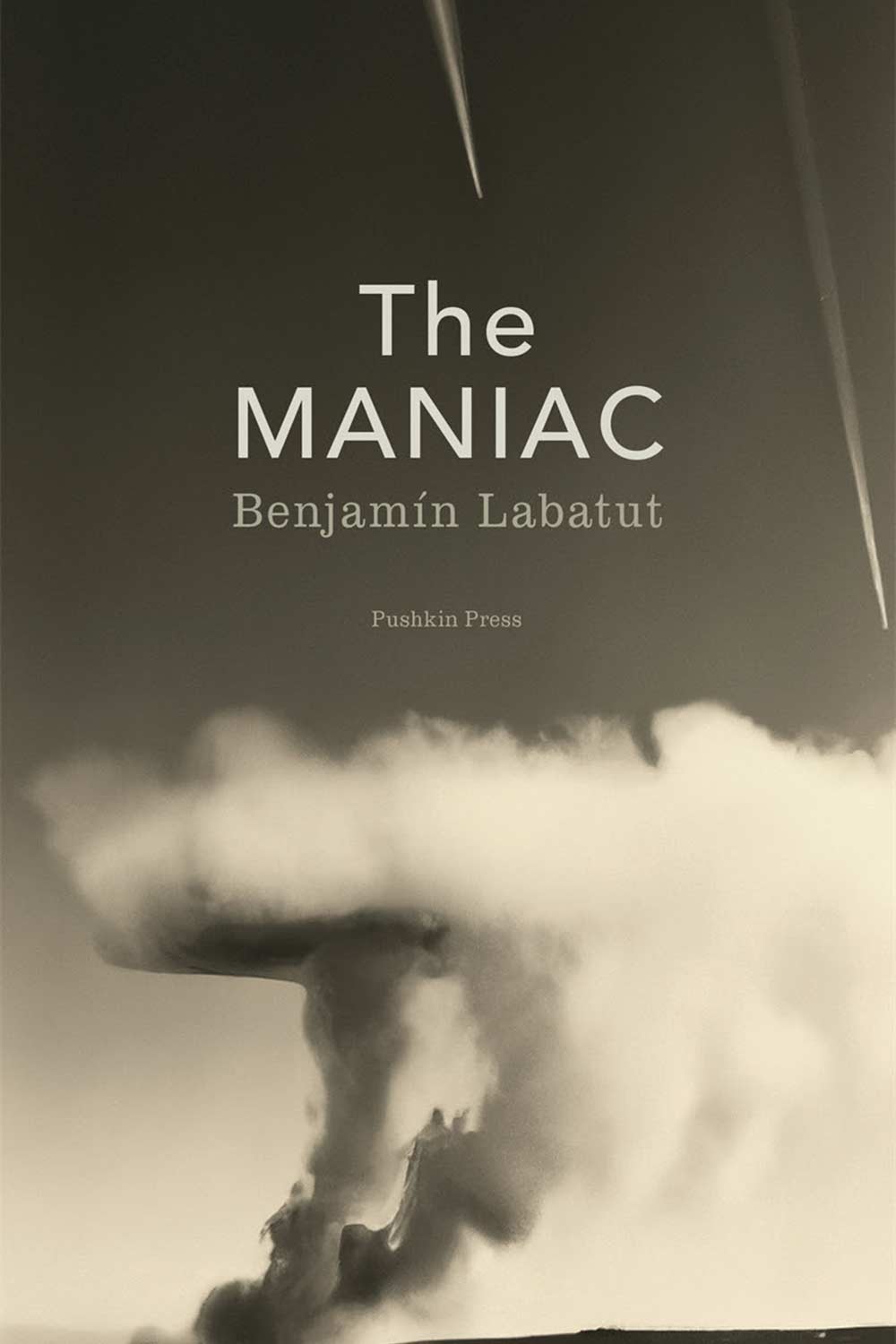
In the wake of Christopher Nolan’s cold-war nuclear biopic, Oppenheimer, Labatut’s novel shines a light on another key player in the infamous Manhattan Project: Hungarian physicist and mathematician Johnny von Neumann. Opening with the murder-suicide by Austrian physicist Paul Ehrenfest (who killed his son before turning the gun on himself), Labatut takes us through the rise and fall of von Neumann’s life and career, and the impact of his developments and predictions in physics, computing – including his contribution to the ground-breaking early computer, MANIAC 1 – and artificial intelligence. The novel closes with the story of Lee Sedol, whose defeat by an AI programme in the notoriously challenging board game, Go, in 2016 came as such a blow to the Korean master that he retired from the game. Weaving fact and fiction, Labatut draws thrilling – and chilling – connections between the quest for knowledge that drives the geniuses behind scientific and technological progress. A gripping read.
The best books to read in August
August is the month of escape. And you don’t have to board a plane or a train or even climb into an automobile to head off into frontiers unknown. All you need to transport you to lands from Casablanca to Malaysia to Down Under and – in one of our picks, whole new universes – is to arm yourself with this month’s round-up of new releases and must-reads. Lucky you!
Celebrity news, beauty, fashion advice, and fascinating features, delivered straight to your inbox!
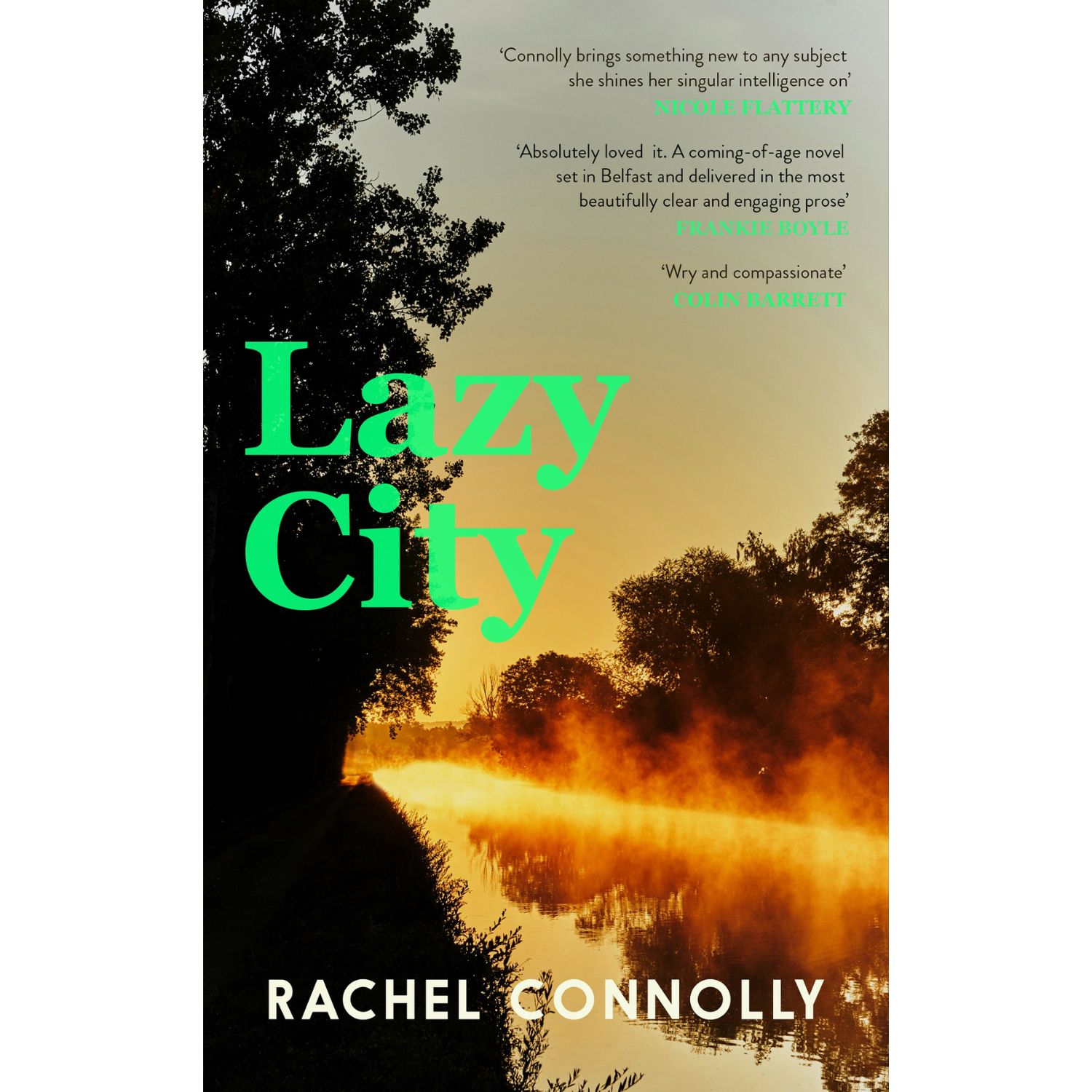
Erin has returned home to Belfast following the sudden death of her best friend in London. Paralysed by her grief, she is confronted by the ghosts of her past in a city struggling to come to terms with its own. Complicated relationships with her mother and old flame Mikey, are compounded by entangling herself in a new one with a visiting American lecturer and aspiring novelist who appears to be running from something in his own past. Connolly does a wonderful job of showing us the universality of Erin’s pain and that of those she encounters – not least Mikey’s troubled younger brother, Matt. ‘Anger takes so much energy,’ she notes at one point, ‘and when it’s gone there is only sadness.’ She isn’t afraid to sit in that sadness, but she doesn’t allow her characters to wallow. This soul-searching – and at times delightfully spiky – debut is a clear-eyed, non-judgemental guide through the sad stasis of grief and what’s both lost and gained in taking those vital steps closer to moving on.
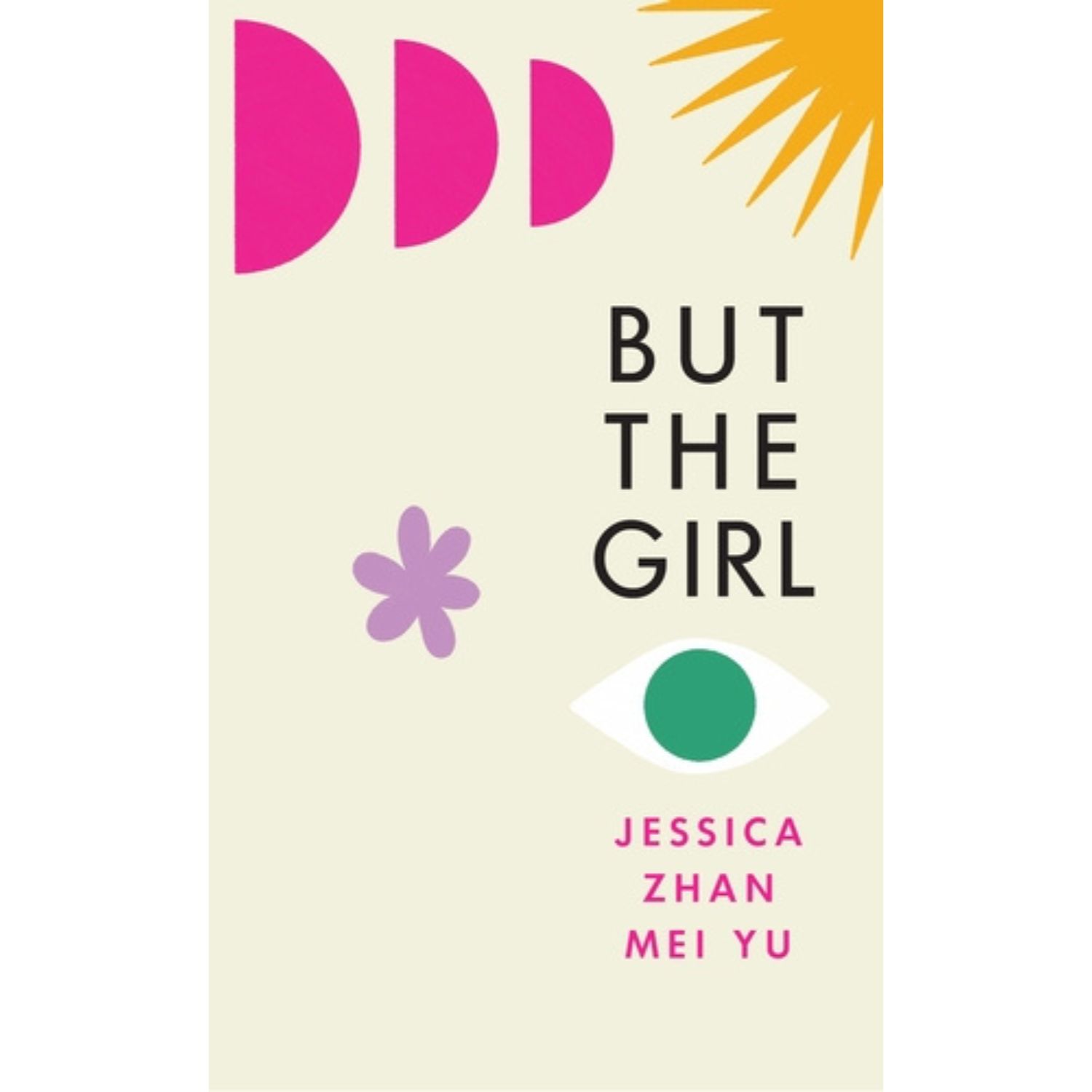
Unnamed narrator Girl travels from Australia to an artist’s retreat in the UK to work on the ‘post-colonial novel’ that is part of her PhD research into Sylvia Plath. There, she comes up against the privilege of her peers while being forced to confront her own. The scenes that reveal the history of the previous two generations of Girl’s Malaysian family – and her empathy for spiky grandmother, Ah Ma, in particular – serve as moving counterfoils to the fish-out-of-water set pieces, as do Yu’s flashes of humour (a table in which she lines up Plath Groupies versus Plath Scholars is a case in point). An intelligent, affecting coming of age story.
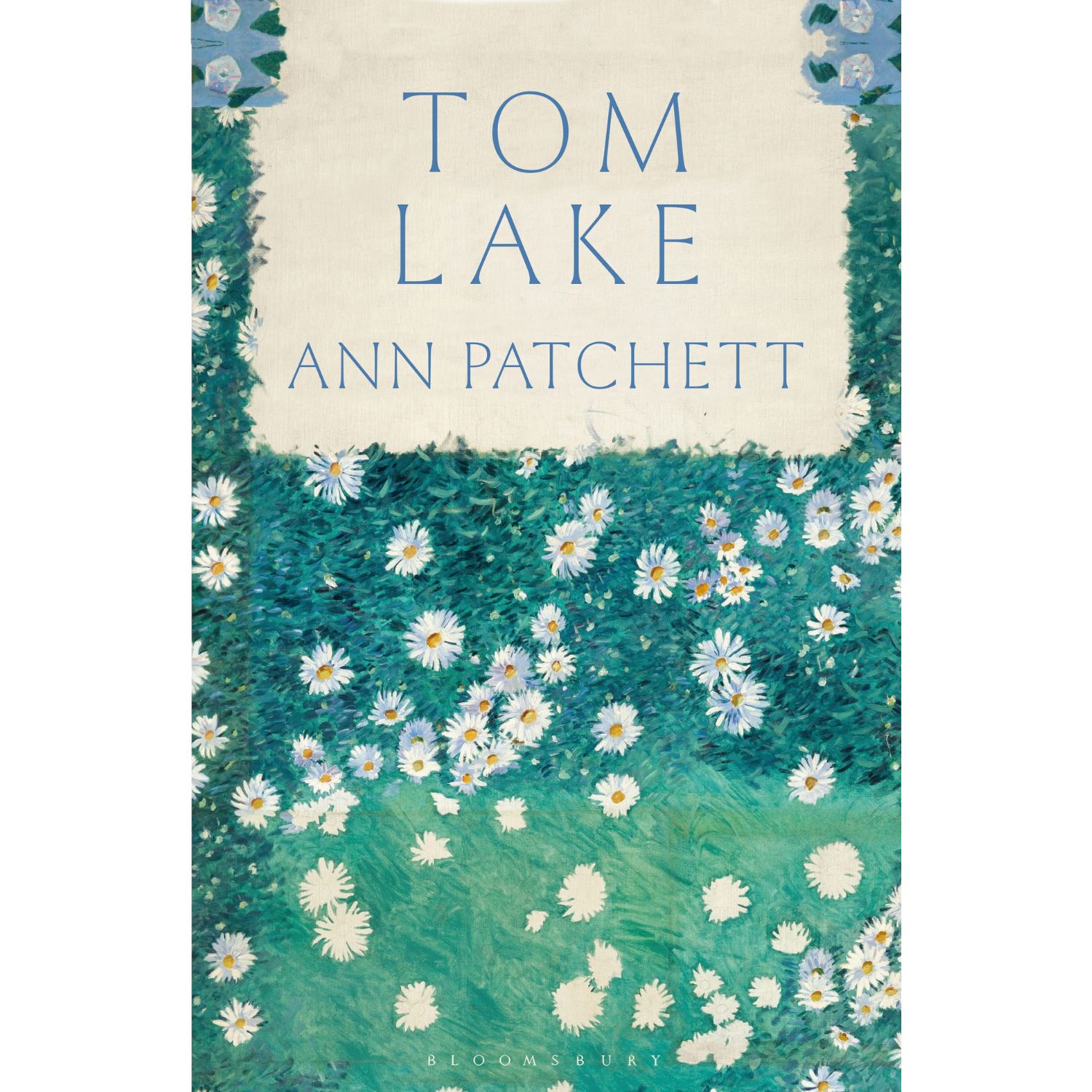
It’s 2020 and the height of the pandemic. Not that you’d know it from the setting: a beautiful orchard in Michigan where Lara and Joe’s daughters have joined them to try and save that year’s cherry harvest. At her daughters’ behest, Lara begins to recount the story of her summer-long affair with a then unknown actor who would go on to become a world-famous star. Rather like the play Our Town, which frames the narrative throughout, what on the surface appears to be a gentle tale of family, choices and lives well lived is revealed as something more nuanced. As the story flips between the farm and the titular Tom Lake, climate change, race, the US migrant crisis – even a subtle rebuke to the overturning of Roe v Wade taking away a woman’s right to choose – all find their way into this complex, richly drawn tale. ‘Good marriages are never as interesting as bad affairs’, Lara muses at one point. Patchett disproves that statement in spades.
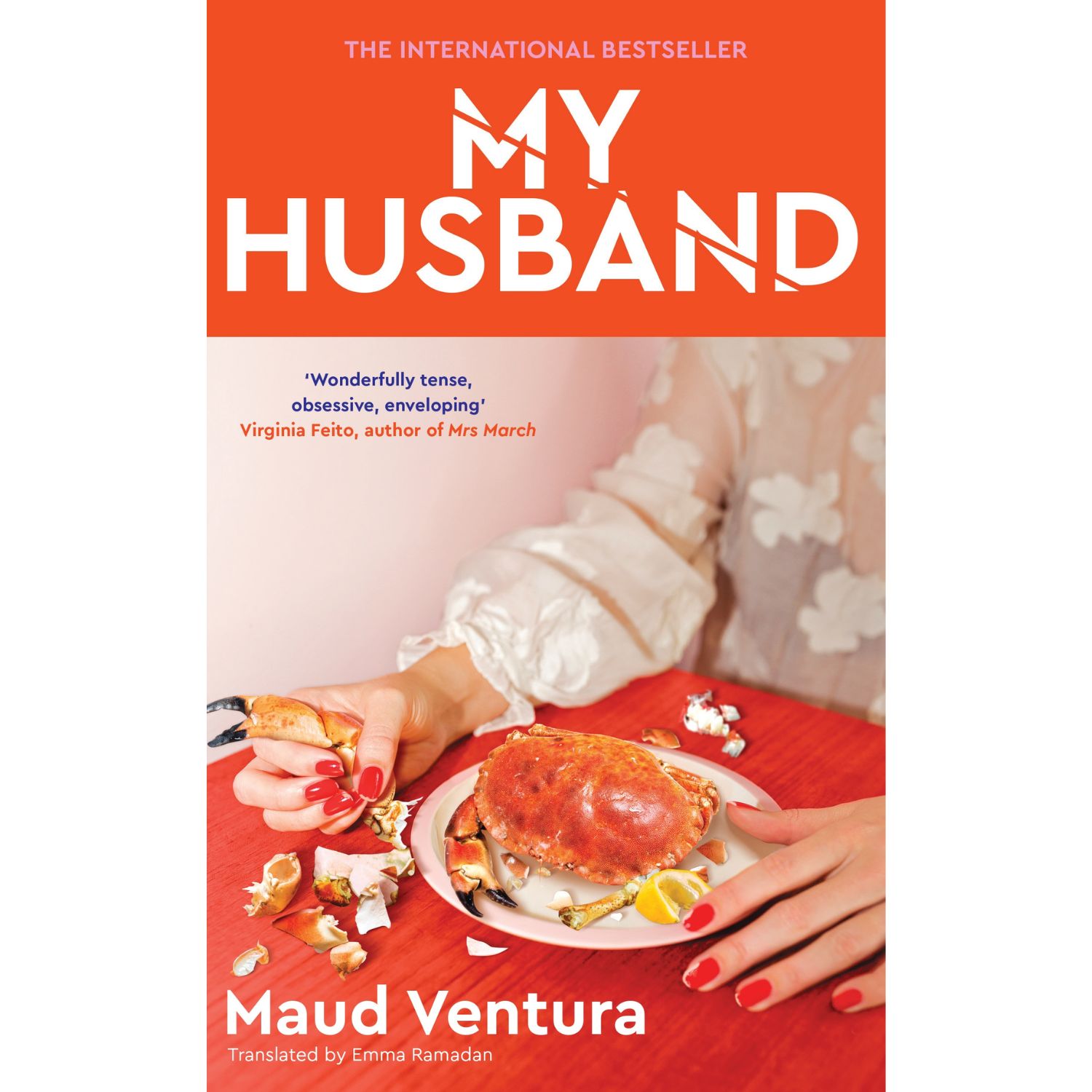
Short and pointed, this French bestseller ostensibly tells the tale of an obsessive wife’s despair at the pain that comes from loving her husband too much. No prizes for guessing there’s a sting lurking in this particular tale. Told in day-long chapters that recount the events of the week leading up to a Sunday morning that has been interrupted by her husband urgently telling her they have to ‘talk’, the plot thickens throughout.
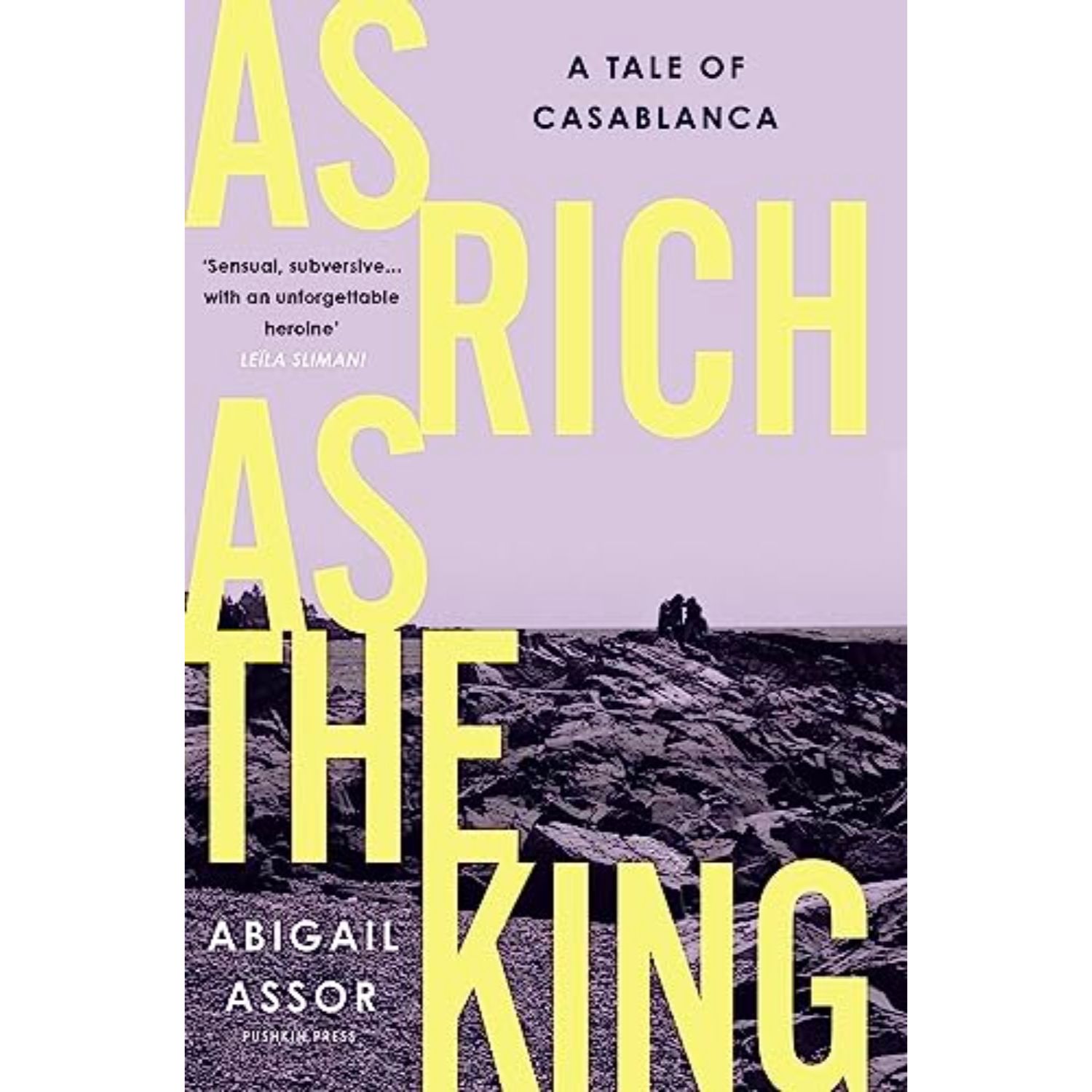
As a French girl in Casablanca – even a poor one – Sarah receives privileges her neighbours can’t dream of, including access to the city’s elite international school. But Sarah’s plans don’t involve pulling herself up by getting herself a good education. She wants to be rich, yes, but she plans to marry into it. And when she’s told that awkward Driss’s father is as rich as the king himself, she’s sure she’s found the way to do it. In this richly evoked story set in a city of two very distinct halves, Assor draws a rich and rather damning portrait of life between haves and have-nots in contemporary Morocco, striking a balance between desire and delusion.
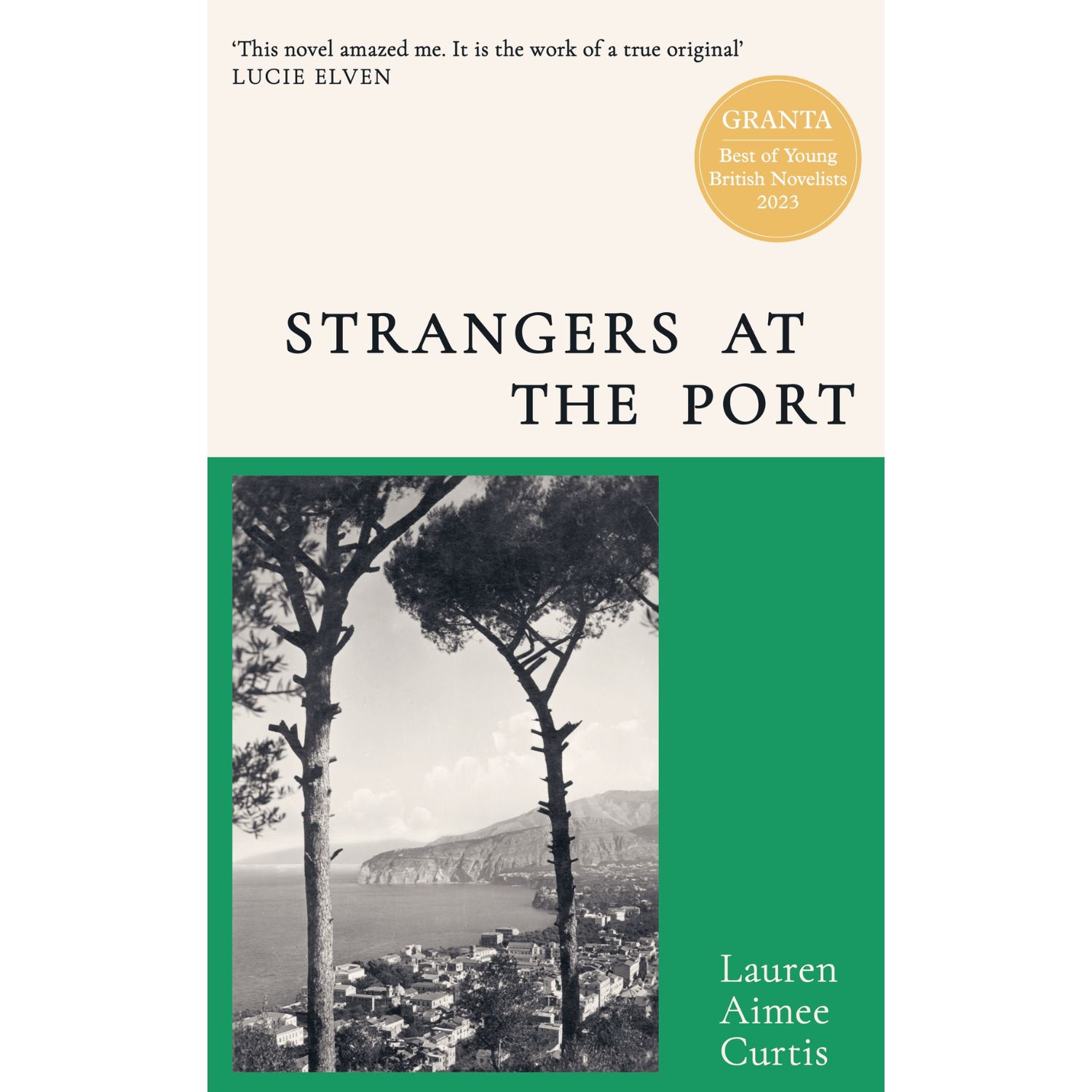
Reading this wonderfully oblique historical tale is a little like looking at the way light refracts through a prism: its meanings and impressions disperse along its journey to reveal what the author herself has termed ‘the slippery overlap between history, fiction and memory’.
Set on an unnamed Mediterranean island that goes from gloriously habitable to abandoned in less than a generation, it is presented in three distinct sections by three different narrators, with 10-year-old Guilia and her older sister, Giovanna serving as respective bookends front and back, and gentleman adventurer, the Archduke, in the middle. But while the facts each report are broadly the same (the arrival of prisoners to their verdant island is believed to trigger a crop failure that renders its once-rich soil useless until they are forced to flee), each part shifts the emphasis of what has come before, redrawing the shape of the novel entirely as it goes. Fascinating.
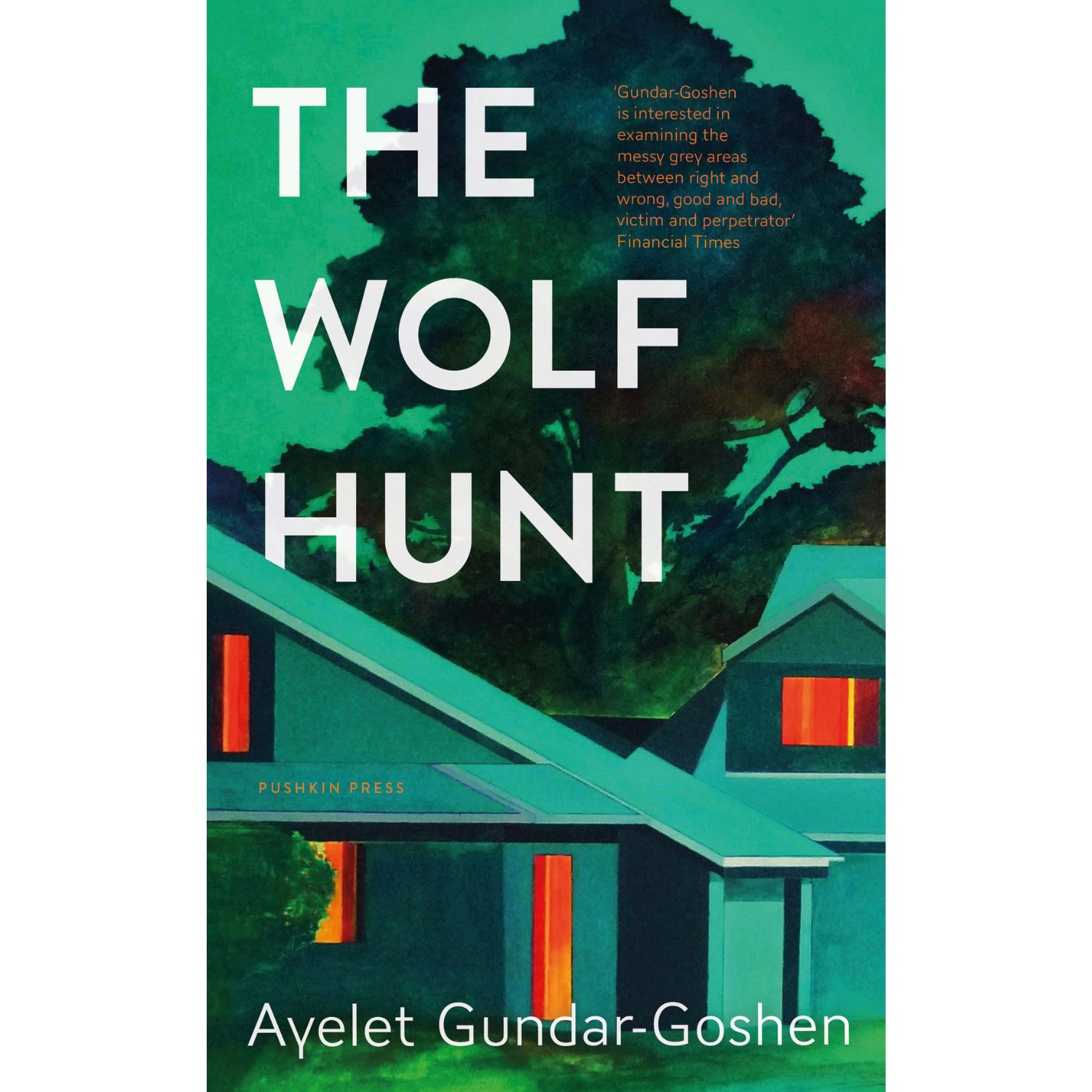
Lilach and her family are Israeli immigrants to the US. Her husband works in highly sensitive and secretive world of security software development in Silicon Valley and the family has the rarefied, privileged lifestyle to match. However, their security is shattered when a local synagogue is fatally attacked. In response, they sign their shy, awkward son, Adam, up to self-defence, led by a charismatic fellow Israeli, Uri, who is rumoured to be an ex-Mossad agent. All this backfires when a Black student dies at a party one night and Adam becomes a suspect in what is later decreed to be a killing. Gundar-Goshen does an excellent job in setting up the privilege and paranoia in her character’s lives as their lives slowly unravel.
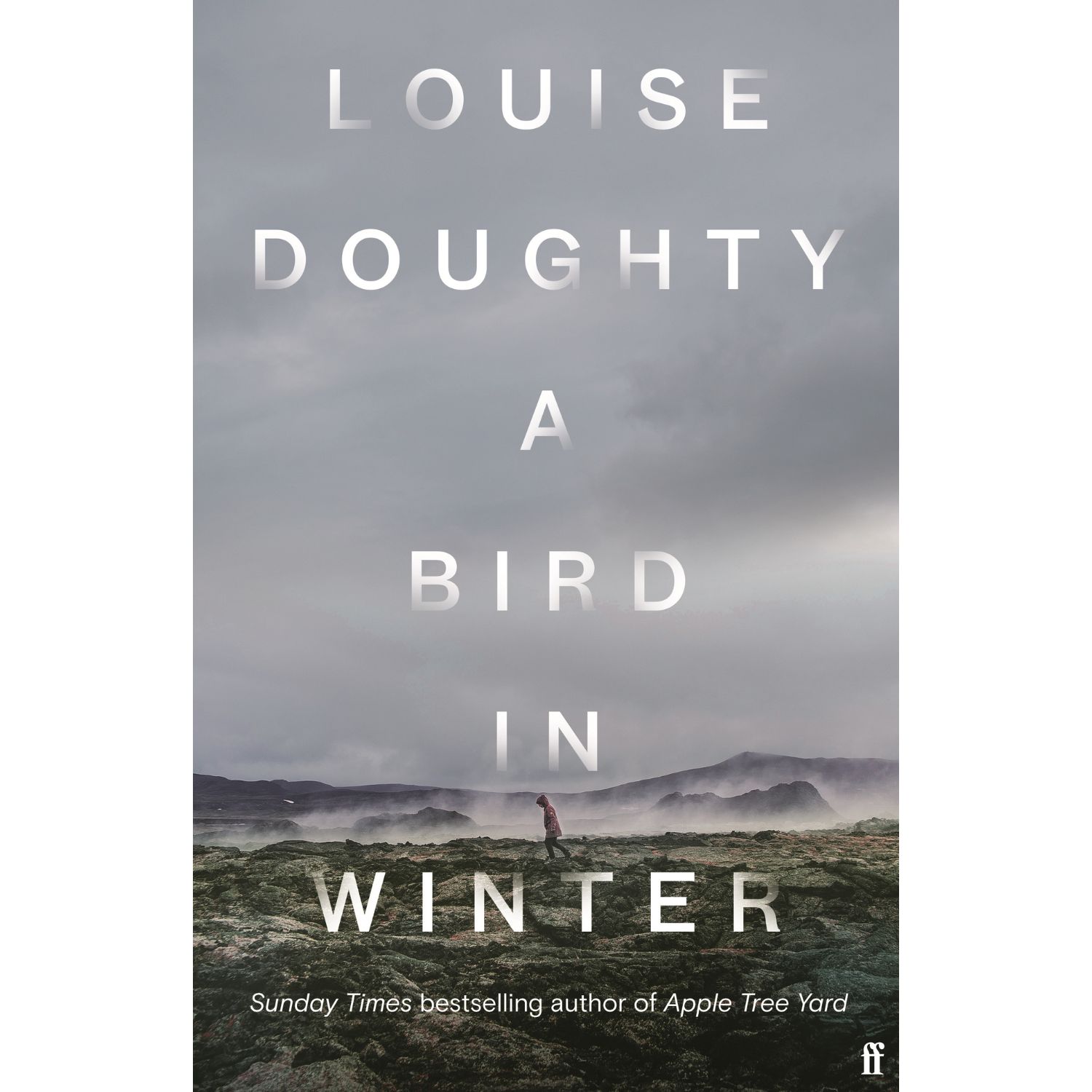
Heather has always known she might have to run. She has planned it meticulously – including her route out from where she works as a member of ‘the service’ in Birmingham to her point of escape from the UK off the coast of remote northern Scotland. She once she’s on the run, she still hasn’t quite worked out why, and that – along with her backstory, revealing the many personal loses great and small of a life lived undercover – is what drives the motor of this gripping spy narrative from the best-selling author of Apple Tree Yard.
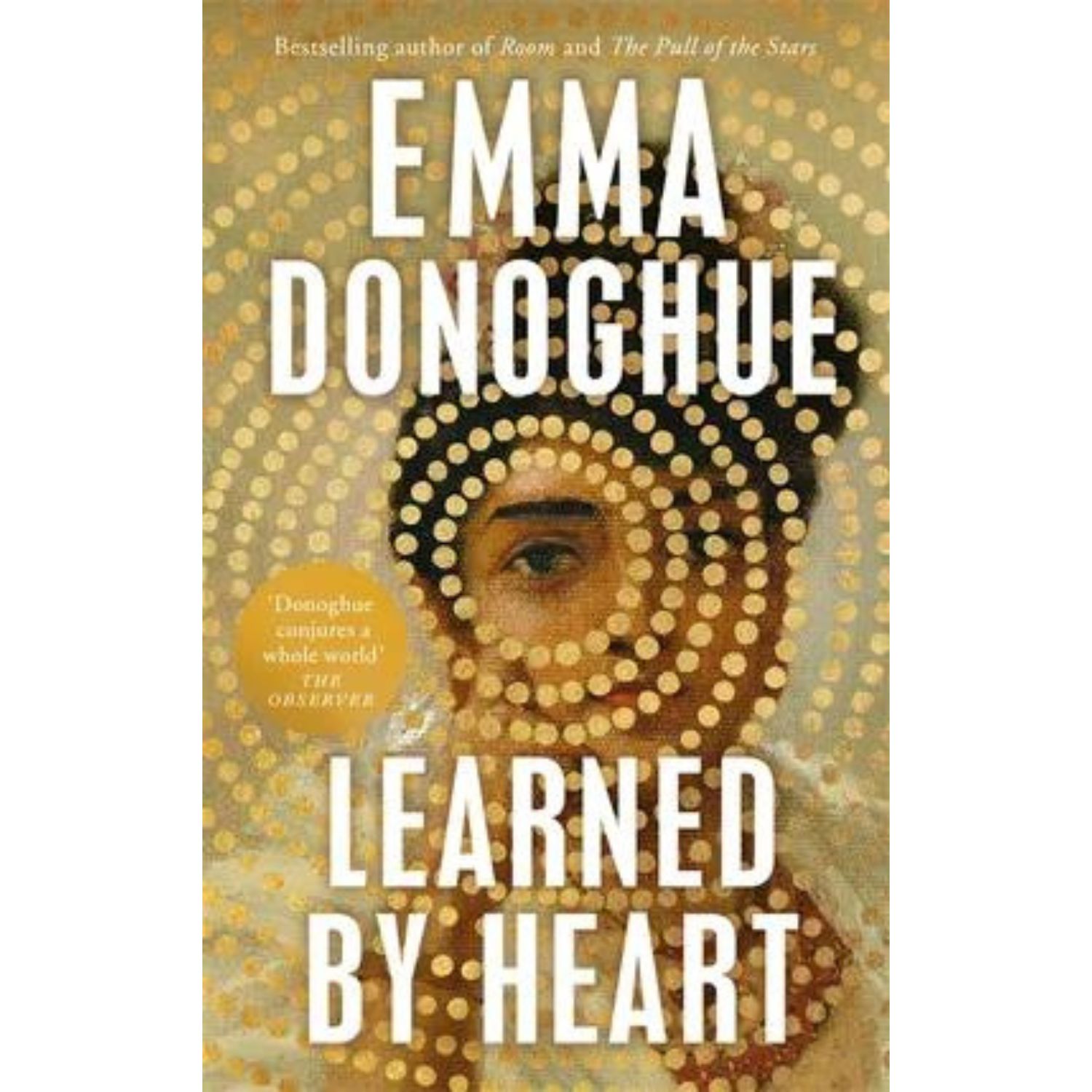
The prize-winning Irish novelist’s latest release is a fictionalised account of Anne ‘Gentleman Jack’ Lister (yes, the same one as the BBC series) and her teenage love affair with fellow pupil, Eliza Raine, as revealed in Lister’s own secret journal. It’s arresting opening chapter – a letter written years later from a clearly distressed Raine reveals shades of Rebecca (‘Last night I went to the Manor again’) – sets up a mystery that keeps tension high and serves as a counterpoint to the rich, unveiling of the girls’ passion that follows.
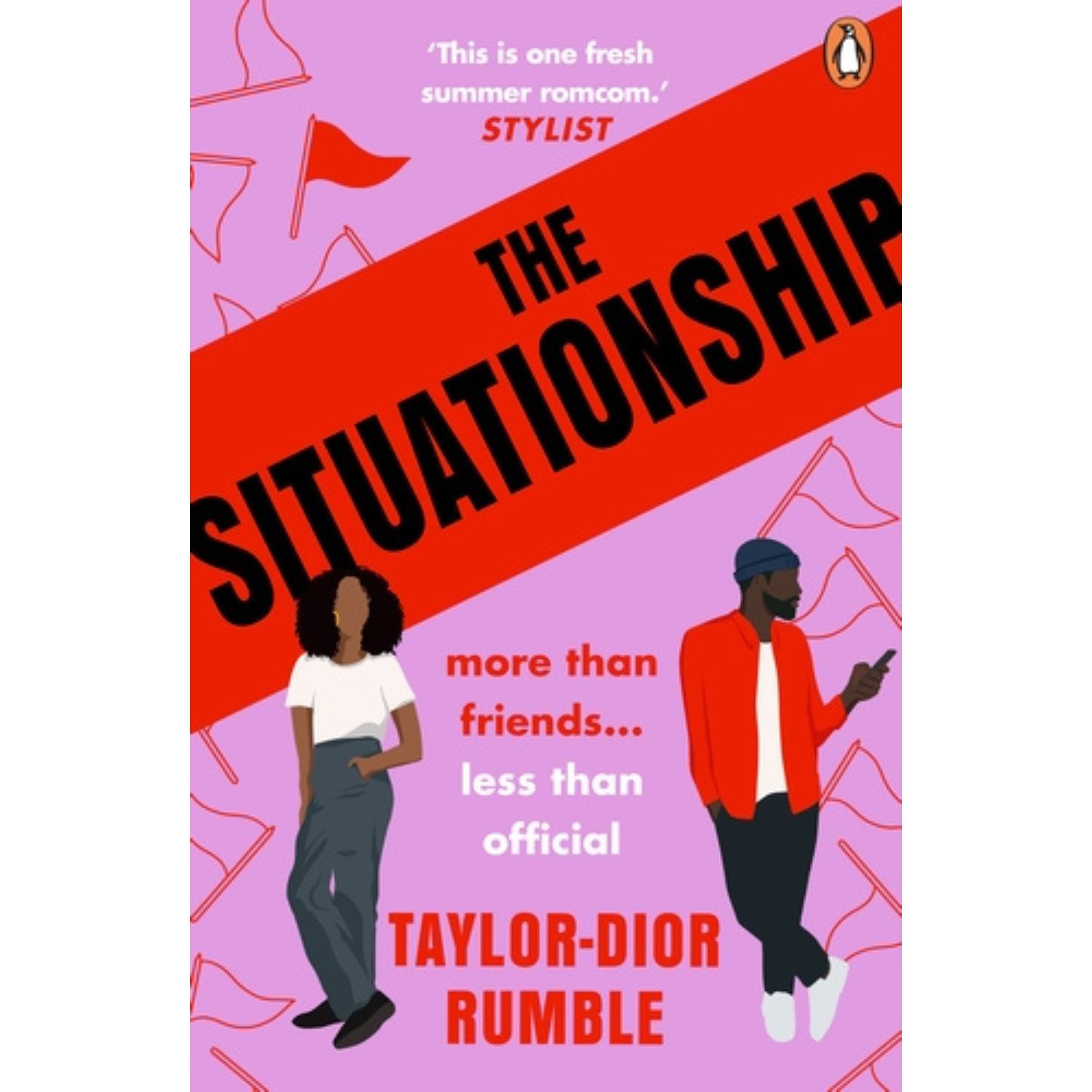
The first romcom release from Merky books is a sparky tale of friends-to-lovers-to-wtf, after newsroom researcher Tia’s romantic dreams of connecting with on-off love interest best friend, Aaron, are thwarted when he returns from extended work placement abroad with a previously unmentioned girlfriend. Tia hits the apps to try to cure her broken heart and seems to strike it lucky when she matches with photographer, Nate, but when they fail to have The Talk, things get complicated.

With a family described on the book jacket as ‘unconventional’, but revealed as dysfunctional at best, this bittersweet work of autofiction charts Verika’s journey through her neurotic childhood (after the Chernobyl disaster she and her siblings spent three years eating only tinned food dated prior to the nuclear event) to womanhood and her attempts – literal and metaphorical – to escape her family and their influence. Smart, funny – at times annoying – it is a sharply tender portrait of a young woman’s becoming.
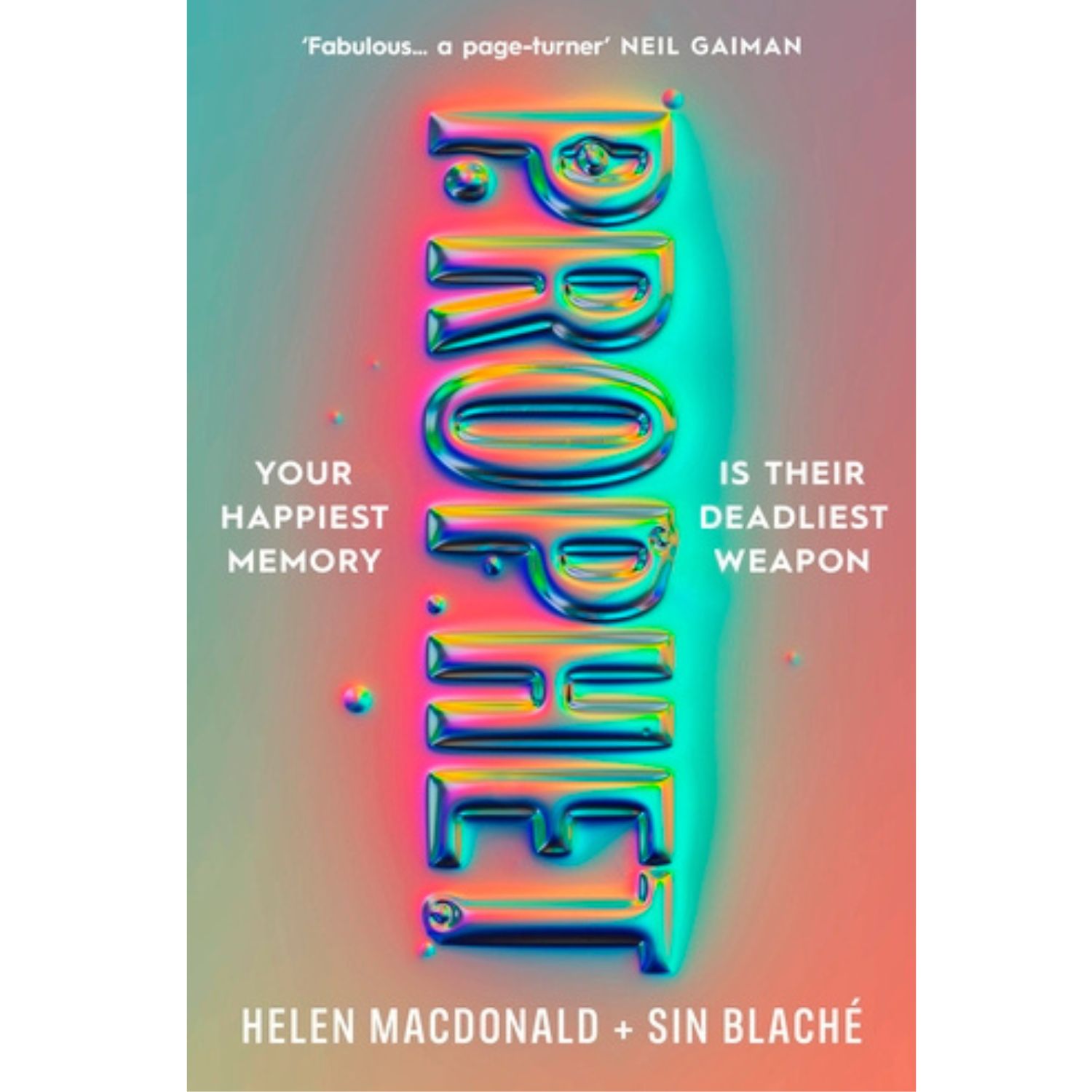
Overlong but nonetheless mind-bendingly absorbing work of speculative sci-fi about a mysterious substance designed to weaponise nostalgia and the only two people in the world that might be able to stop it – US Marine officer, Adam, and his unwieldy British-Indian charge ‘human lie detector’ Rao. A brilliantly convoluted ride.
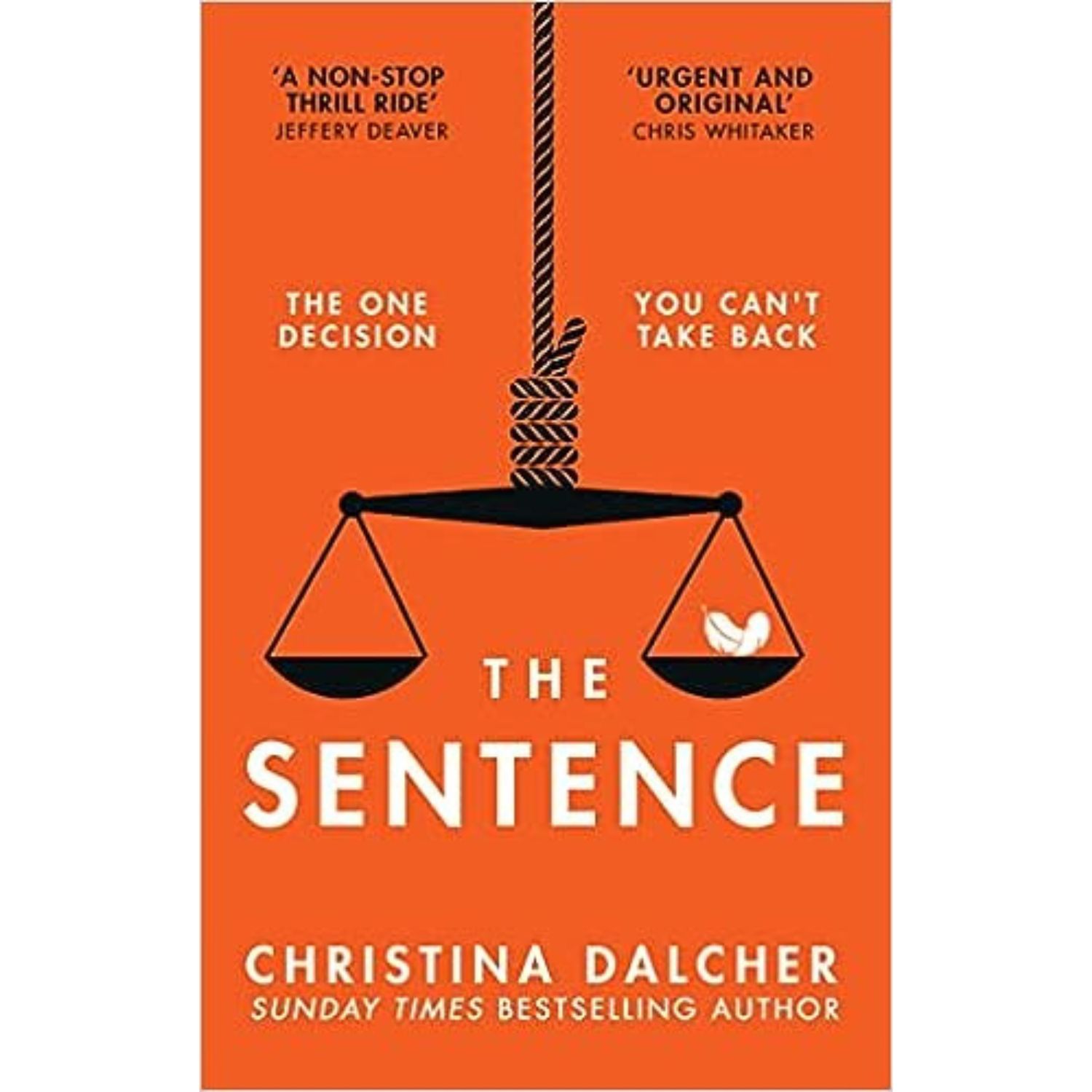
Dalcher is known for her mastery of the ‘what if?’ narrative – her 2019 release Vox, which questioned a world in which women are forced into silence – was an international bestseller and the twist on the death sentence in this legal thriller is similarly provocative. Here, the rules around capital punishment have changed: if someone who has been sentenced to death is proved to be not guilty of the charge, the prosecutor who sent them down has to take their place. When new evidence surfaces in a trial the one and only time in which Justine Boucher did just that, in the race to find new evidence, the clock is ticking.
The best books to read in July
Whatever your summer holiday plans, this month’s selection of transportive fiction will carry you away.
Our July picks take us from 19th-century USA to contemporary New Zealand via Orkney and Ireland in a line-up that features genre-bending takes on supernatural and dystopian fiction, alongside a brace of hotly-anticipated releases from some of the most exciting young authors writing today.
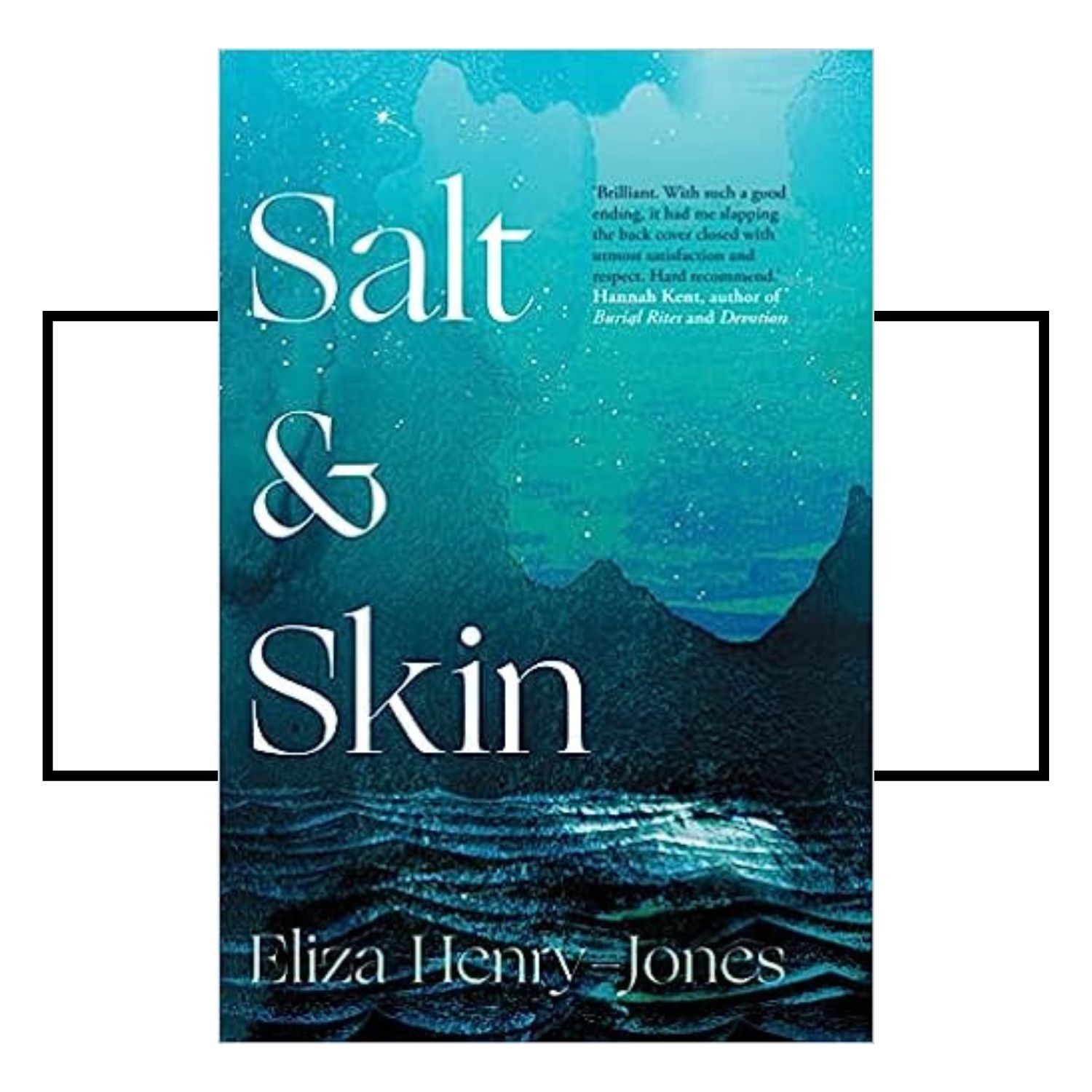
Recently widowed Luda and her two teenage children, Darcy and Min, get on the wrong side of the local community within days of arriving on a remote Scottish island from their farm in Australia after Luda – a photographer who has been hired to record the effects of the climate change around Orkney – sends images of a fatal accident to a local newspaper. As the family begin to settle into their new home, however, it quickly becomes clear that they are fleeing grief and secrets of their own. What follows is an astonishingly rich and intricate exploration of loss, love, ambition and redemption set against a backdrop of local myth and ancient island history – not least the long shadow cast by the island’s notorious witch trials three centuries previously. As the island’s supernatural past bleeds ever more into its present, it builds to a furious and fitting climax. A thrilling read.
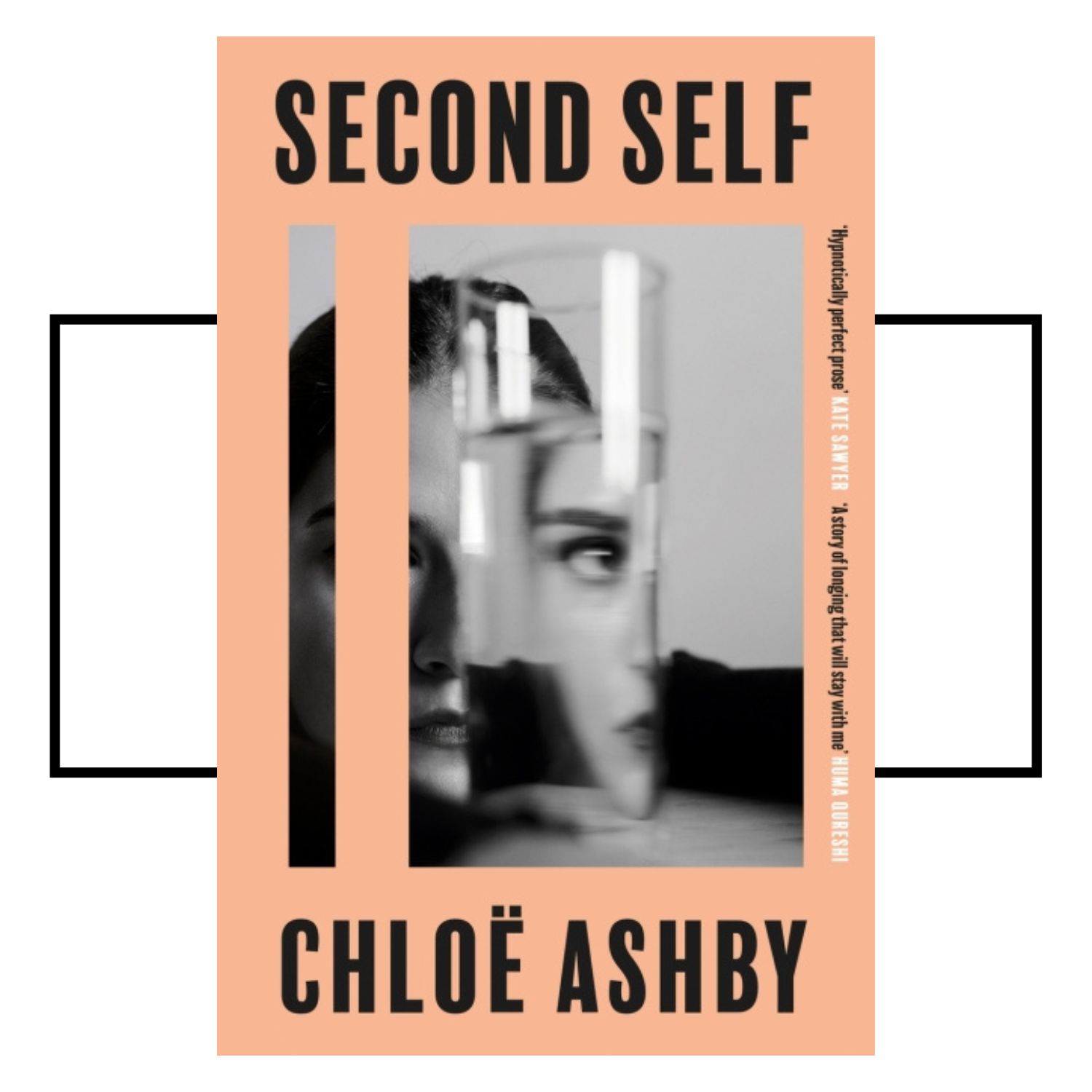
Cathy is one of the lucky ones. She has a job she loves, a happy marriage and strong relationships with her mother and close friends – that is, until a pregnancy scare causes her to question her long-standing decision not to have children. When husband Noah makes it very clear his stance has not changed, the couple’s eight-year marriage comes under threat. Cathy excavates her feelings around this dilemma with the same care and attention to detail she brings to the 17th-century Dutch painting she’s working on in her role as an art conservator – a project that provides a fascinating throughline across the novel’s wider themes, including historic grief, ageing parents and the shifting sands of friendship. A beautifully nuance portrait of a woman at a crossroads. Hard recommend.

It’s weeks before golden couple Ola and Michael’s wedding and life is looking good. That is until Michael’s name appears on an anonymous list of men working in the media who have been accused of sexual harassment begins to circulate online. Can the couple survive the allegation? This much-hyped debut has ‘zeitgeist’ written all over it – no surprise that it’s already being adapted for TV.
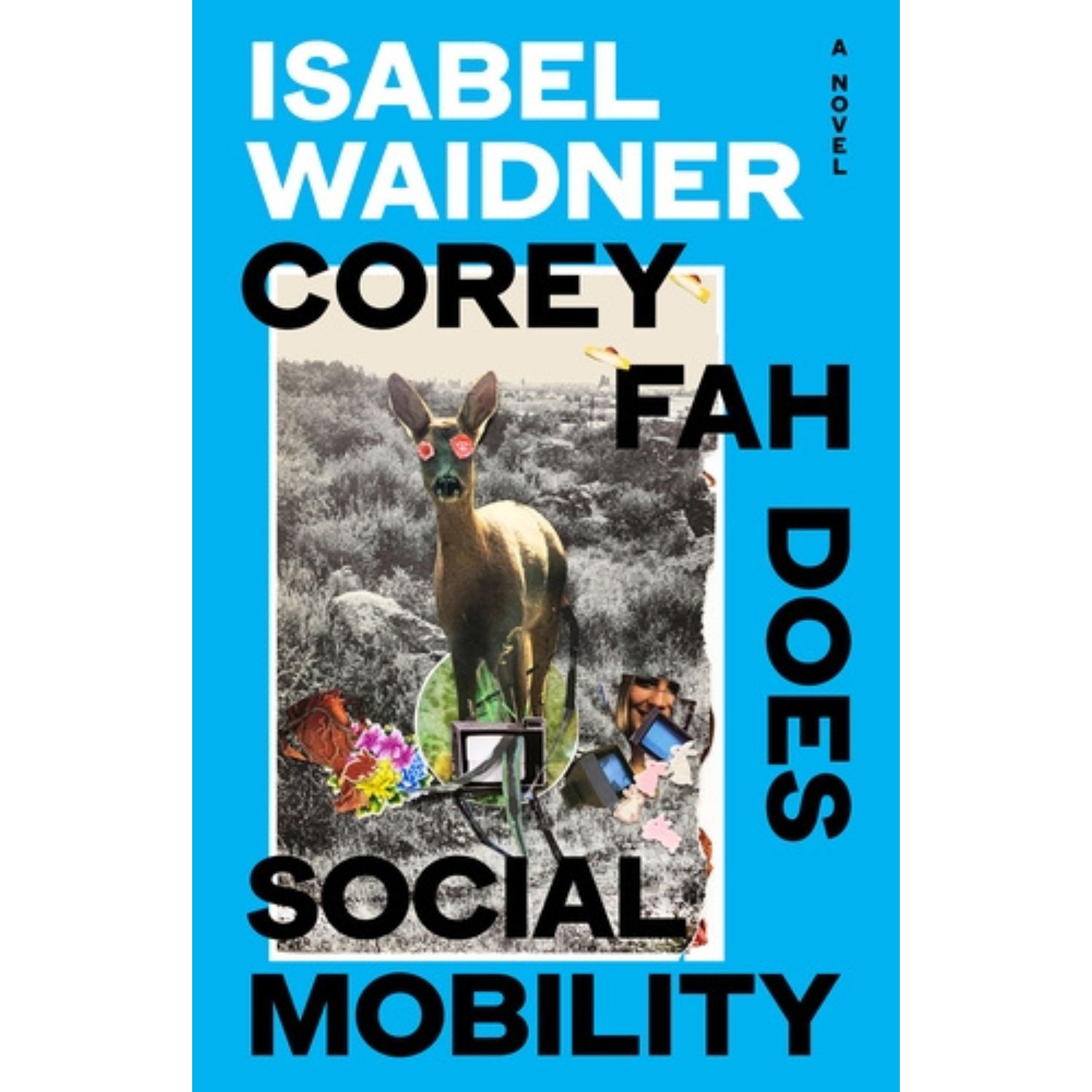
Waidner’s follow-up to Goldsmiths Prize-winning Sterling Karot Gold is a bitingly sharp social satire about… a struggling writer who has won an esteemed literary prize. All Corey Fah has to do now is claim their trophy – a mysterious UFO with a ‘neon beige’ glow – and both the prize-money (and wealth of social capital that comes with it) will be sealed. Corey’s failure to carry out even that simple task, however, leads to an increasingly dramatic series of changes to the space-time continuum via wormholes, time loops and a cast of brilliantly surreal characters, including eight-legged, four-eyed Bambi Pavok.
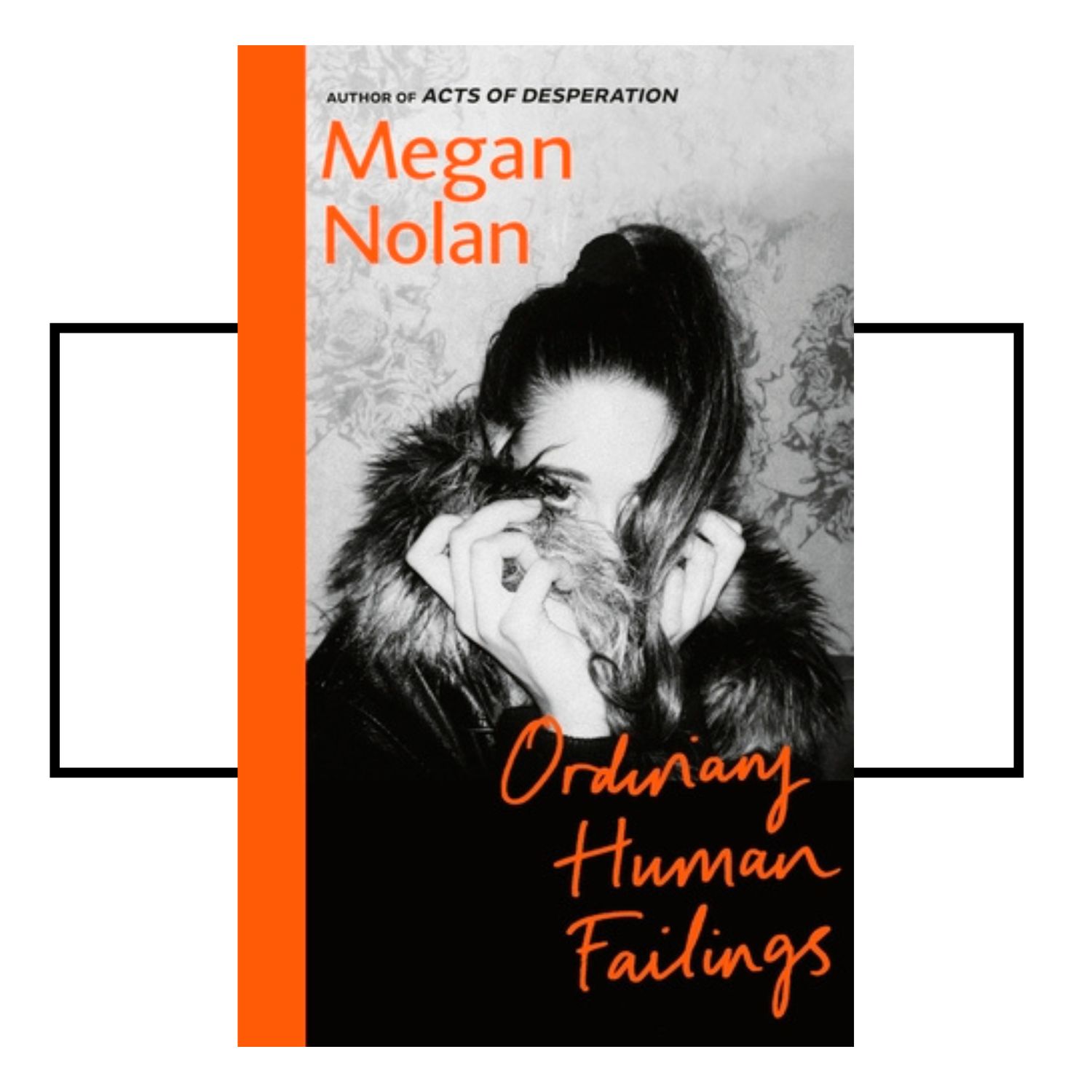
Nolan’s follow up to her much-lauded debut, Acts of Desperation, is a decades-spanning dive into the many small decisions and ‘ordinary failings’ that have led to a young girl being accused of murder. It’s the early 1990s and tabloid journalism – and the various tricks it plays to land a story – is at its peak. So when 10-year-old Lucy (daughter of Carmel, who is herself only 26), is taken into custody for her possible involvement in the death of a child on their London housing estate, the paper employed by ambitious young journalist Tom swings into action. With the family holed up together at a hotel courtesy of his paper, Tom begins a series of interviews with each family member, tracing through their individual histories to recreate the story of what brought them their home in Waterford, Ireland, to London a decade before, searching for salacious details that – he hopes – can be spun into a powerful portrait of the making of a child killer to give him the front-page splash he yearns for. What follows instead is a piercingly compassionate tale of the kind of tragic missteps and wrong decisions that could easily befall any of us. Devastatingly good.
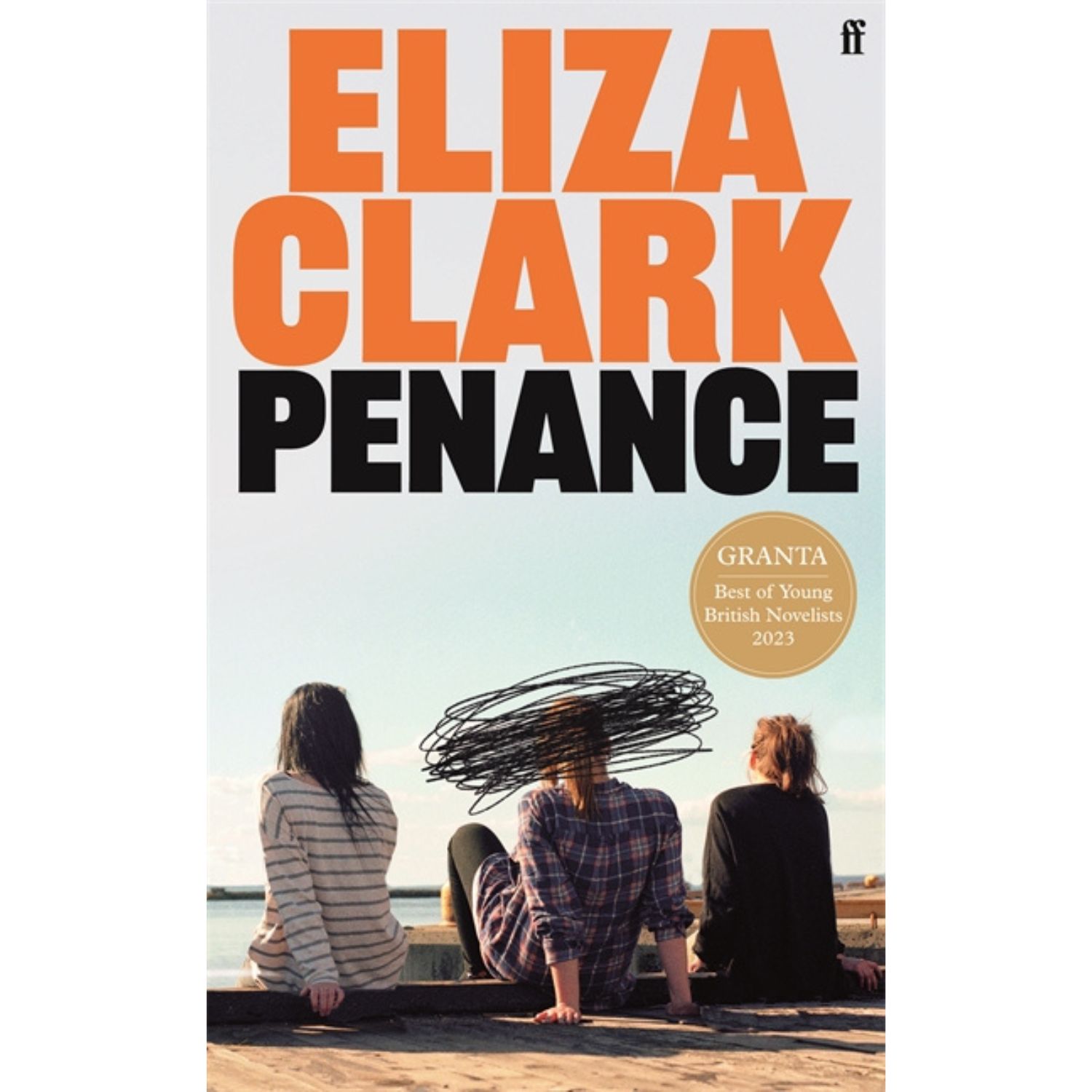
When a group of teenage girls is arrested for torturing and killing one of their schoolmates in the northern seaside town on the night of the Brexit election, the story gets lost in the news cycle. Years later, however, it begins to gain traction on true-crime boards and podcasts, attracting the attention of disgraced journalist Alec Z Carelli. The novel is presented in the form of a republished version of Carelli’s book about the crime after it was pulled from the shelves following complaints about some of the methods he used to gain information and interviews. A meticulous piece of meta-fiction from Clark, who plays a similarly sly trick in making the reader feel complicit in Carelli’s voyeuristic endeavour – and that of the increasingly salacious true-crime ‘industry’ generally – much as she did in her breakout debut, Boy Parts.
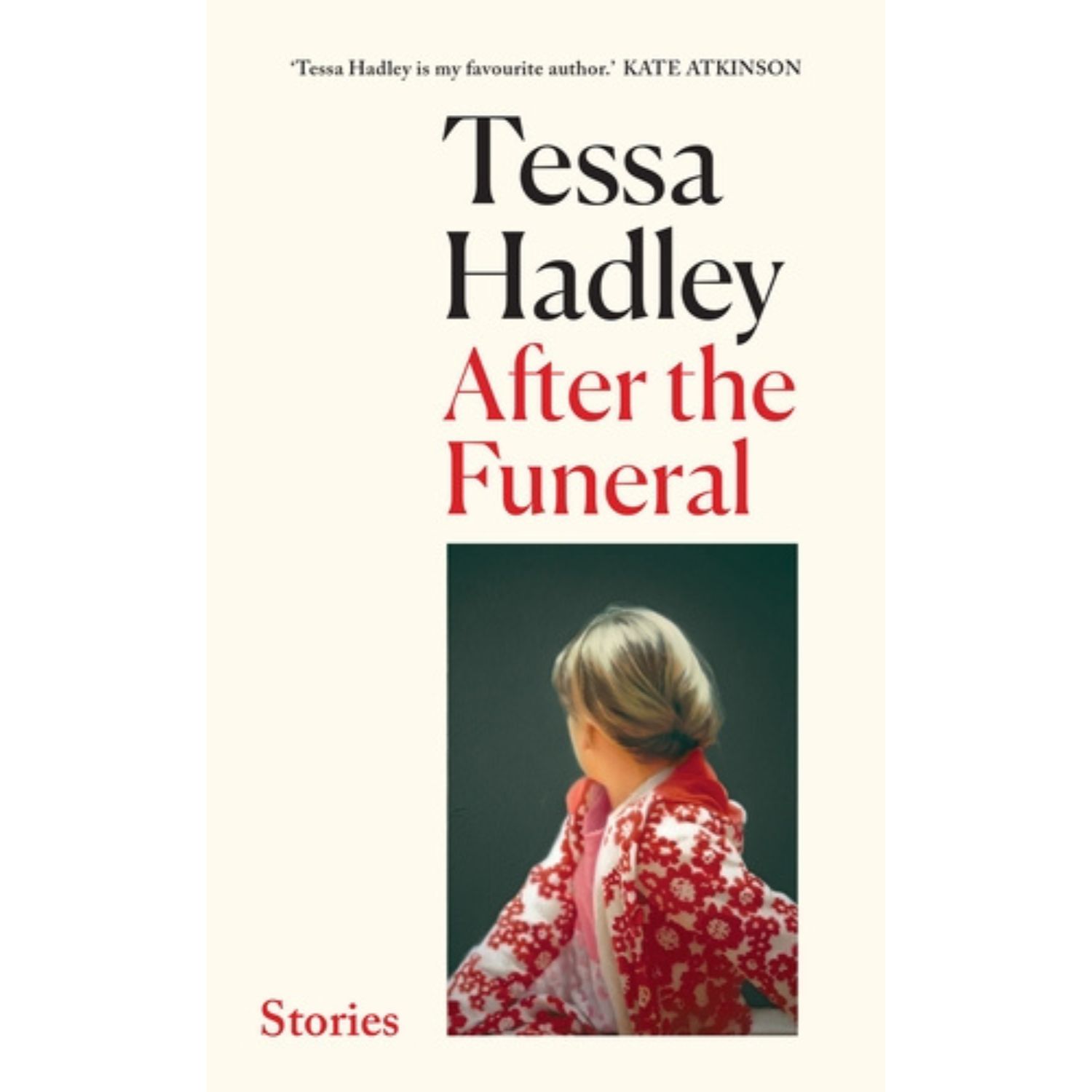
Hadley is a remarkable writer, not least for her ability to infuse what can at first seem to be straightforward scenarios with complex dynamics and unspoken resonances between her characters; something this collection – her first since the publication of her brilliant 1960s-set novel Free Love last year – amply demonstrates.
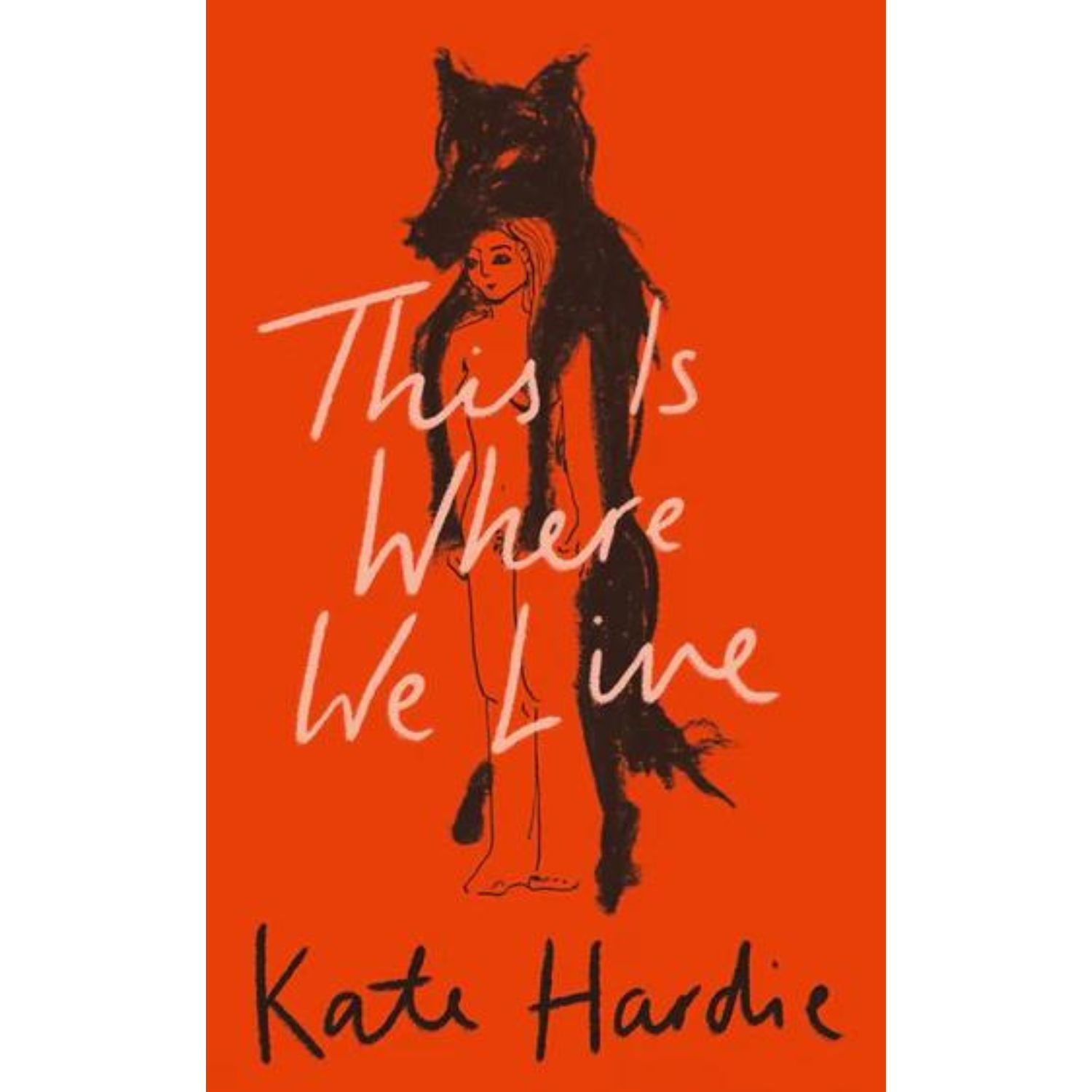
When a single mother wakes to the taste of blood in her mouth and a severed toe on her doorstep, she fears her worst side has been unleashed (again); something that seems to be horrifyingly confirmed when a boy her child’s school is reported missing. This short, taut, elliptical debut questions what makes – or indeed constitutes – a monster.
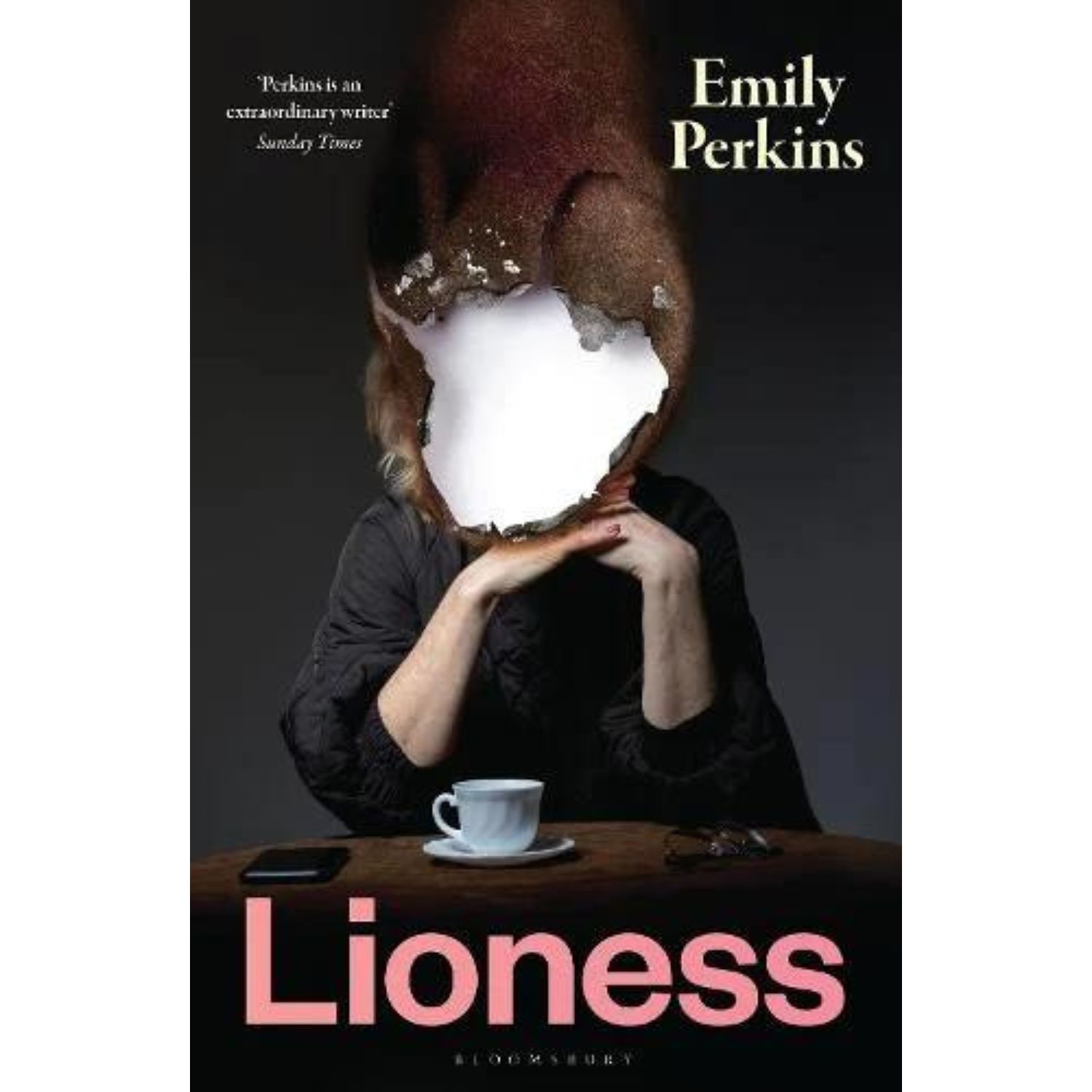
Midlife crisis meets midlife magic in this slippery tale of shifting power, set in Perkins’ native New Zealand. We meet Therese at the point her gilded, pampered life comes under threat after her husband is accused of corruption, forcing her to revaluate her past and consider a new future. Enter eccentric downstairs neighbour Claire, who is busy throwing away society’s rulebook for how a wife and mother should behave. Therese is immediately charmed – but is she really ready to give everything she’s worked so hard for away?
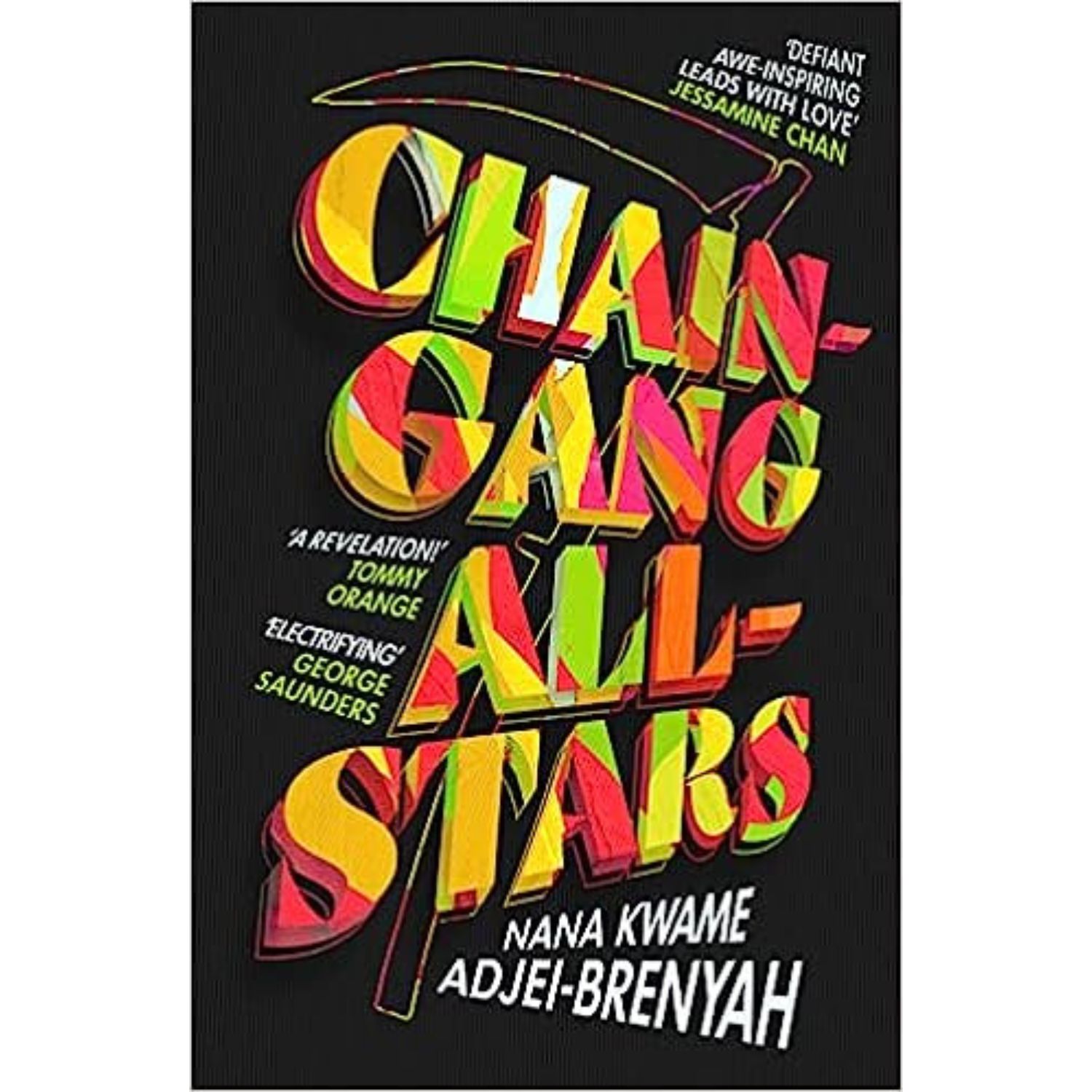
Fans of brutal dystopian fiction, step right up! In a not-so-distant alt-future, prison inmates ‘star’ in a reality show that culminates in weekly gladiator-style duels to the death, to the delight of baying arena crowds. Adjei-Brenyah’s piercing satirical takedown on the current state of the US penal system is grimly funny, epically violent and – at times – surprisingly tender. Quite the ride.
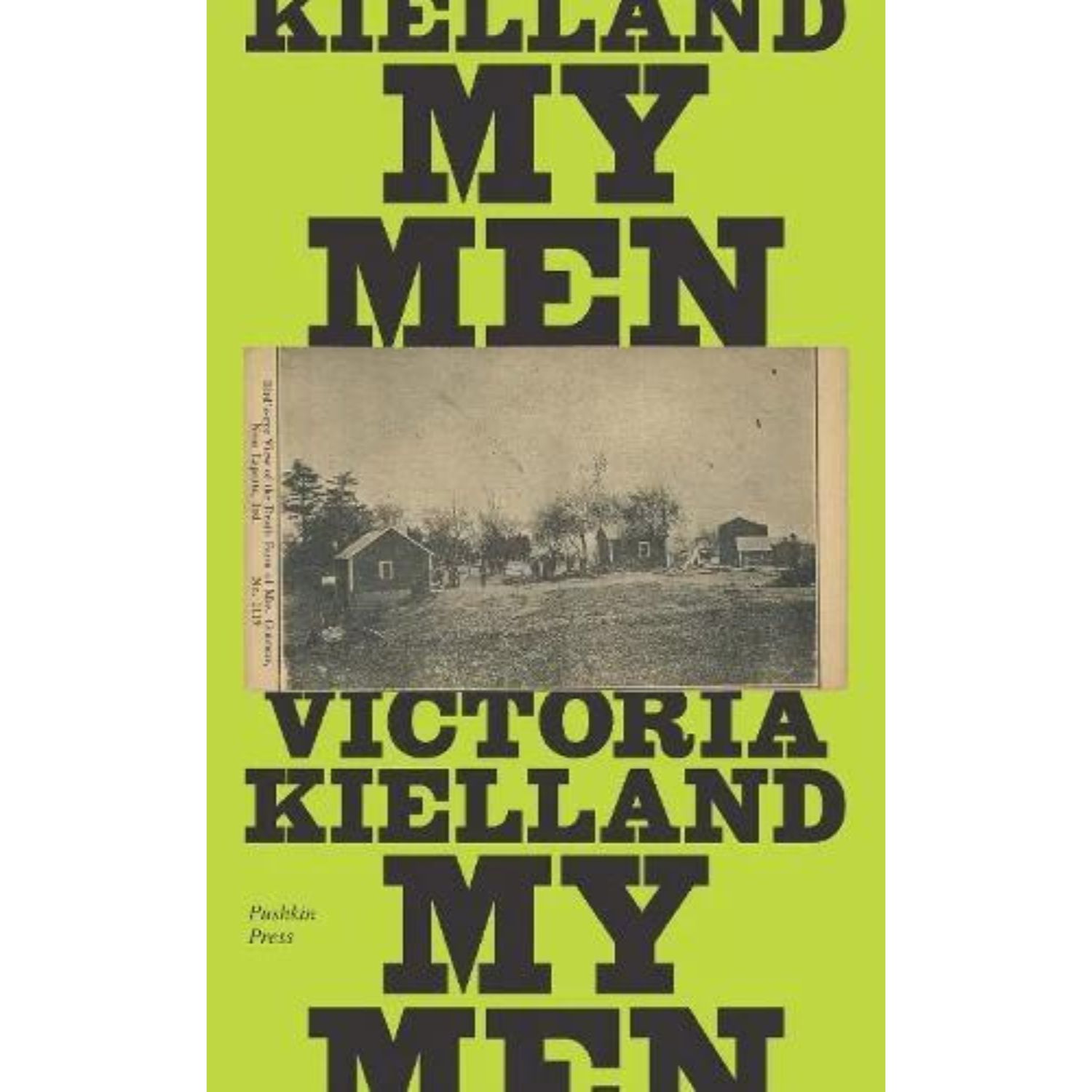
A sensation when it was published in Norway, My Men paints an extraordinary portrait of the inner turmoil and ecstasy of the woman widely regarded to be America’s first female serial killer, Belle Gunness. We first meet her in Norway where Brynhild, as she was then, is subjected to brutal violence at the hands of her first lover at the tender age of just 17 before setting off for a new life in the wide-open spaces and promised lands of the US.
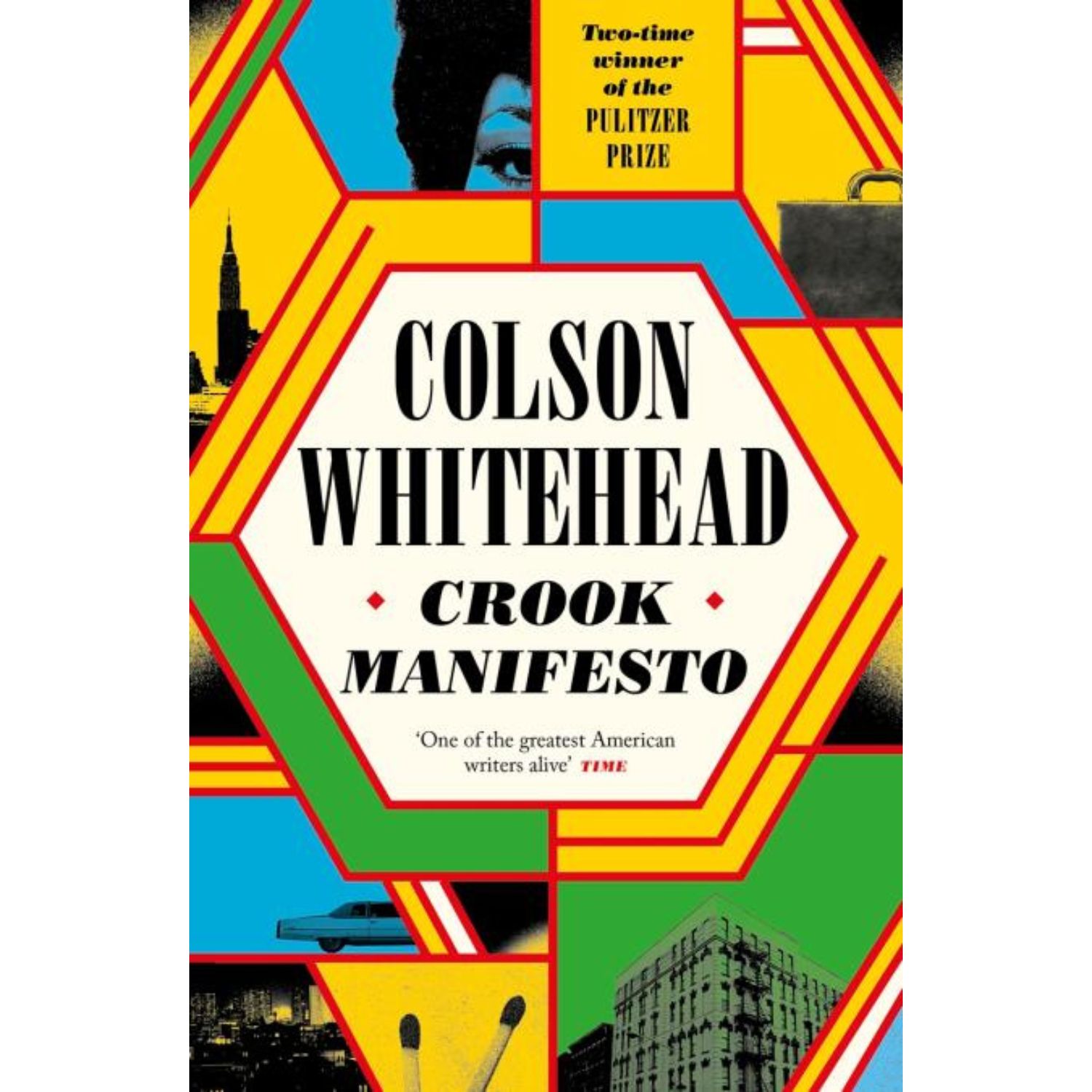
We’re back on New York’s 125th Street as ‘only slight bent’ furniture dealer Ray Carney finds himself trying – and failing – to be an upstanding member of his community in this companion novel to Whitehead’s Harlem Shuffle. It’s now 1971. The NYPD and Black Liberation Front are at war and Ray would do just about anything to get his daughter tickets to see The Jackson 5 perform. What could go wrong?
The best books to read in June
It doesn’t have to be Pride Month for us to want to champion a full spectrum of narrative experiences, but whether by accident or design this month’s releases are, happily, full of them.
From a tale of erotic obsession set in an uptight English boarding school to a satirical caper about a slacker werewolf trying to find some direction in life via a tenderly emotional tale of transition, we have plenty of picks to keep you reading all the way through to the summer solstice – and beyond.
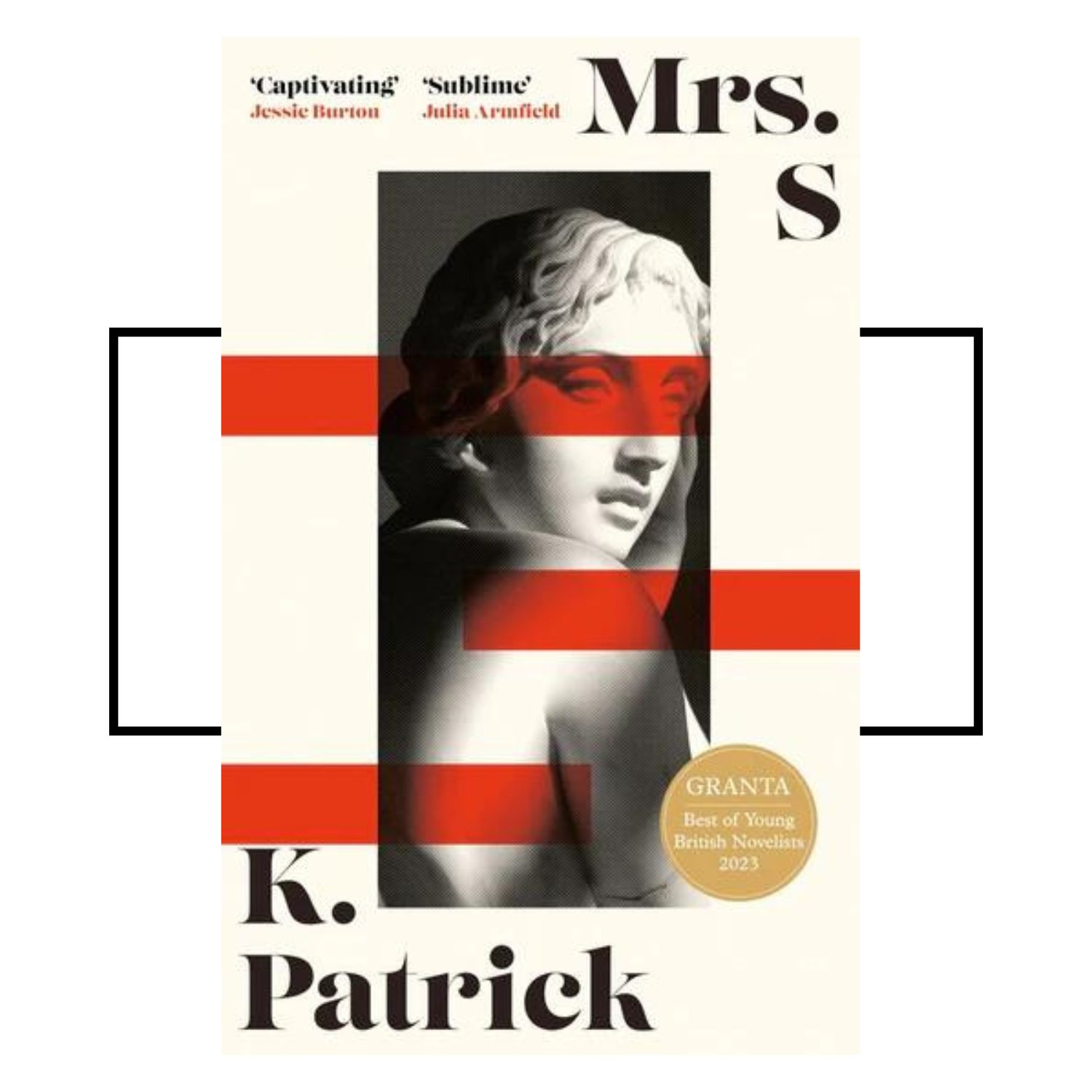
An unnamed private boarding school serves as the setting for this highly charged tale of desire and obsession set across one stifling hot English summer. Like ‘The Girls’ she is there to attend to, the unnamed narrator – a young Australian granted a one-year placement at the school, for which she is promised: ‘a visa, a true English experience, a dead author’ – is captivated by the cool elegance of the headmaster’s wife, Mrs S. As the pair become closer, they embark on a passionate affair that mirrors the fervour of The Girls’ own burgeoning sexual and emotional awakenings. Hugely atmospheric and tightly written, this is an impressively assured debut from one of Granta’s list of Best of Young British Novelists for 2023.
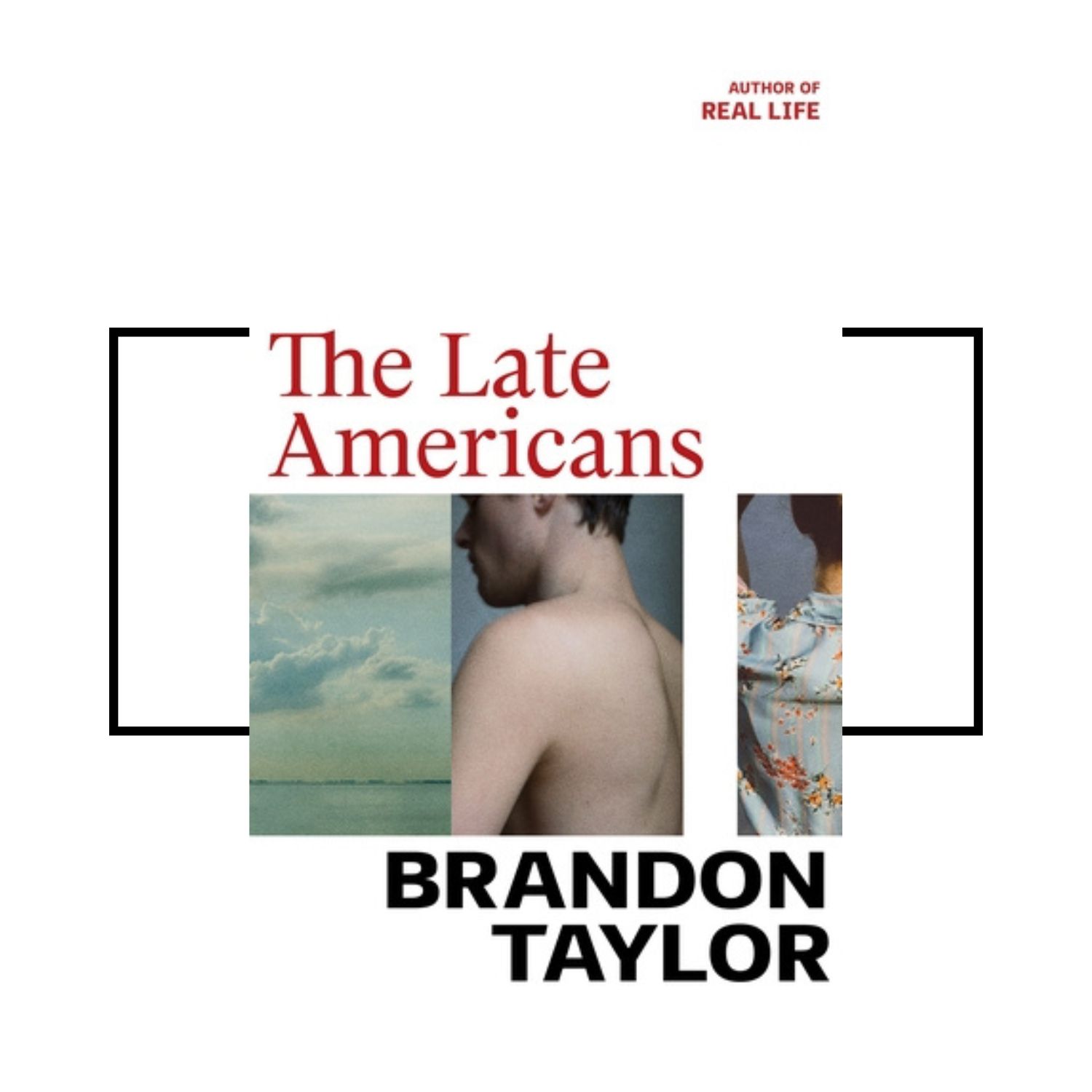
Taylor’s follow-up to his Booker Prize-shortlisted debut, Real Life, loosely follows a group of mostly male poets, dancers and musicians living, working and studying in and around Iowa City. Taylor does a superb job of realising the delicate balance between the students’ lives with those of the town’s inhabitants – not all of whom are enamoured with the its elite creative cohort – as they grapple with the value and meaning of their creative practices as graduation, and with it, the ‘real world’, looms. However, it is his mastery of the intricacies of human relationships and their attendant frailties that builds what might in lesser hands have been a fragmentary patchwork of stories into a powerfully cohesive whole.
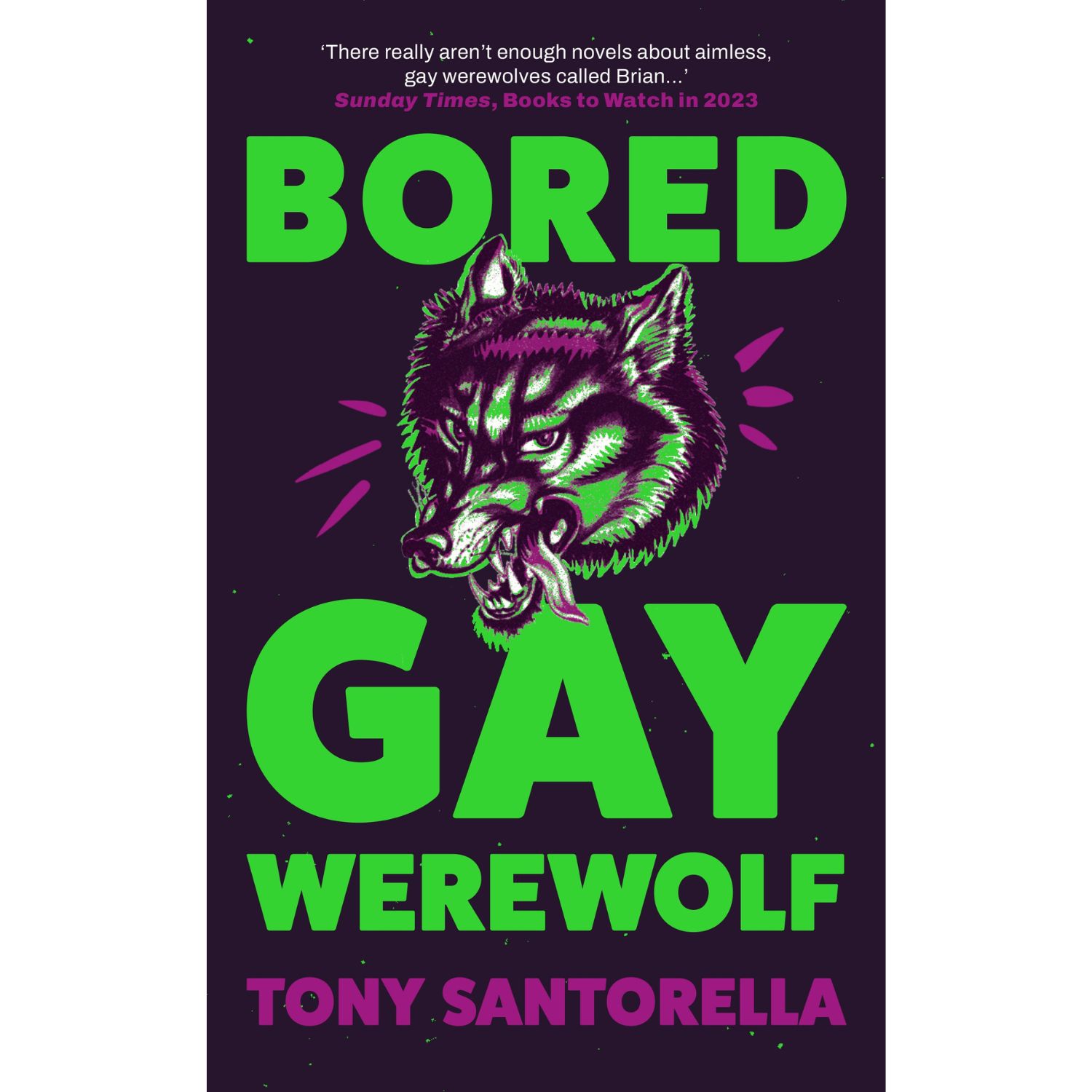
Well, this is fun! The bored gay werewolf in question being Brian, a college dropout-turned-waiter who is struggling with his monthly change when he meets alpha-werewolf Tyler, who promises him there is another way. Under Tyler’s guidance, Brian channels his inner Goop to keep his canine instincts under control as his mentor works to establish a new social network aimed exclusively at werewolves. Like a hairier, full moon-only Buffy The Vampire Slayer, this big-hearted novel is about finding your ‘pack’ in unexpected places. Lovely.
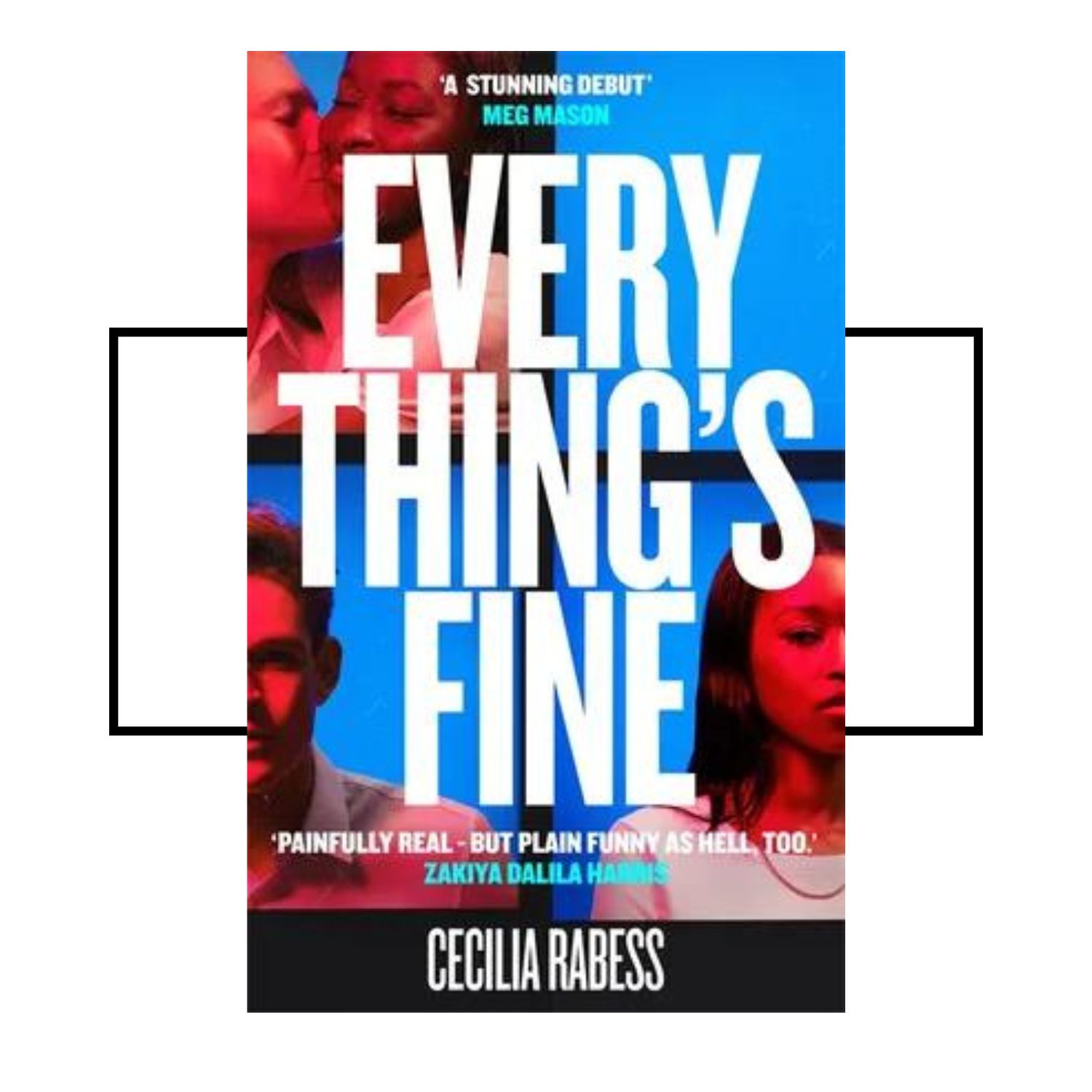
Jess and Josh’s not-so meet cute takes place in college on the night of Obama’s historic presidential victory, setting out their respective stalls early (Her: liberal / working-class / Black; Him: conservative / privileged / white). Rabess picks up those tensions and runs with them, skewering all in her wake, but never at the expense of her characters, who for all their flaws and foibles remain fully convincing throughout. A funny, painful, poignant dissection of modern love, society and politics that delivers right through to its final lines.
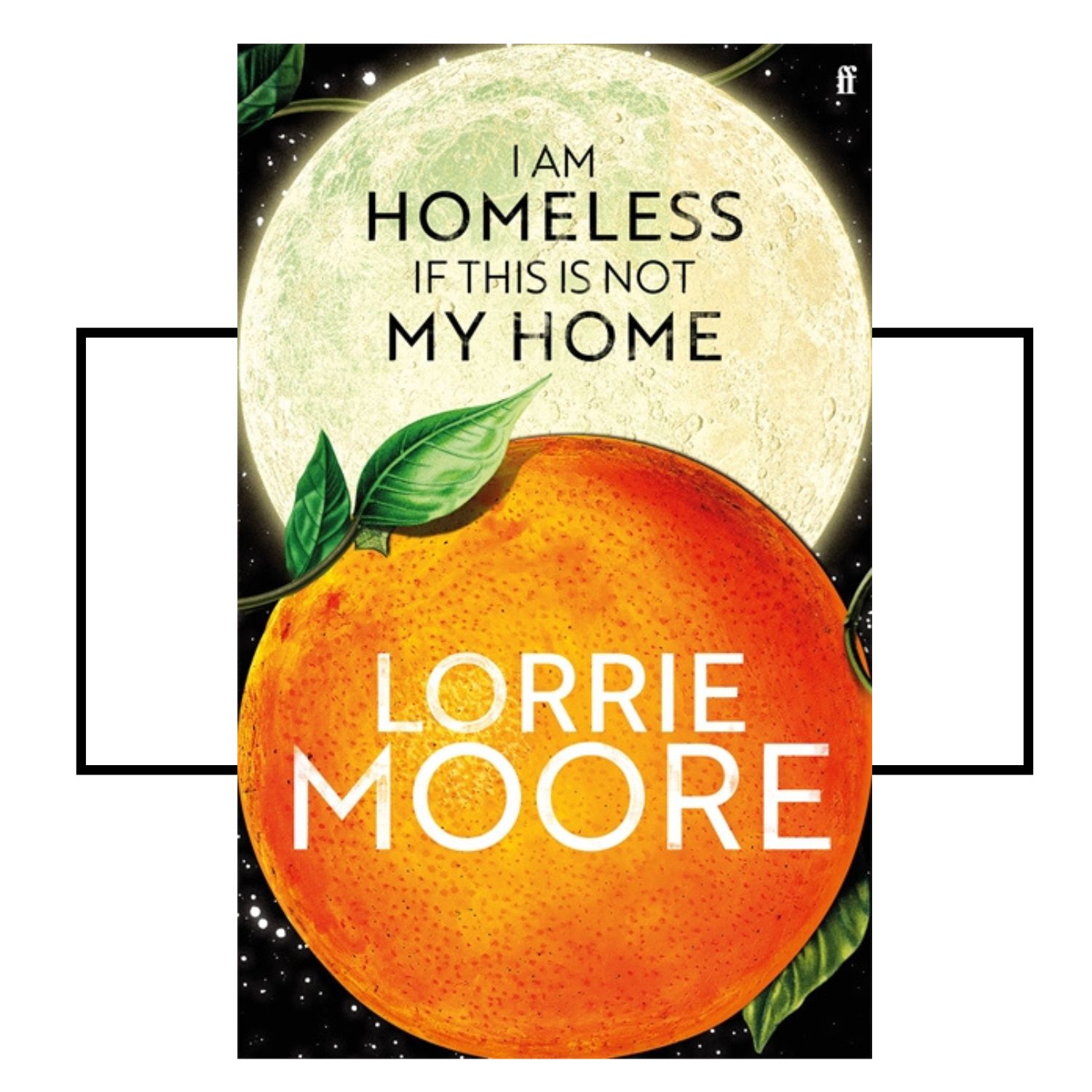
In what may well be one of the oddest narrative set-ups you’ll read all year, Finn is called from his dying brother’s hospital bed to transport his recently deceased ex-partner, Lily, to her preferred place of rest (‘Did you bring any weed?’ asked Lily. ‘It hurts a little, the deadness coming back to life’). Finn and Lily embark on a road trip like no other across an ‘alternative’ American Midwest in which the living and the dead are able to coexist, parsing the slings and arrows of their troubled yet loving relationship along the way. Everything’s sort of bullshit reads the slogan on the coffee mugs given away as ‘reception favours’ at Finn’s brother’s funeral. By the end of this wise, tender novel, we can only conclude that everything is pretty damn wonderful, too.
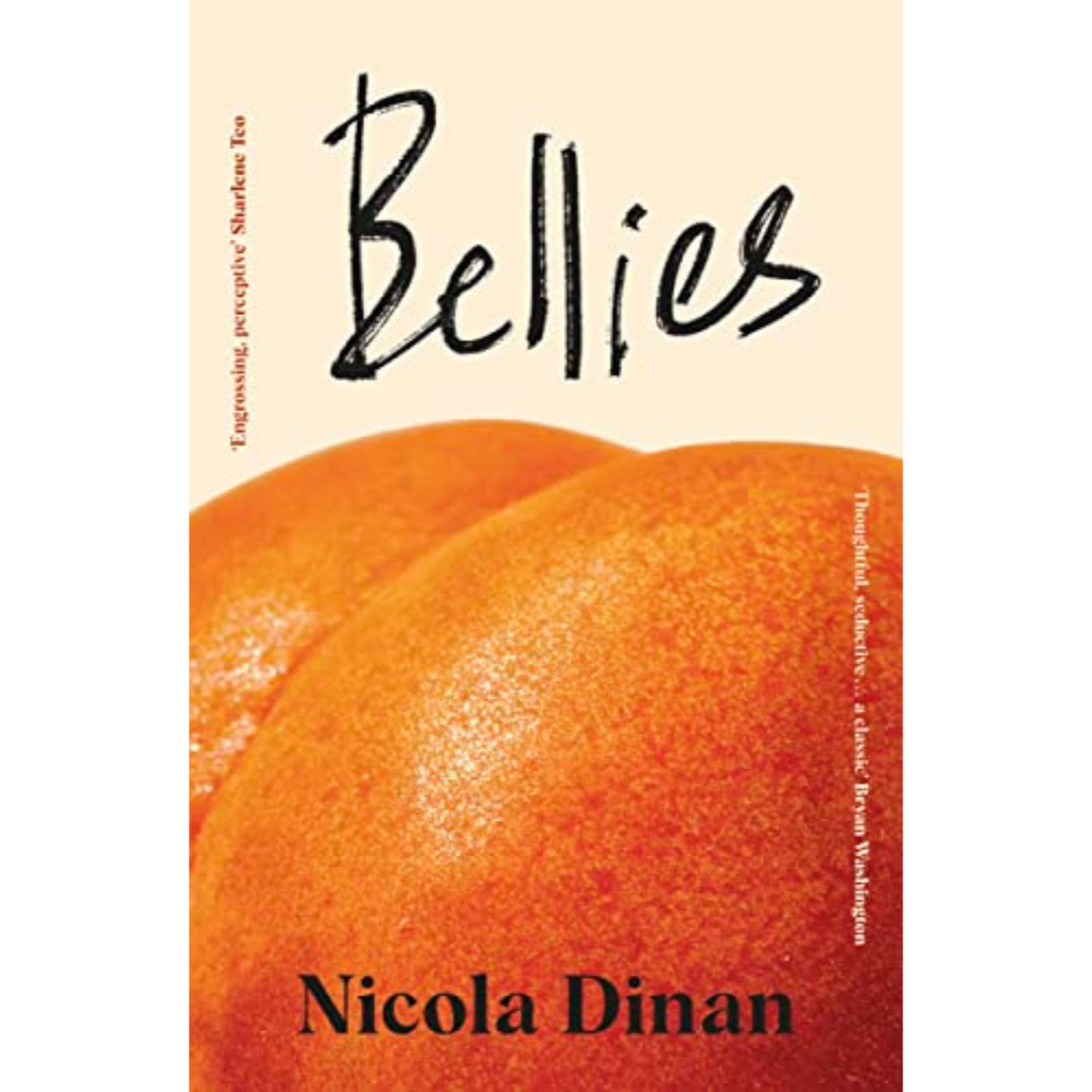
We first meet Tom and Ming on the night they meet at university drag night. The boys share a deep connection from the beginning that continues through to graduation and into the world beyond. But when Ming announces her plan to transition, can their relationship survive? A tender, emotional exploration of gender and sexual identity.
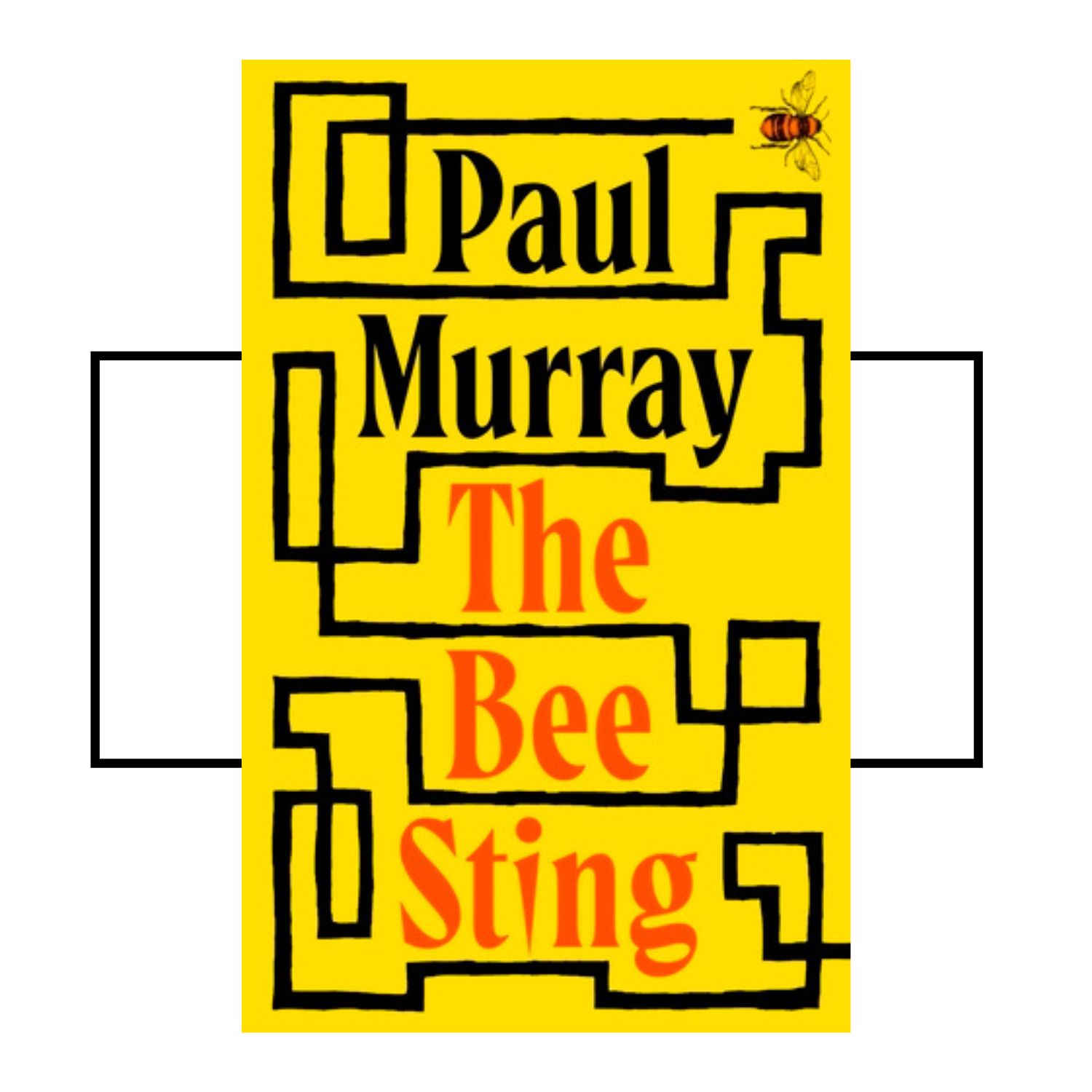
Nothing is quite as it appears to be in this darkly funny tale following the fortunes – and misfortunes – of a small-town Irish family who have run into trouble in the aftermath of the global financial crash. Narrated chapter by chapter from each of the four members of the Barnes family, it is littered with ghosts – literal and metaphorical. A deeply sensitive portrait of the gaps between our inner and outer lives, the agonies of paths not taken, and the moments that make (and break) a life.
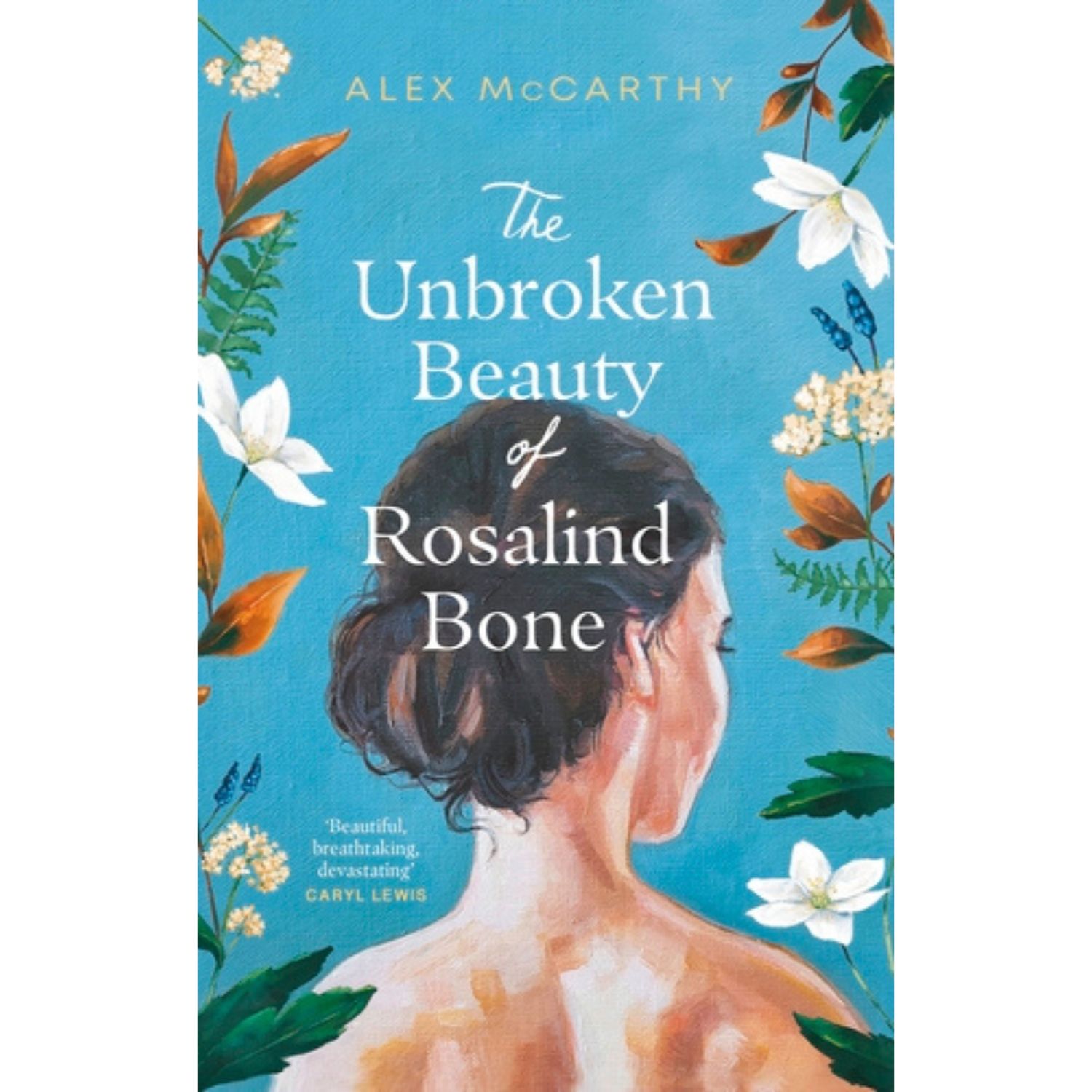
Rosalind Bone ran away when she was just a teenager, yet her absence still weighs heavy on the residents of the small Welsh village where she grew up. When a series of arson attacks lead to an accusation of attempted murder, the long-hidden secrets – past and present – of this insular community come to a head. Quietly provocative.
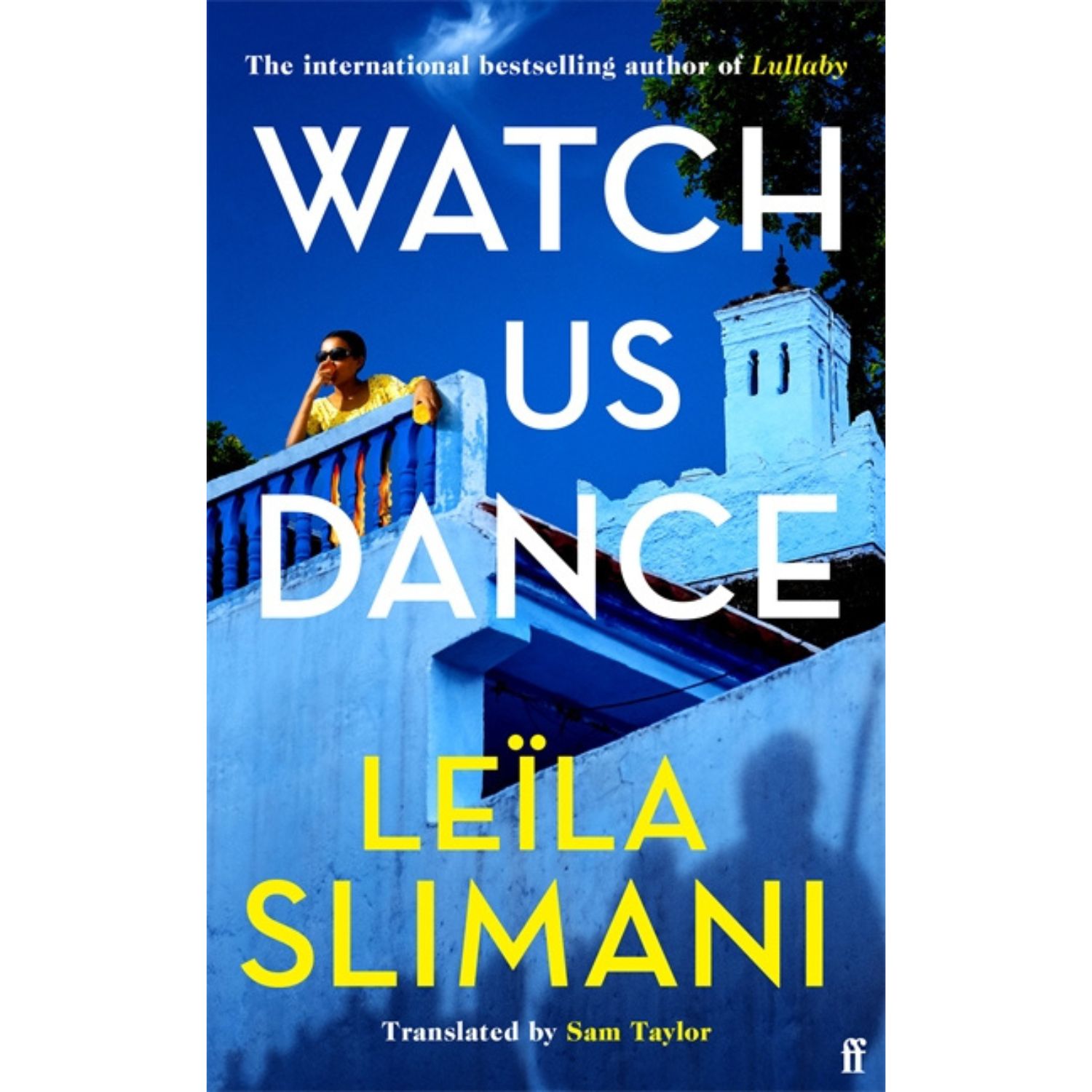
The second instalment of Slimani’s Moroccan-set historical saga brings the next generation into the spotlight. While the tone and style may very different to earlier novels – most famously social thriller, Lullaby – Slimani’s narratives have always been driven by class, society and politics and this slow-burn look at Morocco’s social and political turmoil through the changing lens of one extended family is its own quiet tour de force.
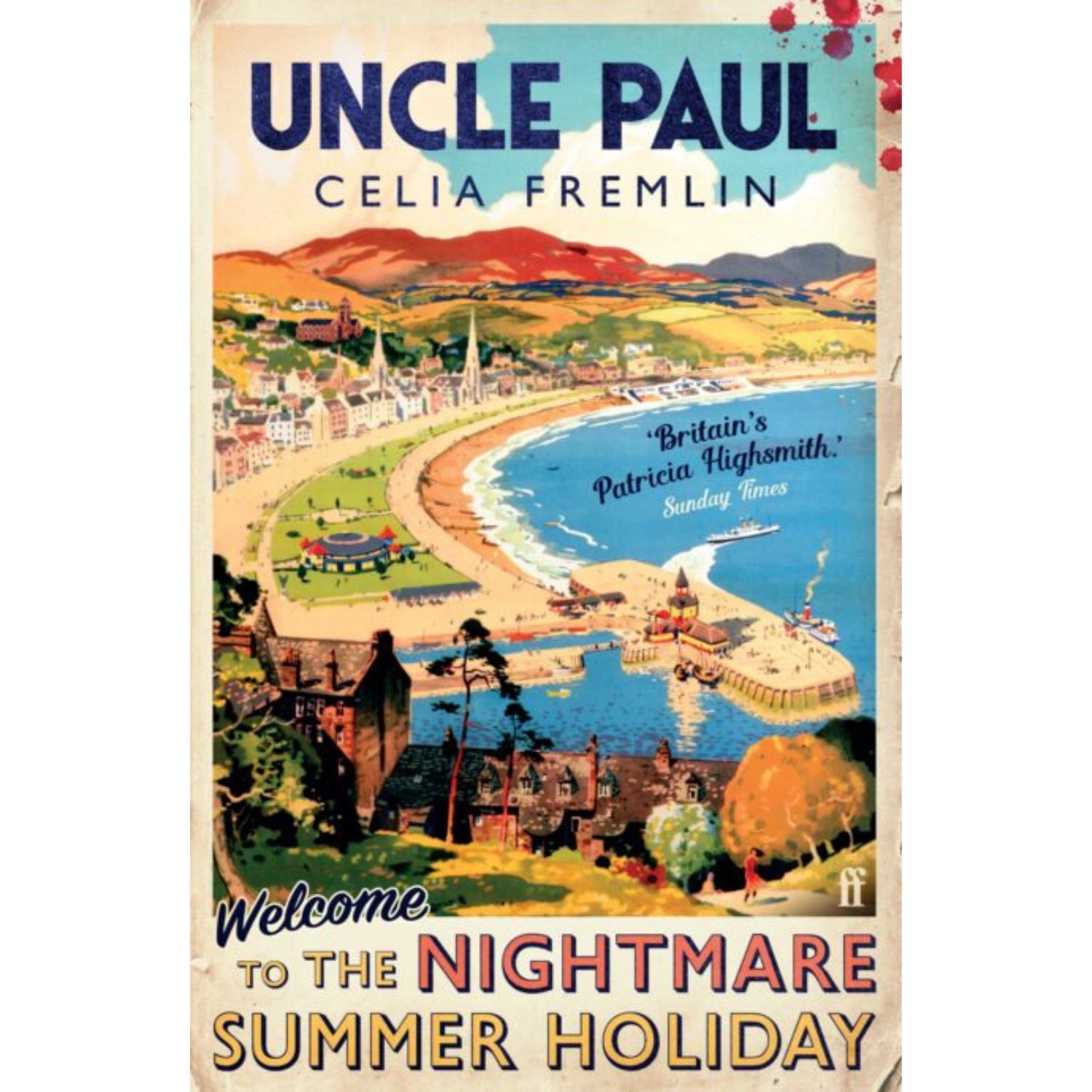
Three sisters fear for their safety – and sanity – when the titular uncle is released from prison 15 years after being arrested for the murder of his first wife. The question, as things begin to go bump in the night, is whether he’s seeking revenge or they’re being paranoid. This knowingly repackaged re-release of a 1959 title by the so-called ‘grandmother of domestic noir’ aka ‘Britain’s Patricia Highsmith’ (strapline: ‘Welcome to the nightmare summer holiday) is a vintage delight.
The best books to read in May
This month’s reading picks come hot on the heels of the announcement of the Women’s Prize shortlist and the – shock, horror – news that with one exception all the authors on it are over fifty. (The ‘exception’ is the tender age of 49).
It’s been heralded as one more kick to the persistent myth that, in publishing, youth equals sales. But whatever it says about the shift to a more inclusive reading landscape – to which we can only say hear, hear – there is always more to be done.
The best way to do it as booklovers? Read widely and read well. Starting right here with our selection for the month of May – 12 new titles full that invite you do just that.
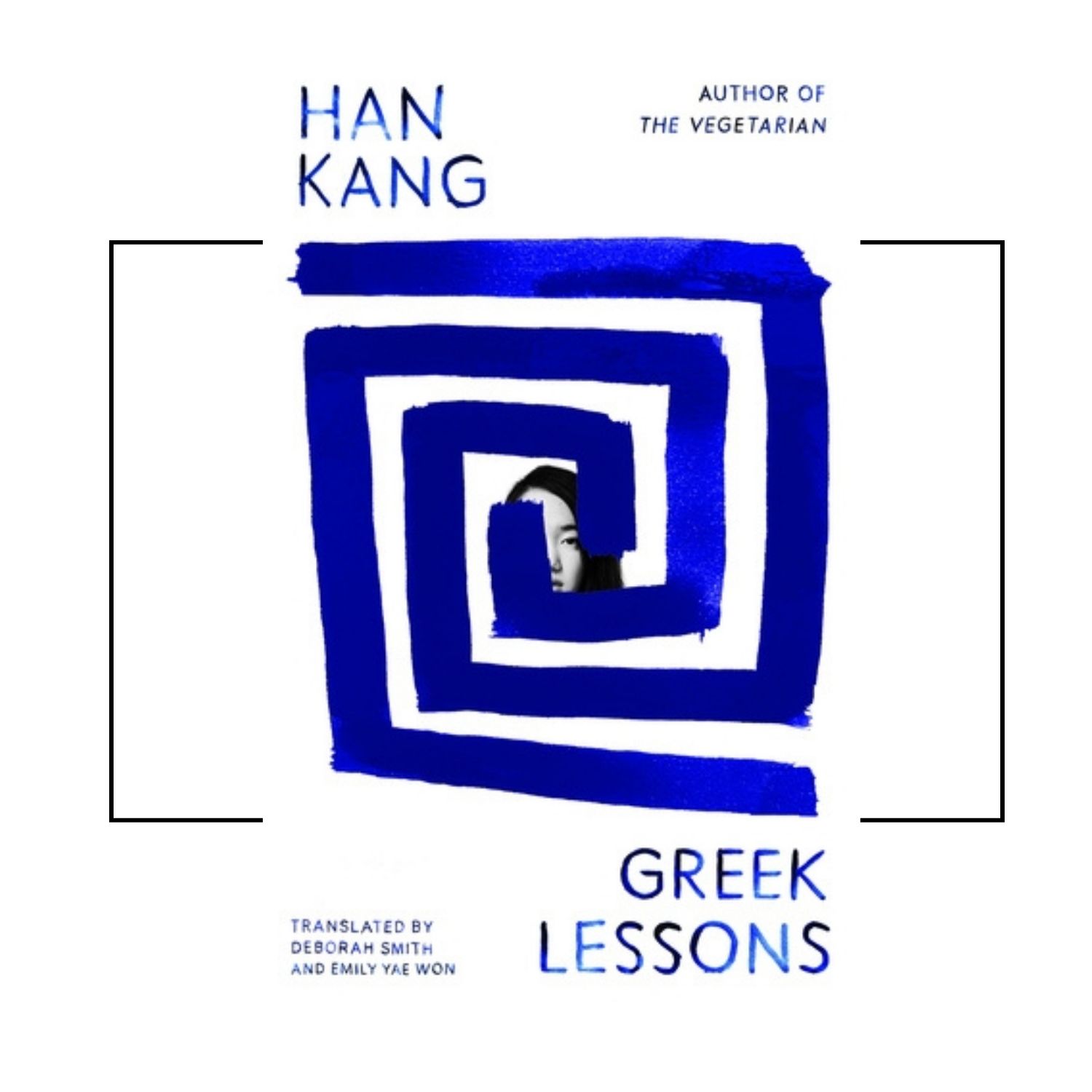
In Ancient Greek a word or phrase can have multiple – often divergent – meanings. The same, Kang seems to be suggesting, is true of how our actions and decisions are interpreted as we move through life. A meditation on the intense loneliness that stalks her characters and the power of human connection, Greek Lessons focuses on a woman who has lost her ability to speak for the second time and the near-blind professor who teaches the evening class she hopes will reignite her powers of speech. While we are a long way from the surreal imagery of Kang’s 2016 International Booker-winner, The Vegetarian, this quiet, careful novel, shares the same poetic language and density of ideas.
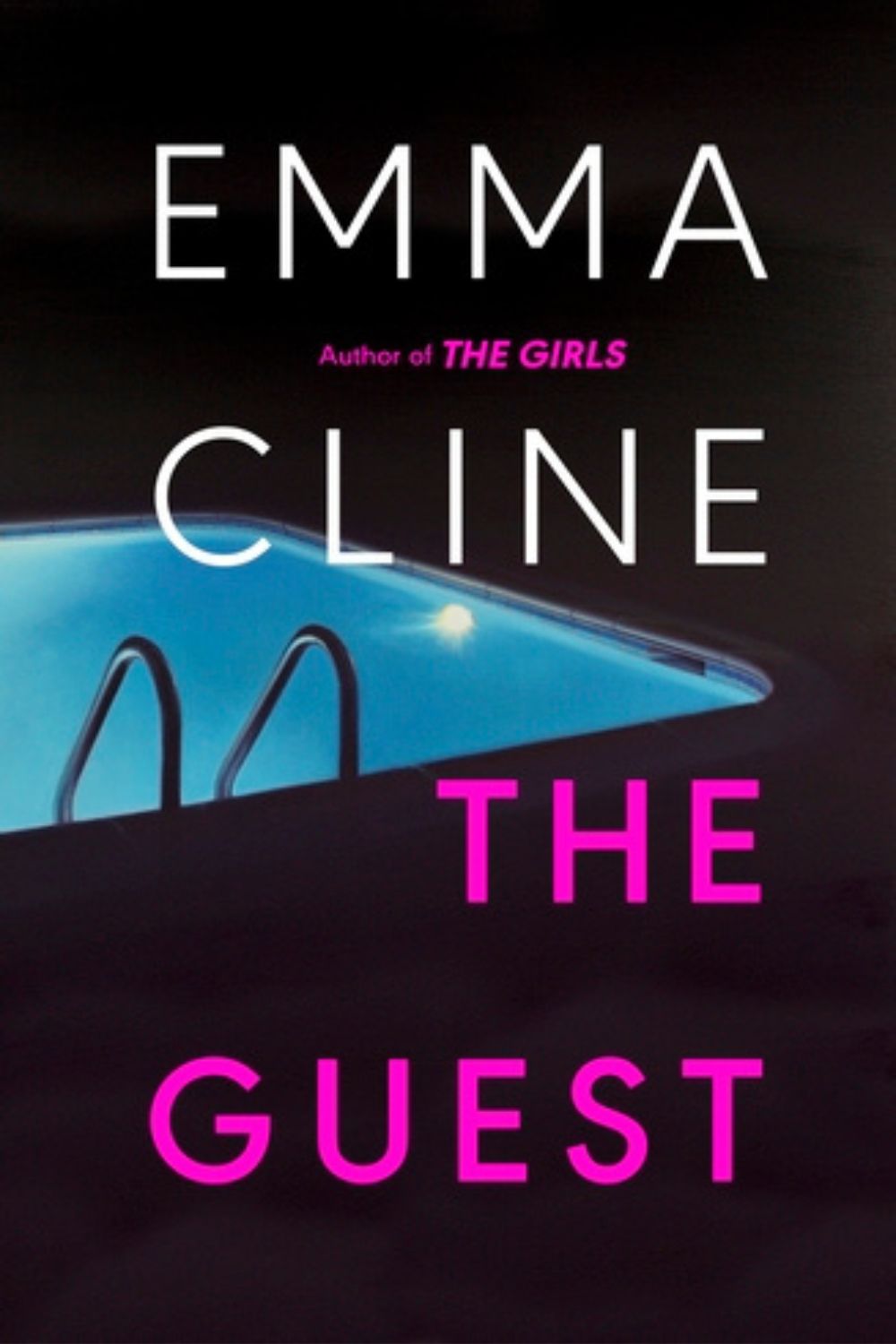
Following the huge success of her debut, The Girls, Cline has become synonymous with tales about rootless, disaffected young women. The latest of these – 22-year-old working girl Alex – is running out of time and money when Simon invites her to spend the summer at his Long Island second home. Believing she’s finally onto a good thing, Alex relaxes – until her self-sabotage kicks in and she is unceremoniously dumped. Desperate to avoid returning to the city where the ex she stole drugs and money from is closing in, she grifts her way from one bad decision to the next, convinced that if she can stay on the island for long enough to attend Simon’s big end-of-summer party all will be forgiven. Like watching a stylish, slow-motion car crash.
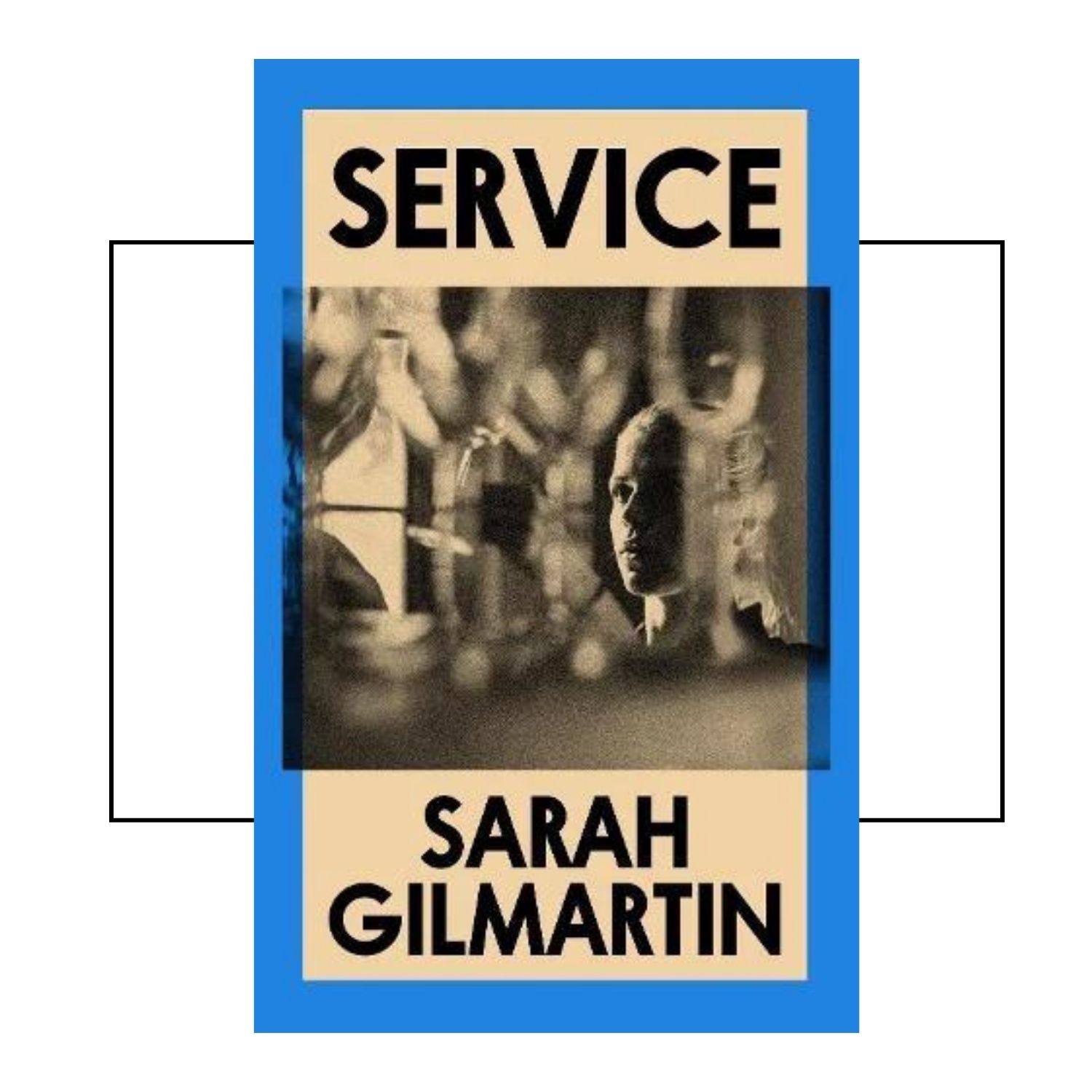
This coolly furious dissection of sexual assault and its aftermath is as carefully constructed as anything served up in the Michelin-starred restaurant run by the chef whose alleged behaviour sets the novel in motion. In a mirroring of the hierarchy noted in Hollywood’s MeToo scandals, Gilmartin utilises the superbly toxic environment of professional kitchen – star chef at the helm, his (largely male) soldiers behind him, high-earning front-of-house expected to put up and shut up with the treatment they receive from their superiorly talented counterparts and customers alike – to portray how such a dynamic can allow what plays out. Narrated by three voices – the chef, his wife and a former waitress with a dark secret of her own – Gilmartin’s skill lies in allowing the relevant parties to reveal their true selves to readers (if not always to themselves) in a manner as horribly compelling as it is all too plausible.
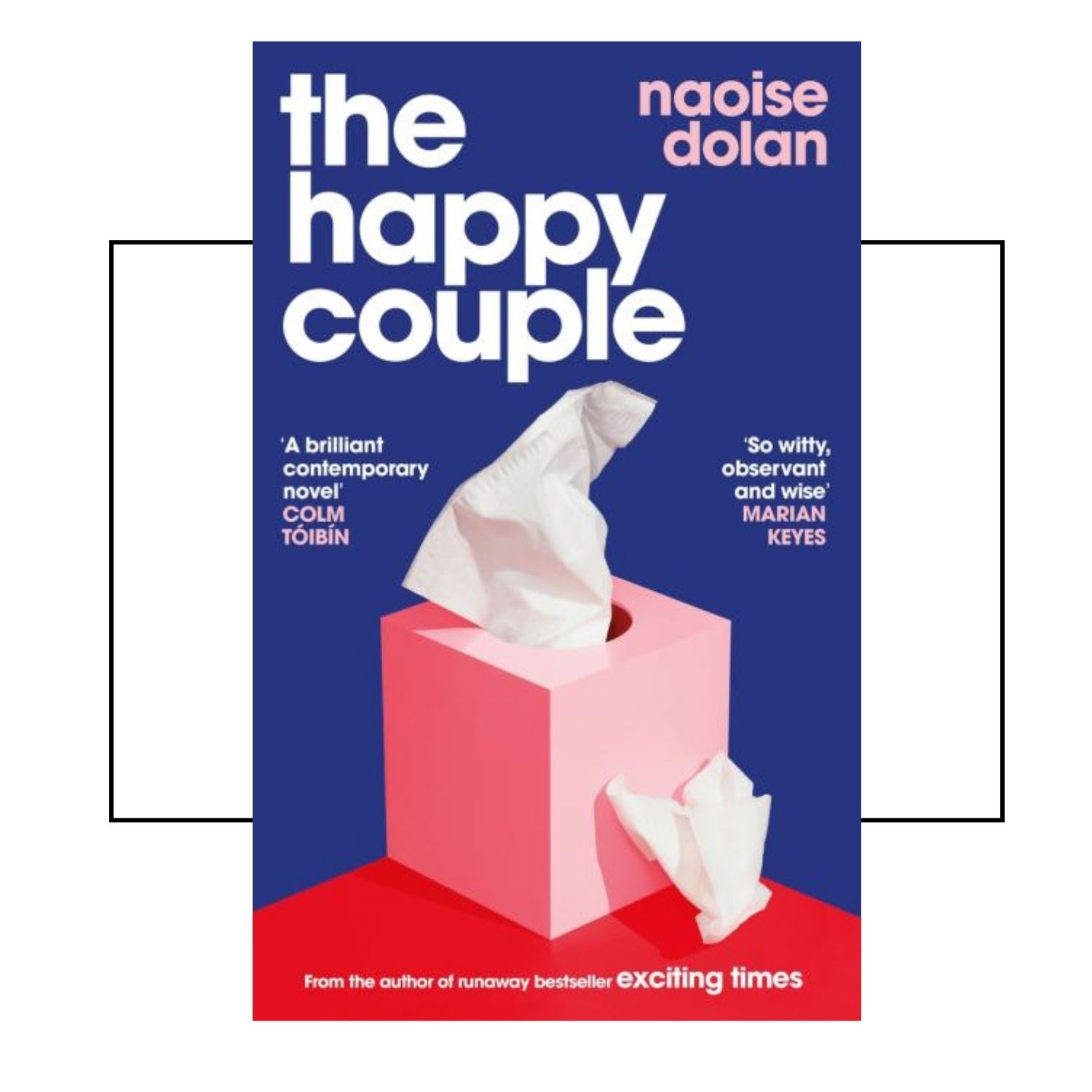
It is a truth pretty much universally acknowledged that Naoise Dolan is one of the sharpest, funniest novelists writing today. In this, the follow-up to her debut, Exciting Times, Dolan’s Austen-esque dissection of why two not-so-conventional people have decided to make such a conventional choice focuses on Celine and Luke – the happy couple in question – in the period between their engagement party and subsequent Big Day. There are varying degrees of meddlesome exes, and skeletons in cupboards galore, along with a superbly drawn cast of supporting characters. It all adds up to a very funny – and poignant – look at modern love, desire and expectation.
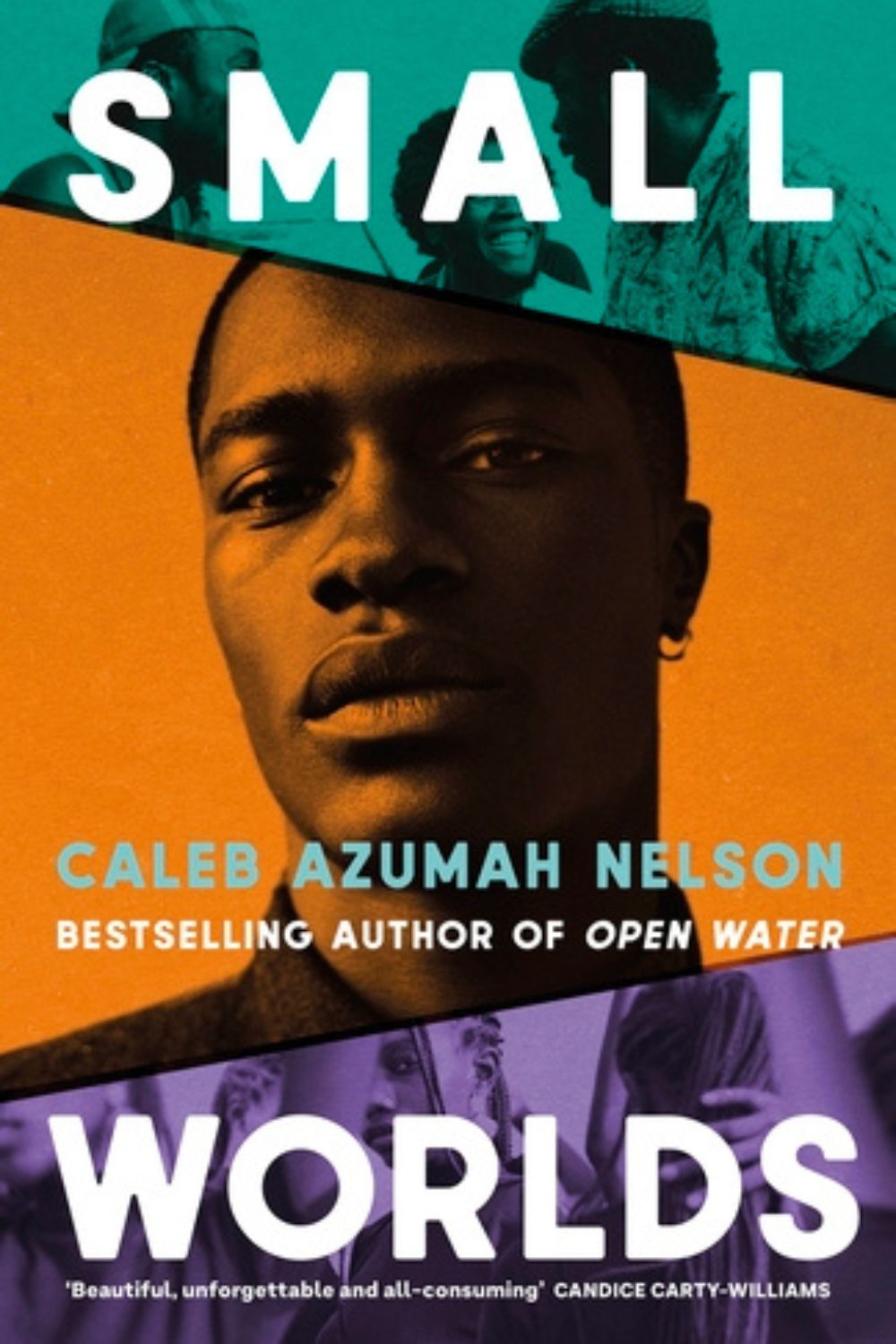
Open Water, Azumah Nelson’s Costa prize-winning debut, was a word-of-mouth hit, marking the south London writer and photographer as one to watch. While this follow-up treads similar physical and emotional ground, it spreads its net beyond the intimacy of the two-person love story that lay at the heart of his first novel to take in the ‘small worlds’ and connections between friends and family, travelling beyond its London setting to Ghana as son and father do their best to understand each other’s ways. Yet it remains as deeply intimate and poetic as its predecessor.
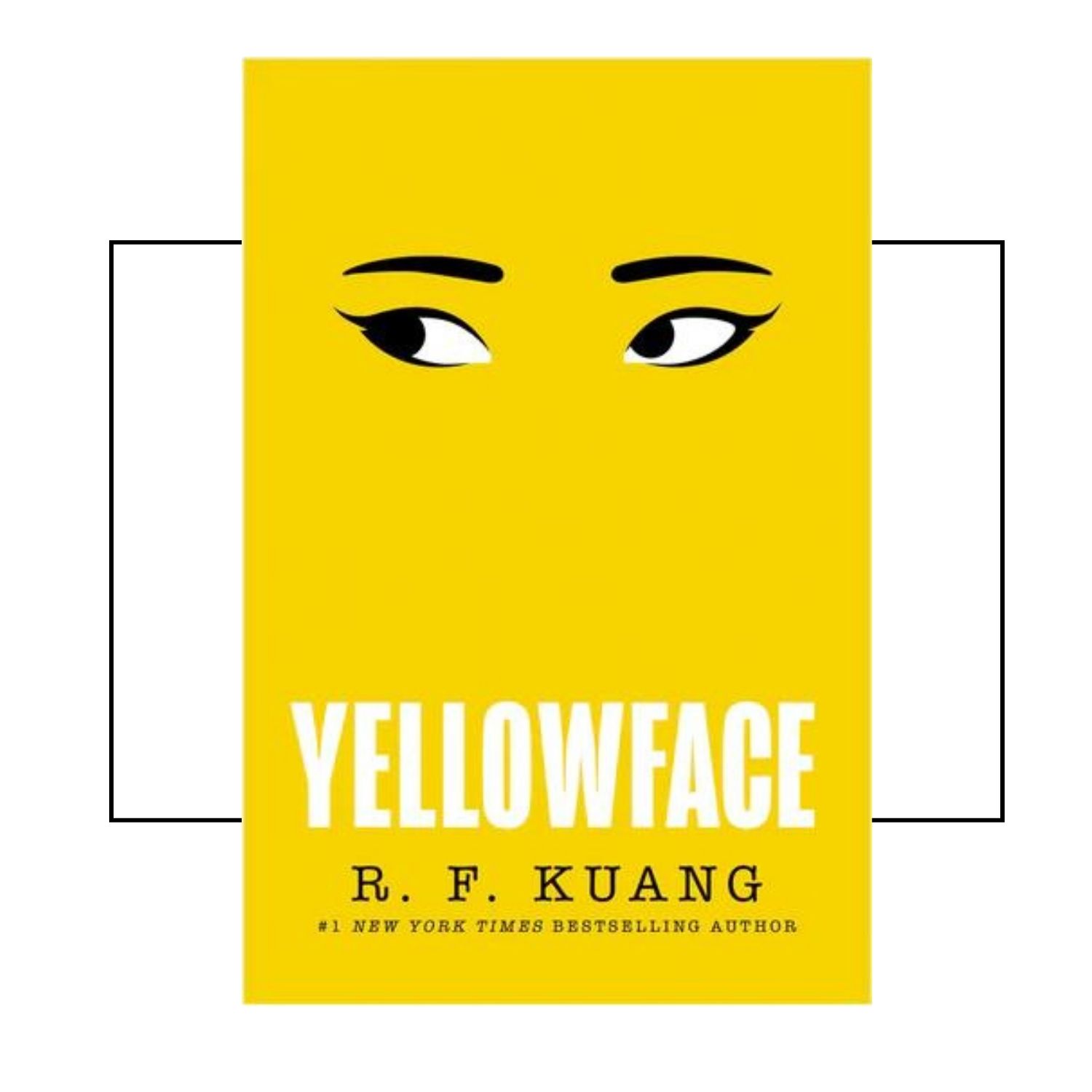
When literary star Athena Lui dies on the night she’s celebrating a major Netflix deal with professional frenemy June Hayward, Athena’s last unseen manuscript just happens to find its way into June’s bag. She reworks it and publishes it – to huge acclaim – as her own, using the culturally ambiguous pen name Juniper Song as advised by her publishers. As her star rises, the lengths to which June will go to retain her new-found success increase along with it – but what goes up, surely must come down. Kuang has huge fun skewering the sensibilities and sensitivities on all sides in this laugh-out-loud satire of the publishing industry and social media stardom. Deeply, darkly hilarious.
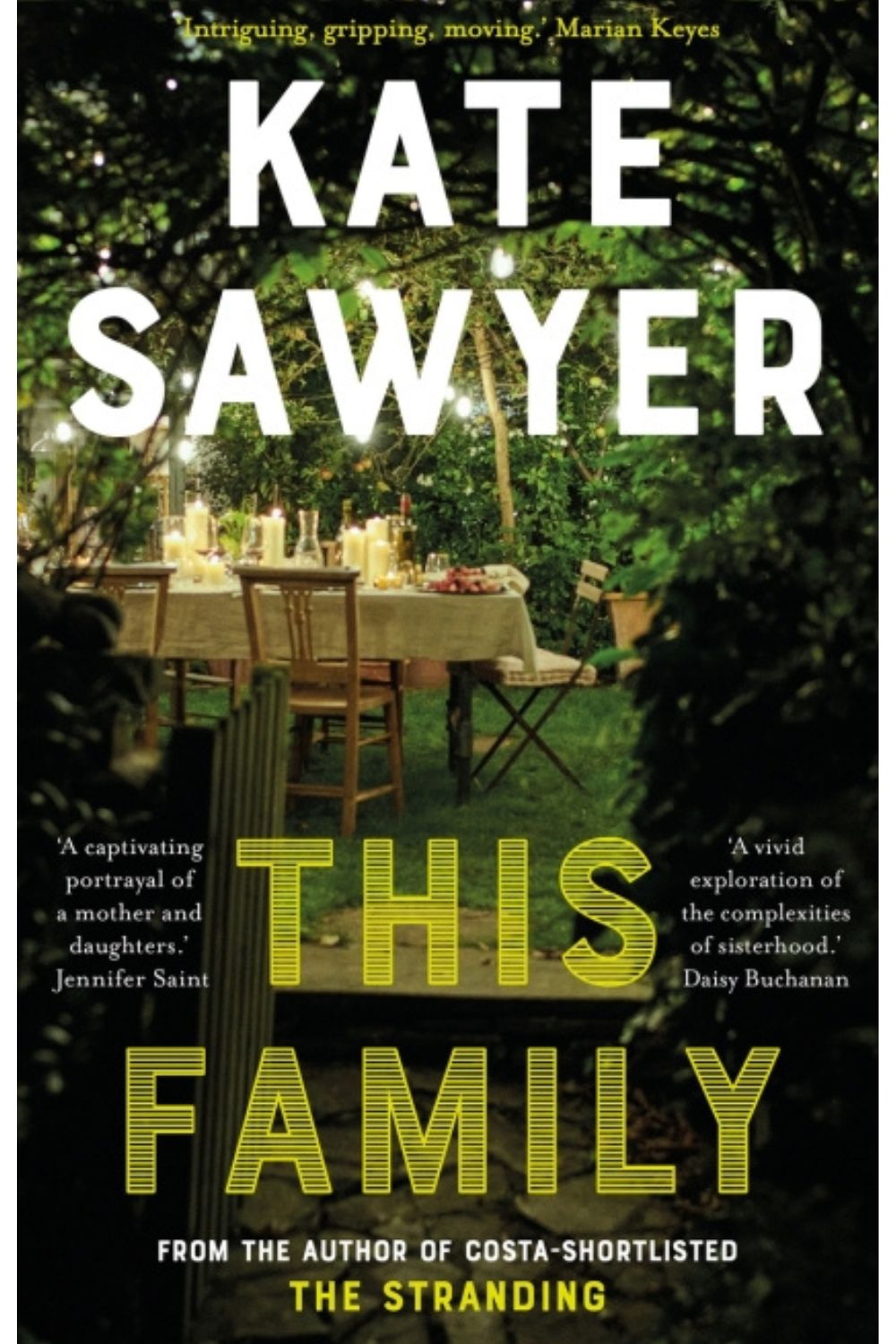
Set across a single English summer day, middle-aged mother Mary brings her fractured – and fractious – family together for her wedding. While on the surface, a more conventional narrative than her striking debut, The Stranding, (in which an Adam and Eve-like couple survived an apocalyptic event by seeking refuge inside a dead blue whale), this follow-up is just as ambitious in its own way, as Sawyer unpicks the incidents and emotions that have led the family here. A tender, thoughtful meditation on the complexities of the ties that bind.
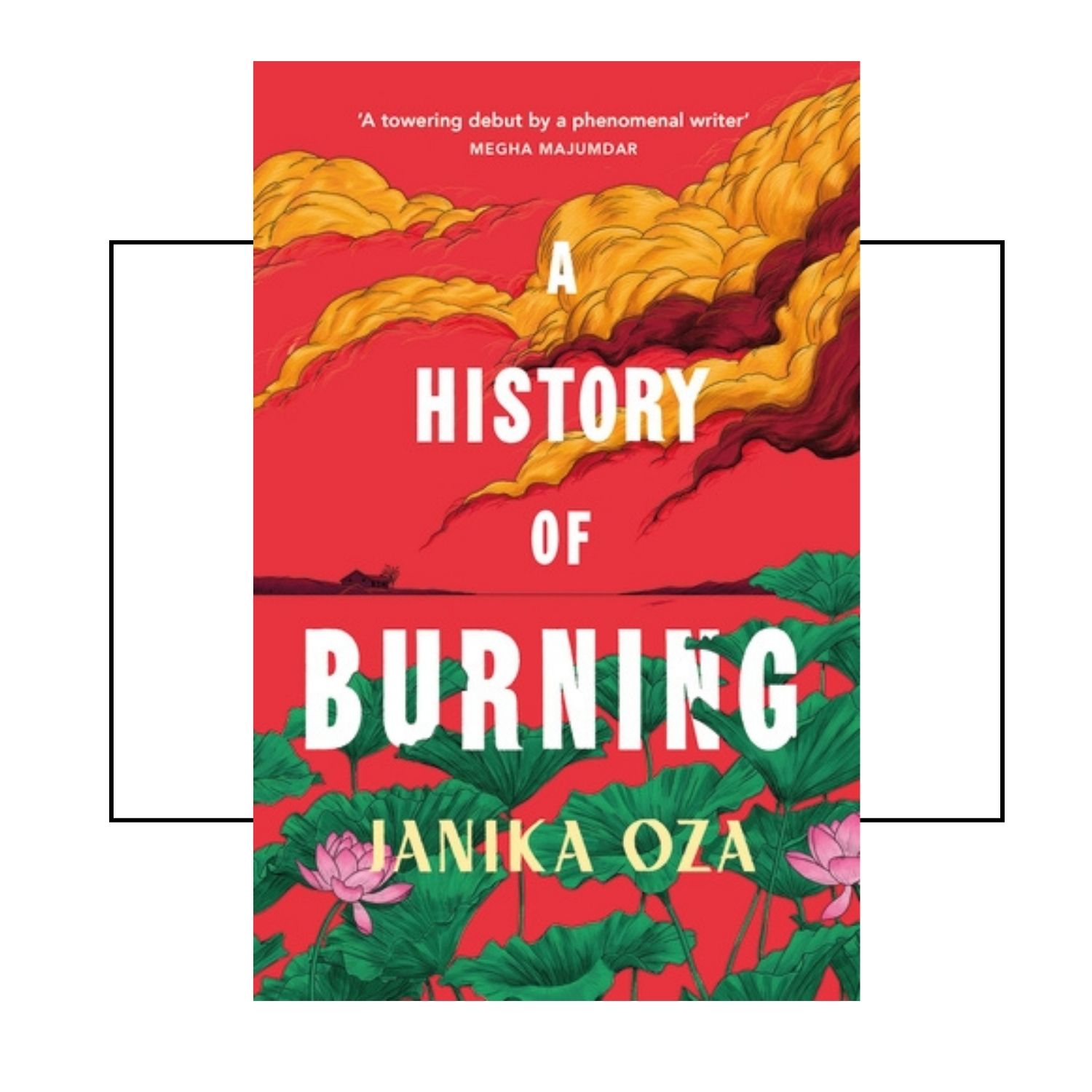
Thirteen-year-old Pirbhai is tricked into leaving his Indian home and put to work building a railway in Kenya where, faced with a shattering and life-altering choice, he picks his survival over that of others. And so this ambitious, decades-spanning, multi-generational, Pachinko-style narrative begins to unfold. A move to Kampala brings success to Pirbhai, his wife Sonal and their family, until Idi Amin’s brutal regime sees the family split apart, losing everything as they’re forced to flee Uganda to start again – in 1970s Canada and the UK. An astute, emotionally complex examination of racism, cultural estrangement, generational challenges and what ‘home’ and family – in all their forms – mean.
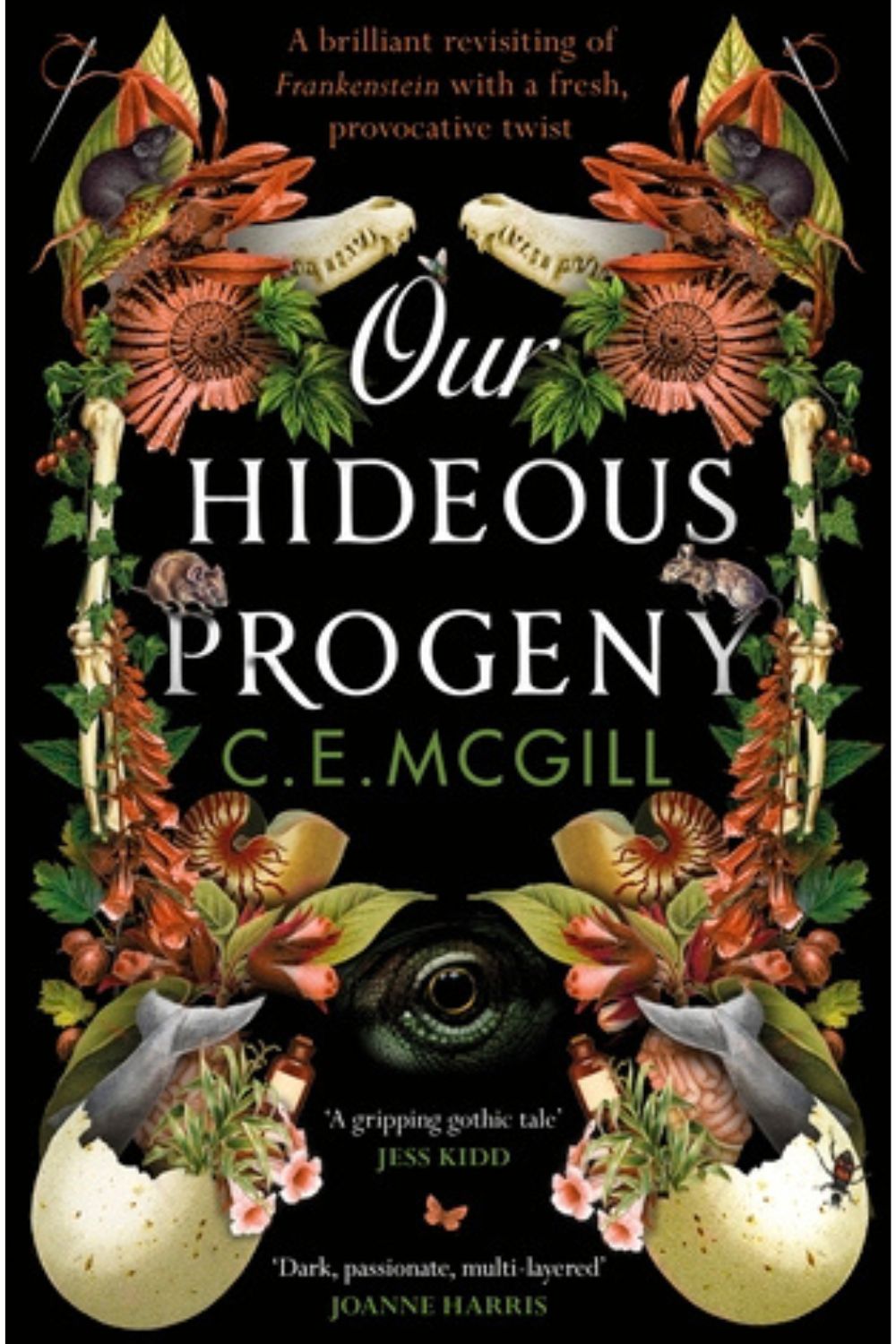
Mary Shelley’s Frankenstein gets an update in this historical debut set in Victorian England around the time of the Great Exhibition. When bereaved mother Mary – great-niece to Victor Frankenstein and reluctant second to her hapless husband’s scientific work – stumbles across her uncle’s writings, she hatches a plan to build a creature that will showcase her scientific ability and gain her access to the men-only societies and forums she longs to be part of. What could possibly go wrong?
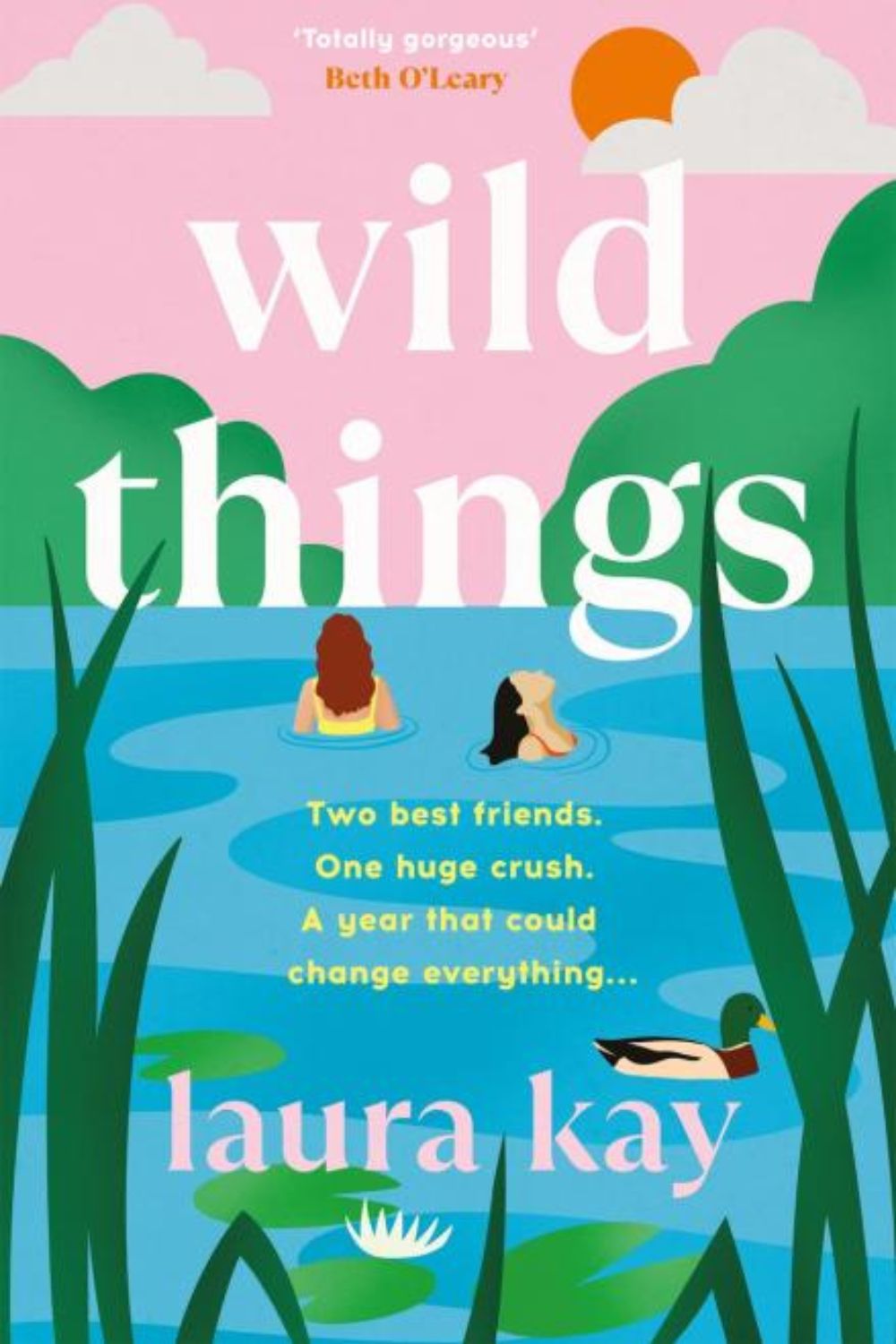
Three novels in and Kay has established herself as one of the bright lights of queer romcom. Here, Eleanor’s unrequited crush on best friend Ray encourages her to step out of her comfort zone and have a ‘wild’ year. When the opportunity arises for their four-strong friendship group to buy a rundown house in the country, they decamp from London and take the village – and Instagram – by storm. One for the summer TBR pile.
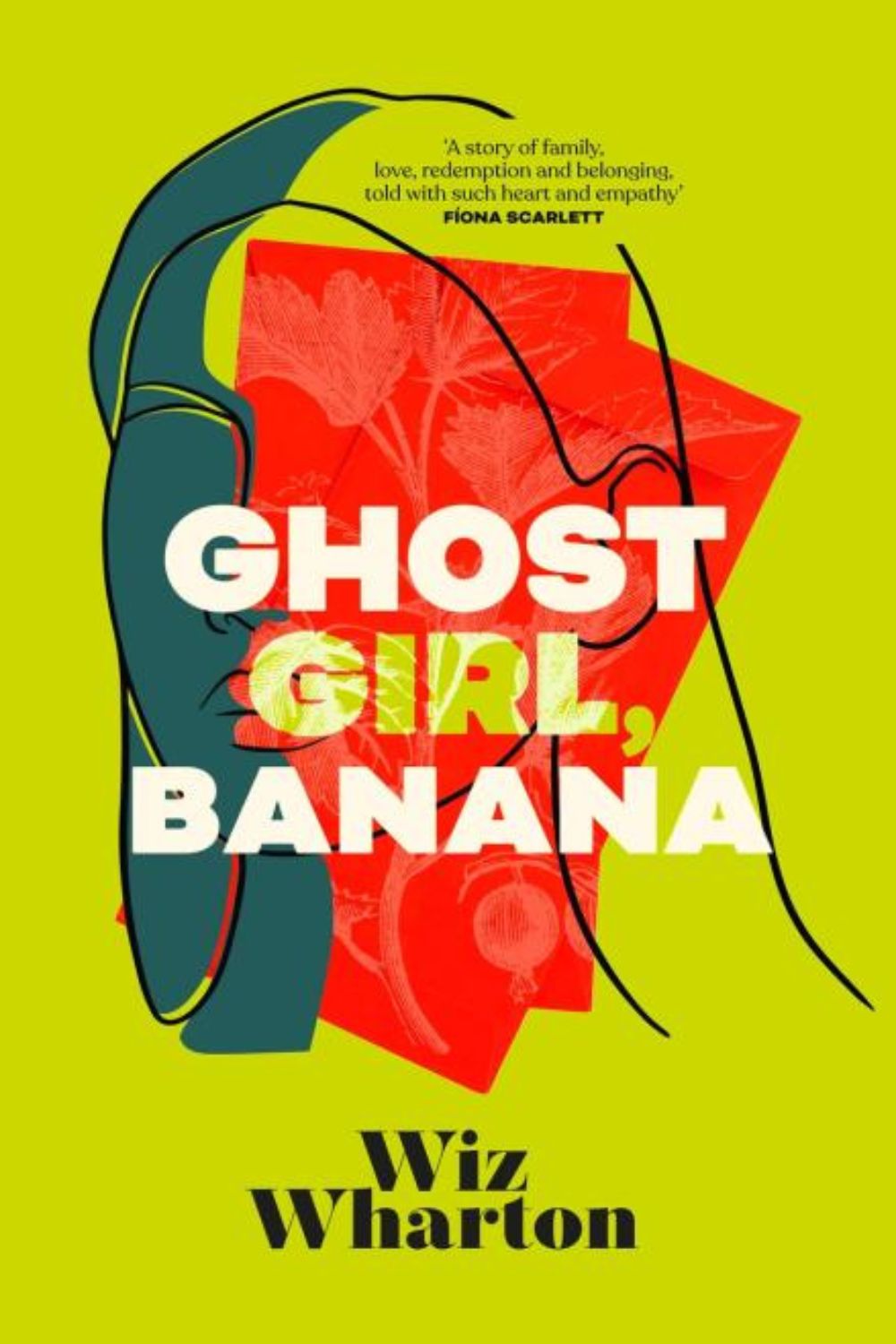
When Lily receives word of a mysterious inheritance, it raises long-buried secrets and unanswered questions surrounding her mother’s death thirty years ago. Against her sister’s advice she leaves her London home to investigate in this compelling dual-timeline narrative set across London and Hong Kong.
The best books to read this April
April proves to be anything but the cruellest month with a bumper crop of new releases that takes us from 1980s Gothenburg to post-Brexit London with a stop-off in a hit New York TV show’s writer’s room along the way.
Whether you’re in the mood for an epic love story, some time-travelling neo-noir, prize-winning literary fiction or a crime-solving anti-hero in the form of an anarchic smoking nun, it’s all here. Enjoy!
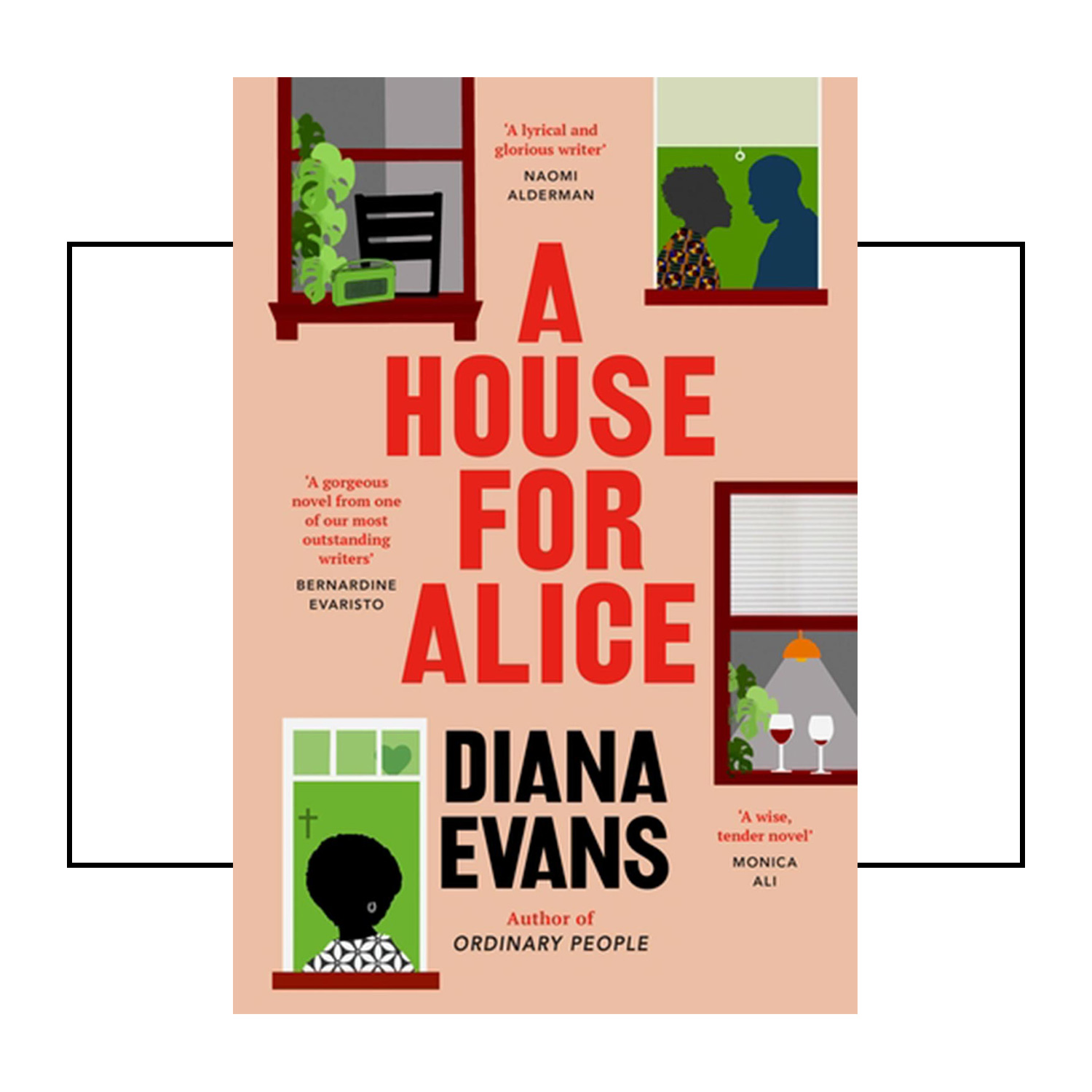
Fans of Evans’ Women’s Prize-shortlisted novel, Ordinary People are in for a treat. Eight years have passed since we last met these characters and while the cast is wider, then married couple Melissa – whose father, Cornelius, dies in a smaller fire the same night that Grenfell Tower is engulfed in flames – and Michael (now divorced) remain firmly at the centre of it.
When Melissa’s mother, Alice, makes the decision to return home to Benin, Nigeria, in the wake of her estranged husband’s death, the tenuous threads that tie the family together begin to fray. As ever, Evans touches on big topics – Grenfell, of course, but also Brexit, the ongoing fallout from the Windrush scandal and more – but as ever it is her characters and their search for meaningful connection and understanding that drives the heart of her story.
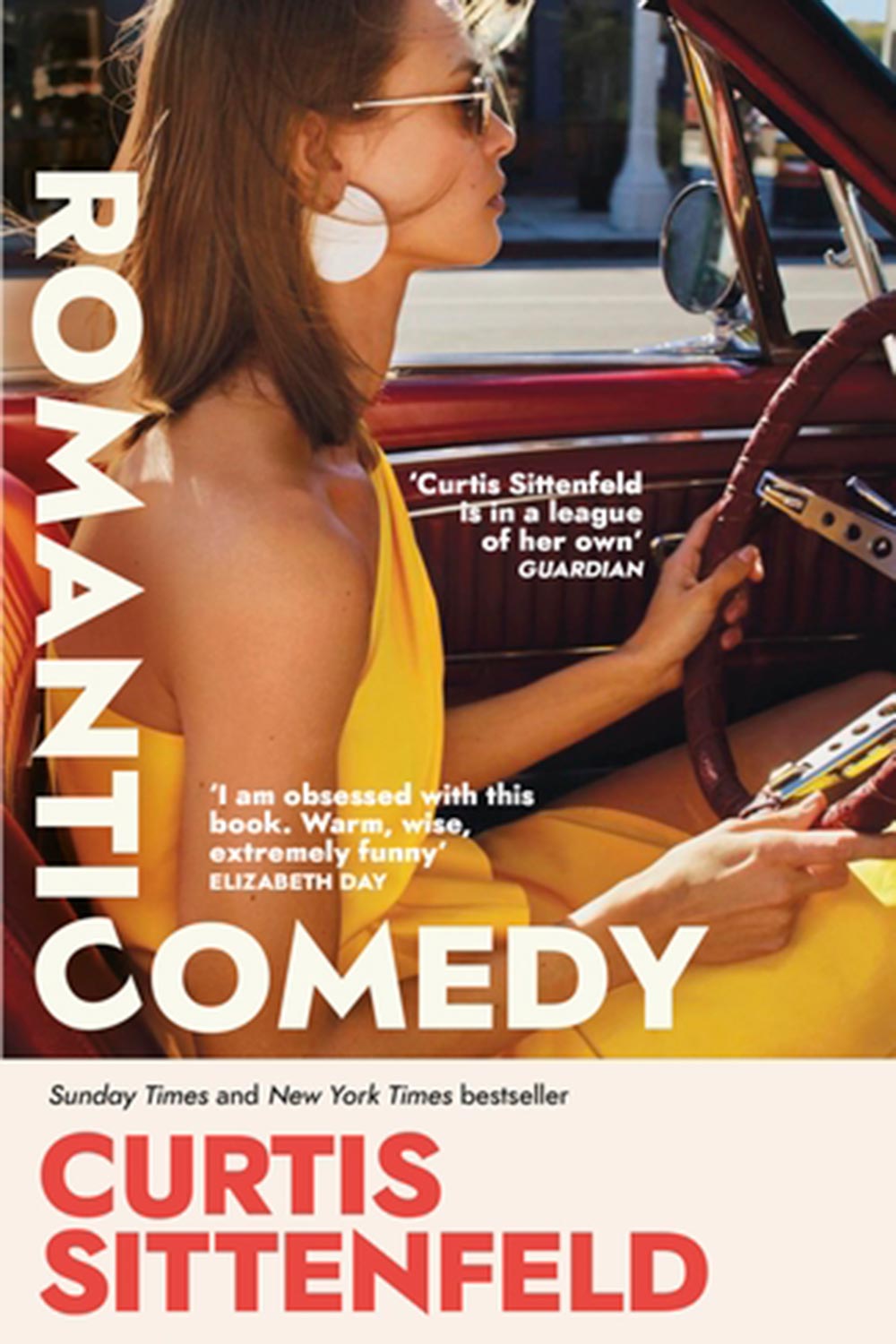
Opening in the New York offices of a Saturday Night Live-style sketch show, comedy writer and thirtysomething divorcee Sally’s love life is a mess. Enter that week’s star guest, multi-award-winning pop star Noah who threatens to upend every theory Sally has about the rules of attraction. Is Noah really flirting with her? Will she self-sabotage either way? Like all the best romantic comedies, the tension lies in the will-they-won’t-they back and forth of the story arc and true to all the best examples of the genre, readers will be rooting for Sally to have her much-deserved happy-ever-after.
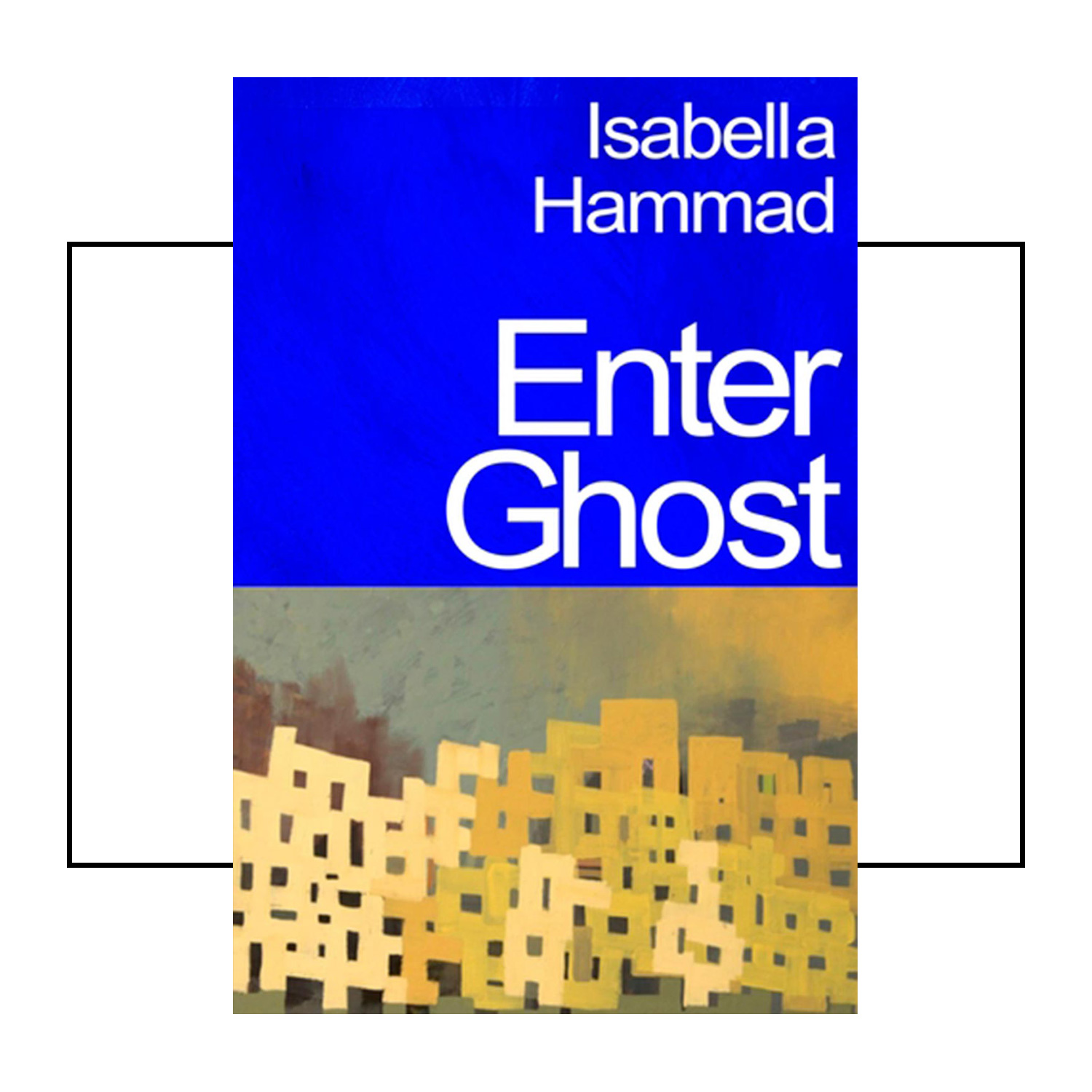
This quietly stunning second novel from the Betty Trask Prize-winning writer opens as Sonia – a late-thirties, Dutch-Palestinian actor from London who is fresh from an affair with a married director and at sea in both her personal and professional life – visits her family’s homeland for the first time since spending summers there as a child. There, Sonia begrudgingly accepts a role in a Palestinian production of Hamlet, and is gradually drawn into the emotional and political complexity of this most divided of nations (Sonia’s surprise at discovering the Israeli soldier she confronts at a checkpoint is also English is just one of many excellent scenes showcasing the intricacy of the dynamics at play).
As the title suggests, the ghosts that haunt the pages of this novel and its characters range much wider than that driving Shakespeare’s play. Yet for all that it addresses big themes –– grief, memory and motherhood among them – it remains, warmly, deeply intimate.
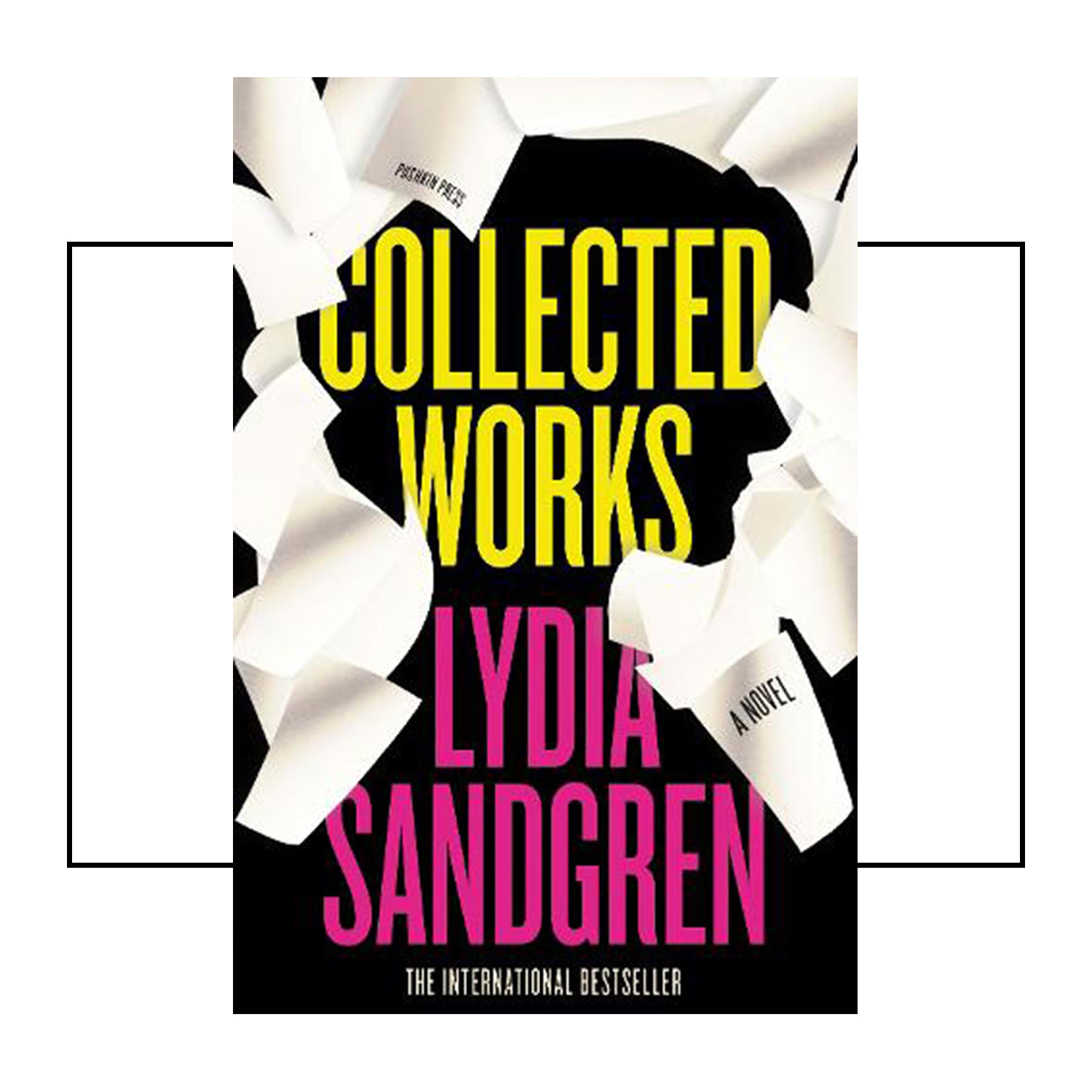
Lydia Sandgren’s debut – all 700-plus pages of it – was both critically praised and a huge commercial success on its release in her native Sweden. Three years and one excellent translation later we get to see what the fuss is about. We meet middle-aged Martin – a once-aspiring author who now runs a respected but financially precarious independent publishing house – as he looks back on his life.
Framed by a series of ‘interviews’ with the writer Martin never became, we follow his journey and that of his friends from 1980s Gothenburg to the present day – namely his passionate teenage friendship with destined-to-become-great painter Gustav and love affair with wife Cecilia, who abandoned him and their young family years before – in a wide-ranging exploration of family and friends, art and ambition that more than lives up to the hype.
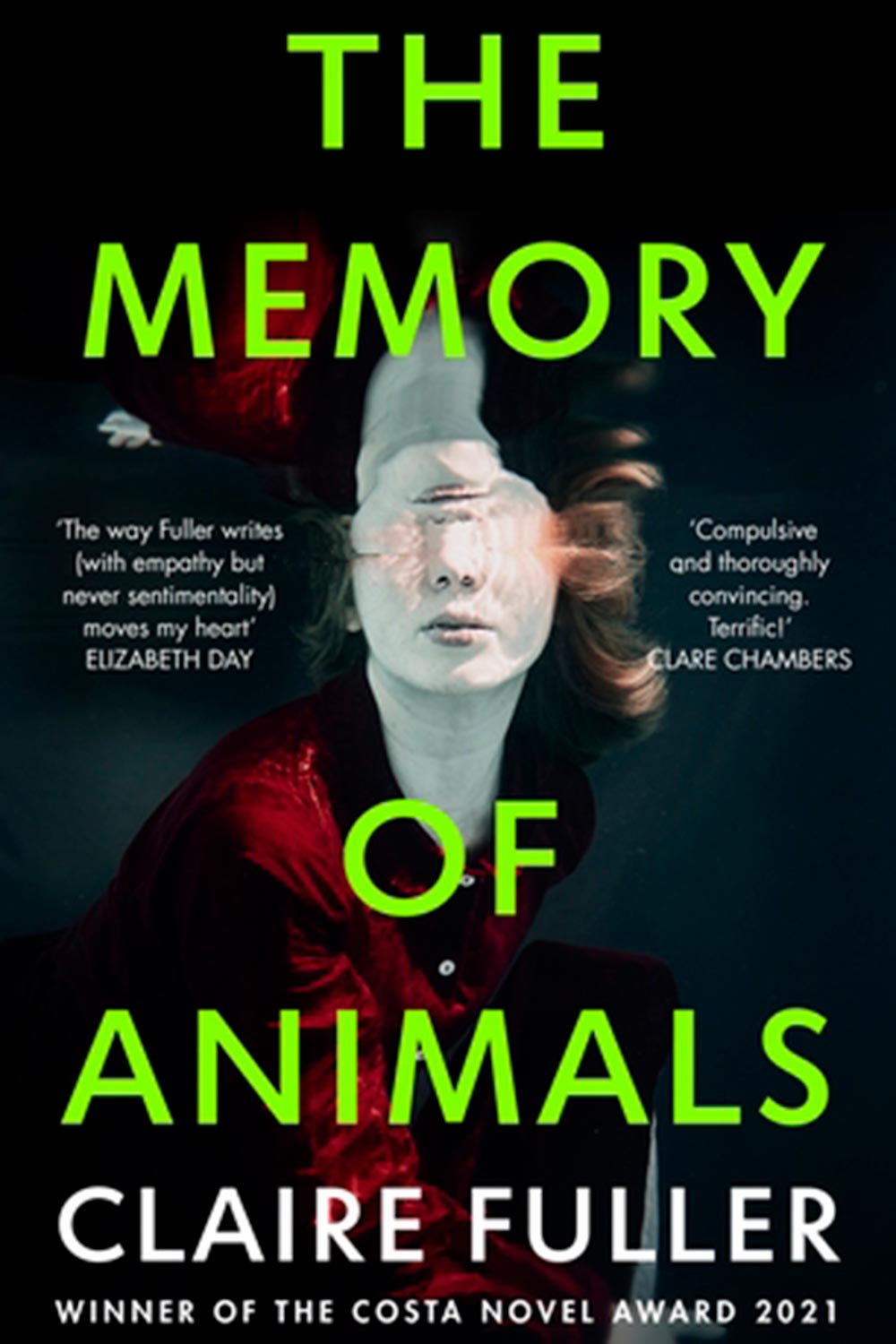
When 27-year-old Neffy enters a paid vaccine trial in a bid to pay off unspecified debts and suggestions of a deeply troubled recent past (she is a trained marine biologist reduced to picking up whatever casual labour she can), she thinks she understands the scale of risk involved. The world outside is in the grip of a pandemic that this medication has the potential to neutralise, but when a deadly new variant is unleashed, they are left stranded. While Neffy and the others wait out their isolation period, she tests a new device that allows users to vividly relive memories. As she becomes drawn deeper in, Neffy’s retreat into the past threatens the tenuous ties on which her future safety lies. A riveting exploration of agency, allegiance and choice.
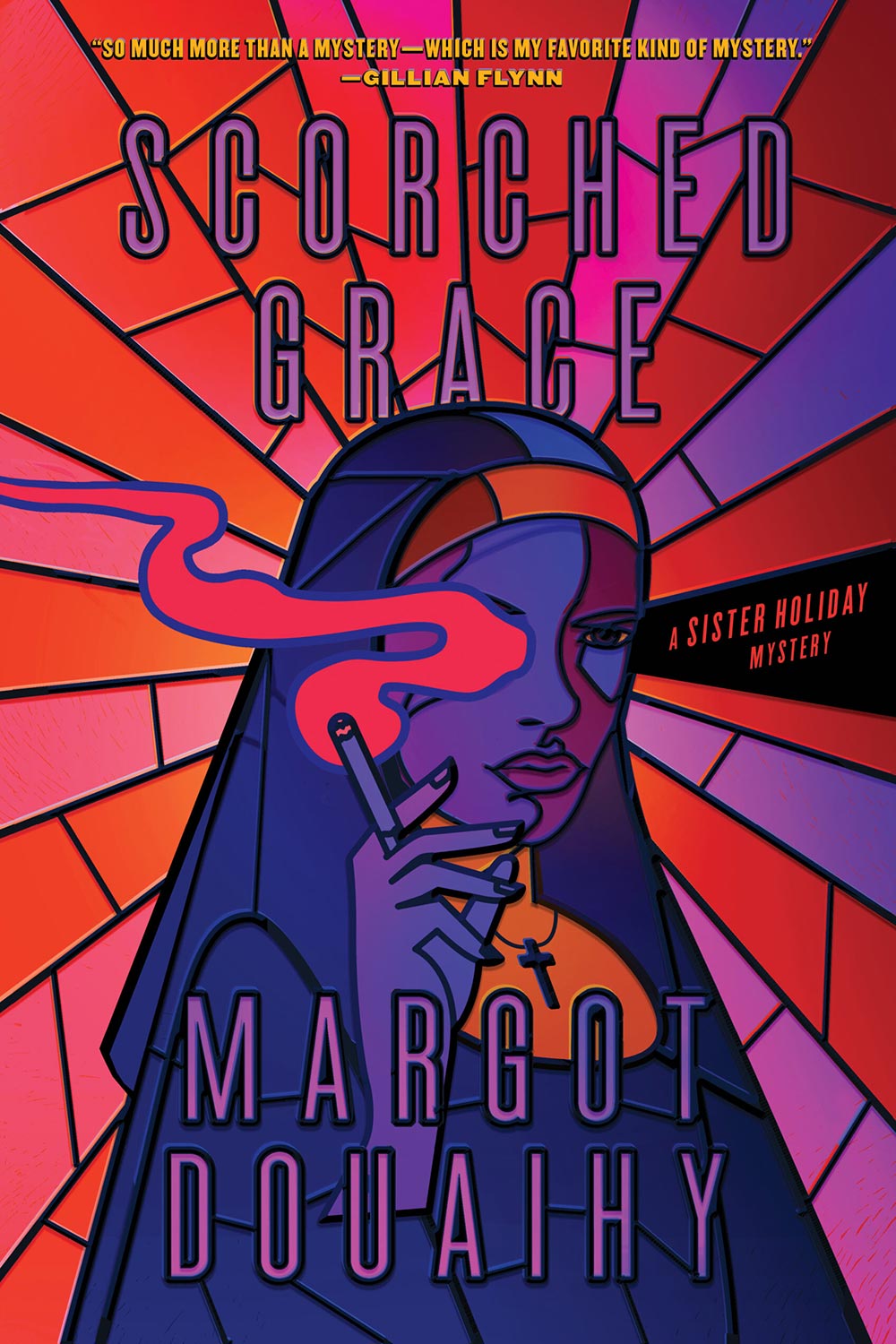
It may never be the best idea to judge a book by its cover, but this one – it features a stained-glass portrait of a smoking nun – is a pretty strong marker for the rollicking ride set to let loose inside. We meet former wild child-turned nun Sister Holiday – tattooed, chain-smoking, queer – as her small order is plunged into chaos after an arson attack.
The first book to be published (in the US) by Gone Girl author Gillian Flynn’s new imprint, Douaihy brings the sights, sounds and smells of New Orleans alive, with twists and turns aplenty. Subtle it is not, but that is rather the point.
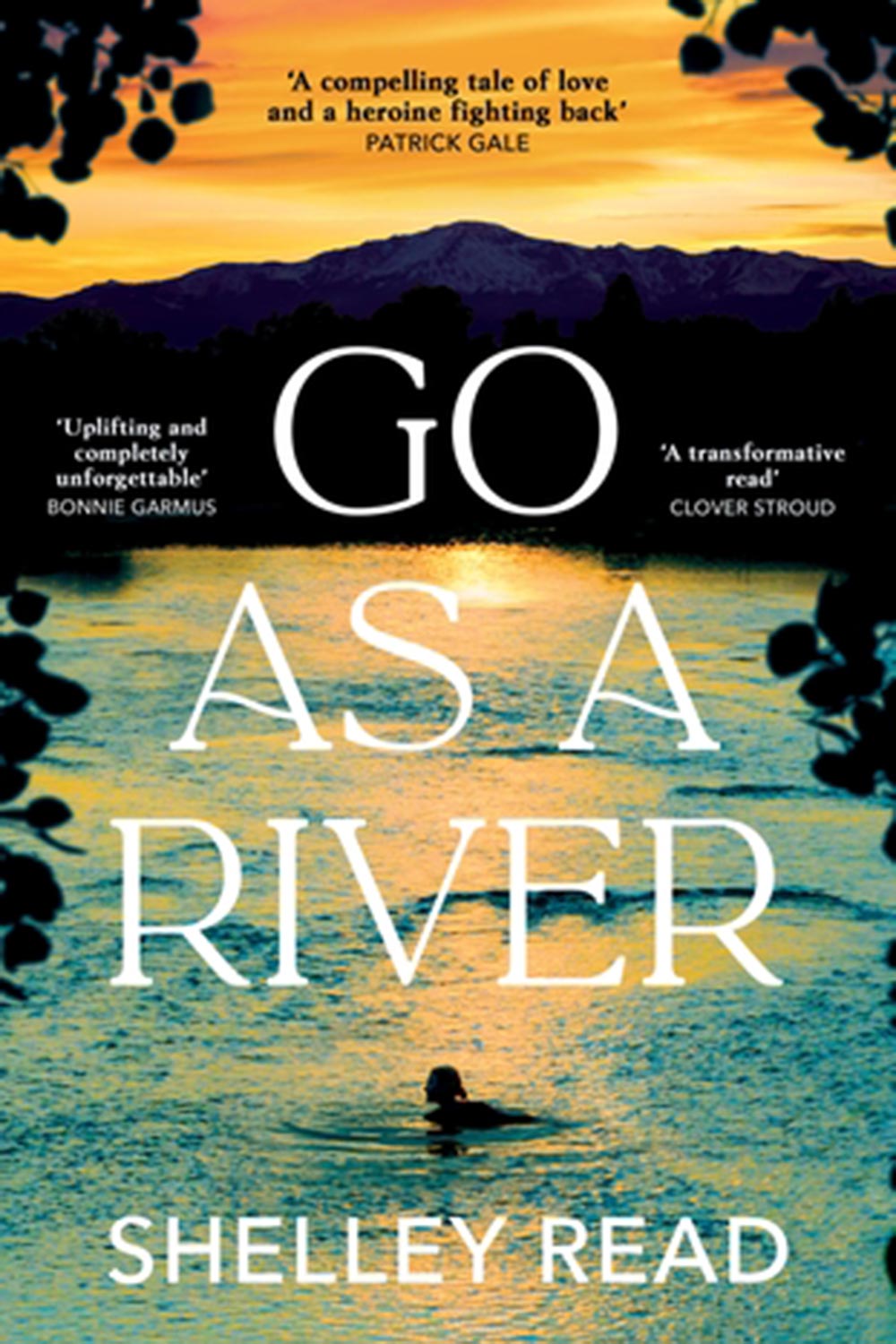
Read brings the untamed beauty of her native Colorado to life in this richly told coming-of-age tale of forbidden love and its fallouts and redemptions. Opening in the late 1940s, the novel follows teenage Victoria from her first fateful meeting with true love Wil, through their doomed love affair and its repercussions in the decades that follow.
For all its pain, it is a hopeful and redemptive read. A dream of a book.
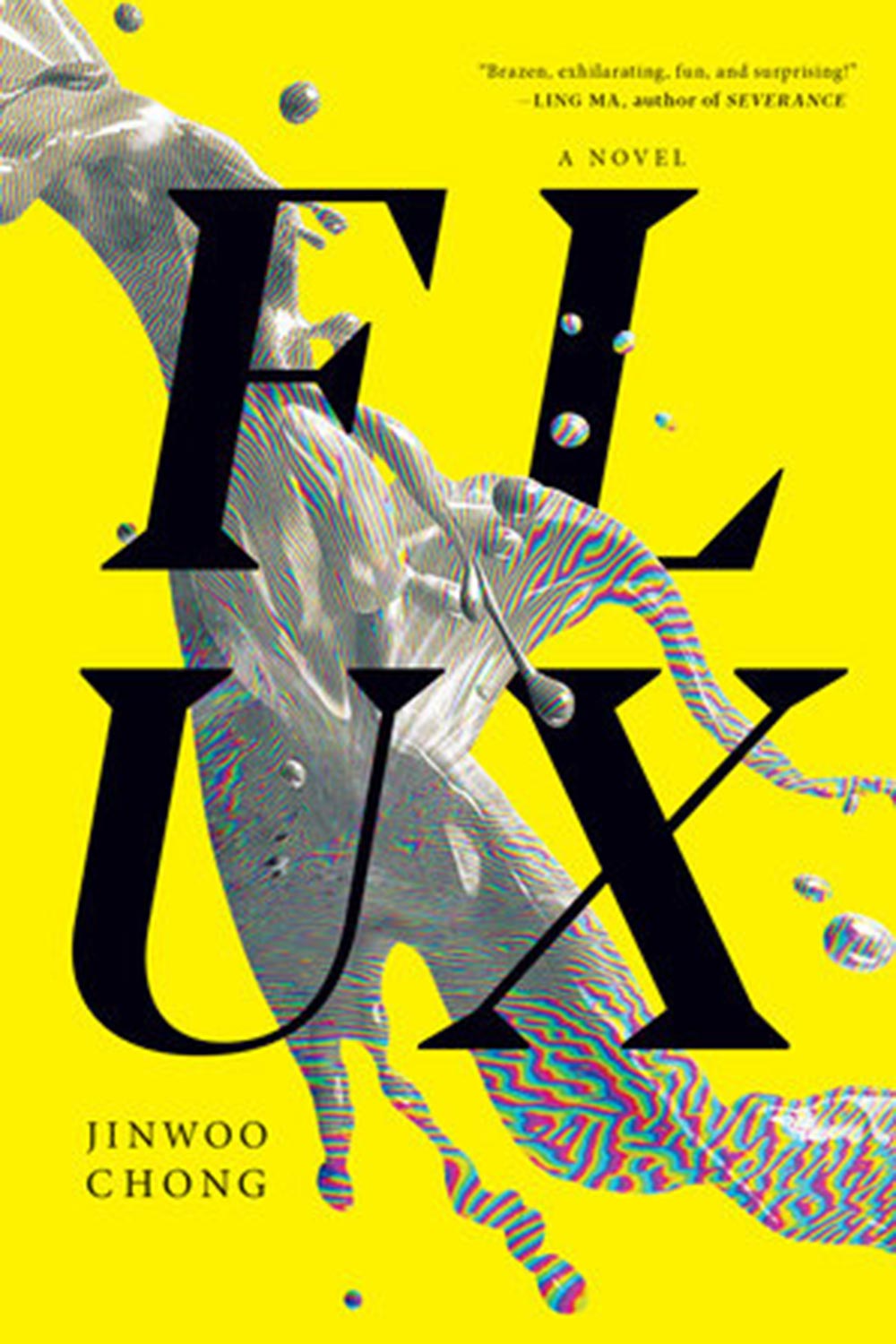
This fast-paced, time-bending, neo-noir thriller follows three main characters – eight-year-old Bo, 28-year-old Brandon and 48-year-old Blue – across different timelines. As their lives begin to intersect, dangerous secrets begin to emerge from the mysterious organisation that connects their destinies.
Beyond the snappy dialogue and genre-bending, Flux presents a moving exploration of sexuality, ethnicity, grief and trauma.
The best books to read this March
9 knock-out new books written by women
It is a persistently noted observation that men don’t read books written by women. If that seems like one of those outdated ‘facts’ ready to be filed along with ‘women aren’t funny’ and other cliches, the stats, sadly, bear this out: men make up less than 20% of the overall readership of the top 10 books written by women (versus 45% of equivalent reads by women of books written by men).
More fool them. As author Mary Ann Sieghart wrote on LitHub last year, when men do read books by women, they tend to actually prefer them (slightly) over those written by their own sex. Which doesn’t surprise us one bit.
Just take a look at this month’s list of new releases – an international line-up of established and emerging names which spans genres, timelines and geography to take us from post-war Vietnam to the seedy glamour of 1960s New York to Down Under (twice) – all of which are written by women.
And yes, it’s March. And yes, that means this month’s round-up coincides with International Women’s Day. But if you’re thinking those two facts are related, think again. These are not our pick of the best books to be reading this month that are written by women. They’re our pick of the best books to be reading this month, period.
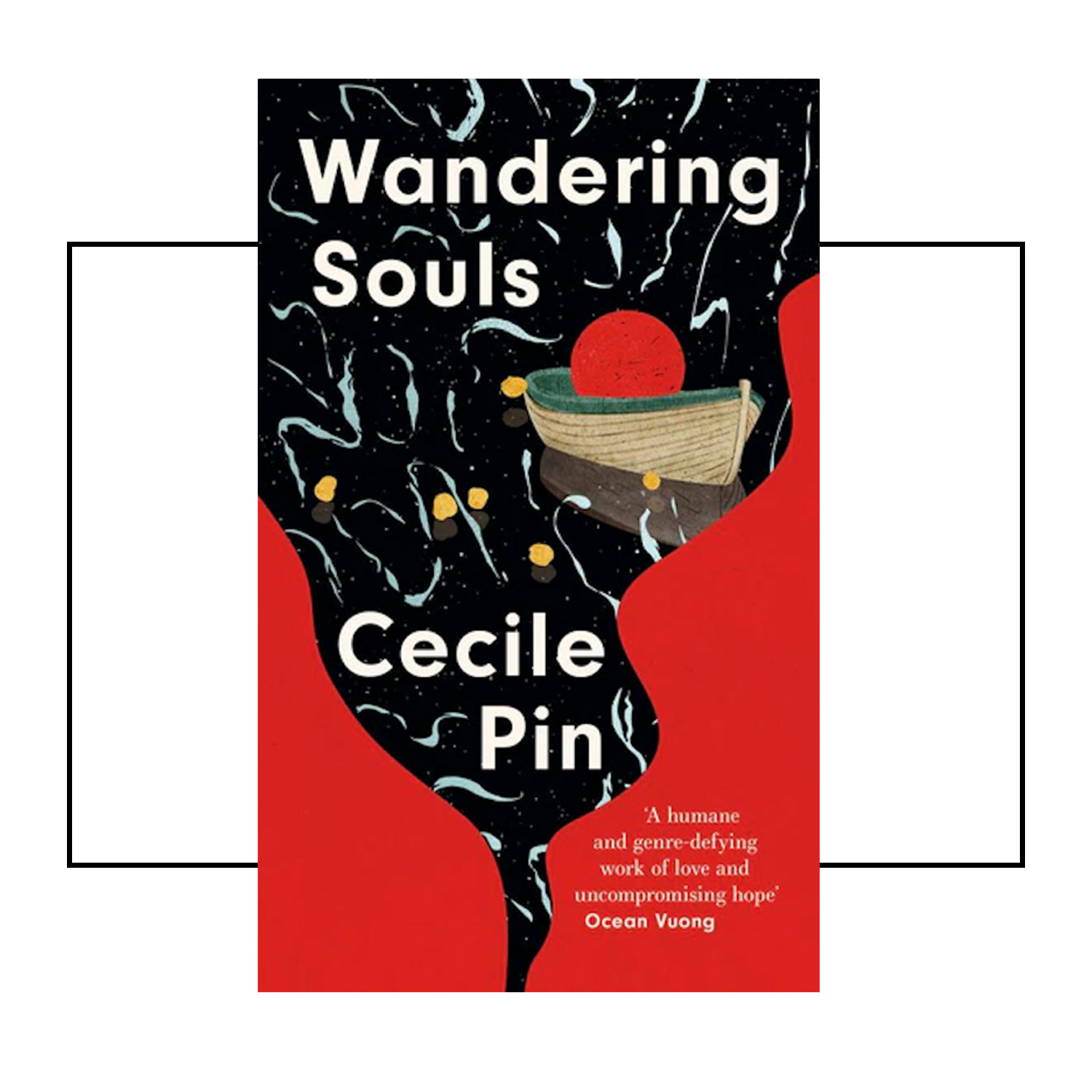
This genre-bending debut opens in late 1978 as a family of eight share their final meal together before leaving their home – and their life together – in post-war southern Vietnam for what they hope will be a new start in the US. The family separate to travel but only one of the boats – carrying oldest child Ahn, and her two brothers, Thanh and Mihn – arrives at the refugee camp in Hong Kong that is their destination. The three siblings eventually make it to Thatcher’s Britain where they slowly build a new life – but at what cost?
Combining fiction with historical fact, Pin approaches her story with clear-eyed, provocative prose that resembles the shock and sense of displacement of her characters, weaving between past and present to build a picture of the impact of generational trauma alongside the systemic failures of governments to deal with displaced people down through the decades. At its heart, however, is a powerful story of courage, love and the unwavering hope of the human spirit.
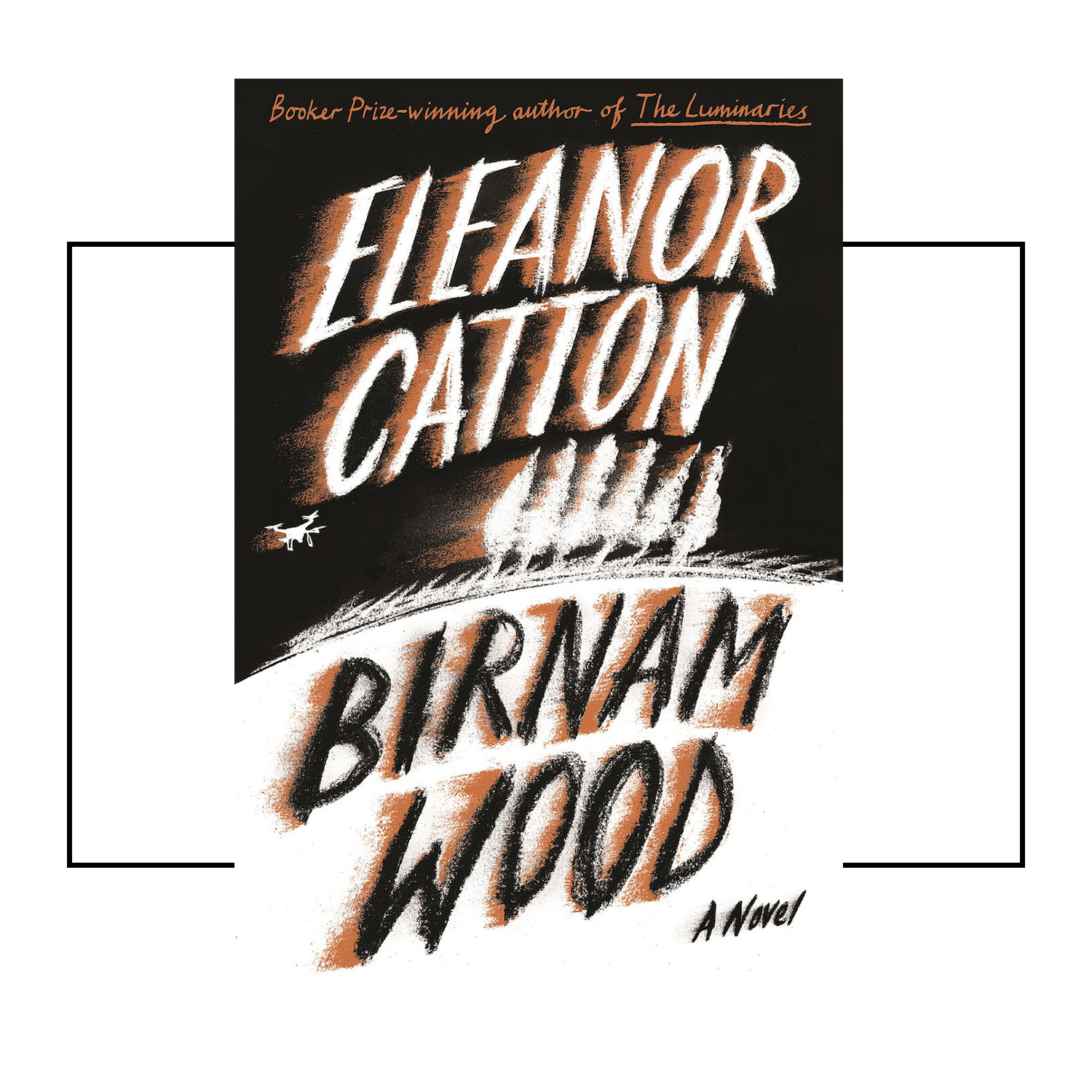
In 2013, Eleanor Catton was – and remains – the youngest writer ever to be awarded the Booker for her debut novel, The Luminaries. Her follow-up, a full 10 years later – set once again in the author’s native New Zealand – is that rarest of things: a literary novel with the plotting and pace of what is generally considered to be more commercial fiction. This twisty eco-thriller follows the community behind Birnham Wood – a series of vacant plots outside Christchurch – whose world is threatened when an American billionaire offers to invest in their dream of a self-sufficient future. But is he really who he appears to be?
Catton has great fun setting up her opposing sides – virtuous, eco-minded millennials versus the nefarious exponents of ‘caring’ capitalism – and it is a credit to her skill as a writer that she does so without ever resorting to caricature. Rather, she paints a dark, multi-layered picture of the perils of late-capitalism and doomed idealism that refuses to settle into the kind of battle between ‘good’ and ‘evil’ you might expect of such well-worn tropes, but instead ratchets into a thrillingly unexpected finale.
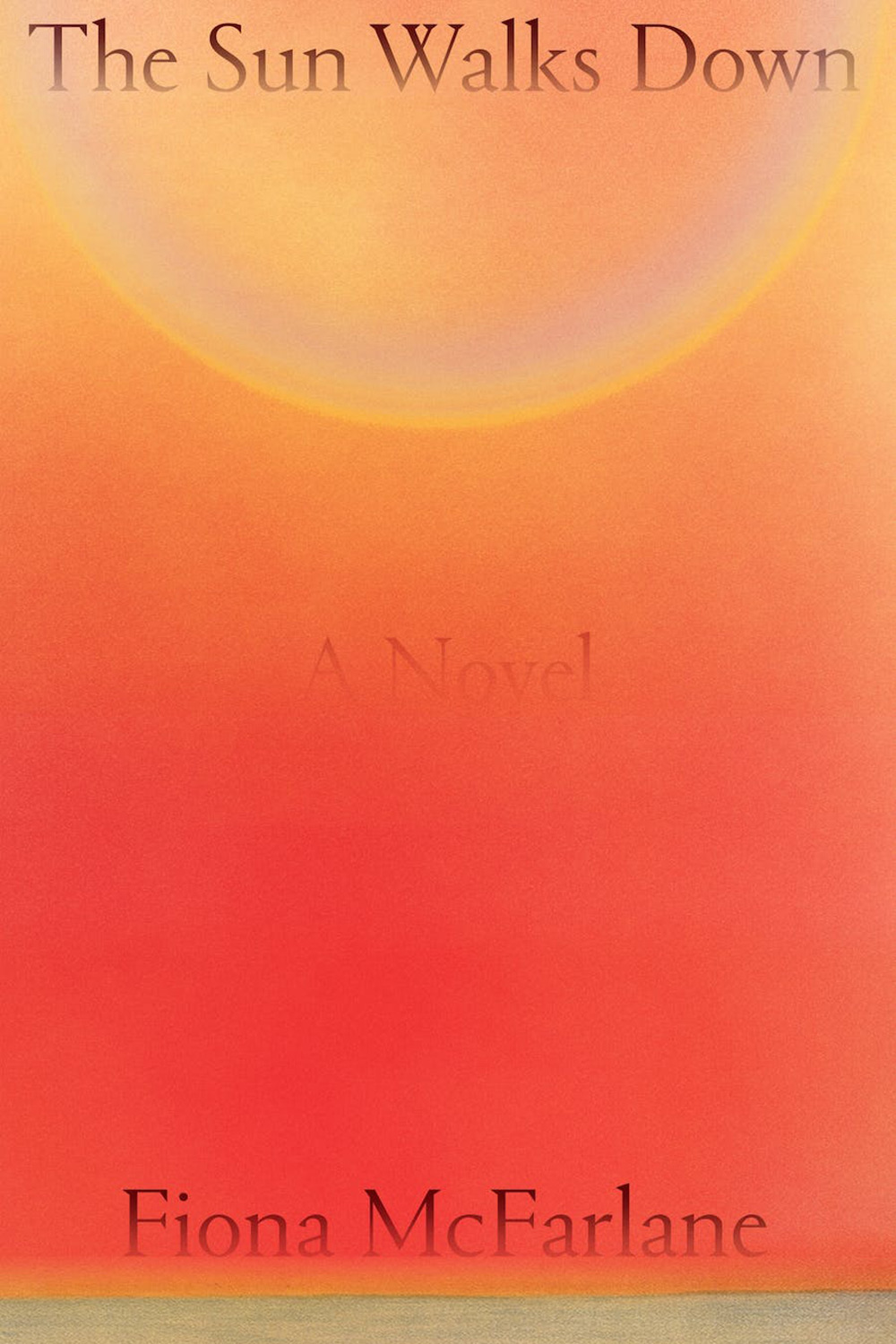
Six-year-old Denny is a short walk away from his family’s farm when dust storm sweeps over their corner of the Australia outback in 1883, leaving him unable to find his way home. When his disappearance is noticed several hours later it sparks a search that draws the many disparate parts of this intergenerational, multiracial community together putting a burr under the saddle of the thinly veiled rules of propriety that normally just about allows it to get along. McFarlane does a fine job of managing her large cast of characters and their various dreams, desires and wants, leaning heavily into the otherworldly landscape of its setting and Dreamtime mythology to create an eerie – at times bordering on the surreal – look at late 19th-century Australian life.
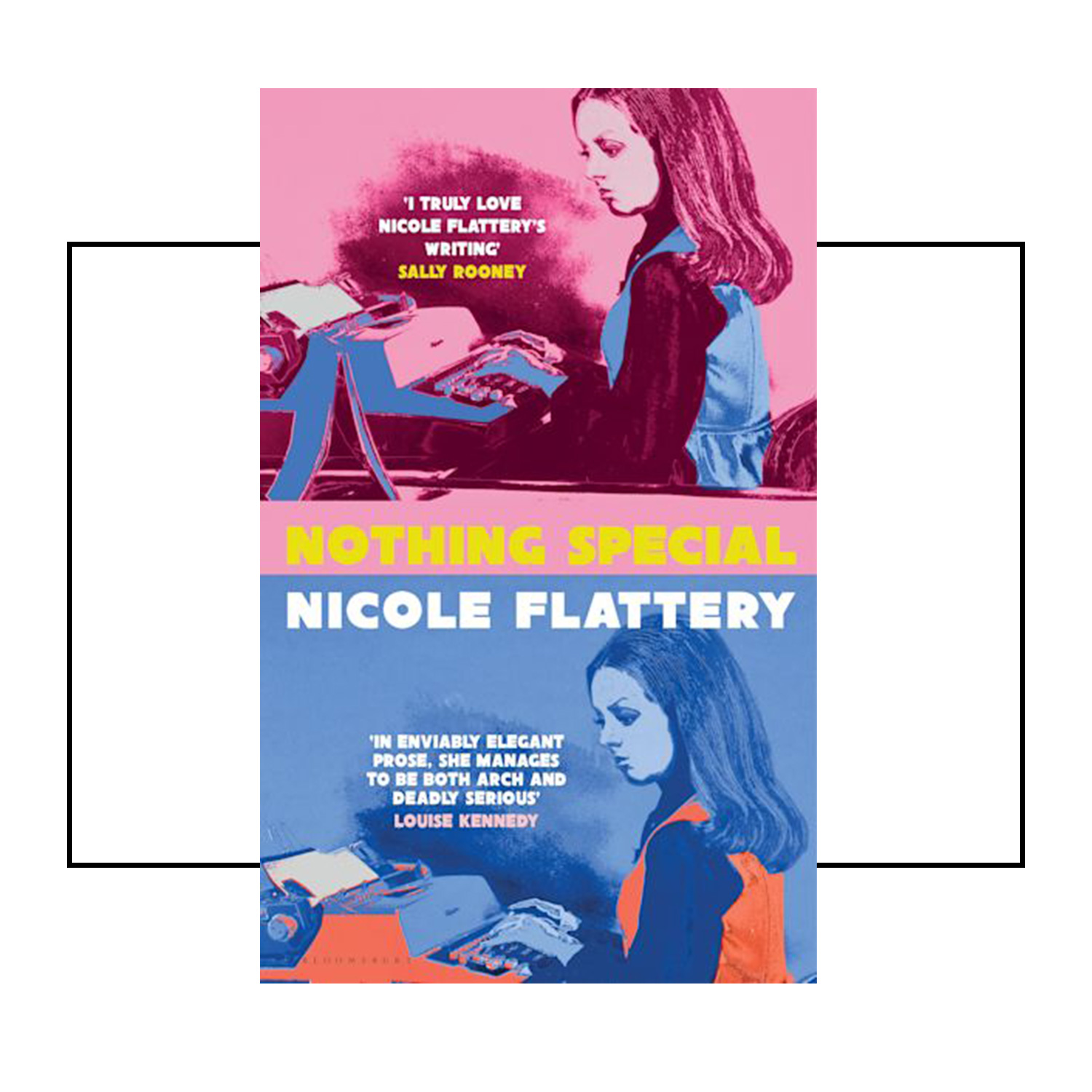
There are many reasons why this debut is one of the most hotly-tipped releases this month – not least the seedy-glam allure of Warhol’s Factory in the heart of 1960s downtown New York as seen through the eyes of awkward schoolgirl Mae, who spends a summer typing up the tapes of conversations that chart the increasingly dissolute trajectory of the ‘stars’ in the artist’s orbit (Edie Sedgewick among them) at that time.
Yet Flattery turns what could so easily have been an in-the-shadow-of tribute into a deft and painfully sharp coming-of-age tale into something far more interesting. In her hands, the tearing down of the old ways and desire for fame – to be marked as ‘special’ – is paralleled in the painfully narcissistic self-consciousness of those key teenage years that mark the transition into adulthood and its own desperate need to cast off the past and be ‘seen’. Flattery has an eye for the absurd and the coolly dispassionate writing style that marks her as one of the bright lights of Dublin’s current literary scene (no less than Sally Rooney is a fan), but while Nothing Special is often darkly – almost cruelly – funny, it is never less than deeply human.
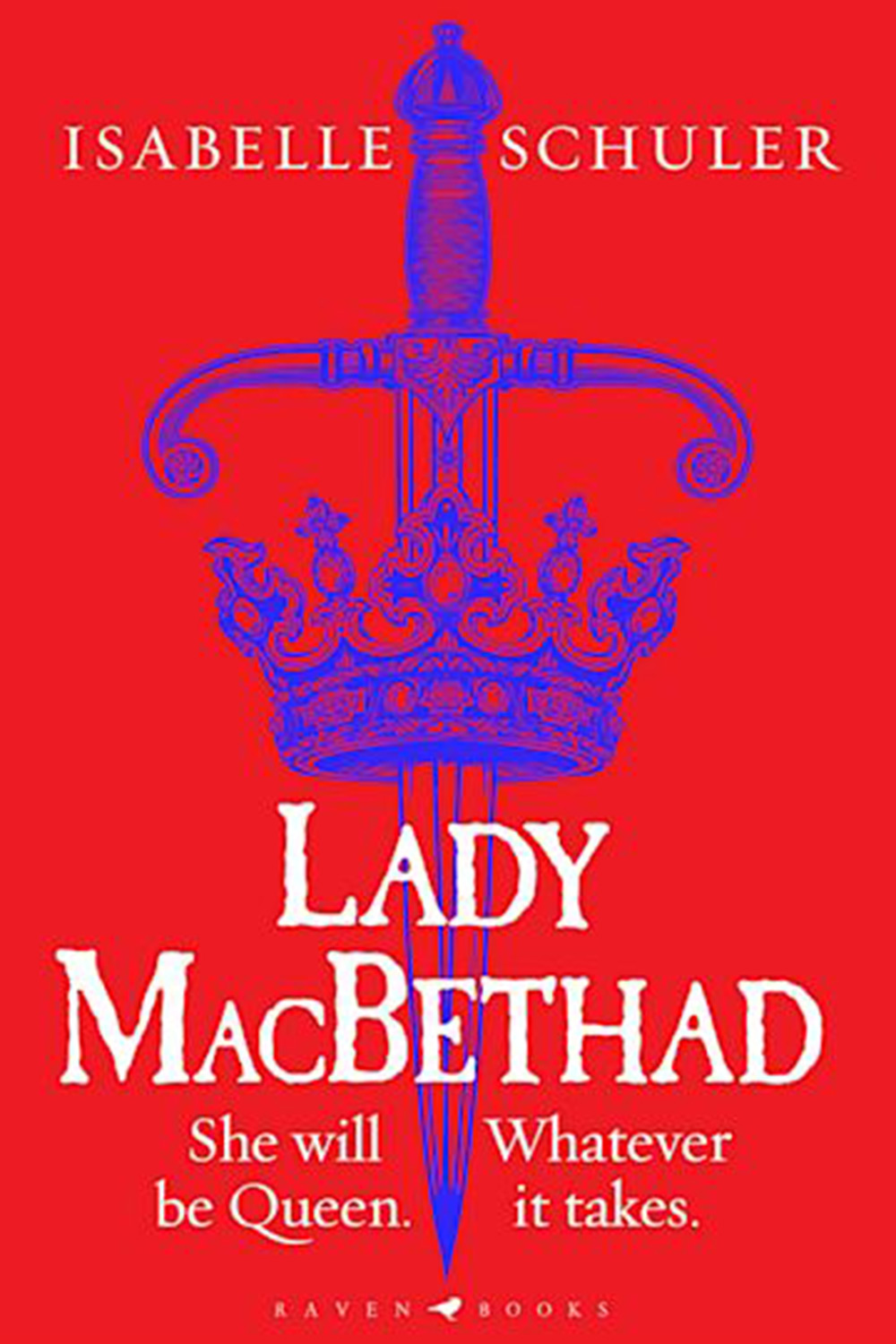
The fashion for reimagining the lives and stories of some of literature’s greatest stories and characters shows no letting up. Here, Schuler turns the spotlight on the most maligned of Shakespearean anti-heroines, Lady Macbeth, starting with Gruoch’s childhood in the Scottish borders and highlands. Born on her mother’s side as one in a long line of seers, in a nice nod to the play’s three witches she is told early that she will be queen. Convinced this can only mean glory, our single-minded protagonist sets out to make it so – with all the tragedy that eventually entails.
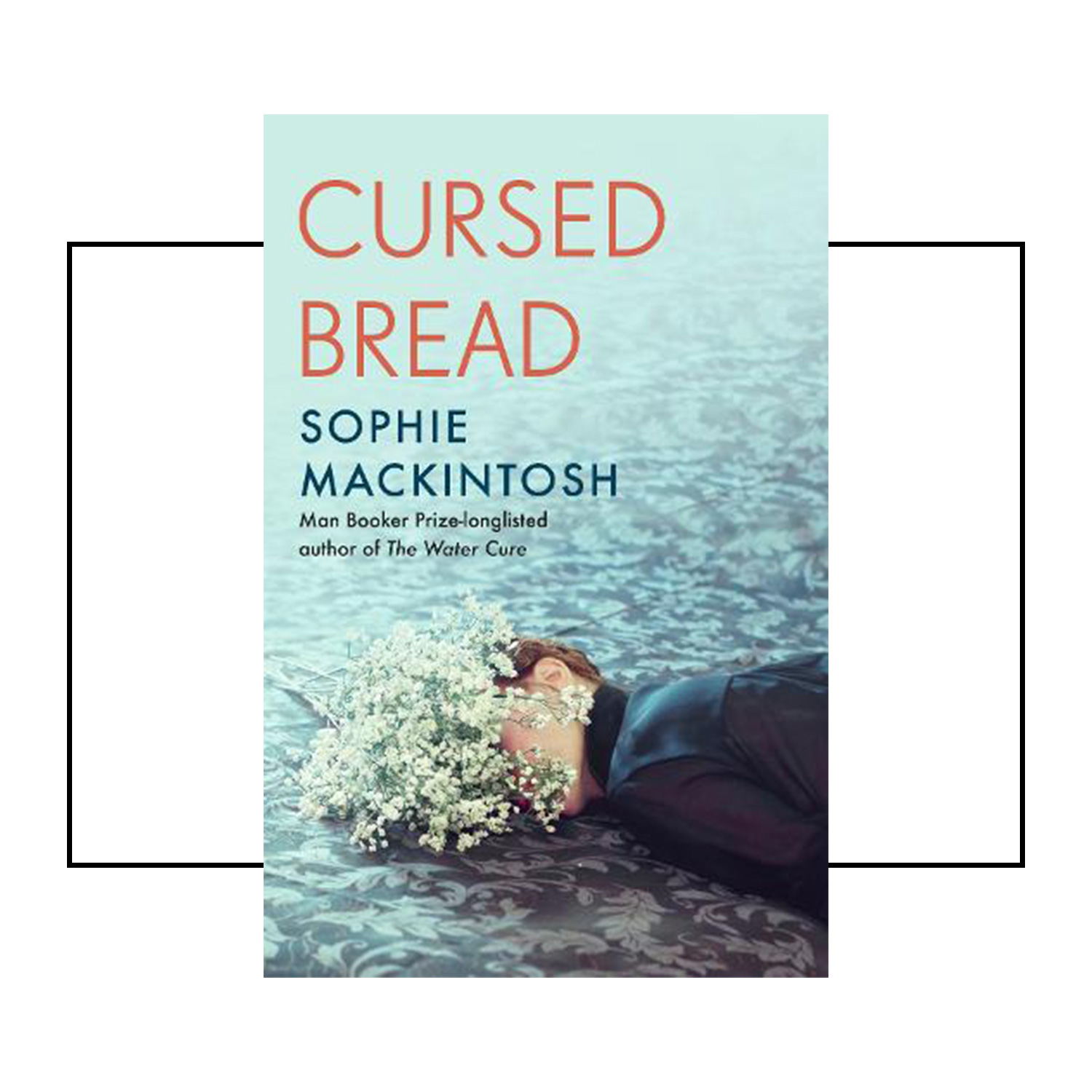
The seed for Mackintosh’s third novel is drawn from a relatively little-known mass poisoning of a village in France shortly after WWII, the cause of which – while linked to the flour in locally-baked bread – remains unclear. Macintosh uses this ambiguity to turn what might, in other hands, have been a relatively straightforward take on that incident into something far darker and far more peculiar.
A richly atmospheric tale of greed, desire and vainglorious ambition, the plot centres around Elodie, wife of the village baker, who projects the wants and desires from her own unfulfilling marriage onto the arrival of two glamorous newcomers to the village: Violet and her husband, known only as ‘the ambassador’. Shimmering with an almost hallucinatory quality throughout, closing its pages at The End feels like waking up from a fever dream. Fascinating.
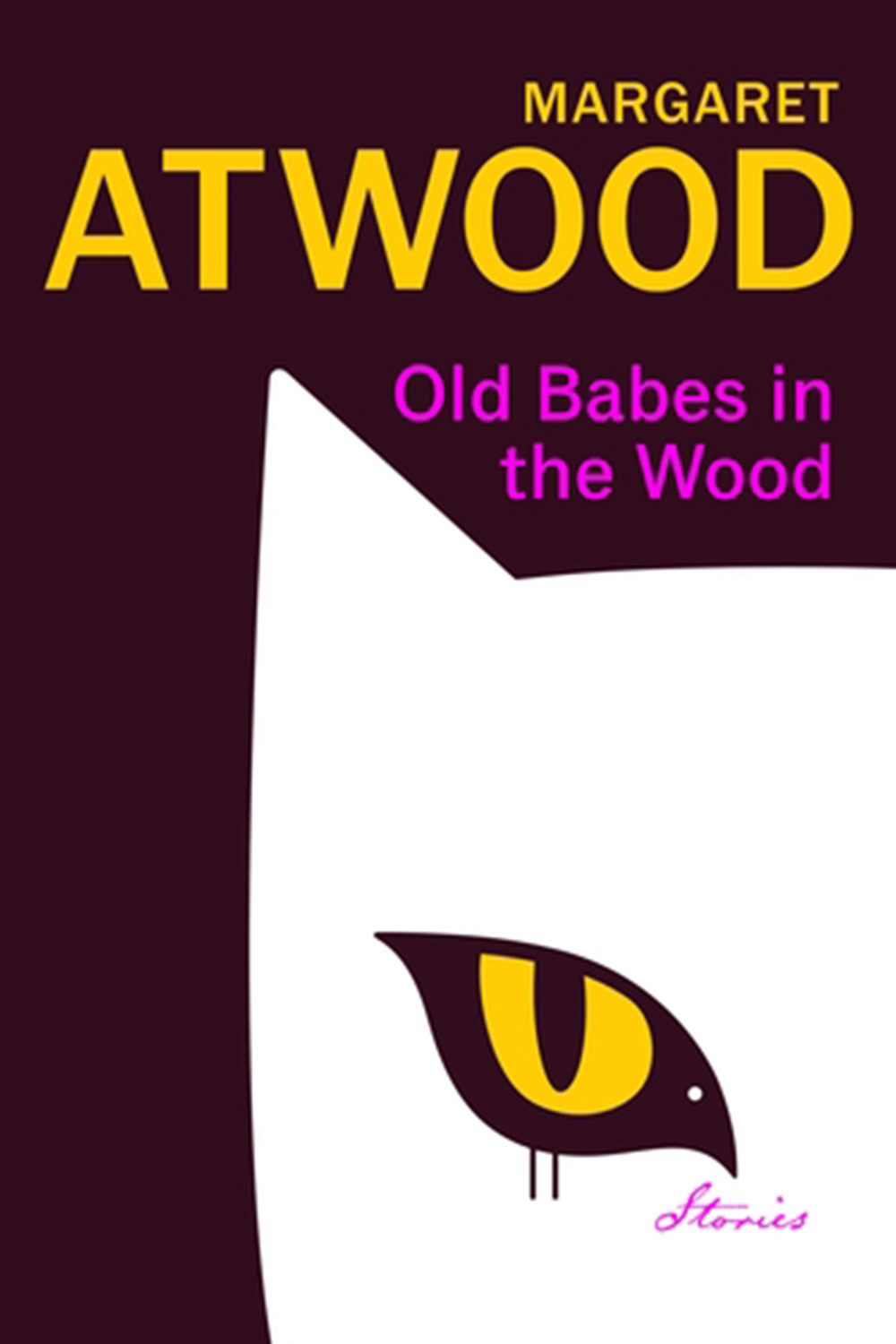
The two-times Booker prize-winning author brings her narrative prowess to a new collection of short stories. While there is plenty here to dazzle and delight – an alien telling a fairy tale to quarantined humans, anyone? – it is Atwood’s steady, even-handed view through the long lens of love and friendship, most notably that of married couple Nell and Tig, whose stories bookend the collection, that gives it its heart and soul.
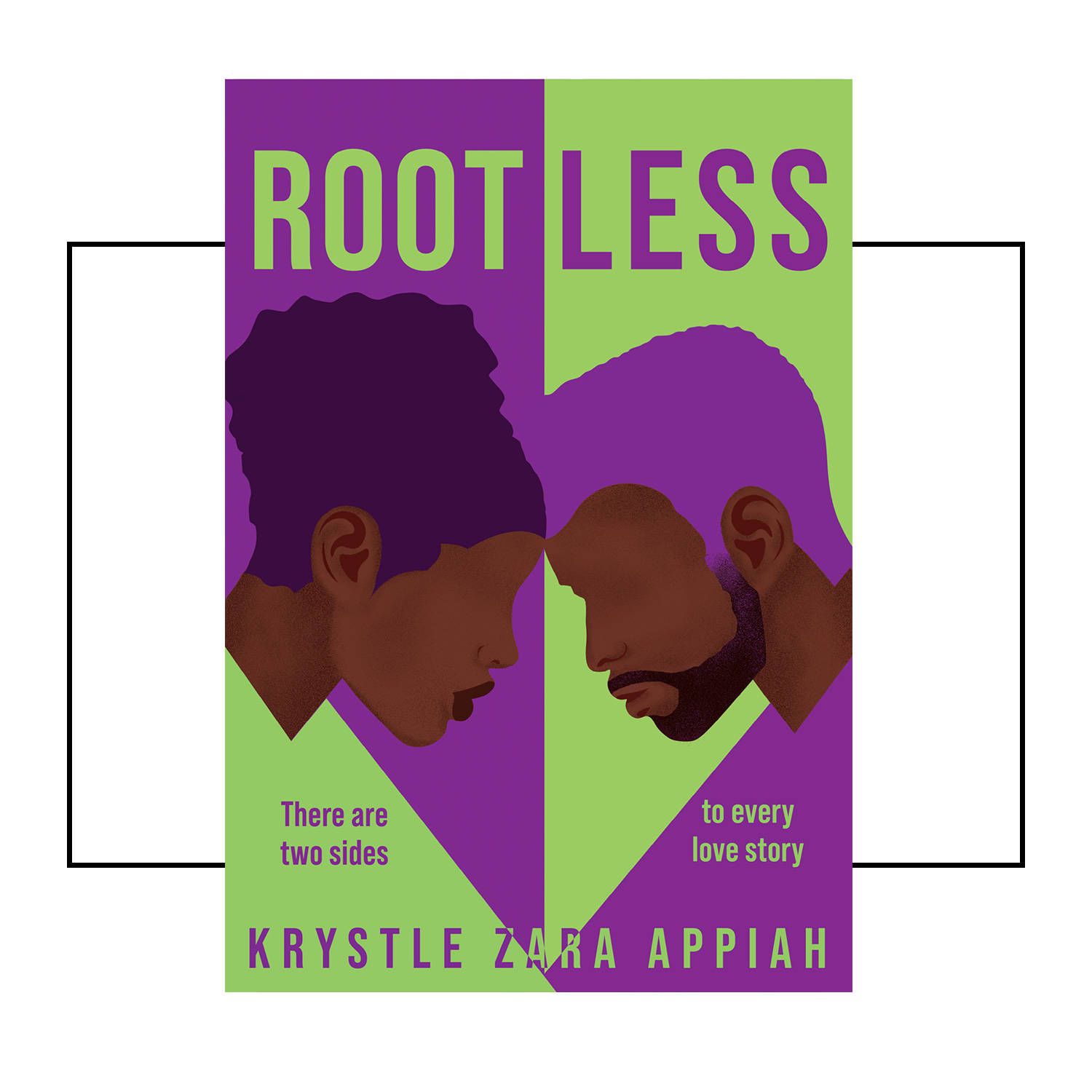
Nineteen years after first meeting as teenagers, Sam races home to find his wife, Efe, gone. Set between London and Ghana, this skilfully told debut traces the path through the years from there to here, One Day-style, shining a light on their relationship to build out a complex history of what has brought the once best friends-turned-lovers into warring spouses, and the impact of the wider dynamic of family relationships and expectations on their own.
‘They don’t know how easily an unplanned life can surface and settle, like waking up in a snow-covered world where everything recognisable is buried,’ Appiah writes. She, on the other hand, has no such difficulty, revealing the wants, fears and desires that lie beneath each of her characters with clear, emotionally intelligent detail and deeply humane warmth.
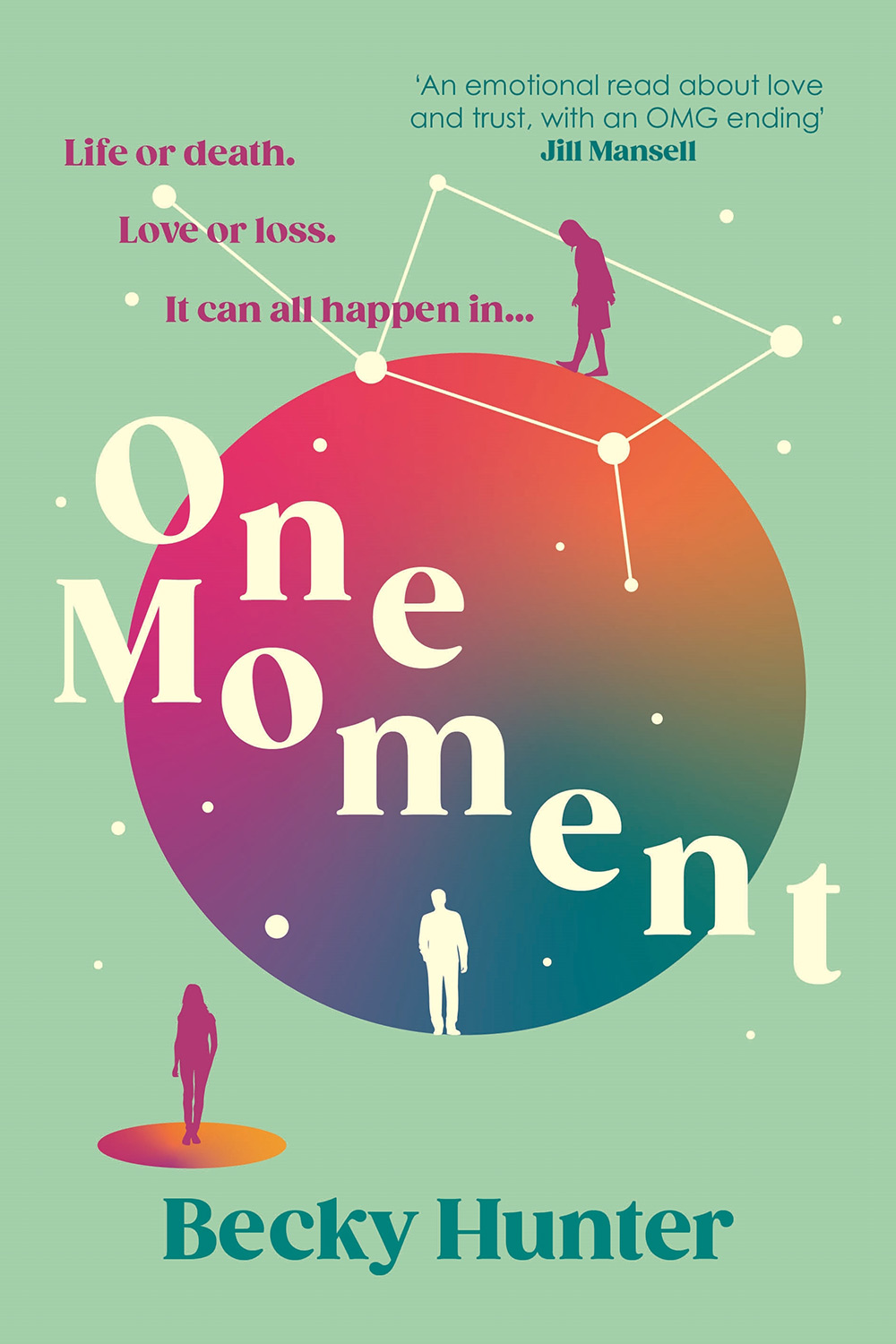
Turning the ‘women’s romantic fiction’ genre on its head, Hunter’s heartfelt debut centres around best friends Scarlett and Evie. Their story opens as would-be fashion designer Scarlett makes a split-second decision that cuts her life fatally short. But she has not entirely left this world, watching on as best friend Evie struggles to come to terms with her loss – and deal with her conflicting feelings over Nate, the man who accidentally contributed to Scarlett’s death. Yes, there is a strong romantic element in the will-they-won’t-they push and pull of Nate and Evie’s burgeoning connection, but it is the enduring power of platonic love in the form of the two women’s friendship that serves as the true love story here. Wonderful.
The best books to read this February
February may be the ‘official’ month of romance, thanks to St Valentine™, but as this month’s crop of new releases reveals, there’s a lot more to human relationships than those served by cupid’s arrow.
Take our fiction picks: from flights of fancy in ancient India to cultural and socio-economic divides in Nigeria and the US with a sprinkling of generational magic for good measure – at the centre of all of them are questions around friendship, identity, family and loyalty.
And not a red rose or chocolate in sight.
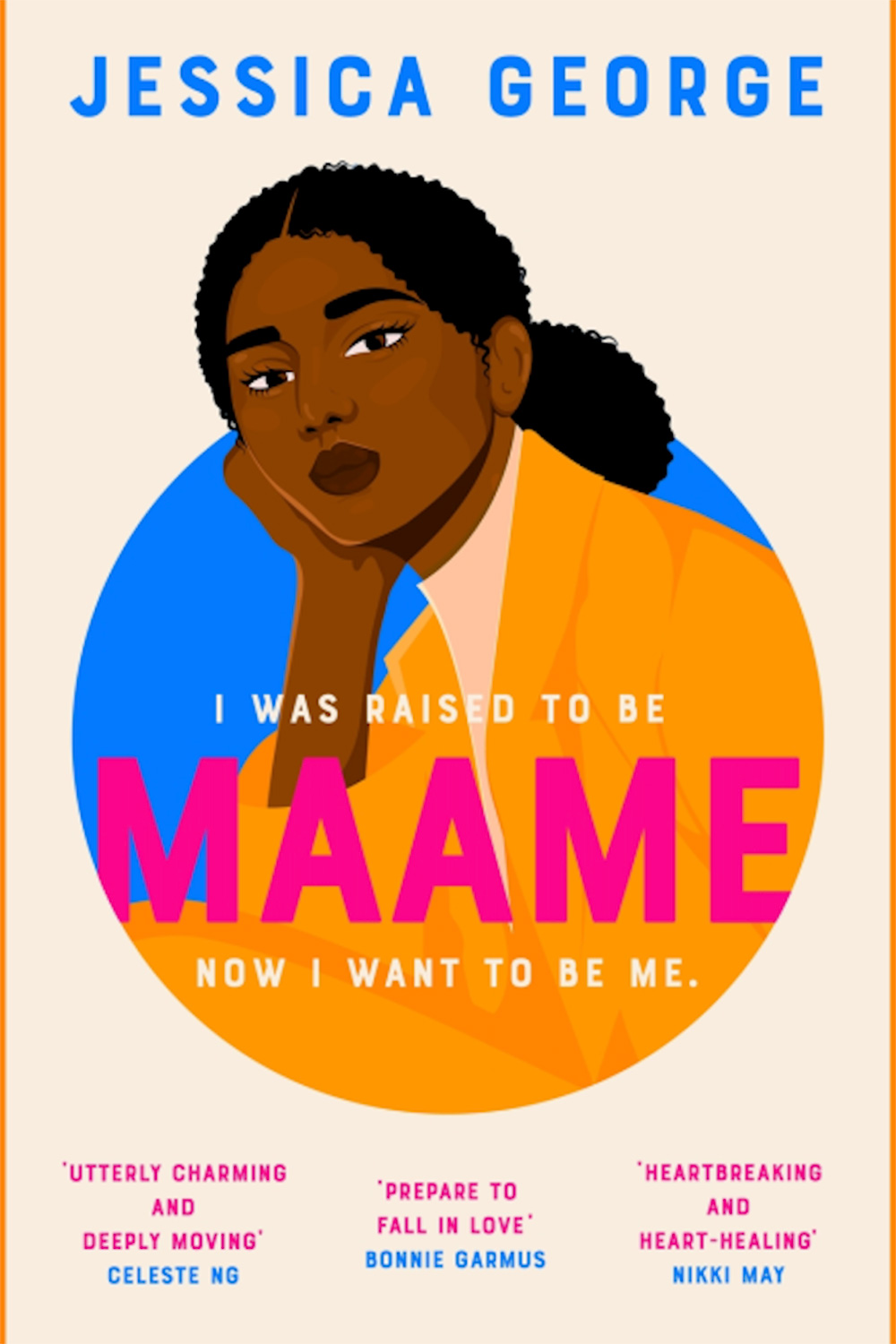
Twenty-five-year-old Maddie – the Maame of the title, which means ‘woman’ in Twi – is living between two worlds. A life spent in service to other people’s needs means she has long been forced to play the ‘grown-up’, left to care for her incapacitated father while her mother spends year-long stretches in Ghana; an experience that has simultaneously left her struggling to speak up for herself, at home, work and even to her friends. A run of rapid life changes sees Maddie in a new job, new flat and (terrible) new relationship.
When all that culminates in the biggest life change of them all, it brings the carefully constructed façade she’s been presenting to the world for so long tumbling down. Warm and heartfelt, this tender coming-of-age novel will have you rooting for her through it all.
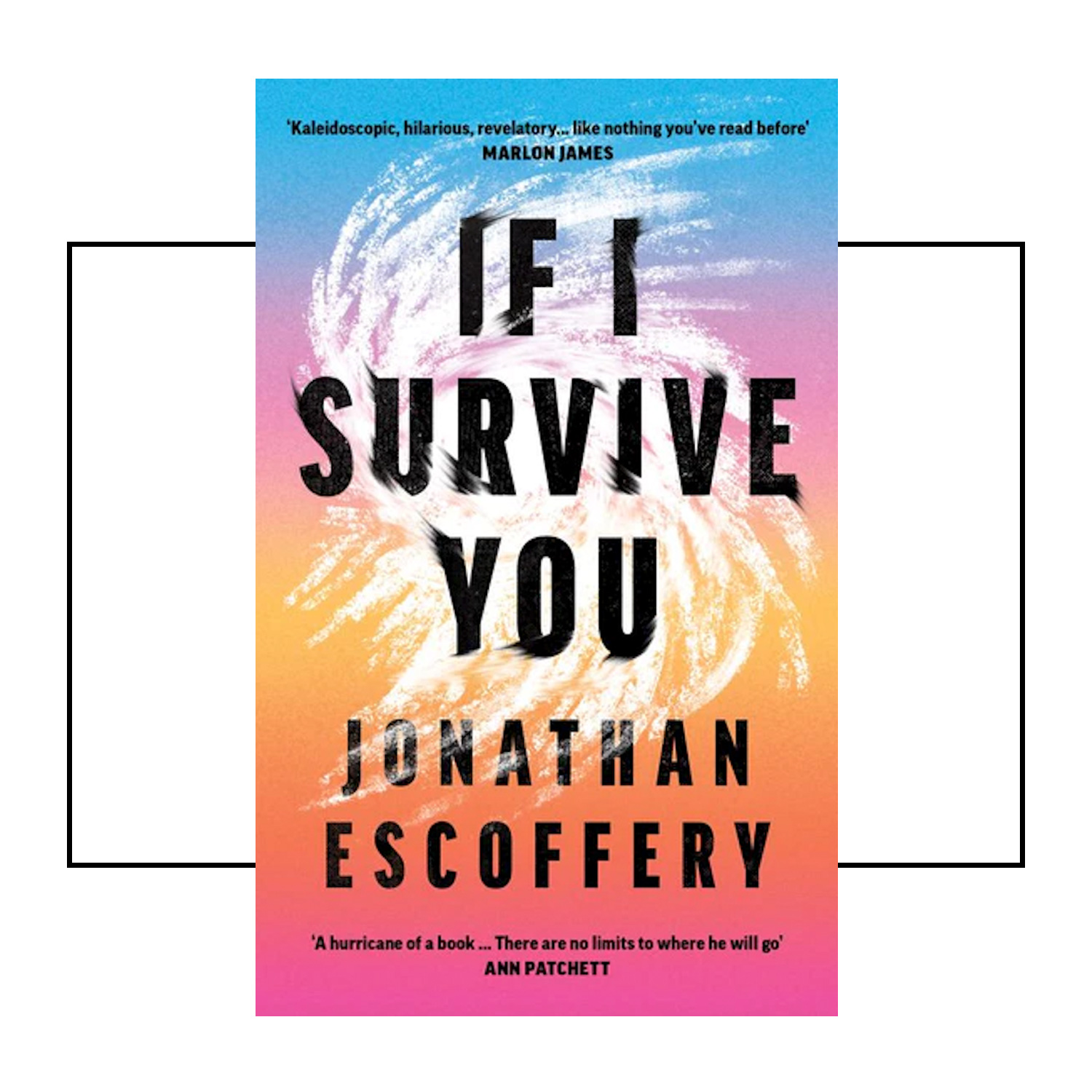
Novels crafted from a series of interlinked stories are a tricky proposition. Get them wrong and it’s a glorified collection of tenuously threaded tales. Get it right, however, and they add up to vastly more than the sum of their parts. Escoffery gets it right, laying out his cultural stall early on as lead narrator Trelawney – the US-born son of Jamaican immigrant parents – squares up against constant queries of ‘What are you?’ from childhood.
It’s a question Trelawney is effectively asking himself, too – one that plays out not only across the cultural dynamics of American class and culture, but within his own family. Hurricane Andrew, which battered Florida in 1992, is the incident that fractures the family early on. Ultimately, however, family is at the eye of this narrative storm – in particular, the fractious relationship Trelawney shares with his father, Topper. If they can survive that, they can survive anything. Question is: can they?
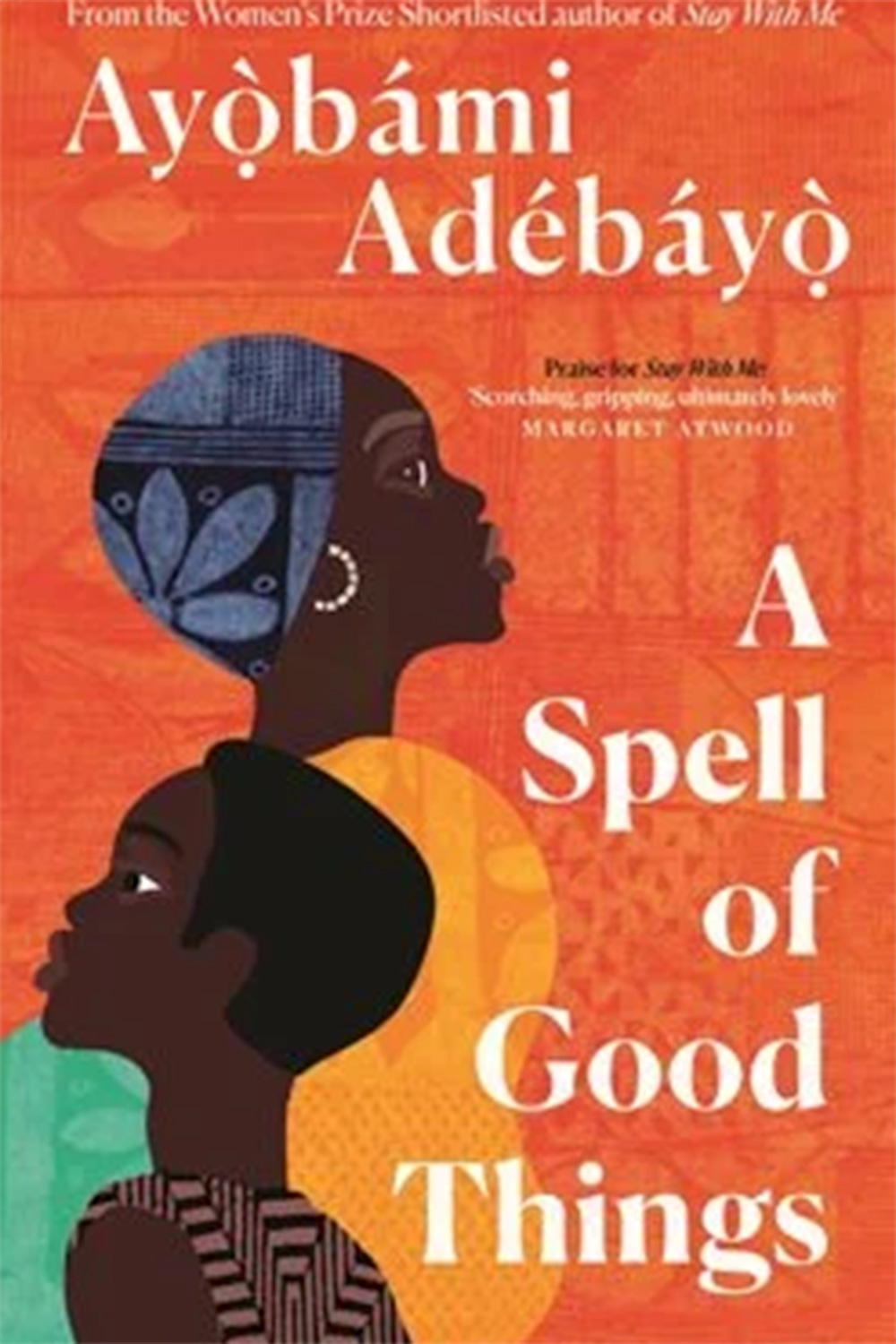
Adébáyọ̀’s widely-praised first novel Stay With Me heralded a writer to watch. In this, her follow-up, she bypasses difficult-second-novel syndrome with a complex, multi-layered look at modern Nigeria, based around the fortunes of a son and daughter from two very different families: Eniola, whose dreams of a good education slowly but surely fall apart after his family is forced into poverty, and Wuraola – a well-do-do junior doctor whose intellectual successes mean little without the social status a ‘good’ marriage will bring. When political corruption forces their paths to cross, their fates become inextricably and fatally enmeshed.
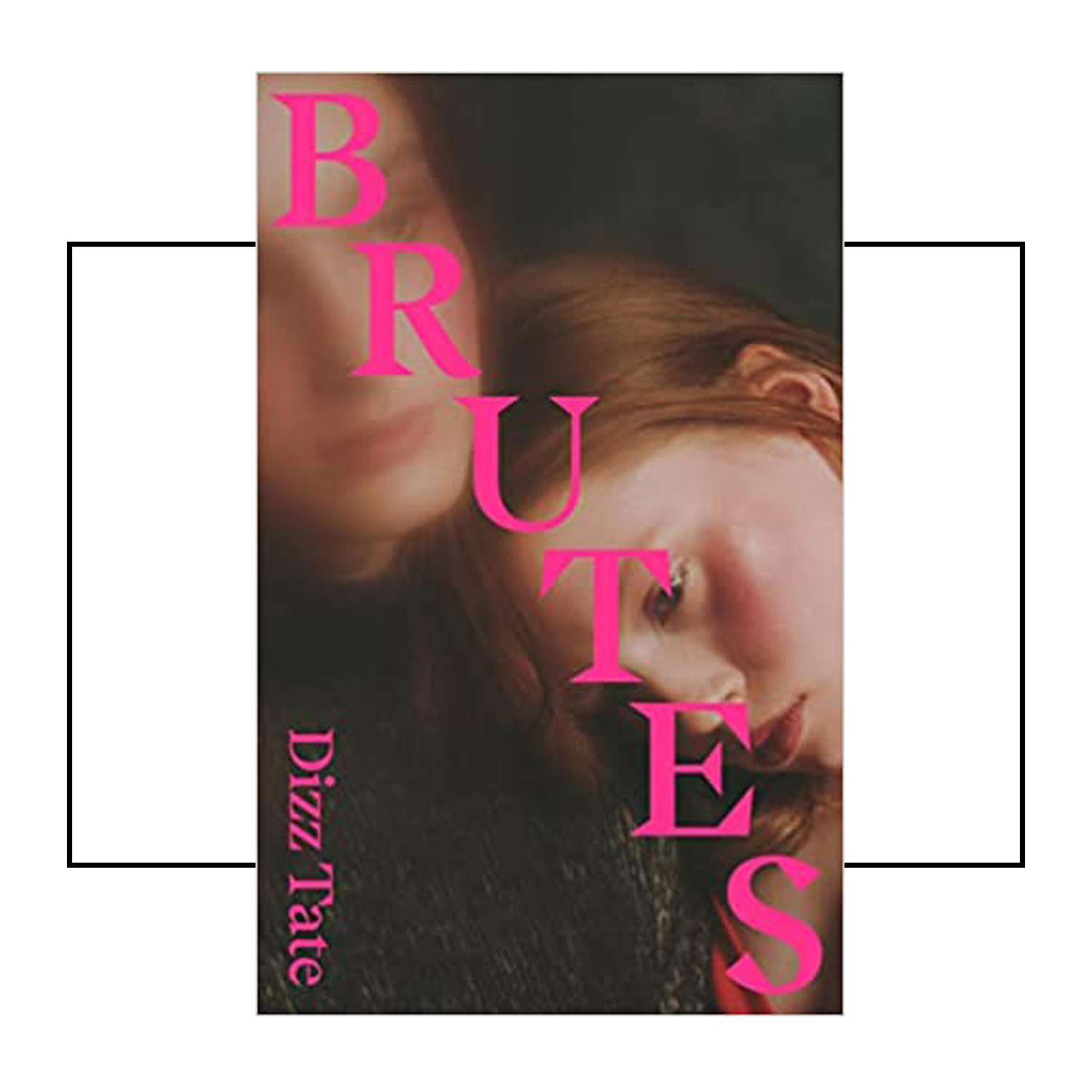
‘We watch, like we have always watched.’ So begins Dizz Tate’s debut novel, which explores a very different side to growing up in Florida. Narrated in large part Virgin Suicides-style as a polyphonic ‘we’, it follows a group of teenage girls – and one boy – in the wake of the disappearance of one of their classmates: preacher’s daughter, Sammy Lui-Lou.
As a coming-of-age tale, Brutes is less about solving the disappearance that propels the opening as exposing the ruthlessly compulsive growing pains of its young protagonists. It explores those short, sharp years of searching expectation when the desire to break from the group is countered only by the iron will remain a part of it with cool prose and a glitteringly dark heart.
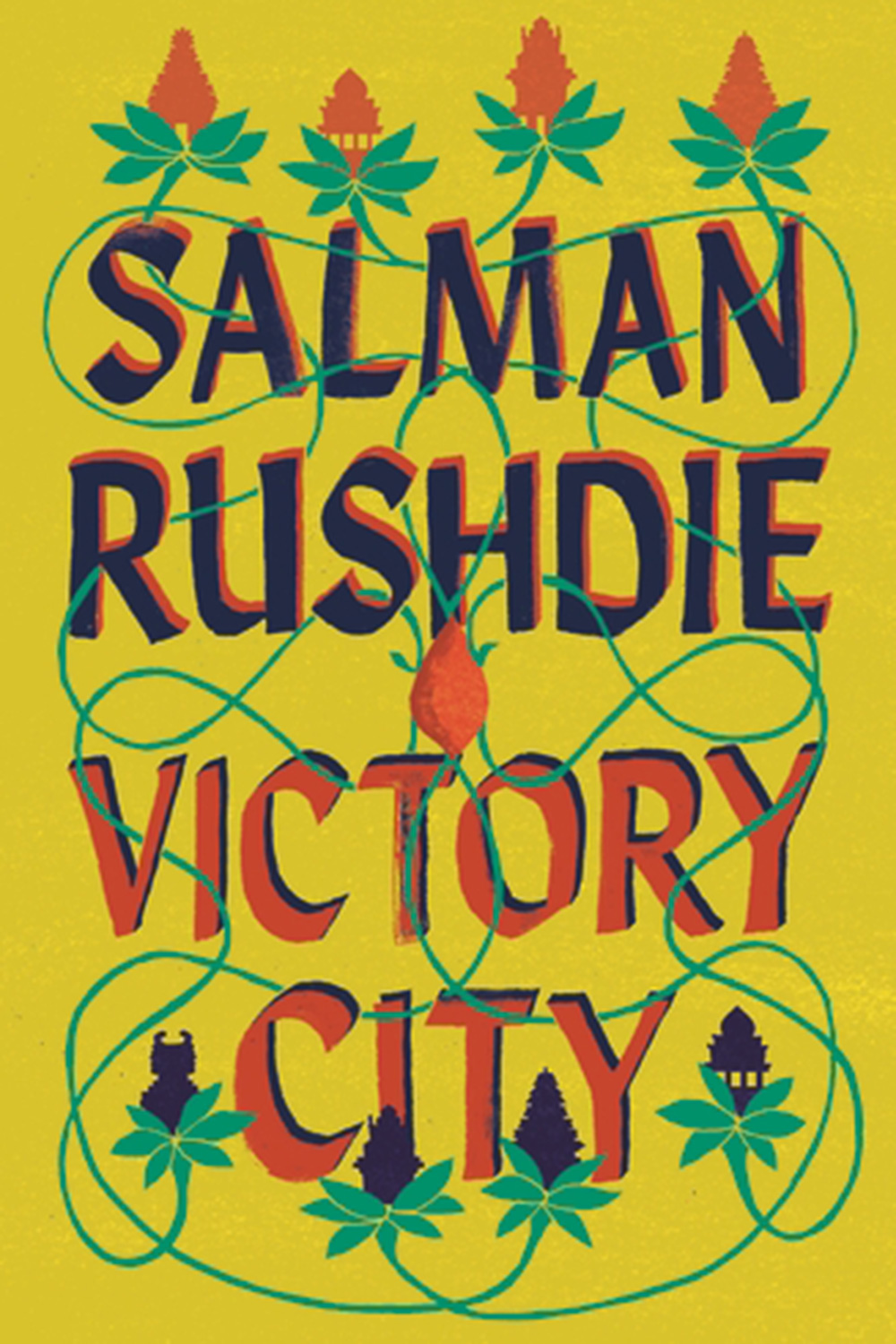
A new release from the heavily garlanded author is always a literary event – in the wake of the brutal attack he suffered on stage in New York last year, it feels mighty. Fans will be delighted by the author’s modern ‘retelling’ of a fictional manuscript that brings an ancient city to life in this sprawling magical realist epic.
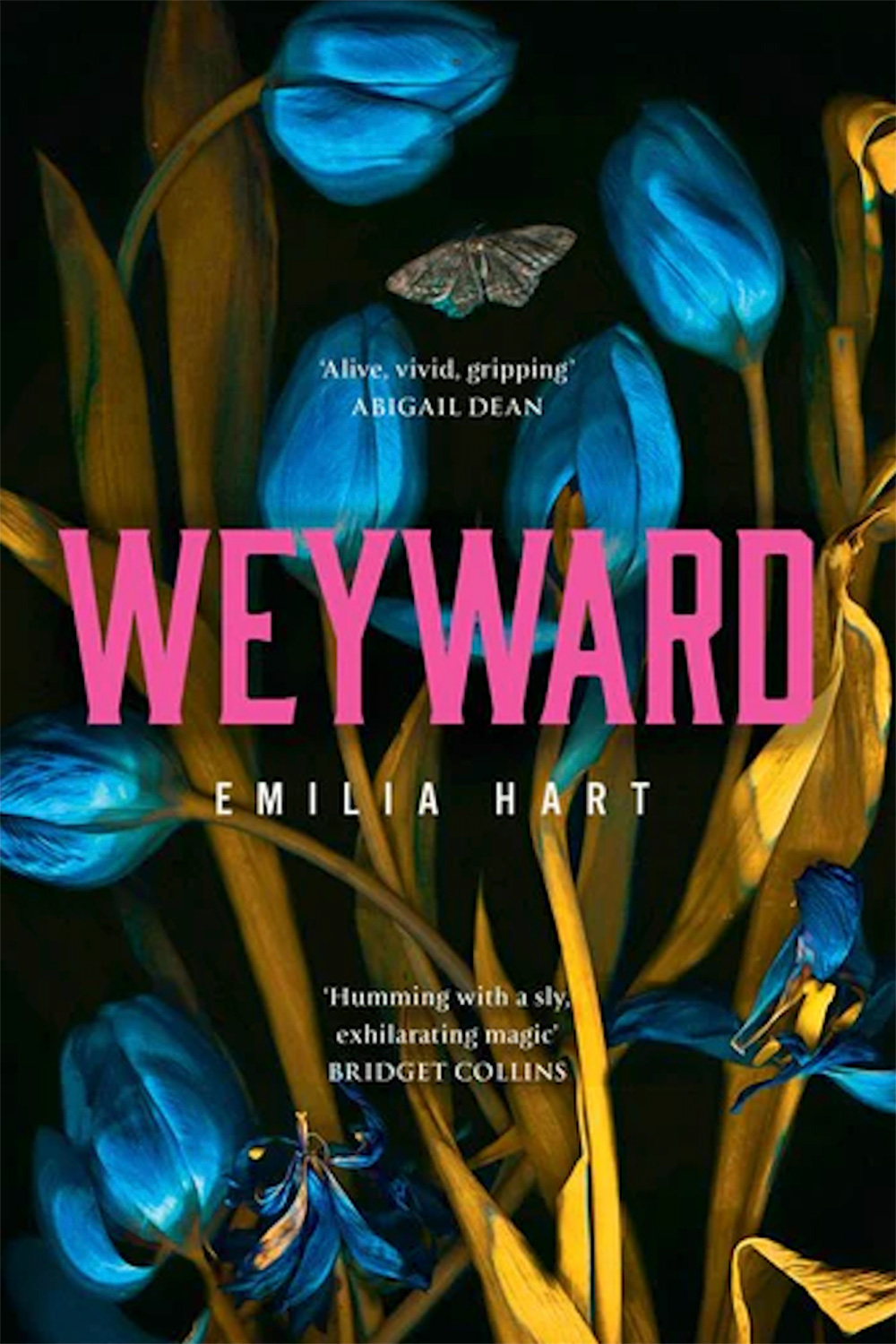
This triple-timeline debut follows three very different generations of women, starting with Kate, who flees her abusive relationship to hide out at her great aunt’s former Cumbrian home. There, her destiny – and the stories of Altha and Violet; the Weyward women who came before her – awaits.
The best books to read this January
In the first of what is our rolling list of monthly recommended titles throughout 2023, we’re leaving the royal free-for-all surrounding the publication of Harry’s memoir, Spare, firmly out of it.
Instead, we suggest you kick off this year’s reading list with some standout debuts – which take us from contemporary Toronto to queer Victorian London via medieval Norwich – alongside new works by up-and-coming and established names.
Interestingly, a full four of the titles listed below are not just ‘drawn from’ or ‘inspired by’ real-life historical or contemporary figures, but set out to deliberately redraw the lines of what ‘fiction’ is. Could we be looking at the literary trend for 2023?
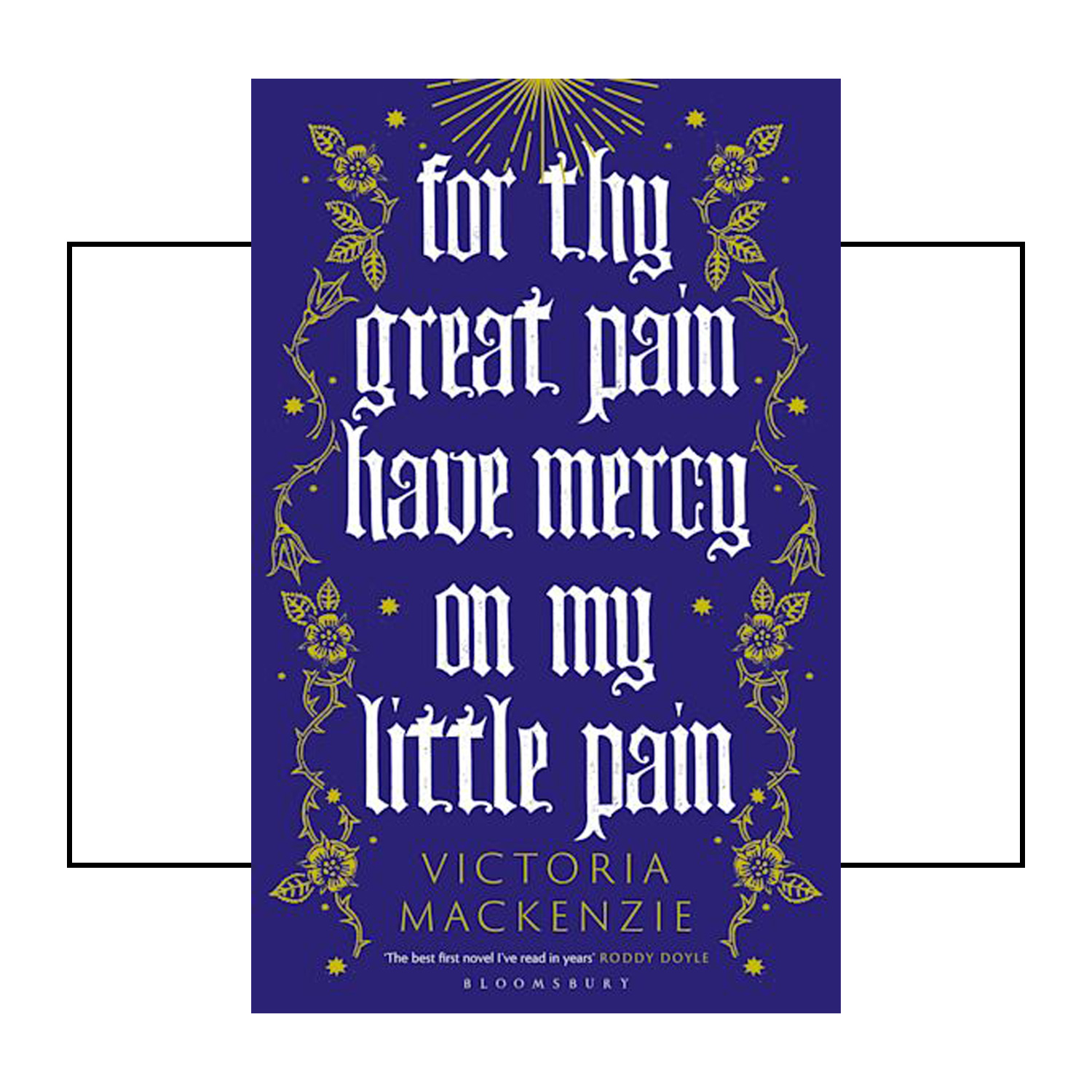
This stunningly original debut tells the stories of two very different real-life medieval women – Julien of Norwich, who spent over two decades living in solitude in service to her faith, and mother-of-14, Margaret Kempe – both of whom saw divine visions they believed to come directly from God. Mackenzie’s source material is the surviving manuscripts from both, which are respectively the first surviving book to have ever been written by a woman in English and the first ever English-language autobiography (by man or woman) full-stop.
Her skill is in creating a story that goes much deeper than its slender spine and spare prose might suggest to not only shine a light on the lives and experiences of two ‘ordinary’ women, but to draw clear contemporary echoes and parallels – around mental health, grief, motherhood and more – that resonate long after reading.
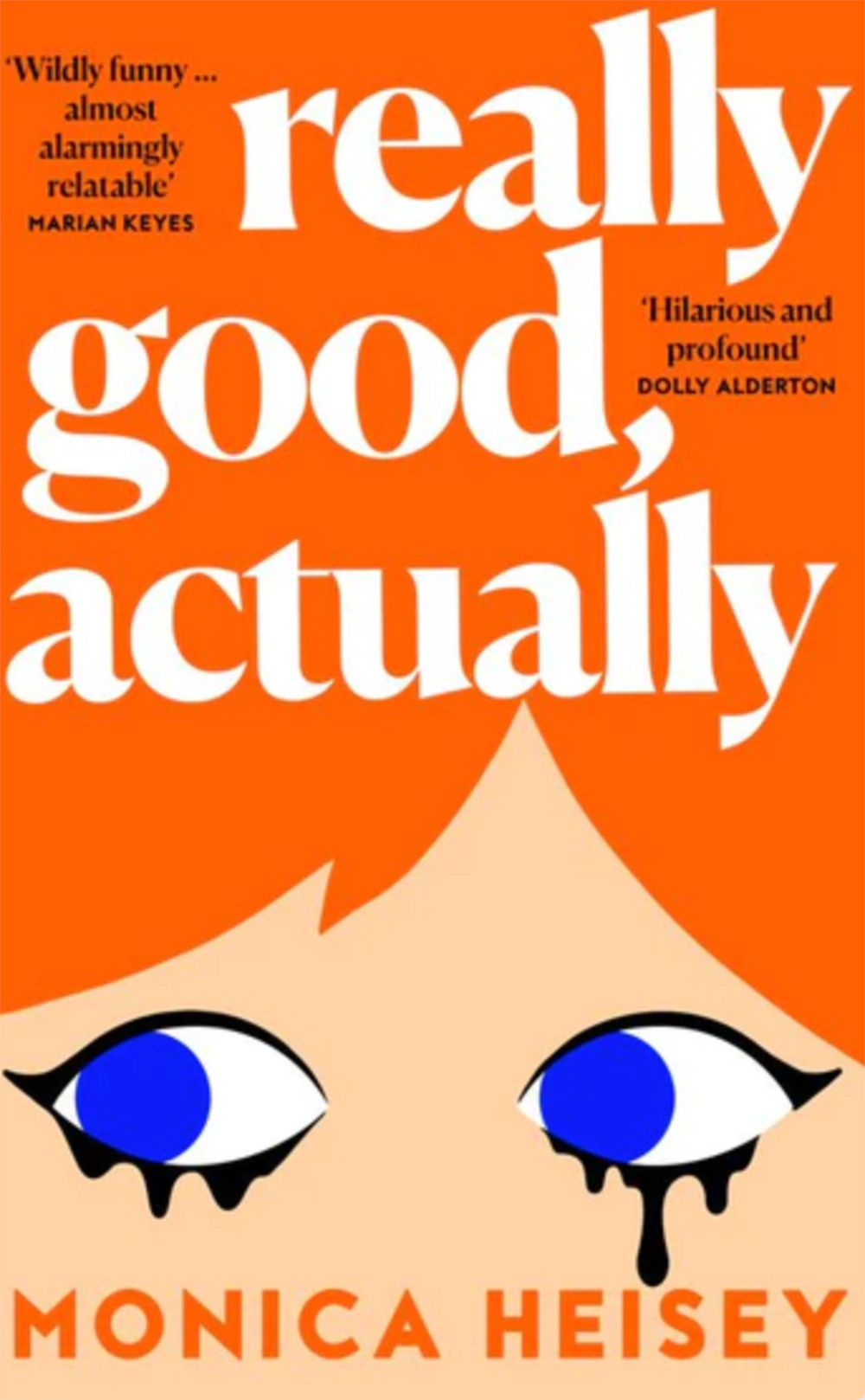
The Schitt’s Creek screenwriter’s fiction debut follows the fallout from the breakdown of 28-year-old Maggie’s marriage to her college sweetheart. You’ll laugh, you’ll cry – you’ll probably join Maggie’s friends in wanting to give her a good shake – but Heisey’s warm, witty voice (not to mention clear affection for her hometown, Toronto) will have you rooting for her to the very last page.
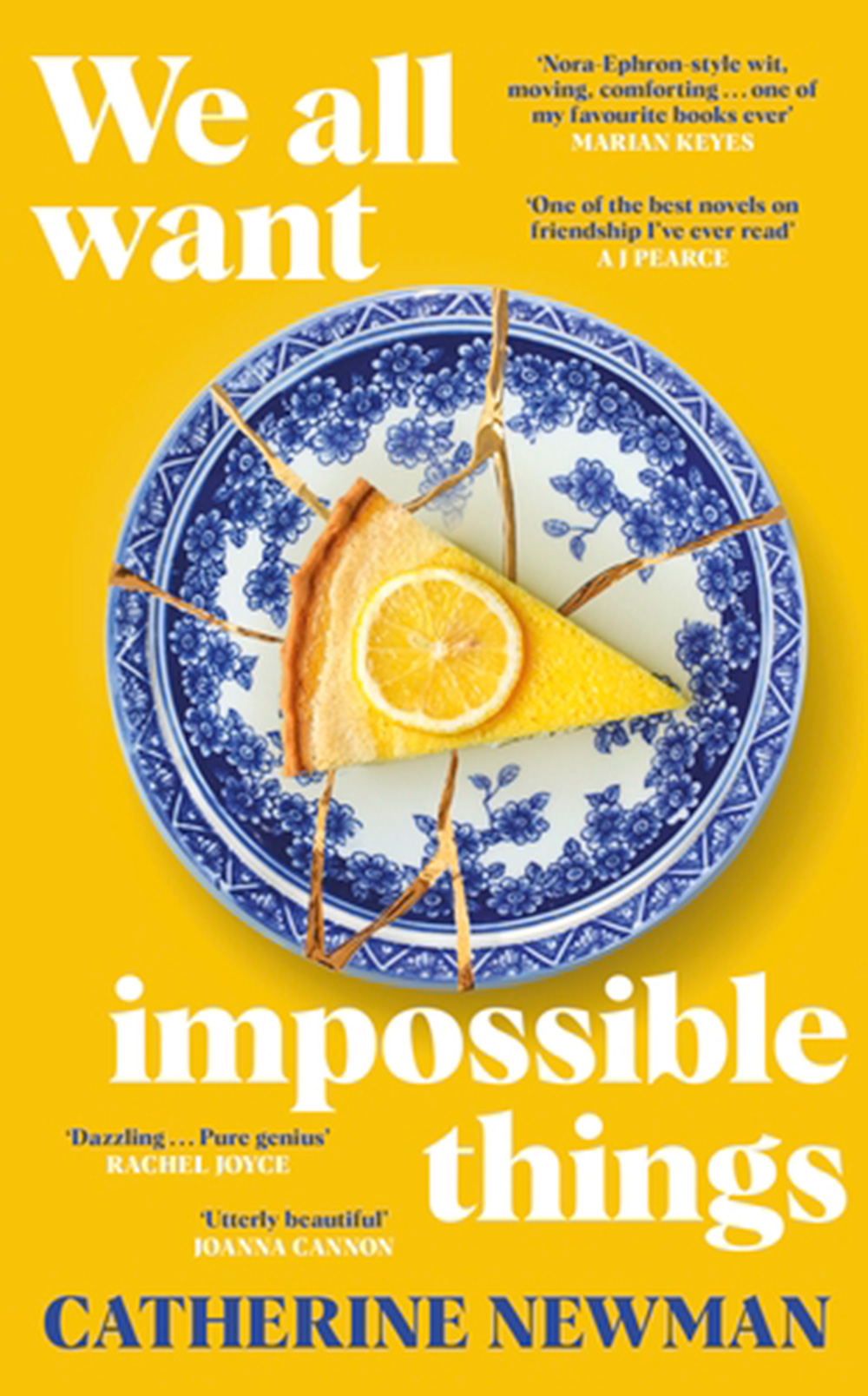
Best friends Ash and Edi are forced to face the worst possible future when Edi is diagnosed with terminal cancer. Not the cheeriest of set-ups, you might think; in Newman’s hands, however, this tale of love and friendship is tender, funny, life-affirming joy.
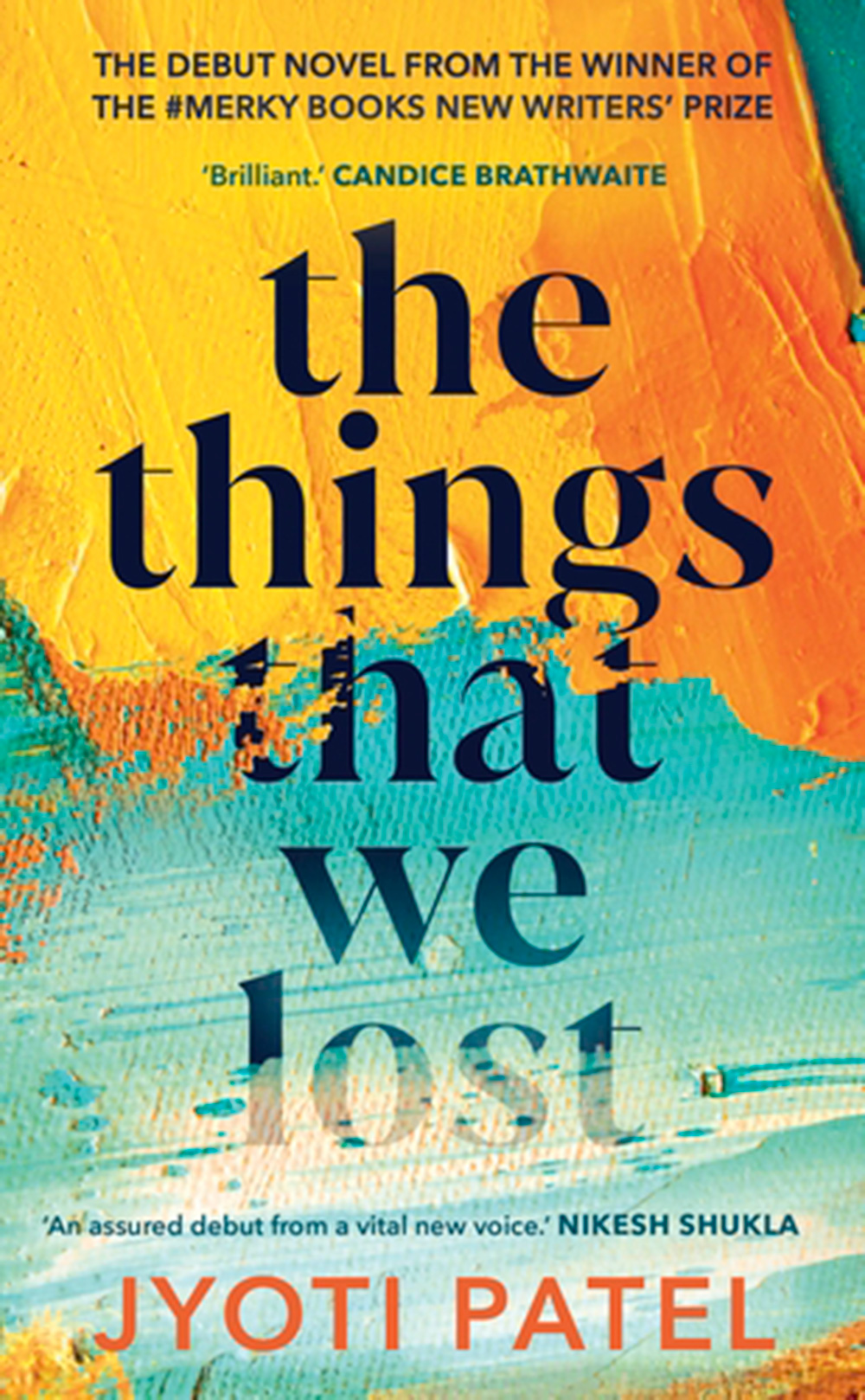
In 2021, Patel scooped Stormzy-founded imprint Merky Books’ New Writer’s Prize with the opening pages of what has become, two years later, her debut novel. A multigenerational exploration of family secrets, cultural identity and grief in modern Britain and beyond.
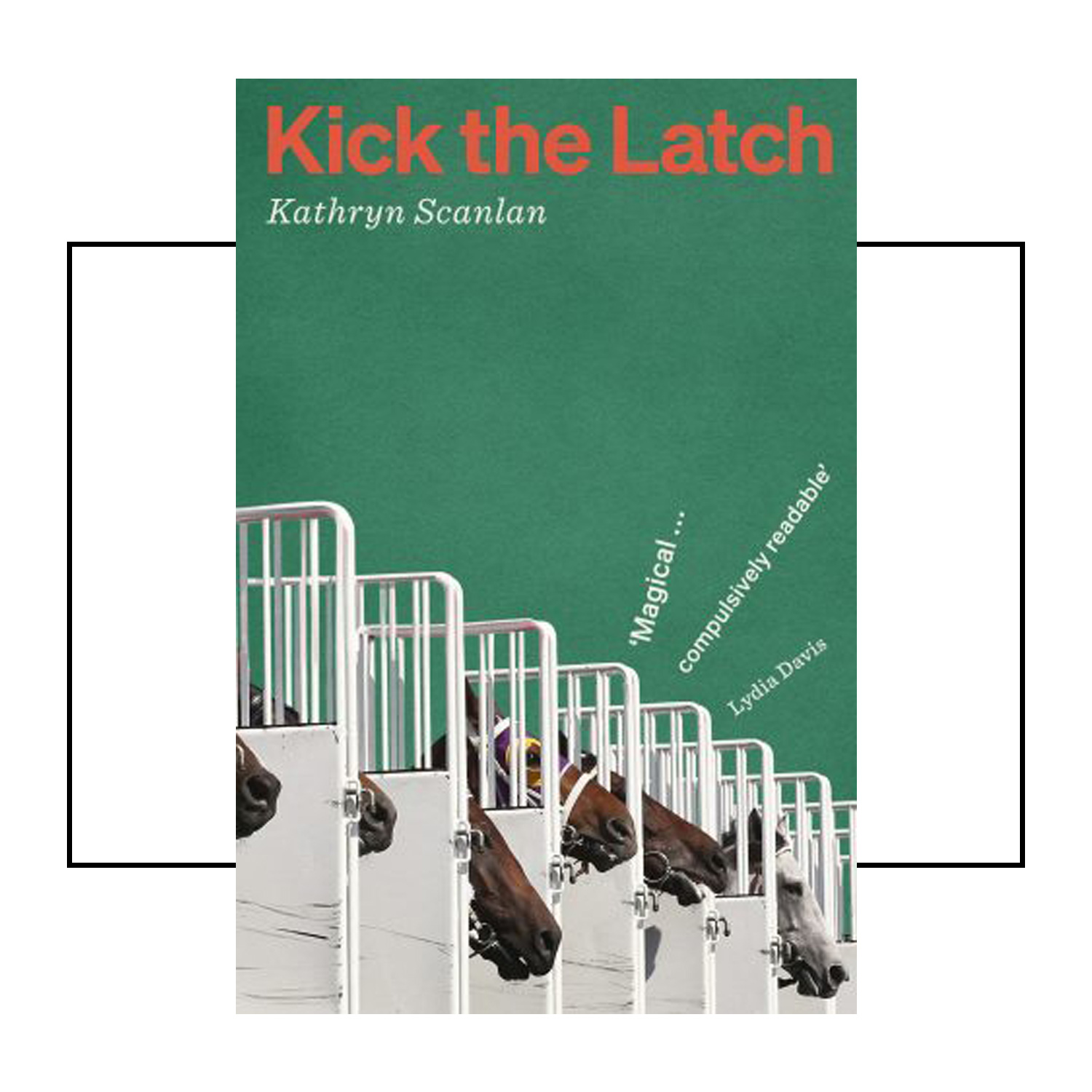
Kick the Latch is a work of fiction (or ‘fact-tion’?) crafted from real-life interviews with a Midwestern horse trainer called Sonia, to whom the novel is dedicated. Scanlan is a master of minimalism, able to conjure up an entire personality, situation or community in just a line or two. Which is not to say that she skimps on the details: over a series of tight, spare vignettes that rarely run to little more than a page in length, Scanlan reveals the full arc of Sonia-not-Sonia’s life, from birth – when it was announced she would never be able to walk (‘My mom said, Oh no. There’s got to be something’) – through the near-death accident that ended her career as a jockey and far beyond.
There is heartache, hardship and some truly shocking violence (none of which is told with either salaciousness or self-pity), with heart and humour by the bucketload.
A very special read.
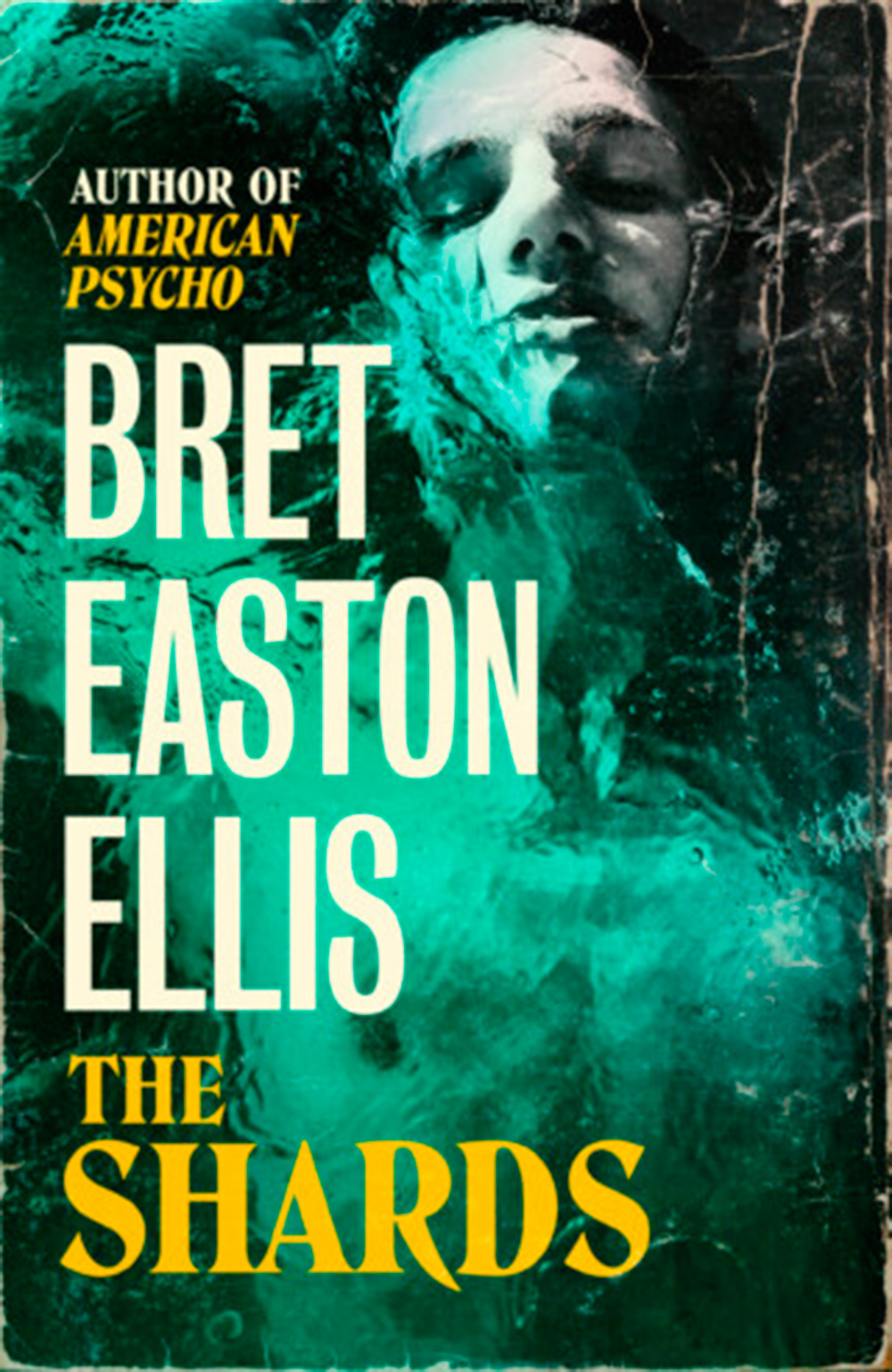
The American Psycho author is back and this time he’s in high school. This semi-autographical blend of fact and fiction draws heavily on Ellis’s own experiences of the same as a teenager in 1980s LA (grisly serial killings excepting, of course). Most definitely NSFW.
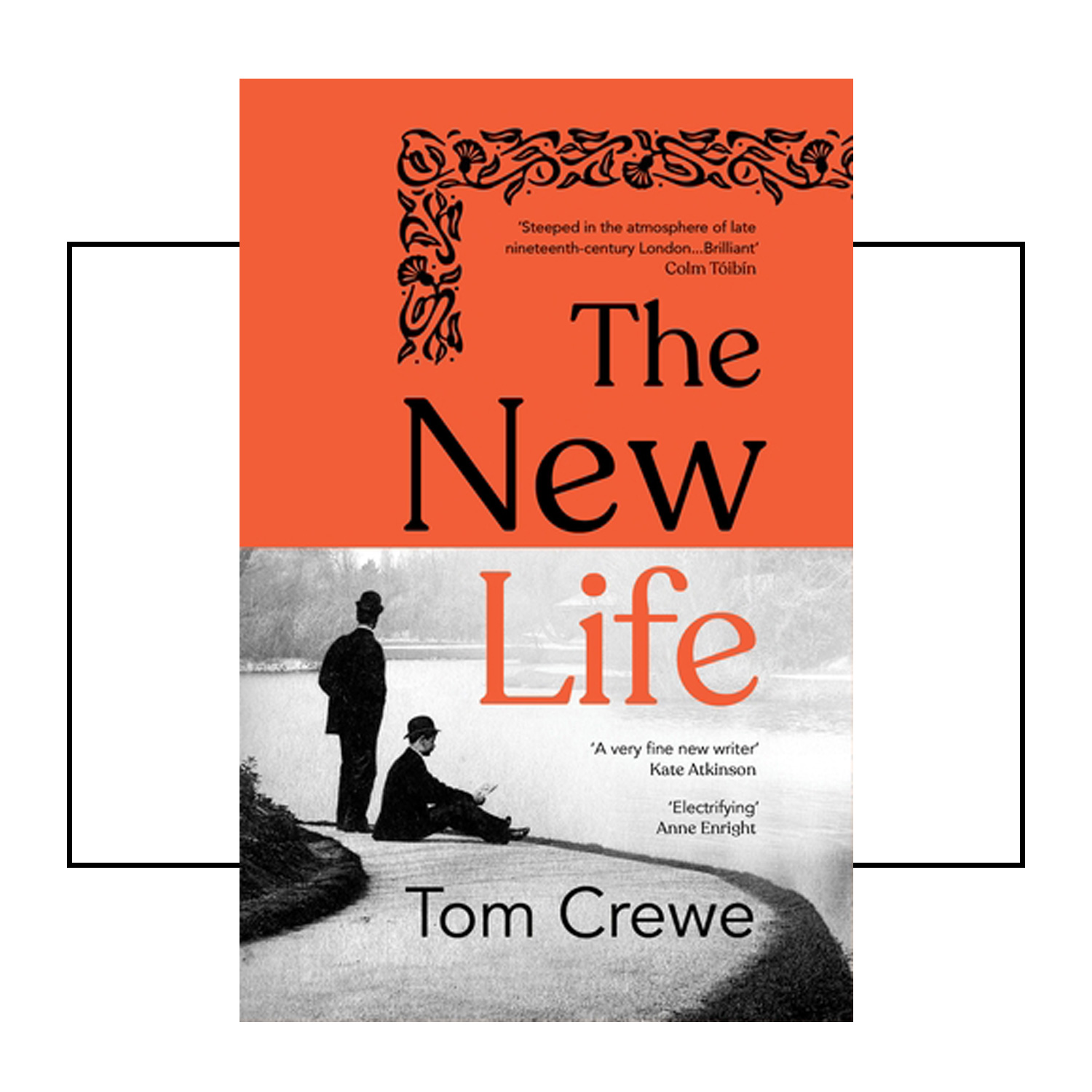
More blurring of life and art as first-time novelist Tom Crewe reimagines the lives and loves of two Victorian men – John Addington Symonds and Henry Havelock Ellis – in this finely drawn and deeply passionate debut. The pair worked together on a study called Sexual Inversion that served as an early call to arms for gay rights in 1890s London at a time when there was no such thing; indeed, Oscar Wilde’s imprisonment for gross indecency serves as a backdrop here.
Crewe spins his narrative from known historical facts of each man’s life (and that of those close to them, including their wives) to create a multifaceted exploration of the tensions between the public and private selves of each man and his desires.

Catherine is a freelance writer, editor and copywriter. As a freelance journalist, she wrote for titles including The Times, The Guardian and The Observer before spending eight years as commercial editor for Elle, Harper’s Bazaar, Esquire and Elle Decoration.
Books, art and culture of all stripes are a particular passion. Since returning to freelance in 2019, she has turned her skills to branding and full-service content creation for a broad range of luxury, arts and lifestyle brands, alongside more creative projects, such as book- and script-editing.
